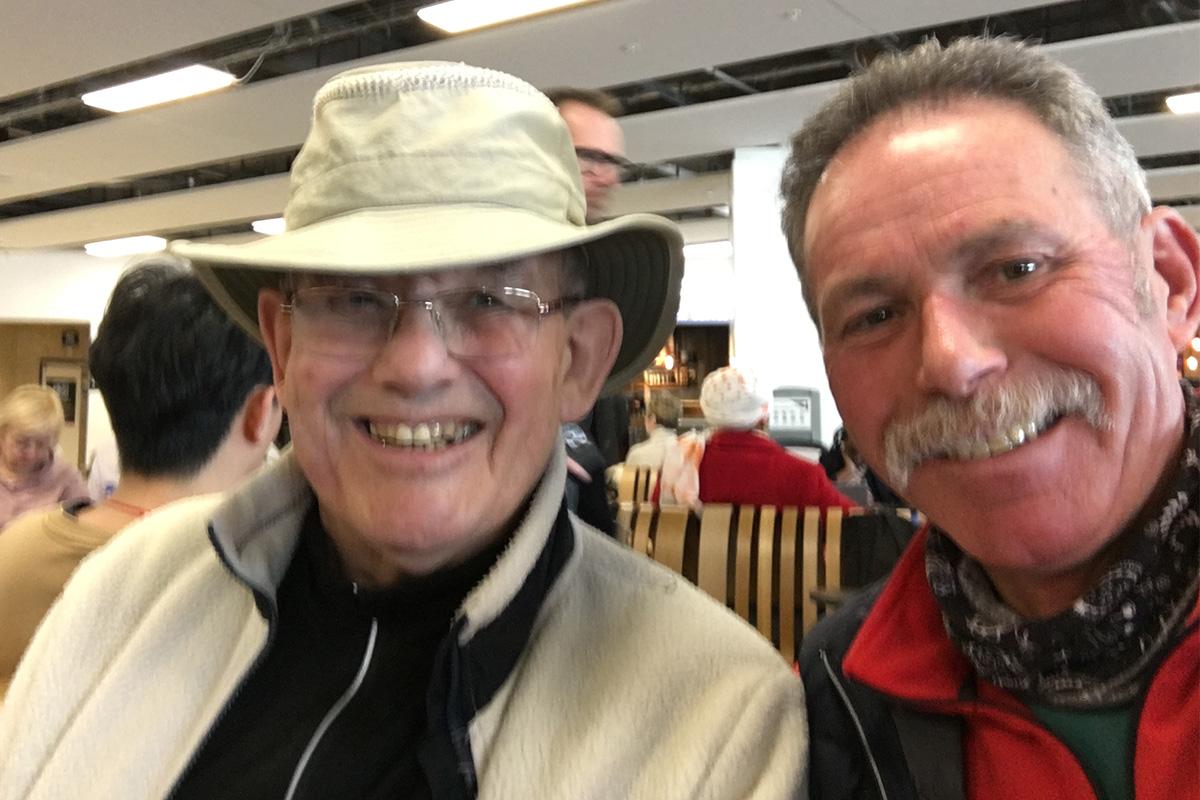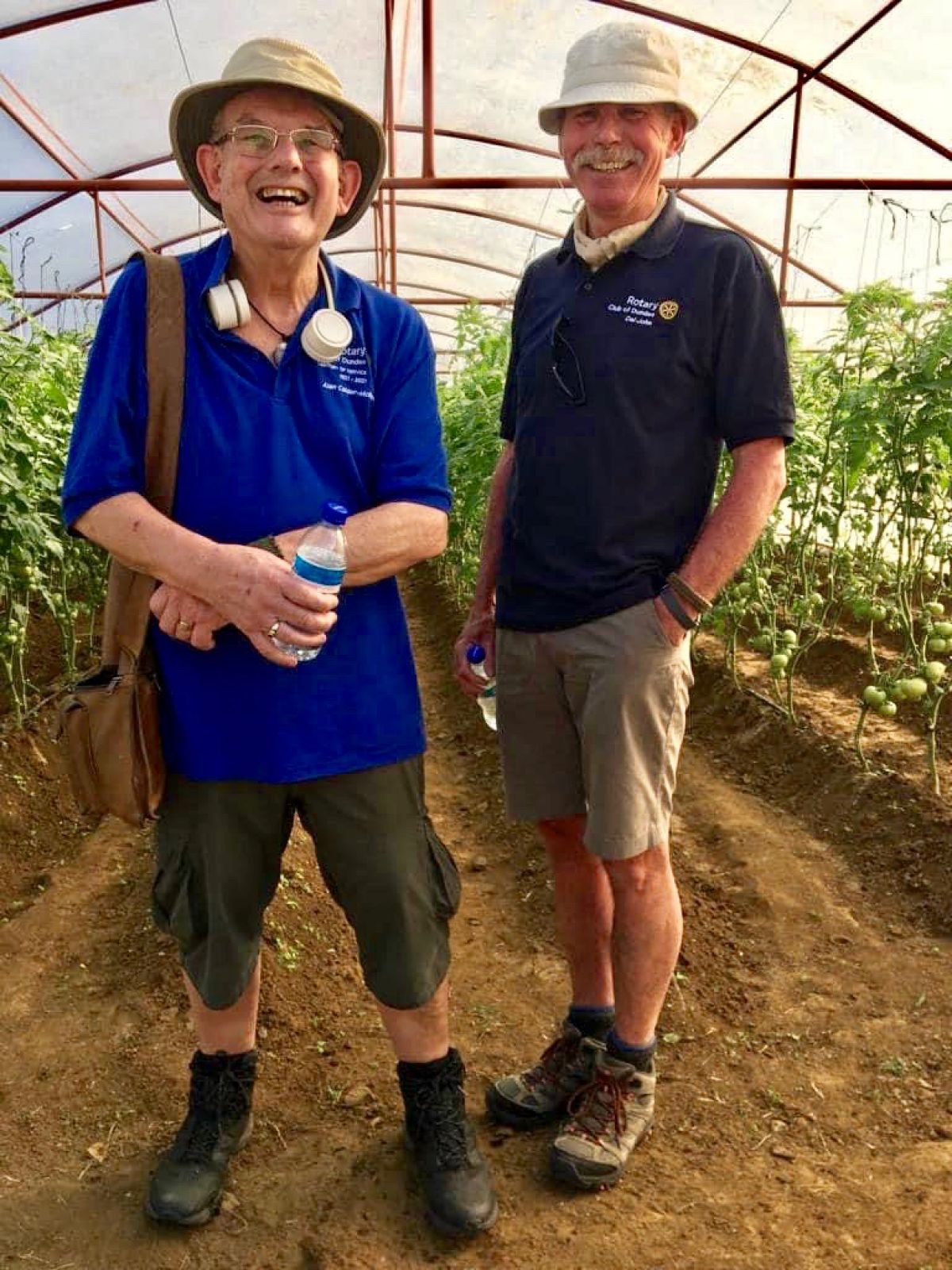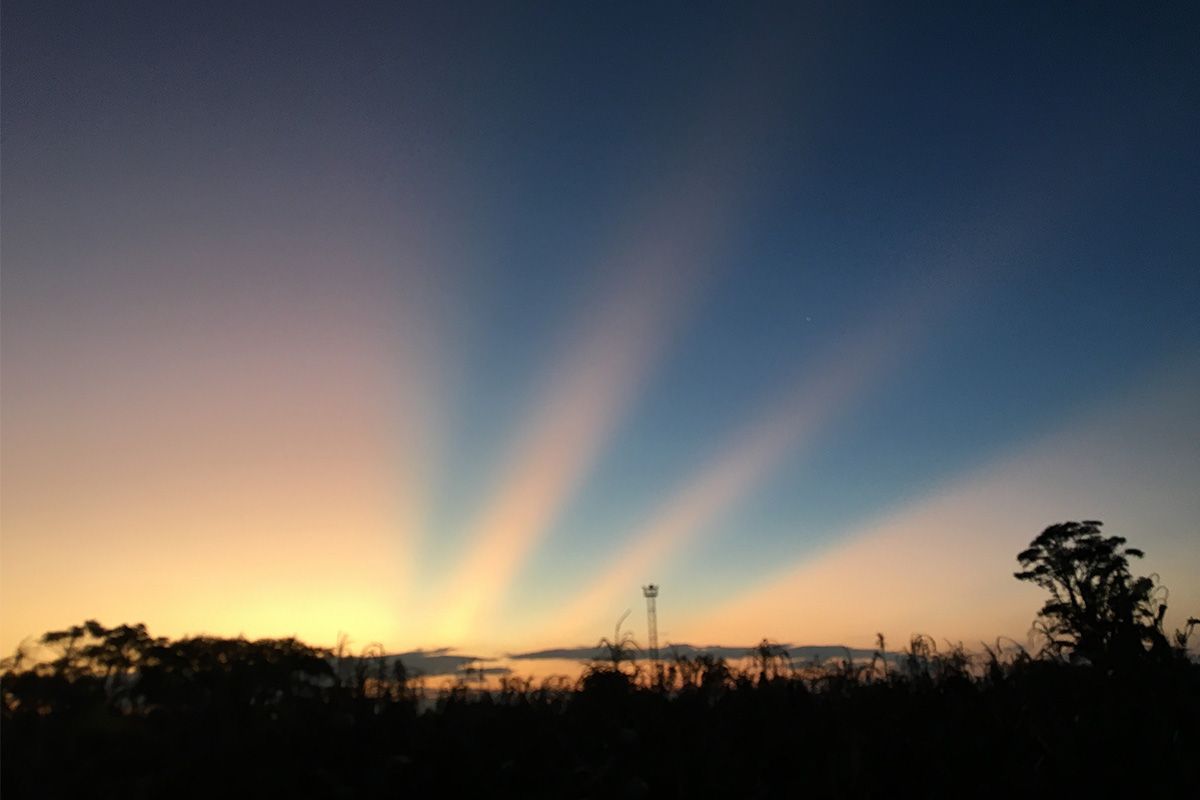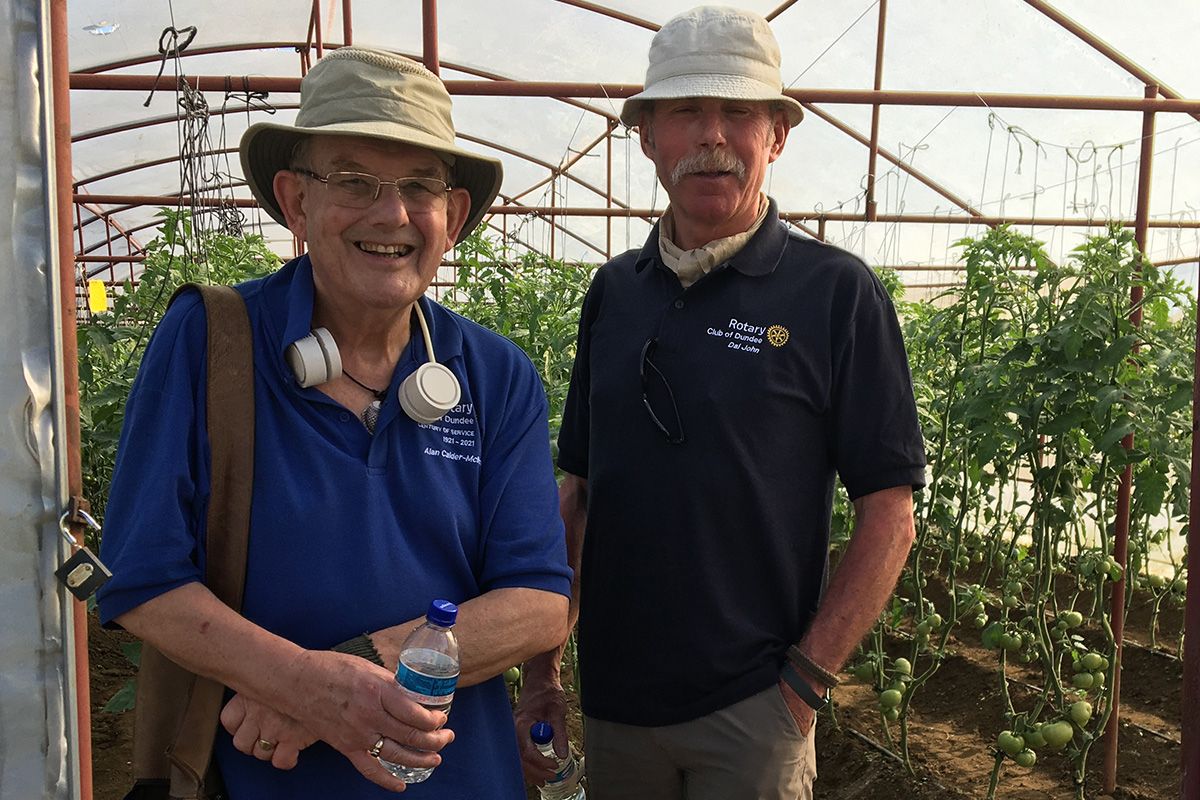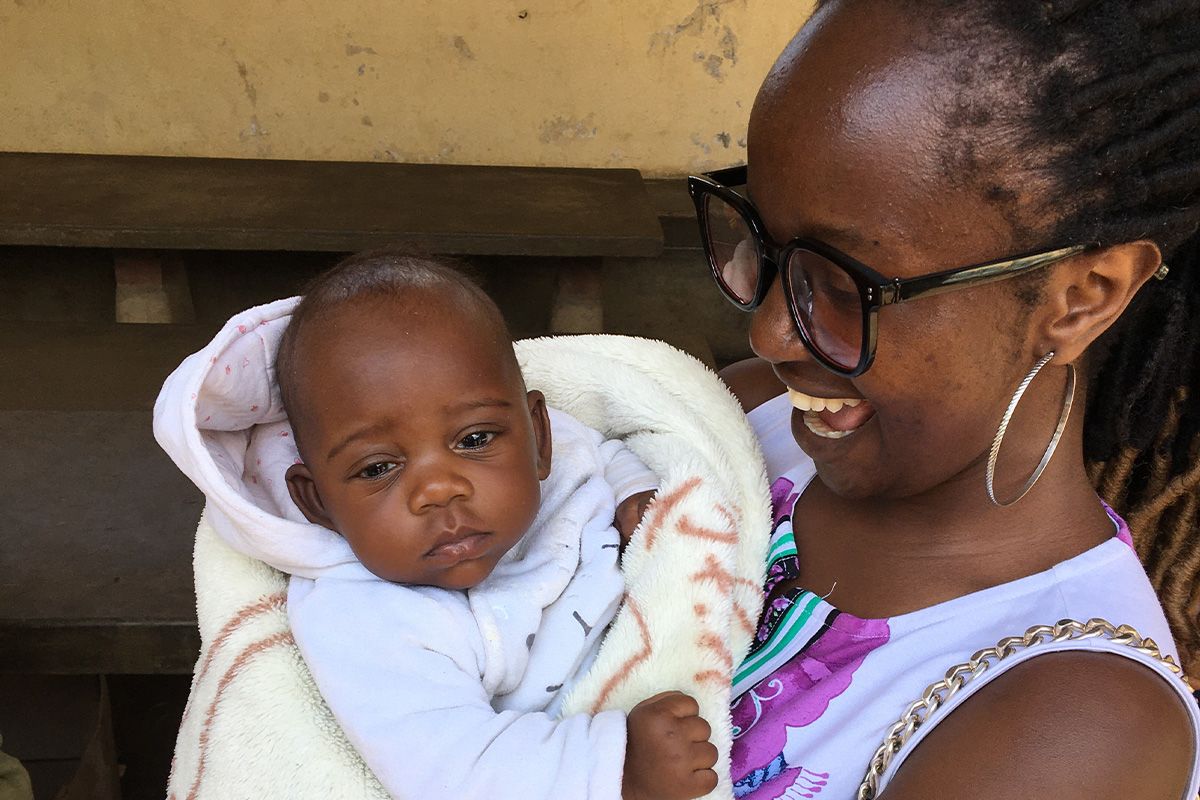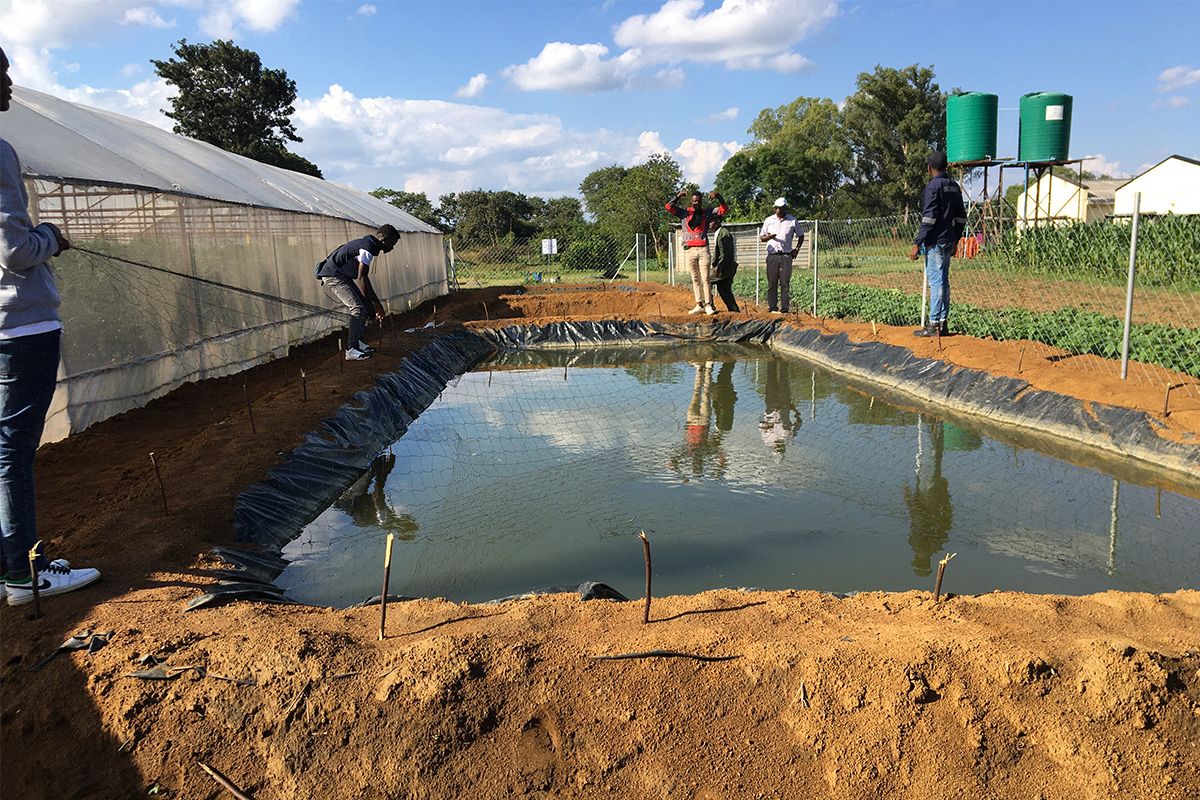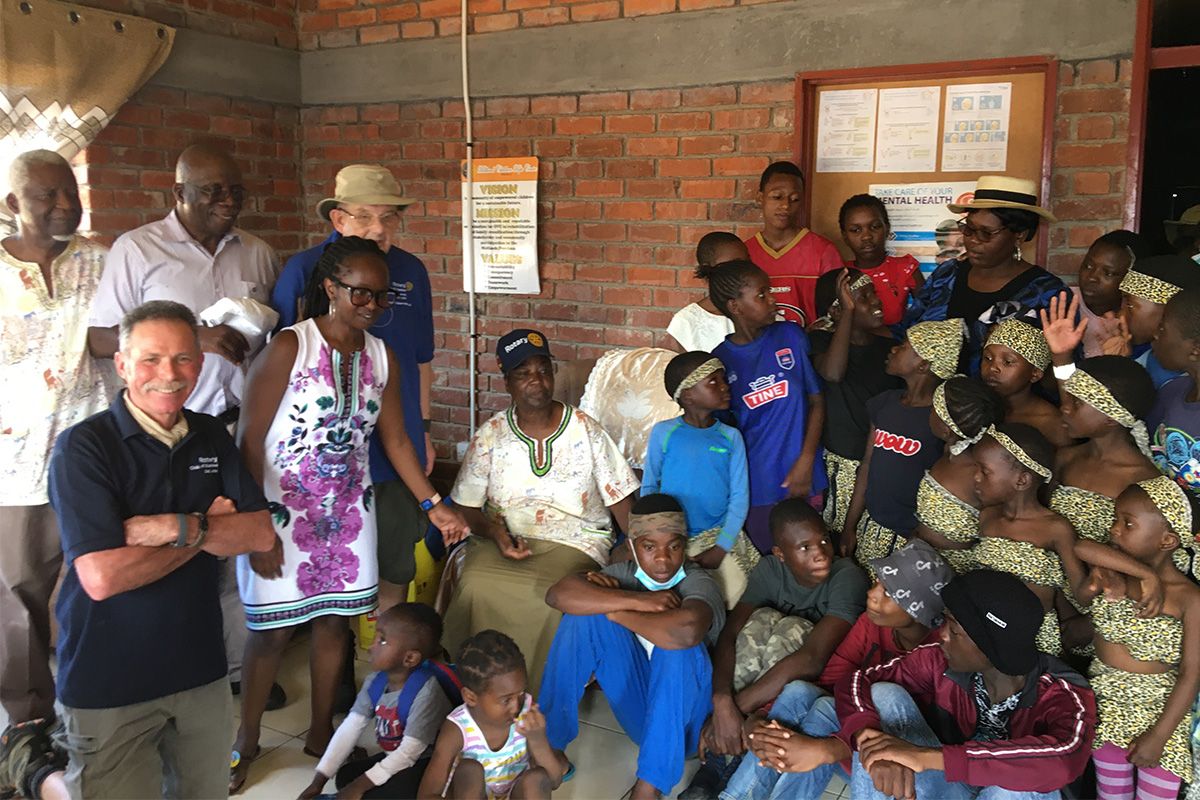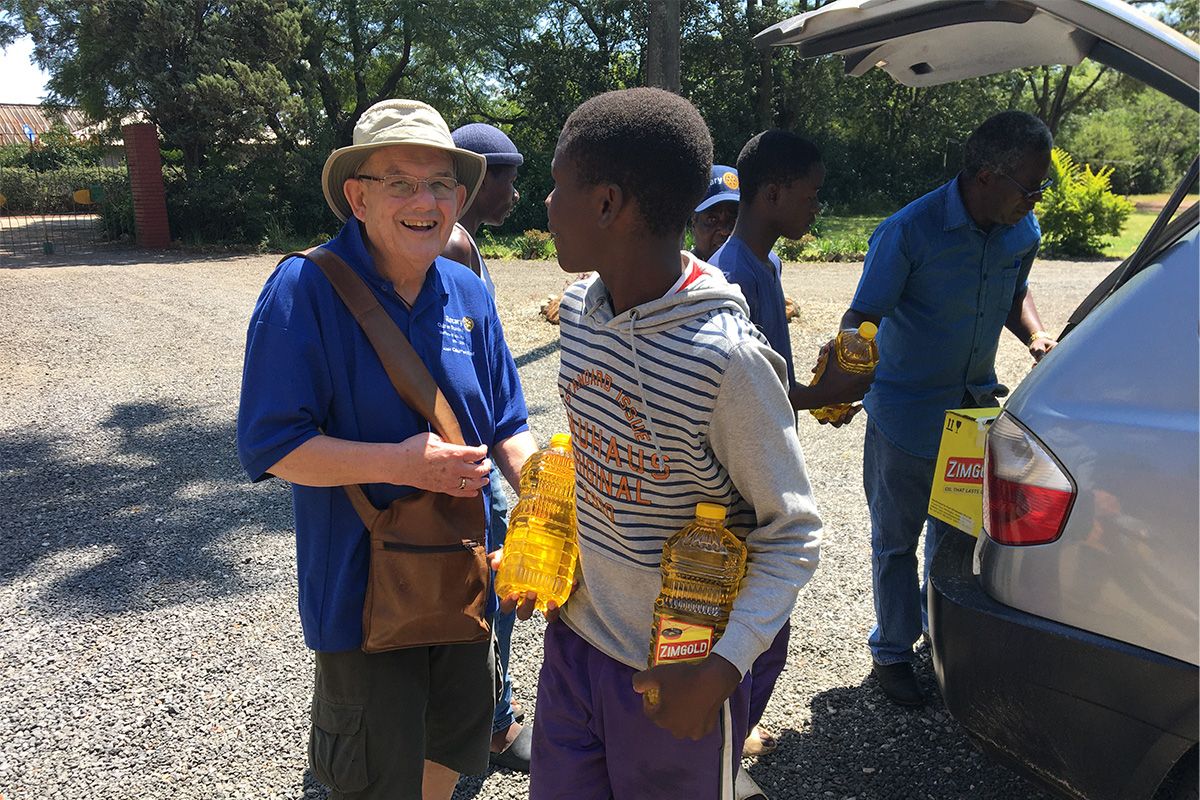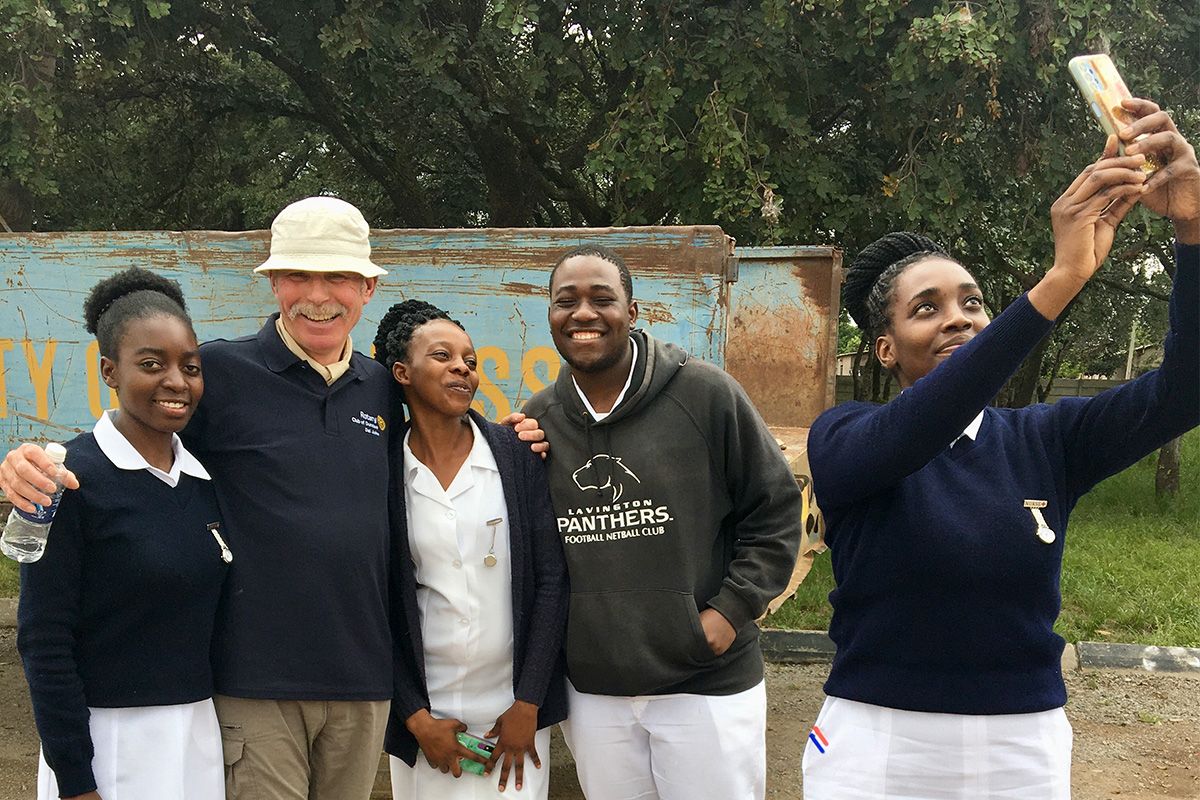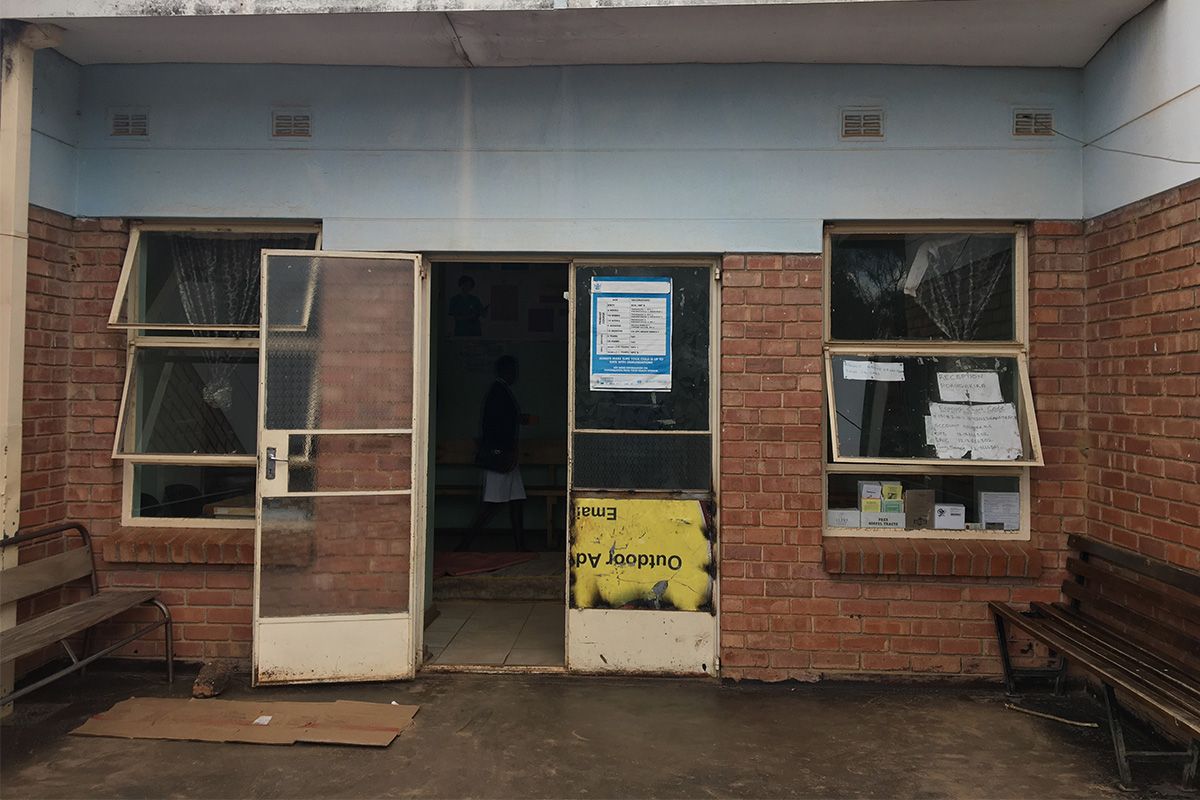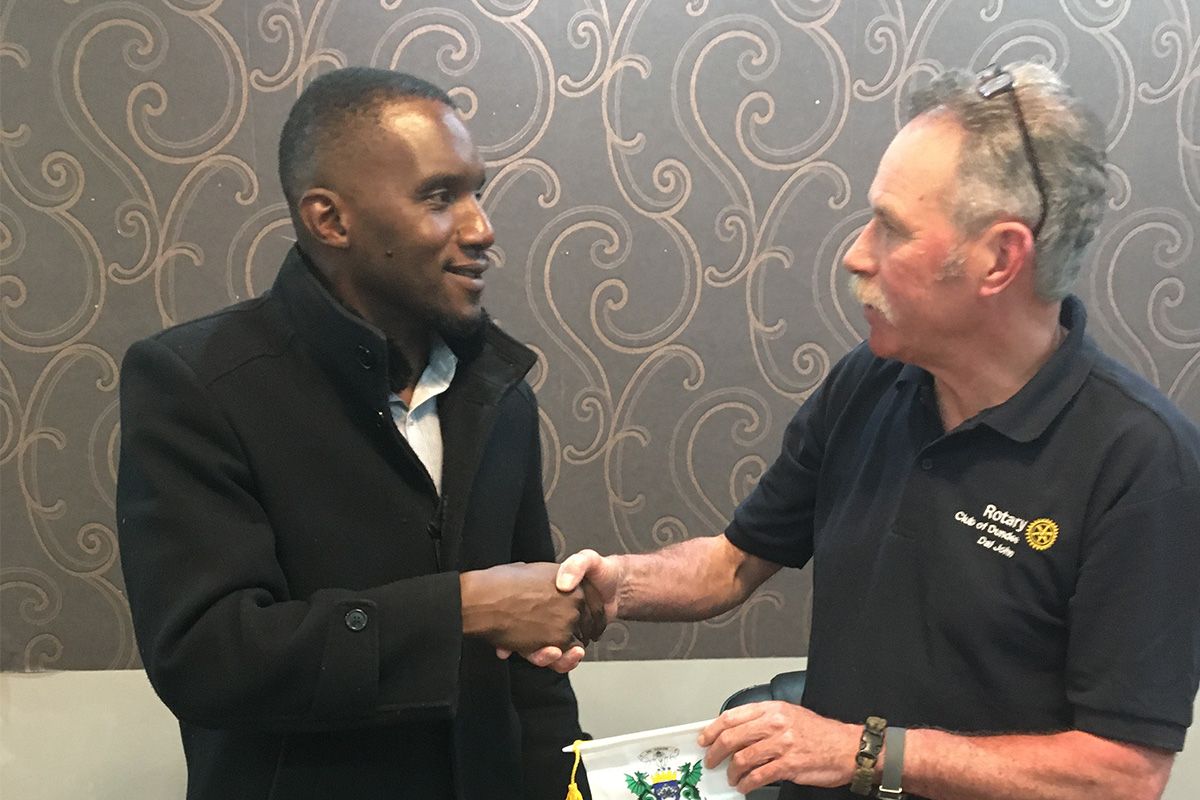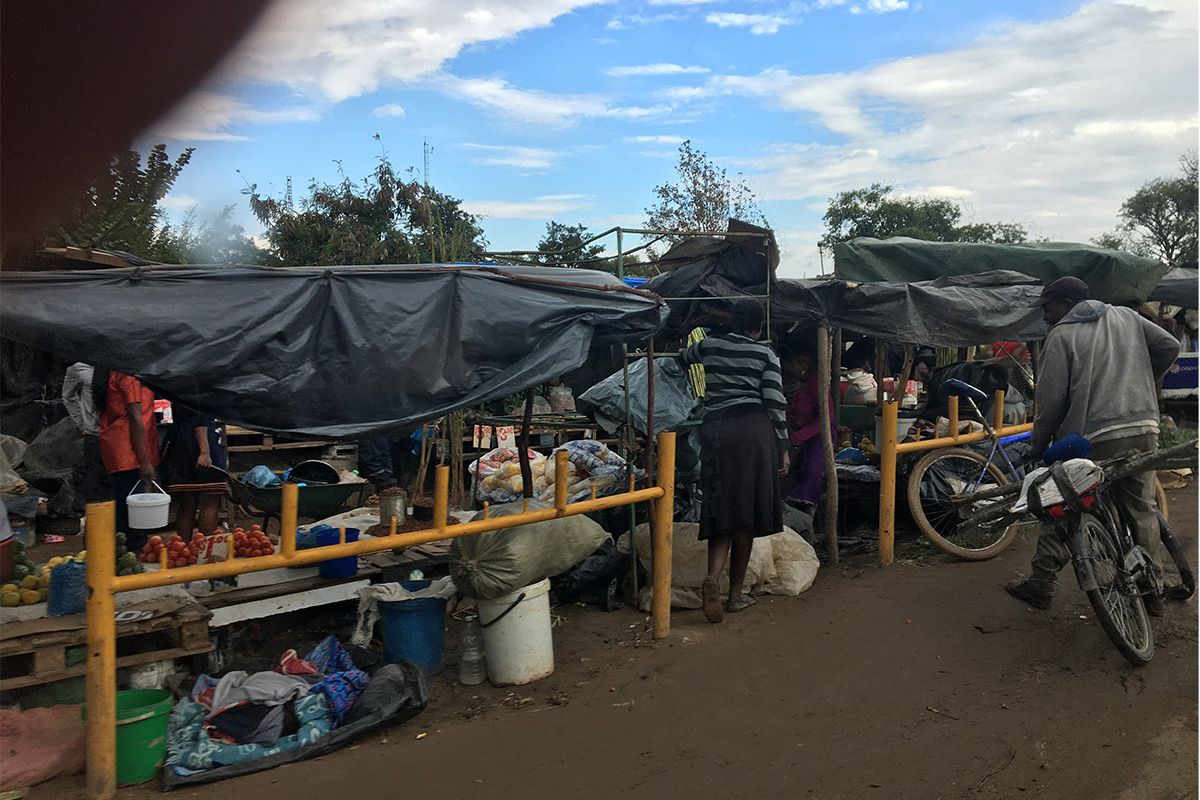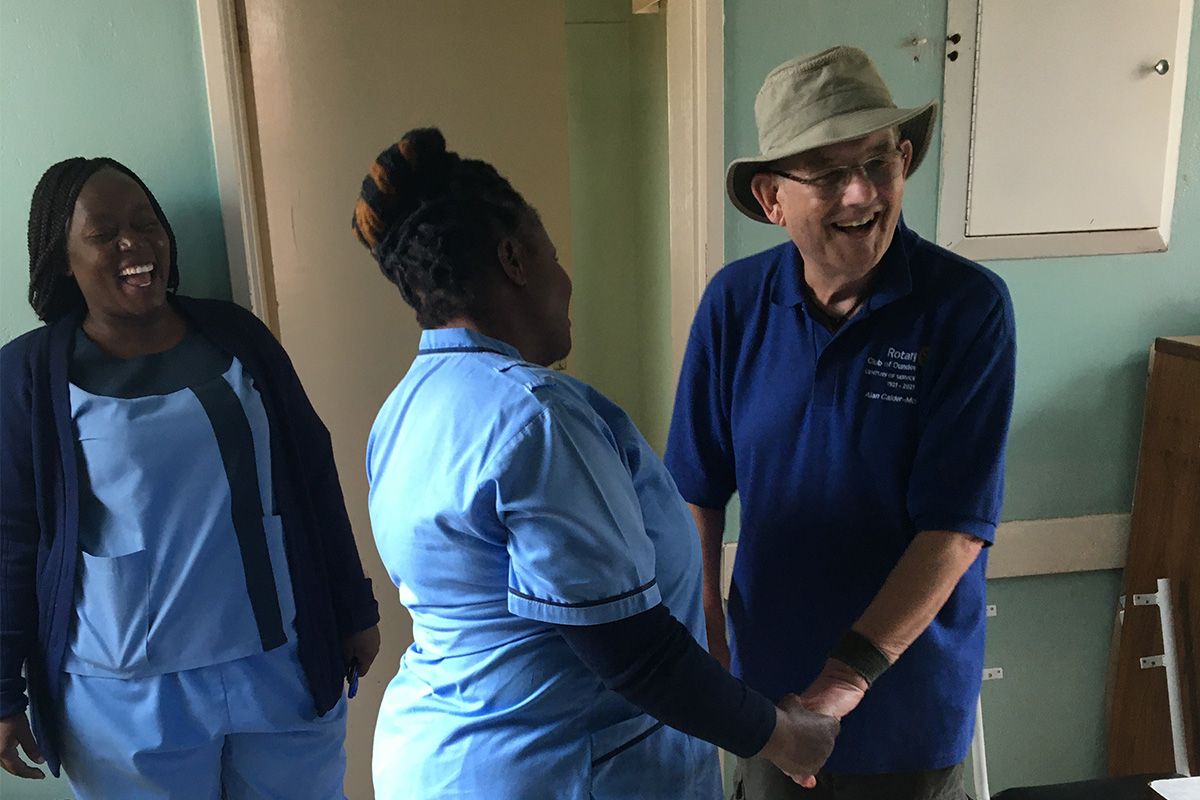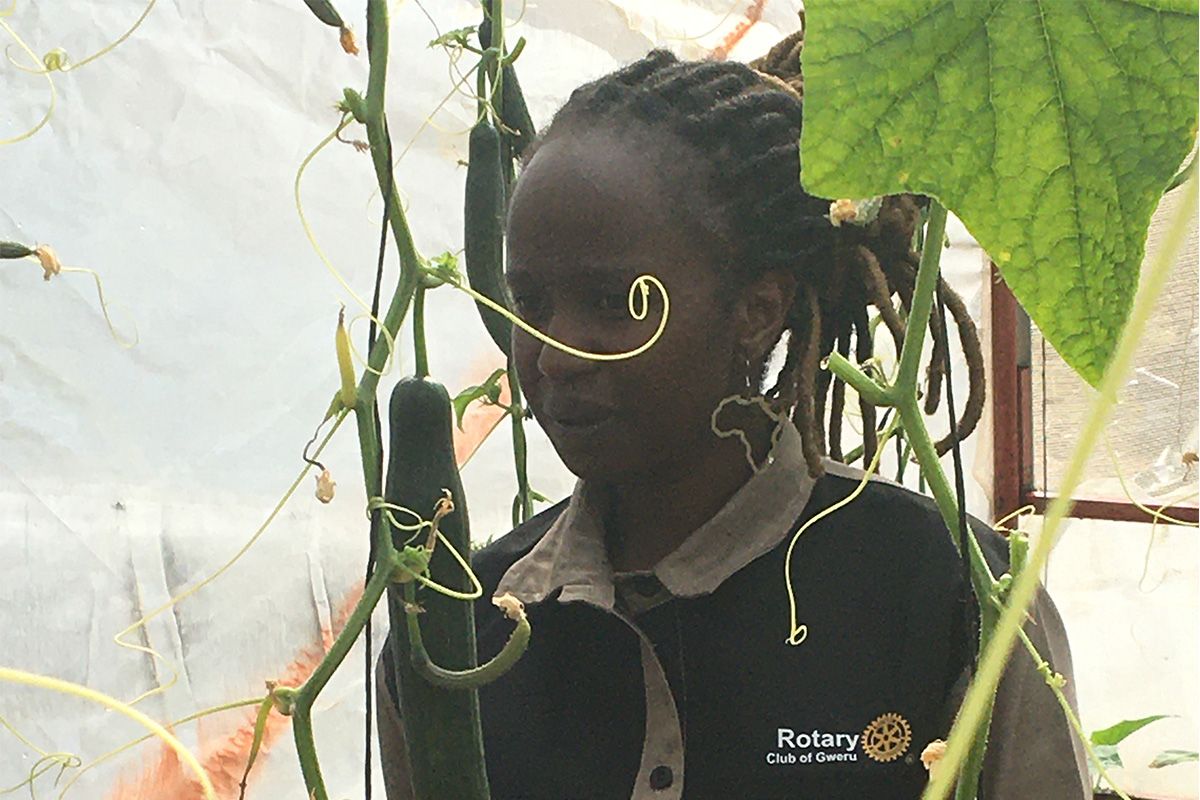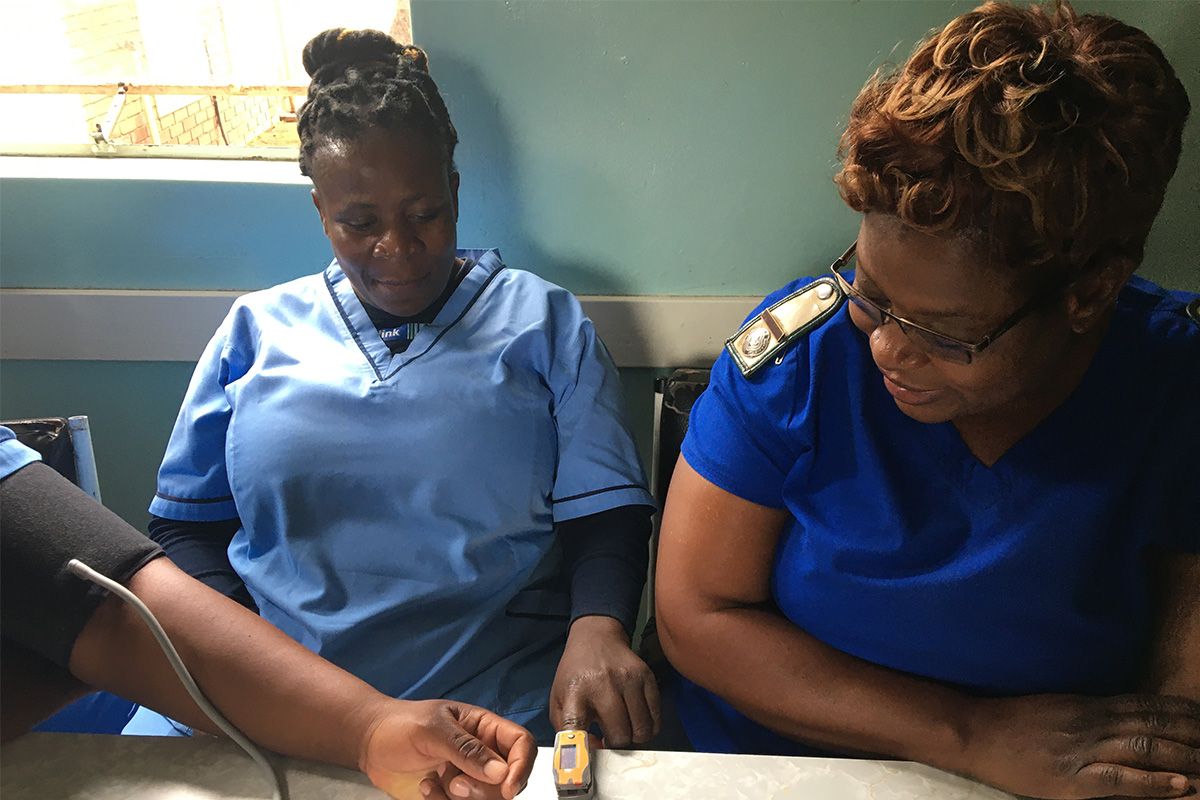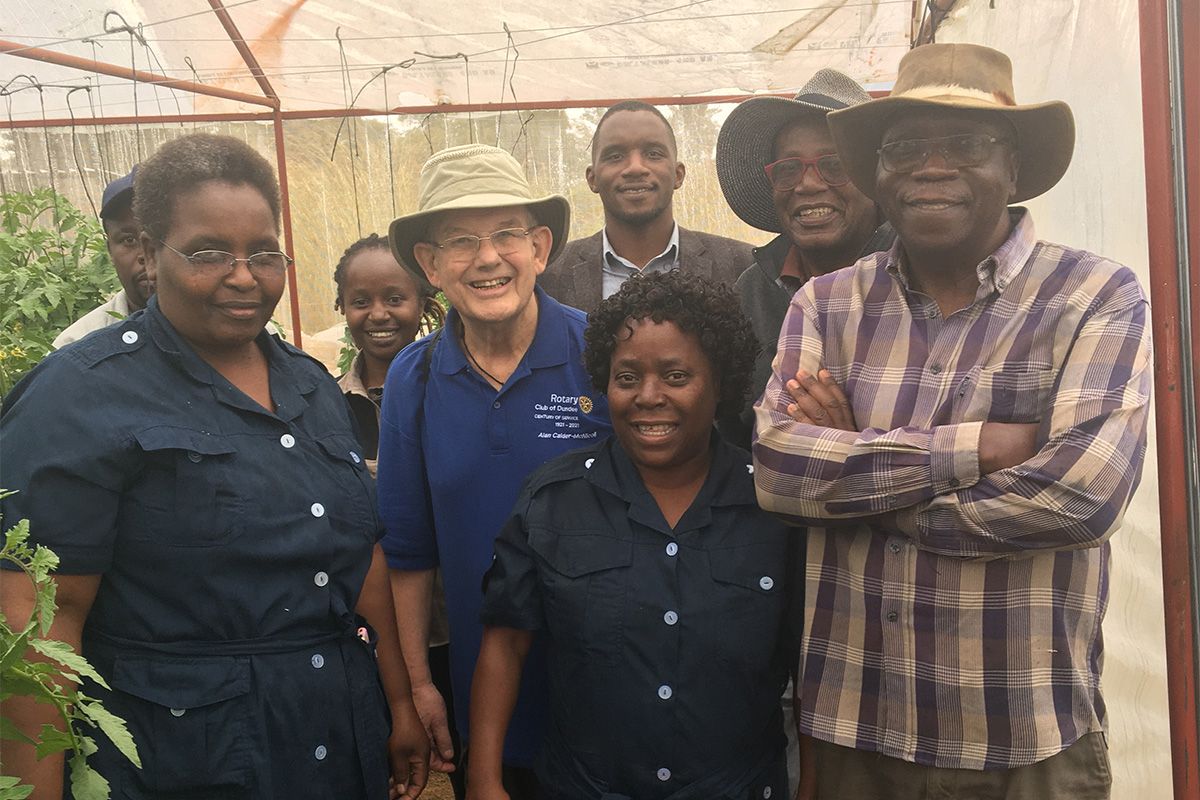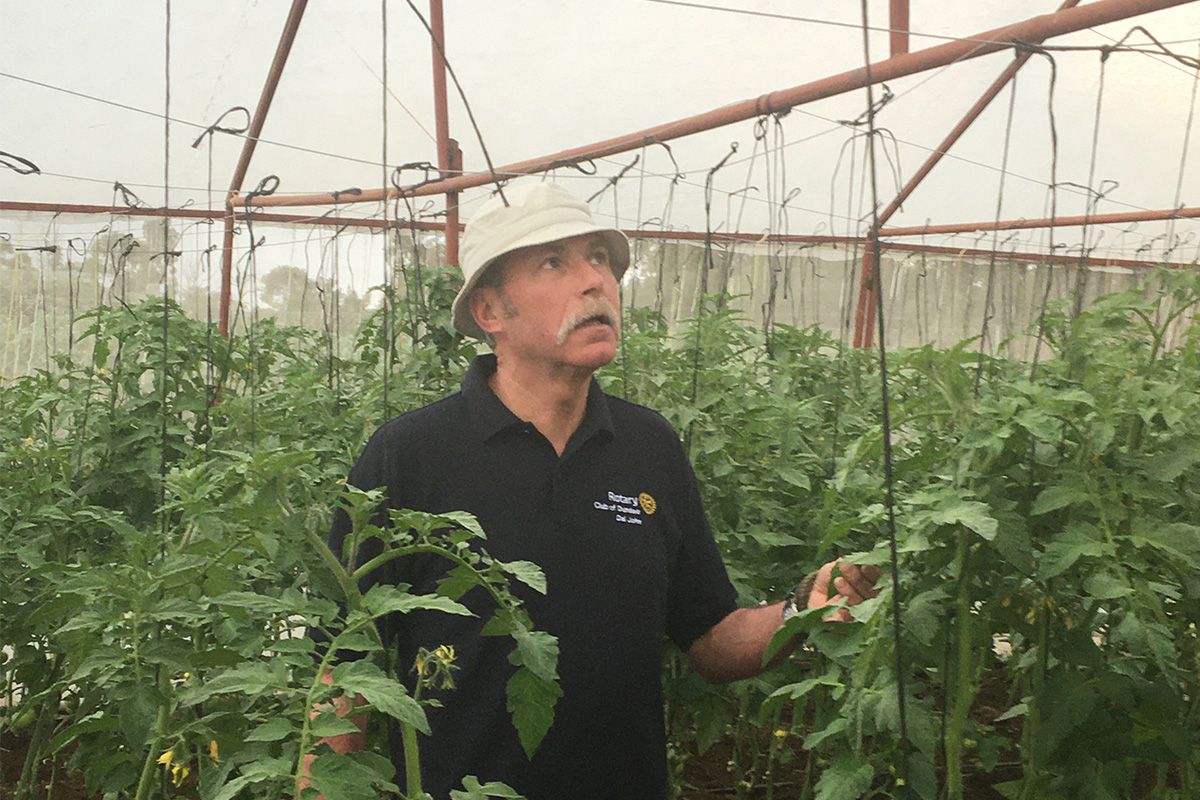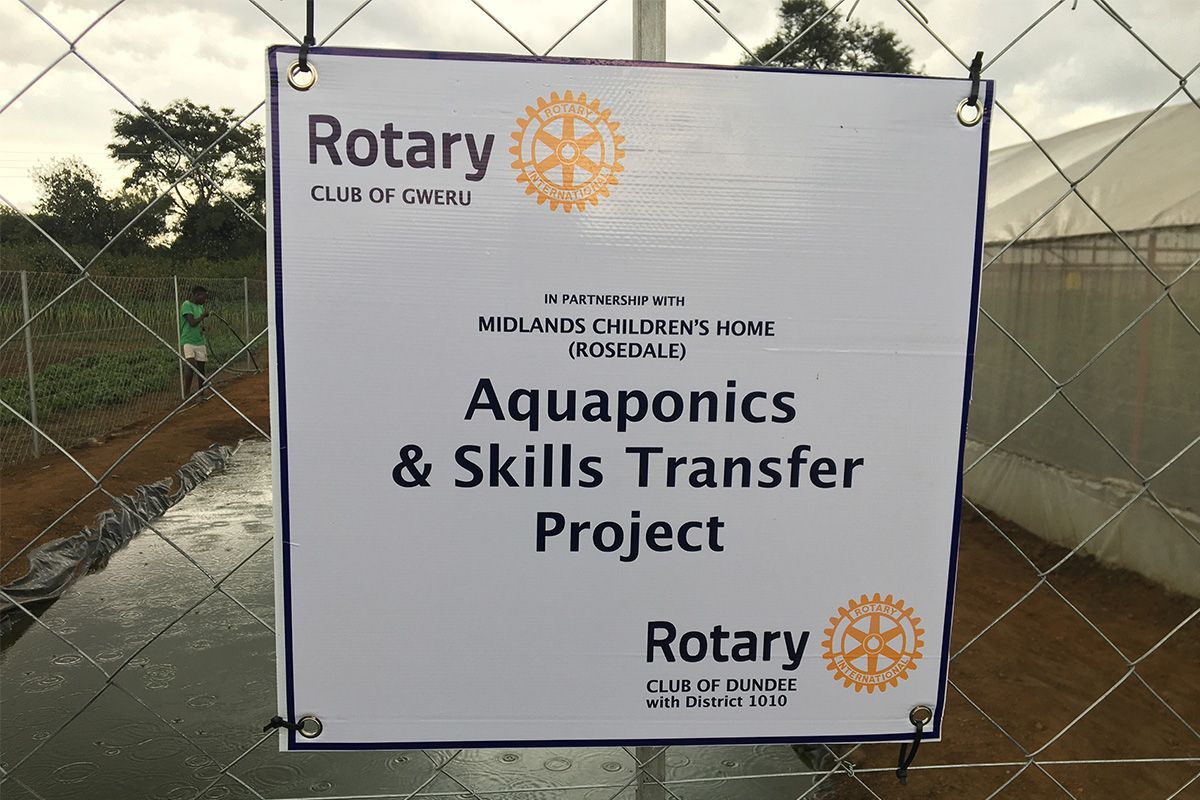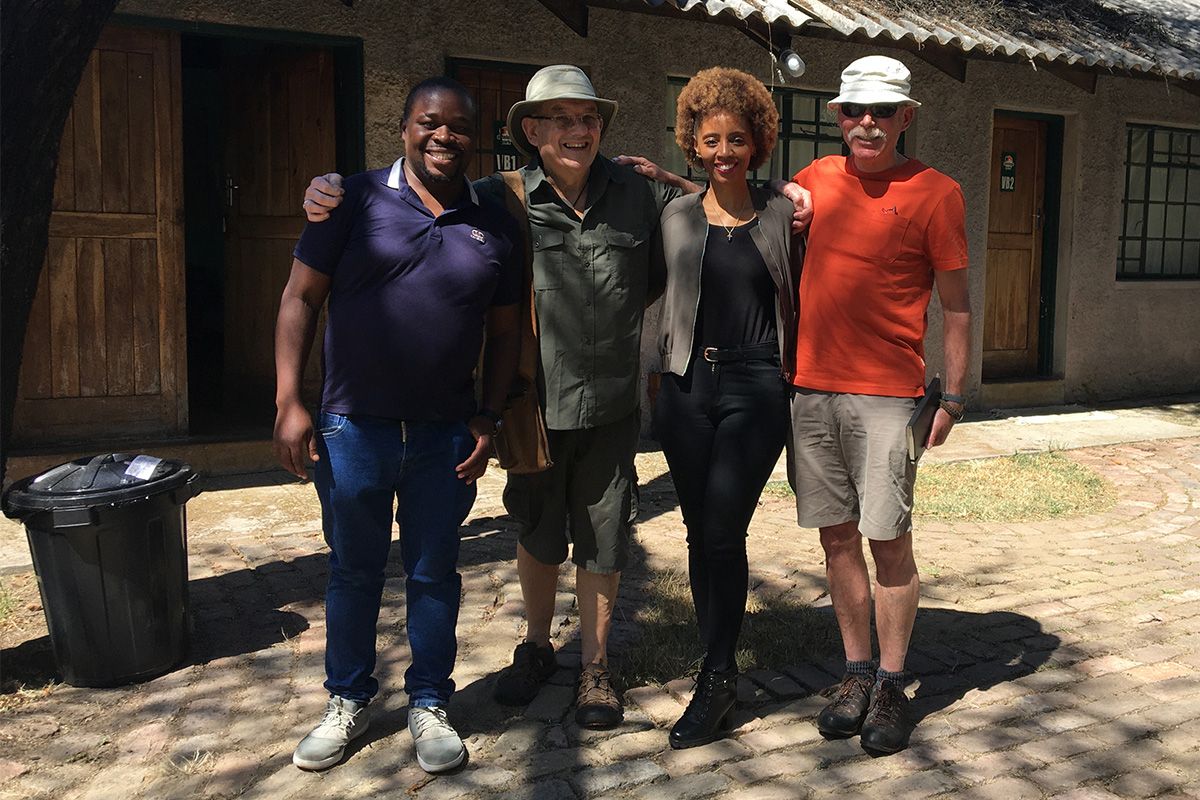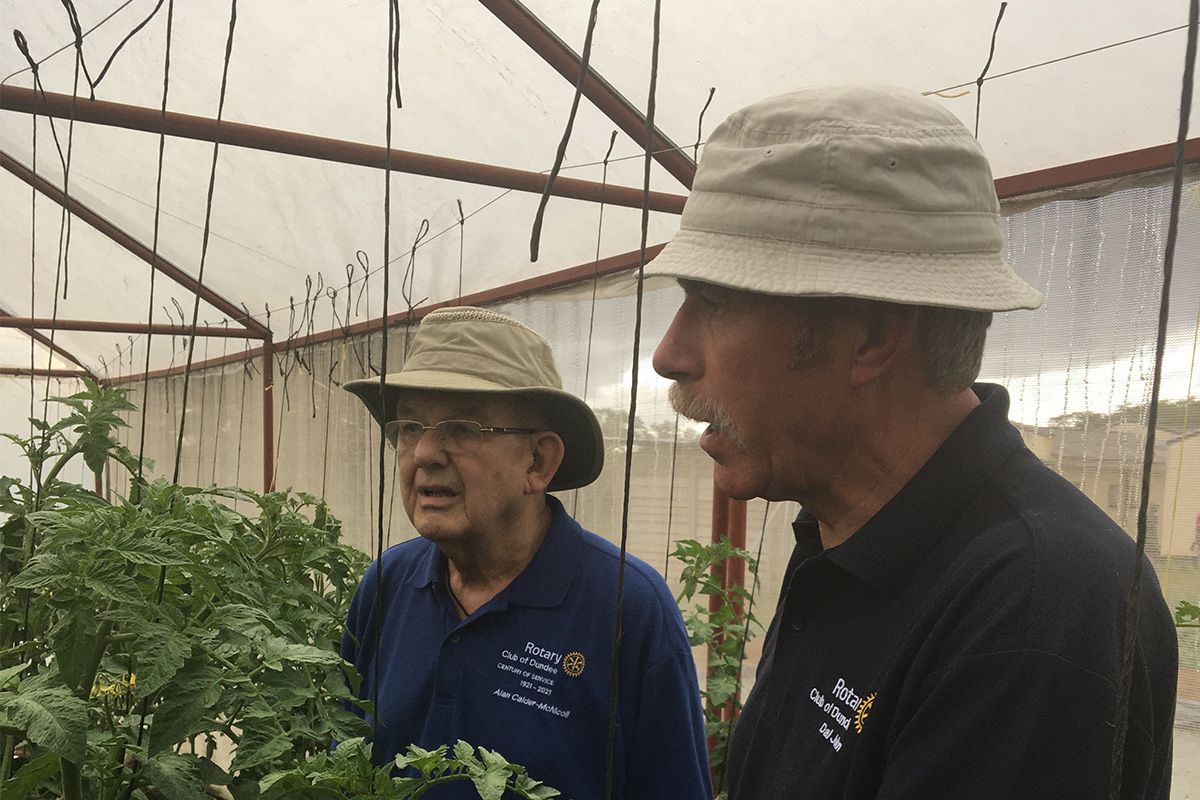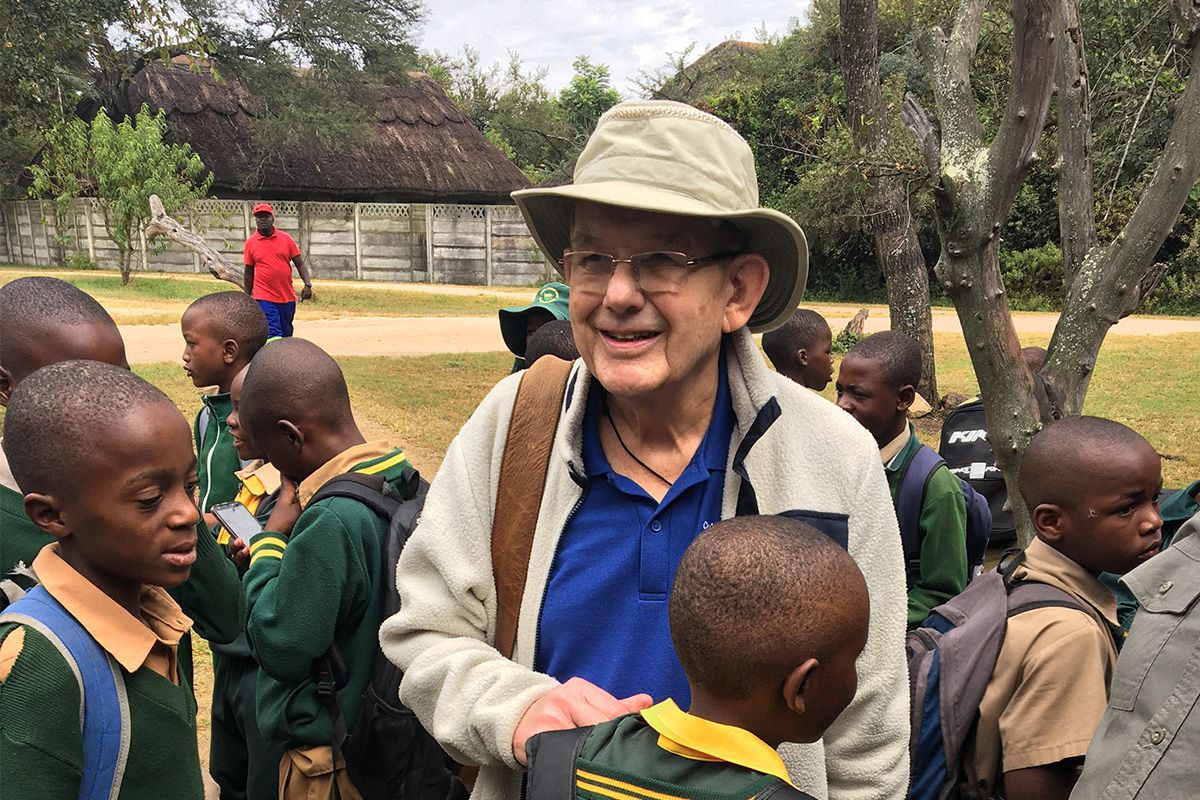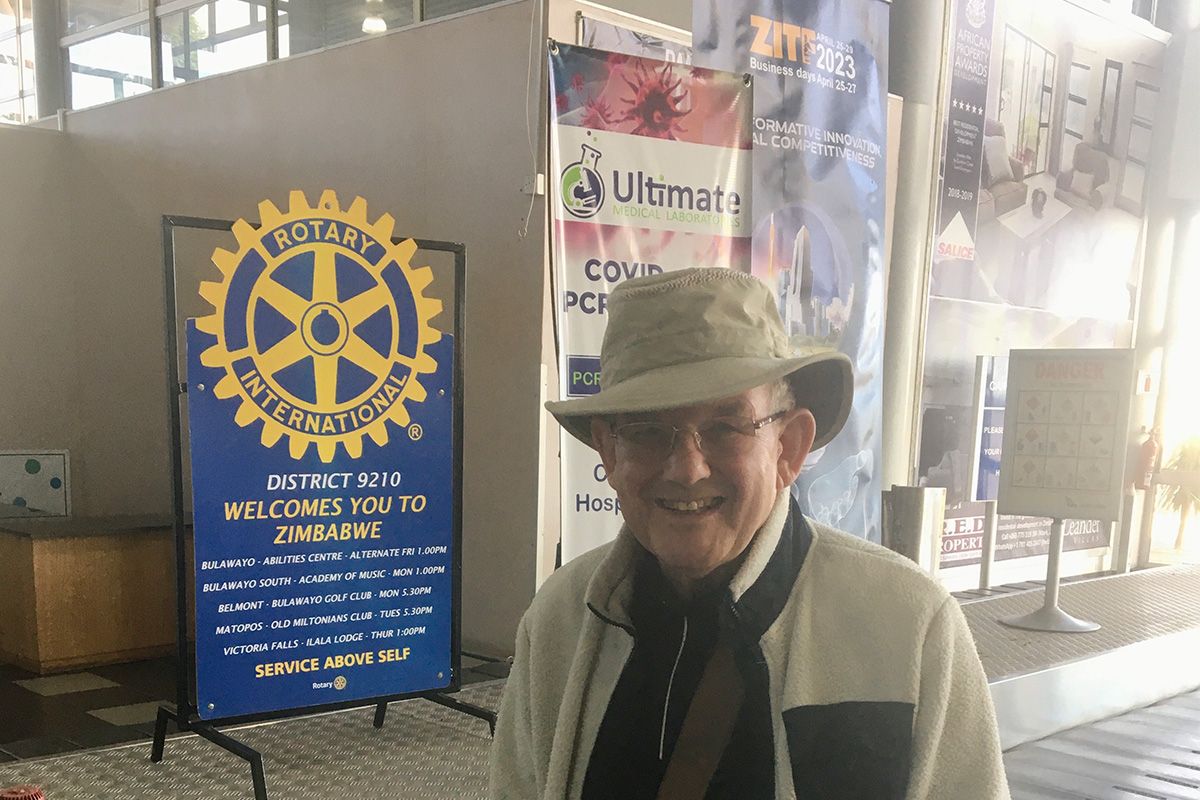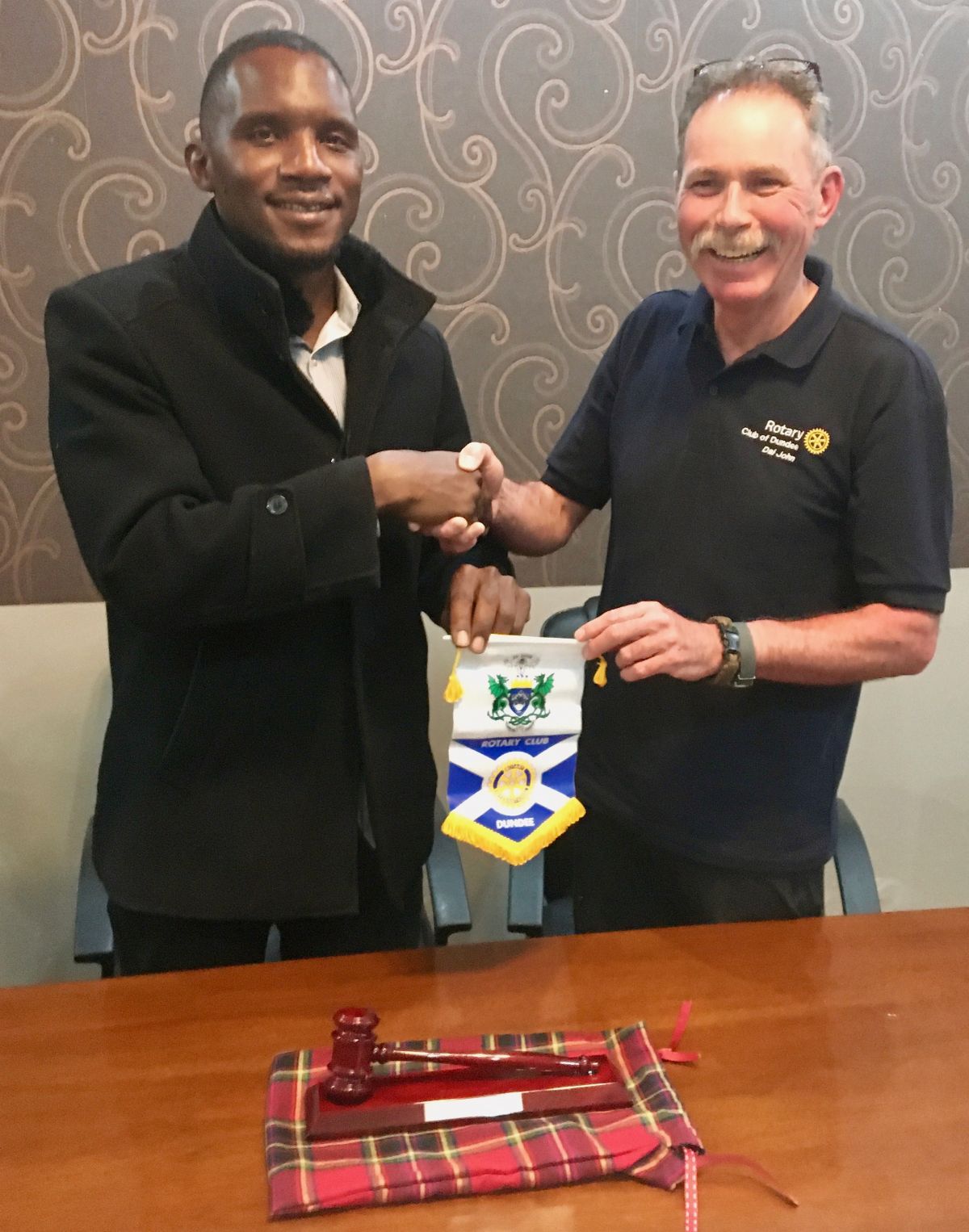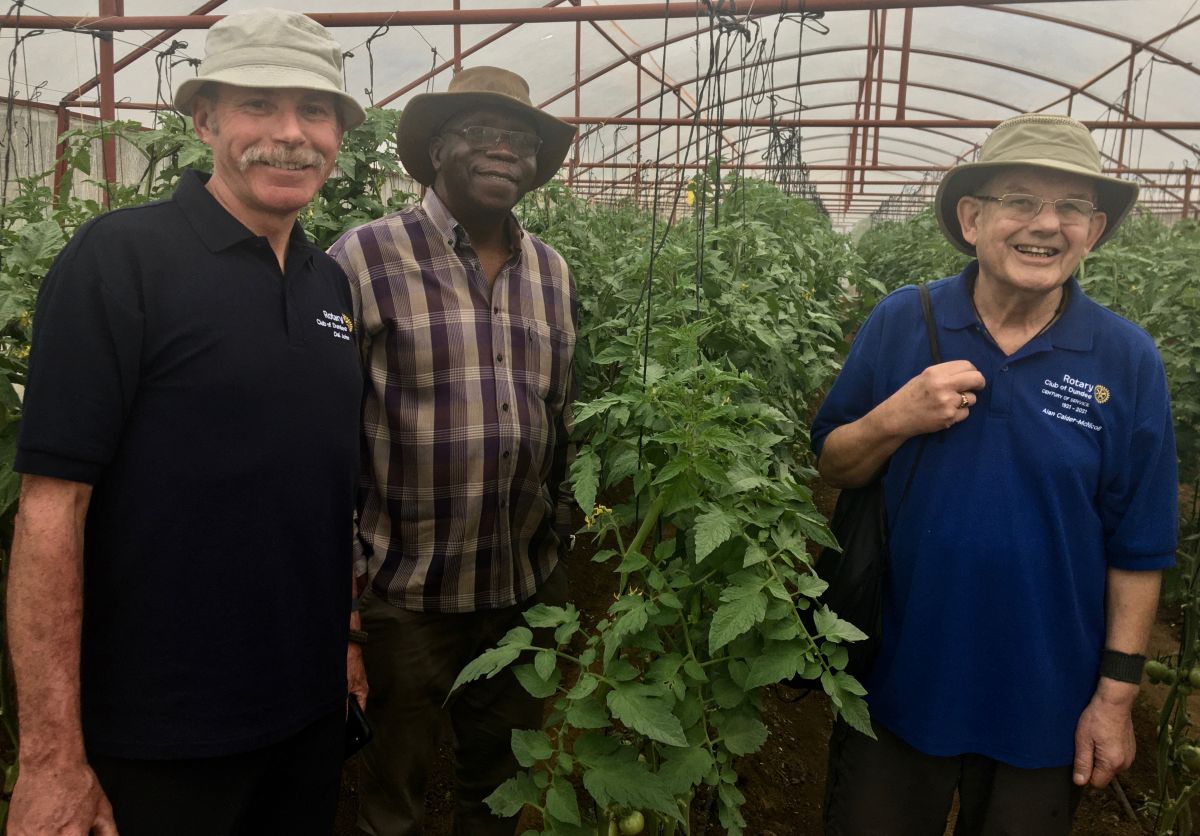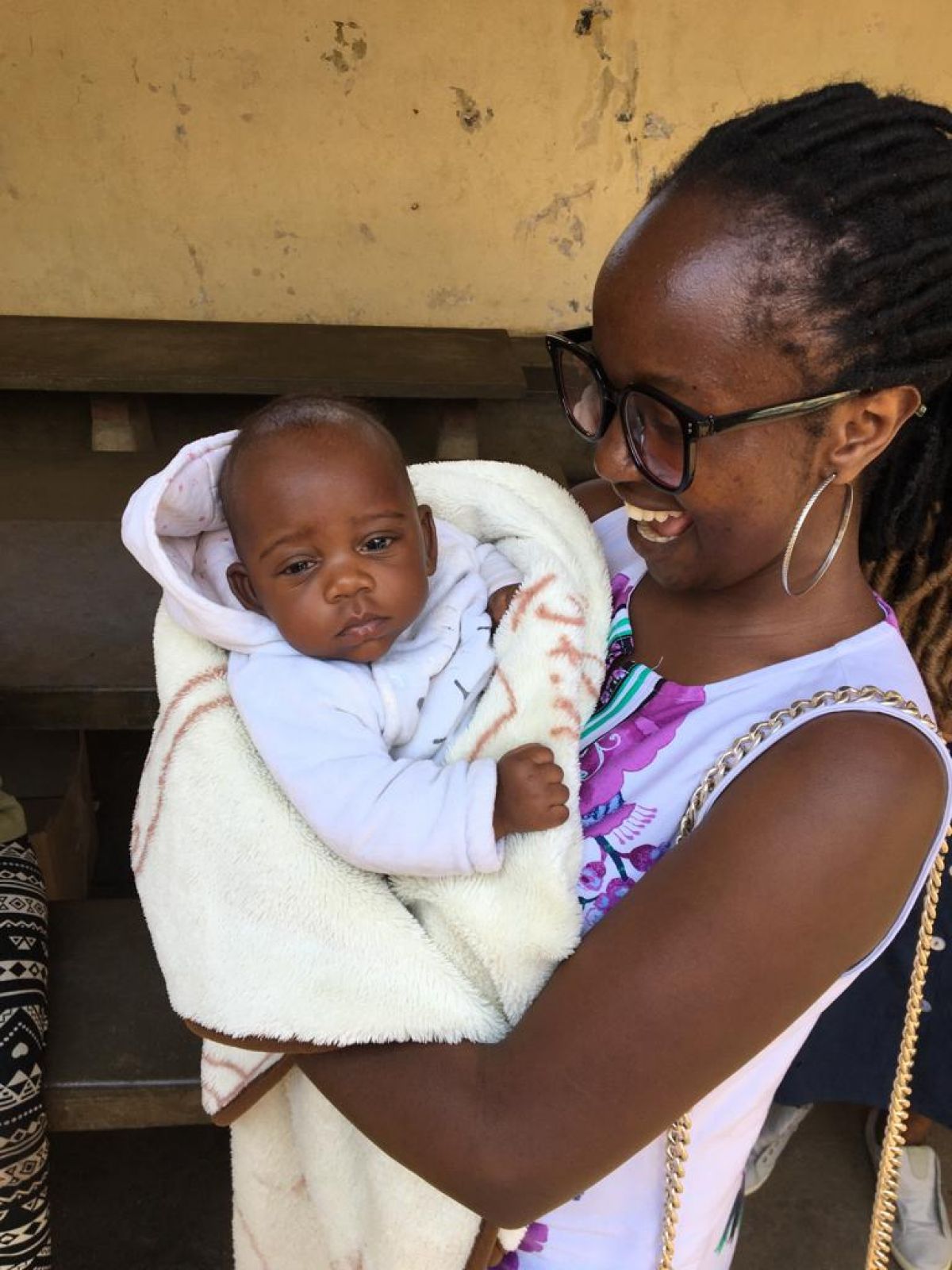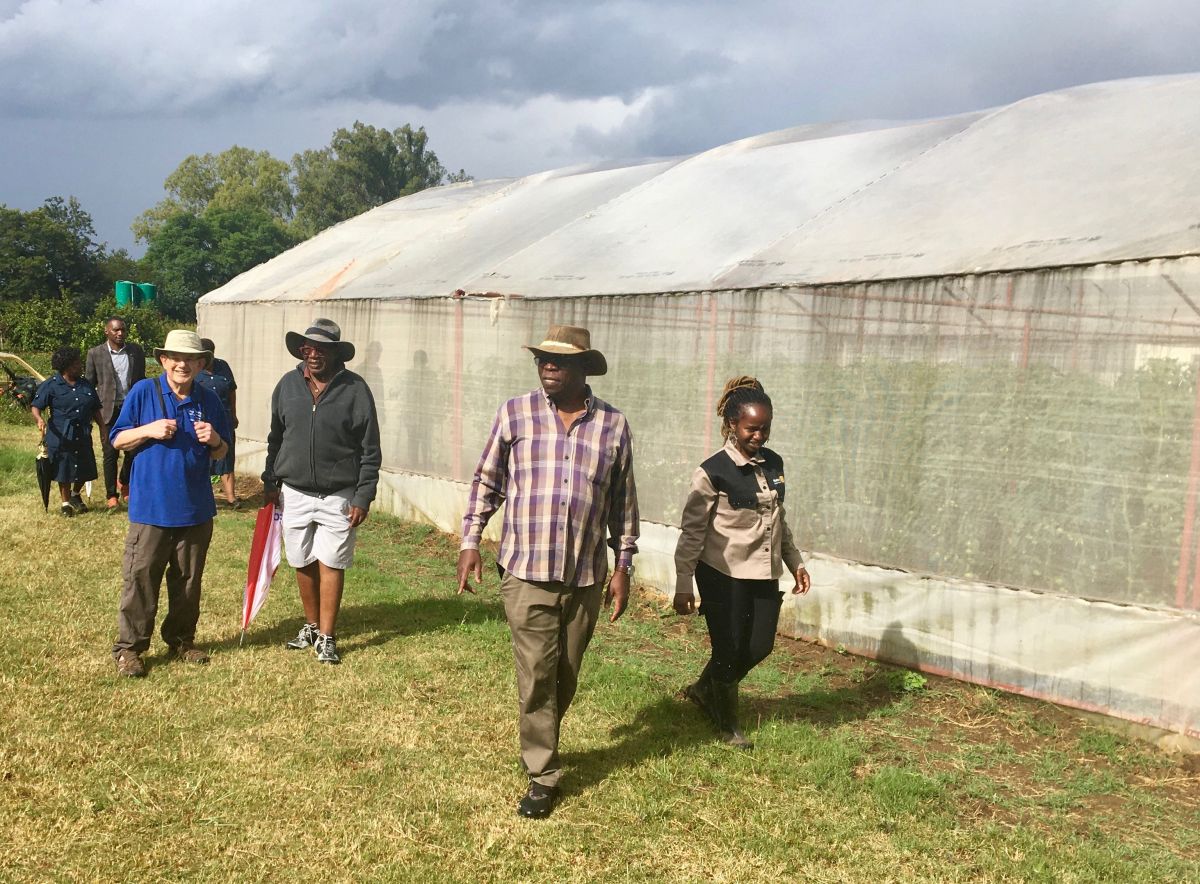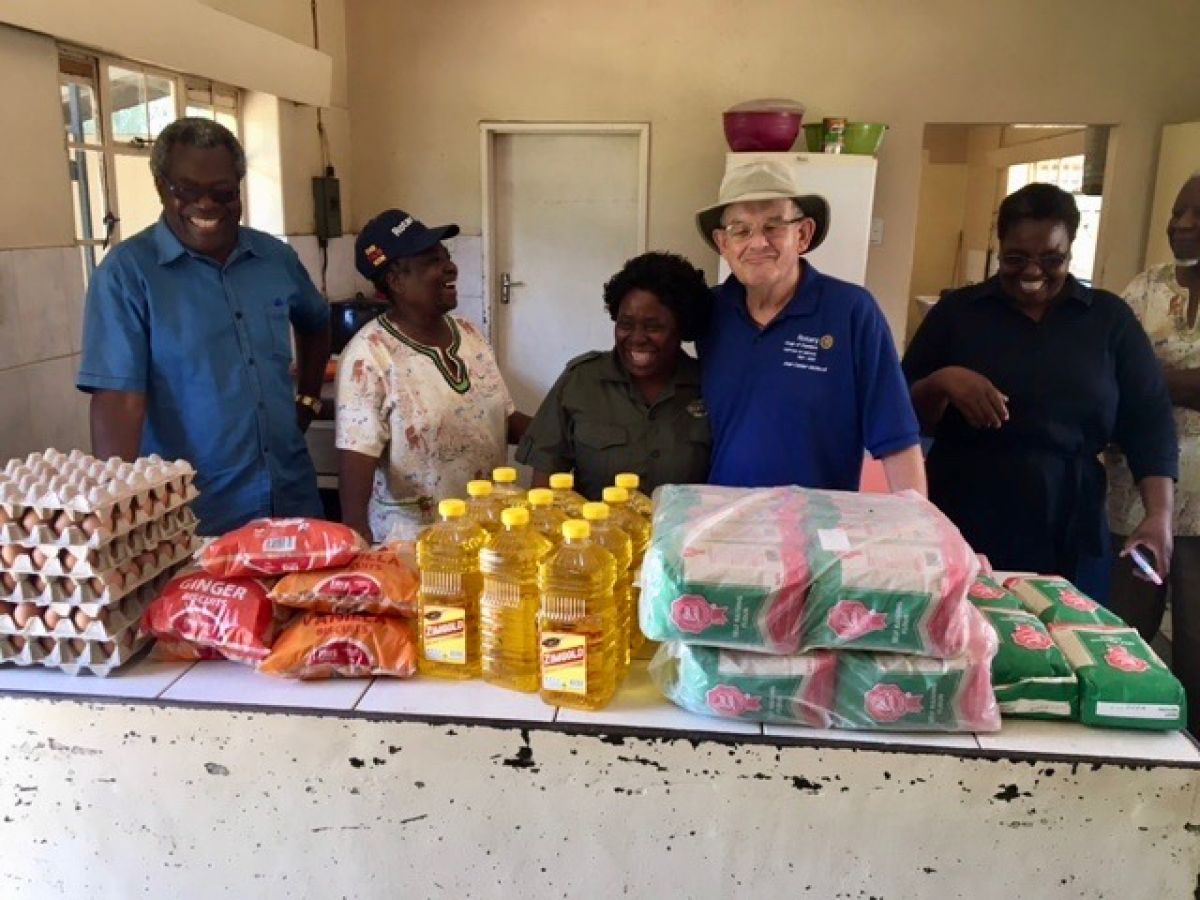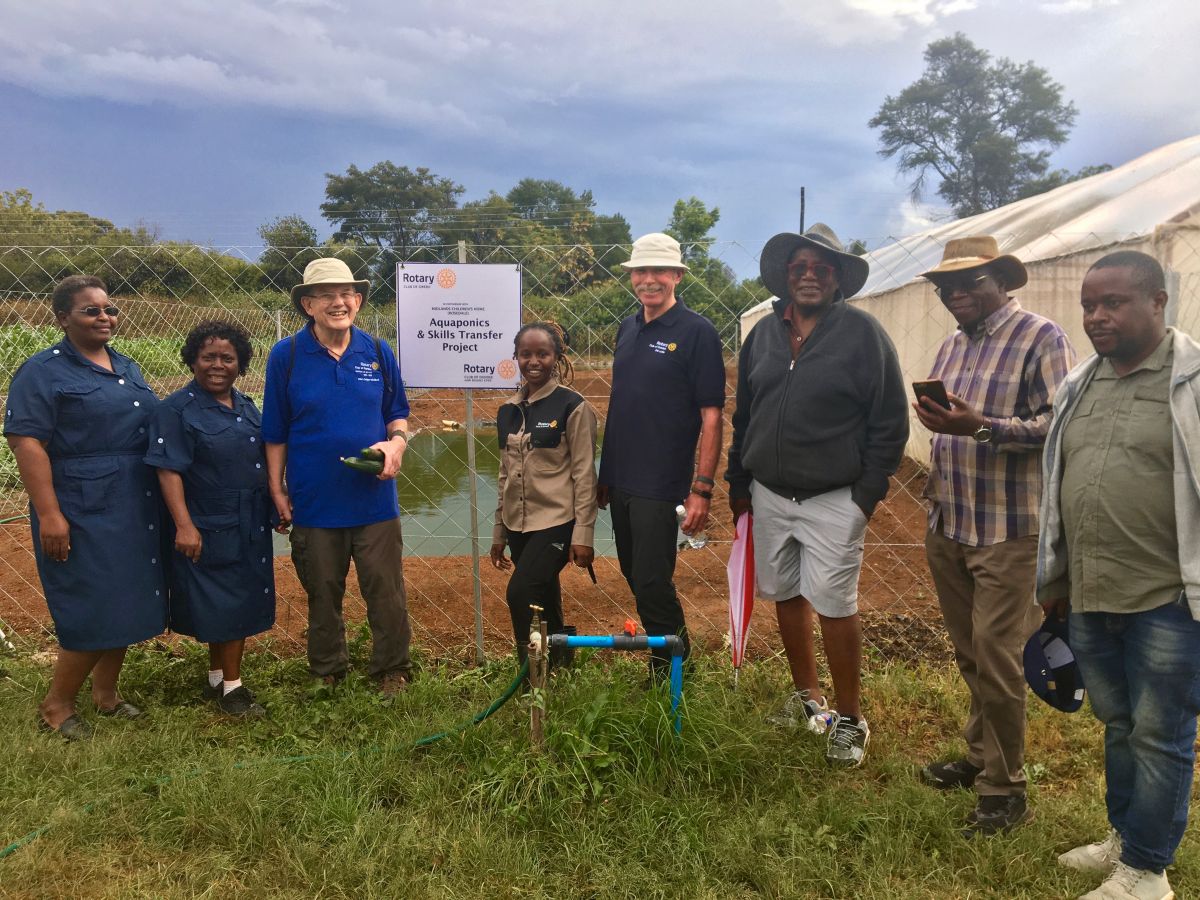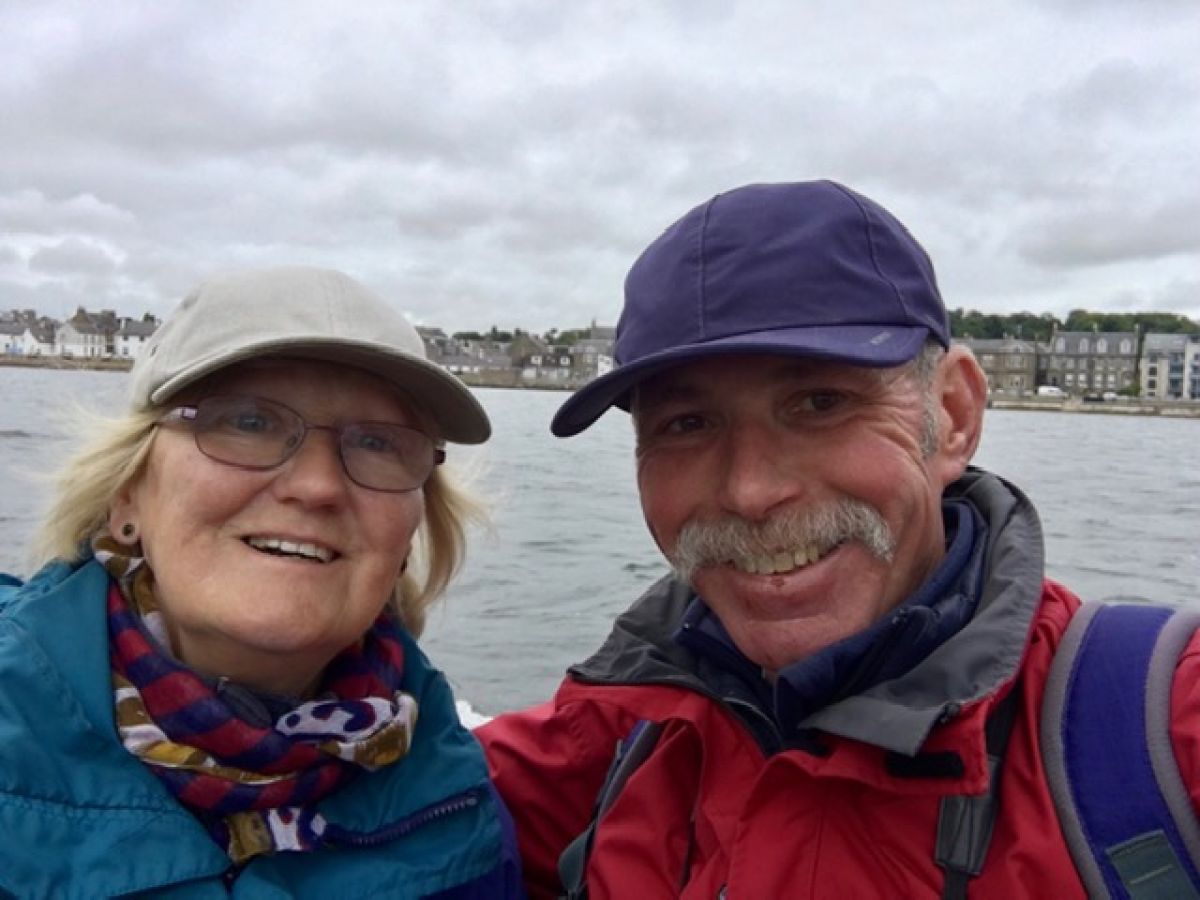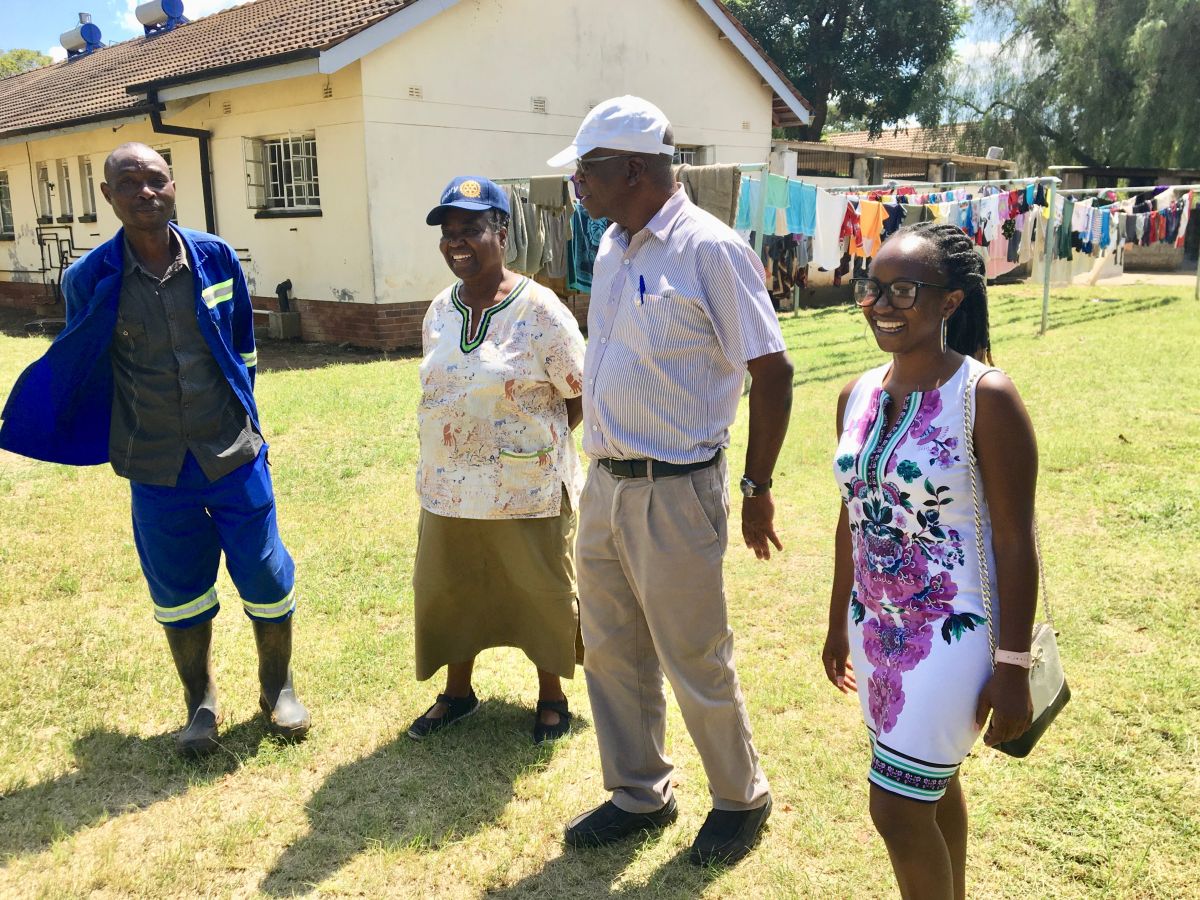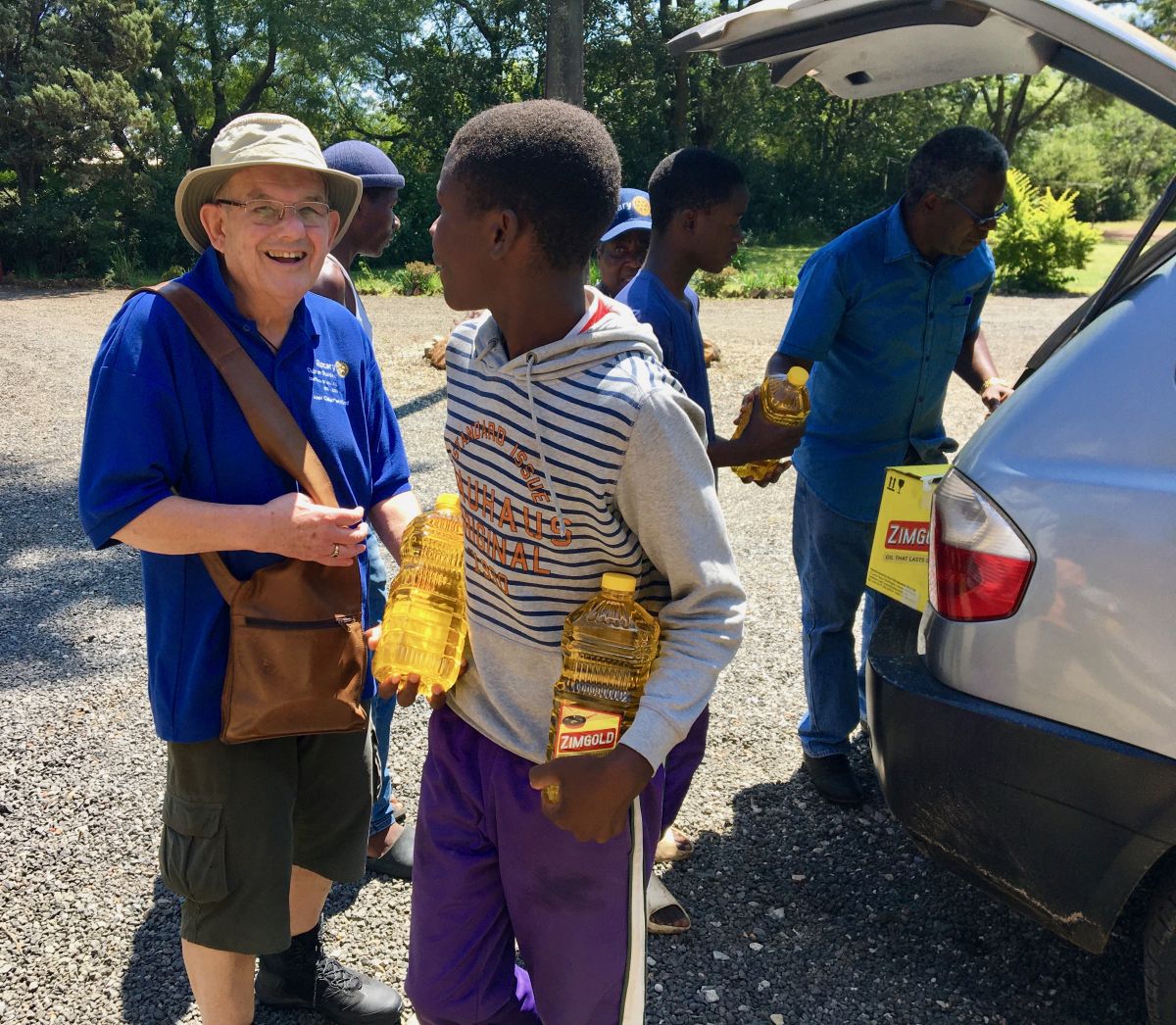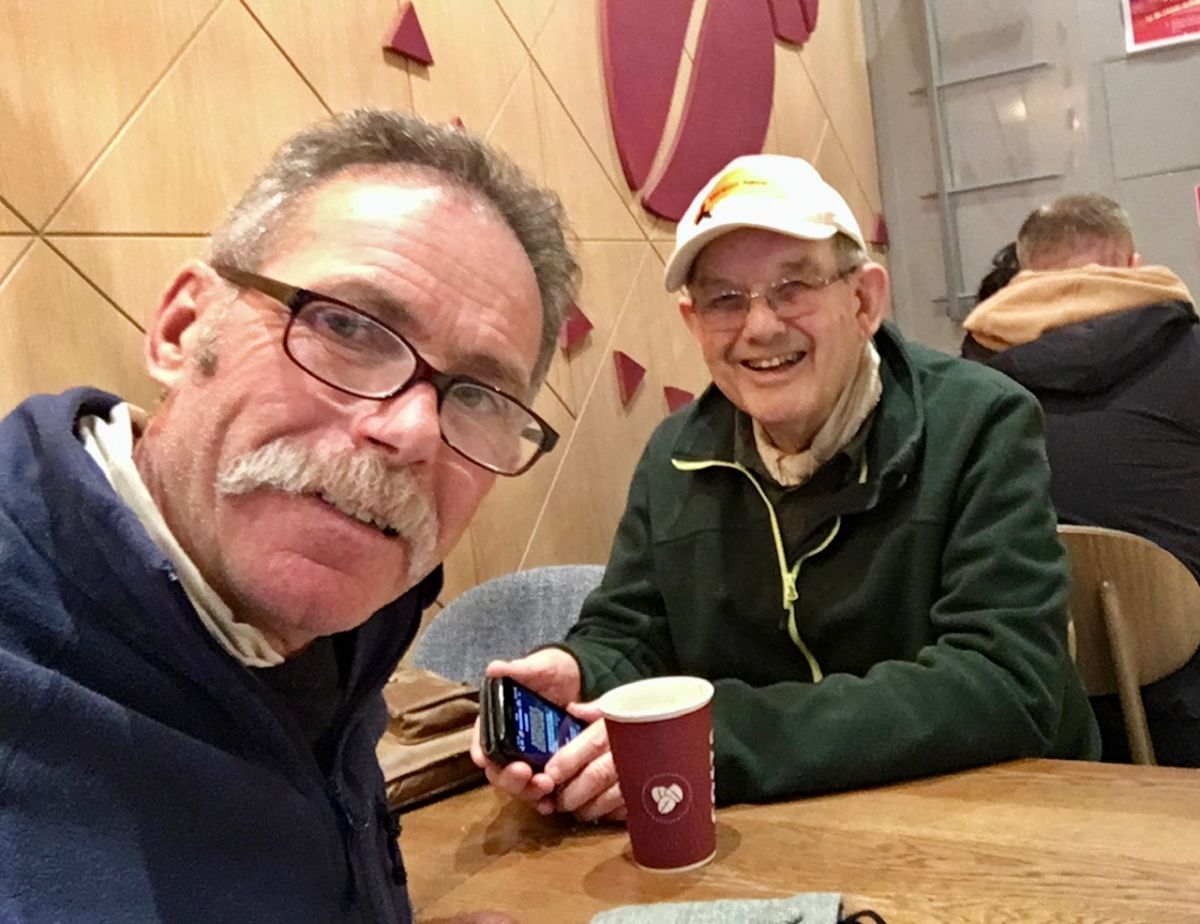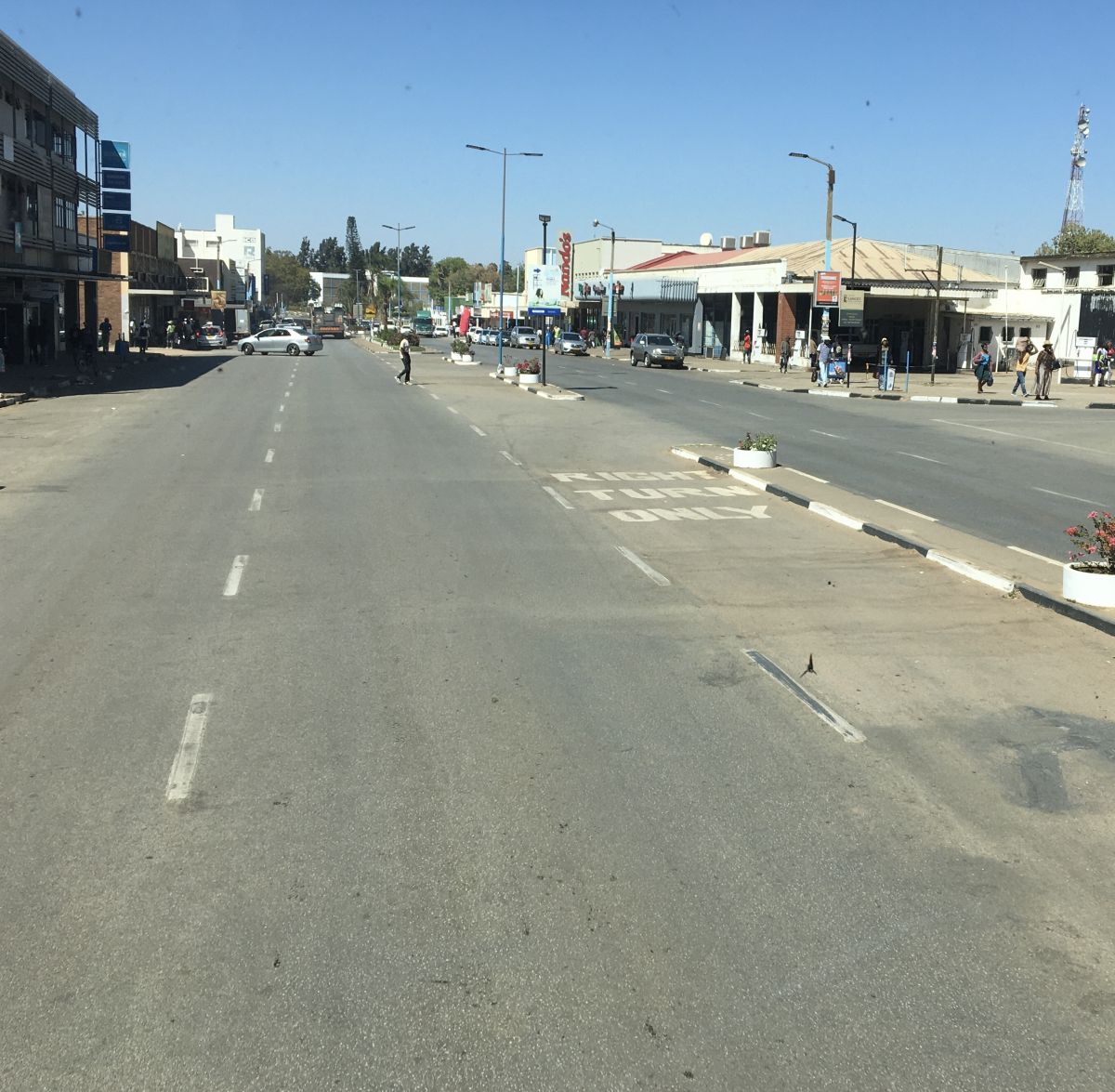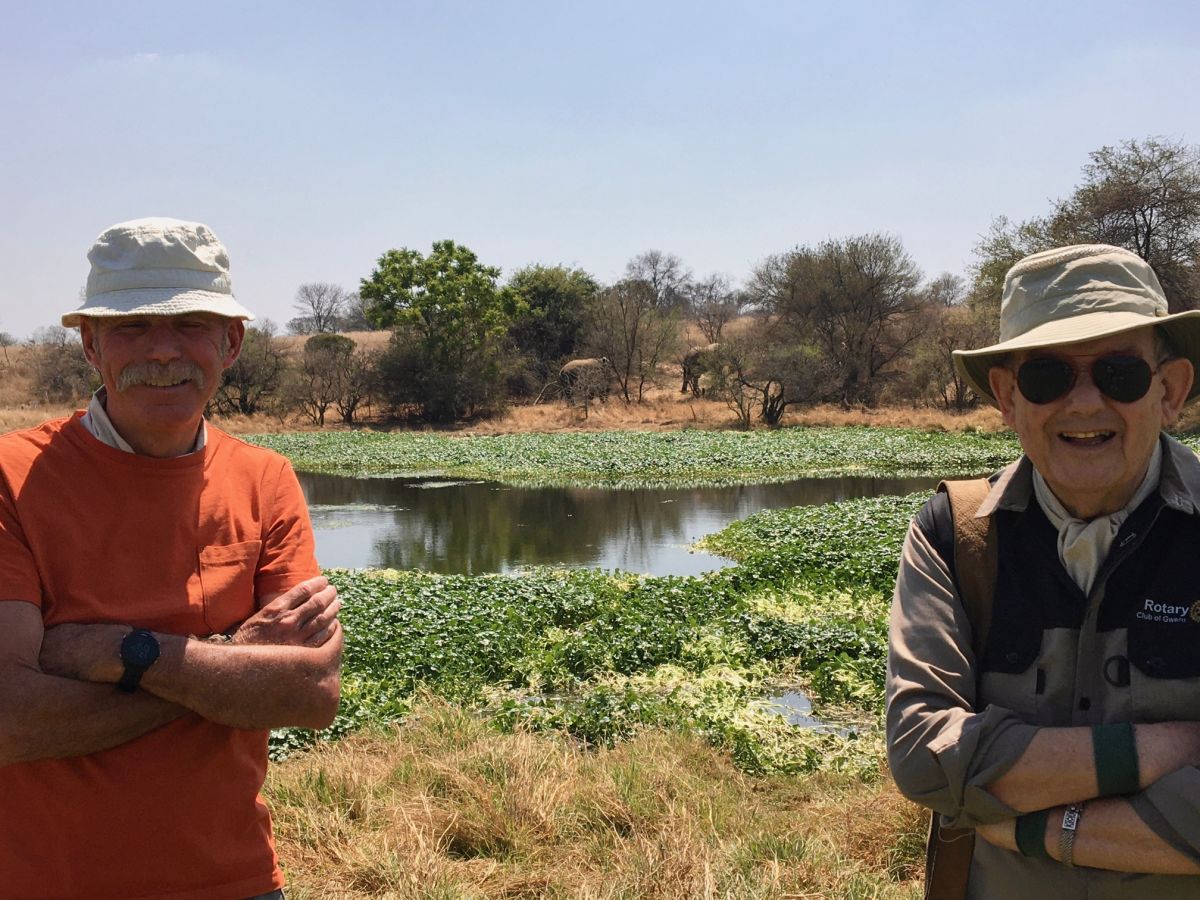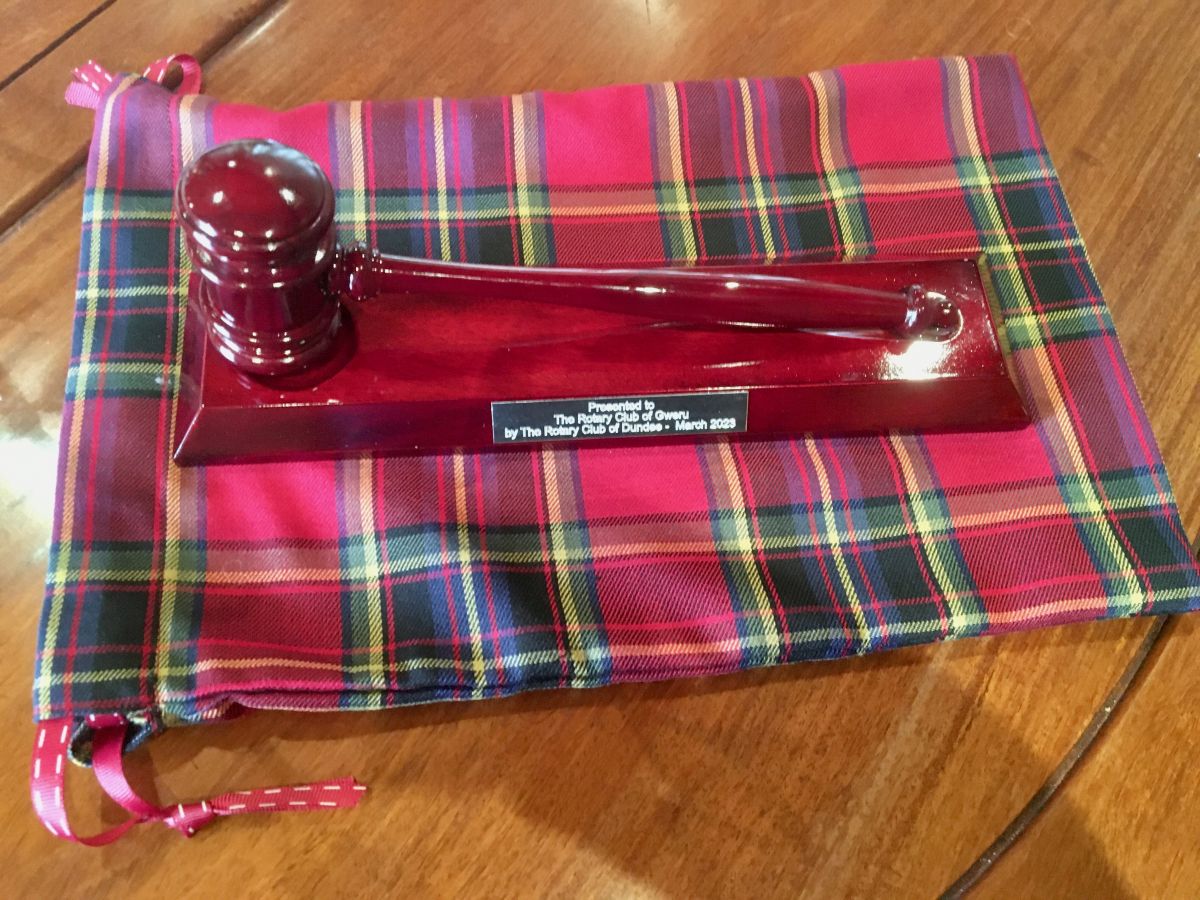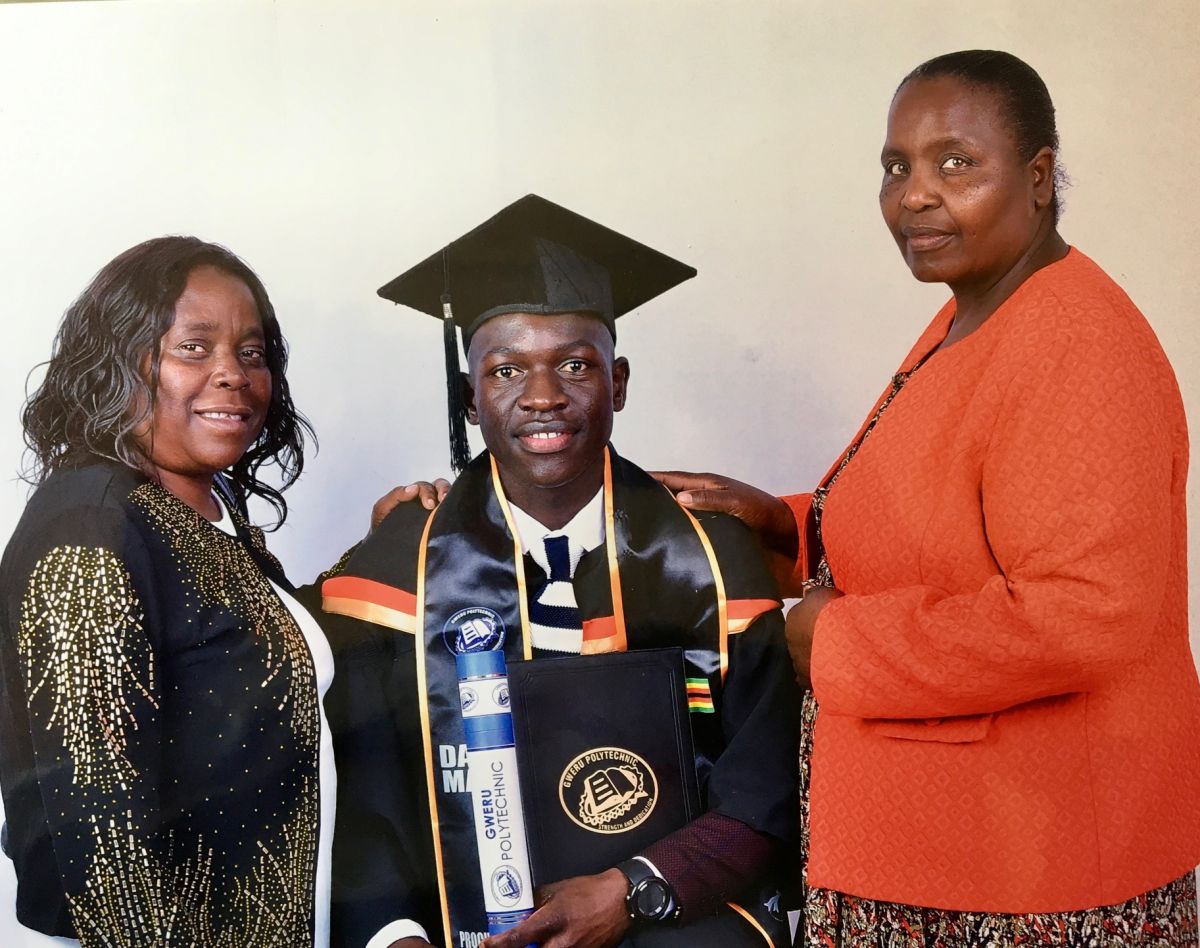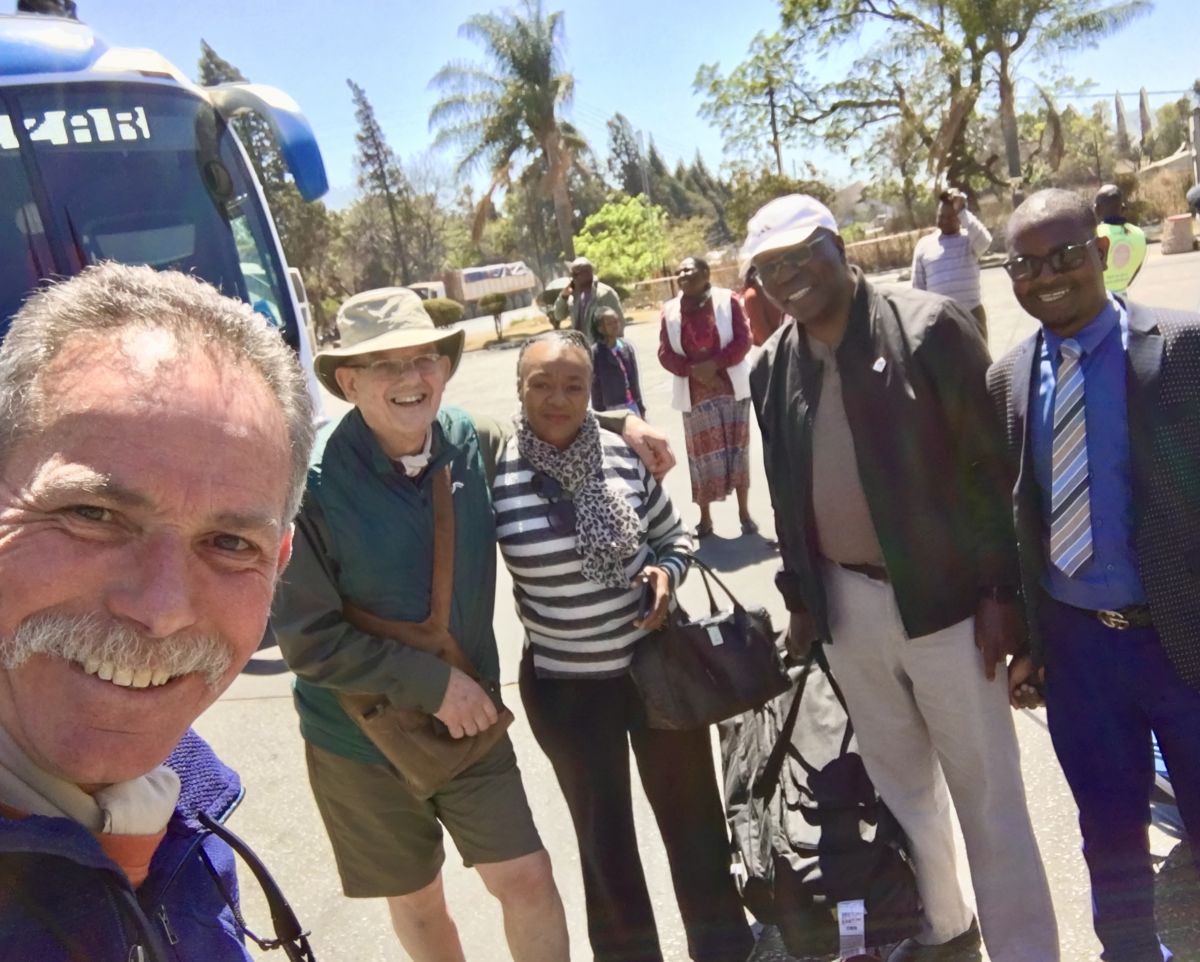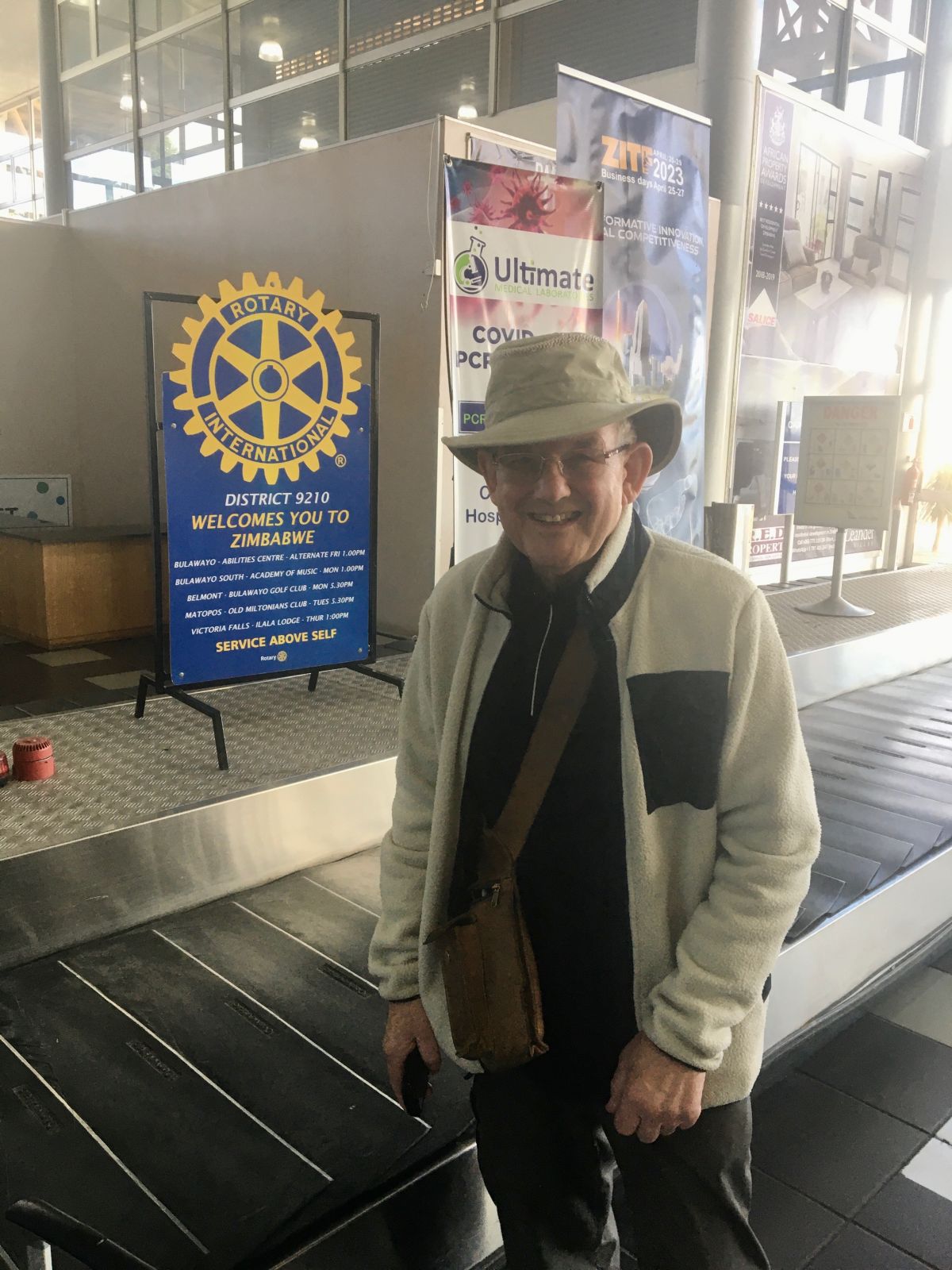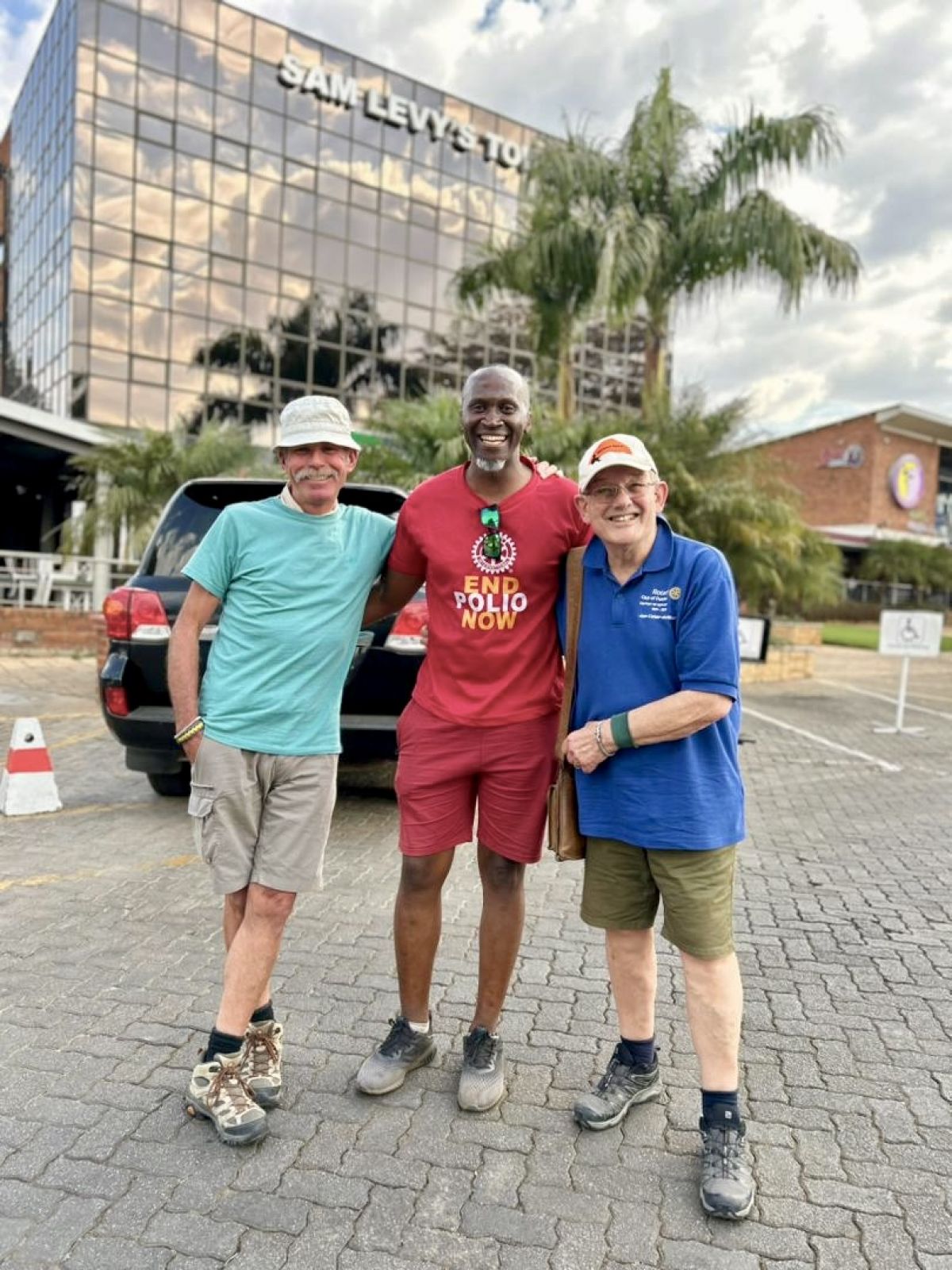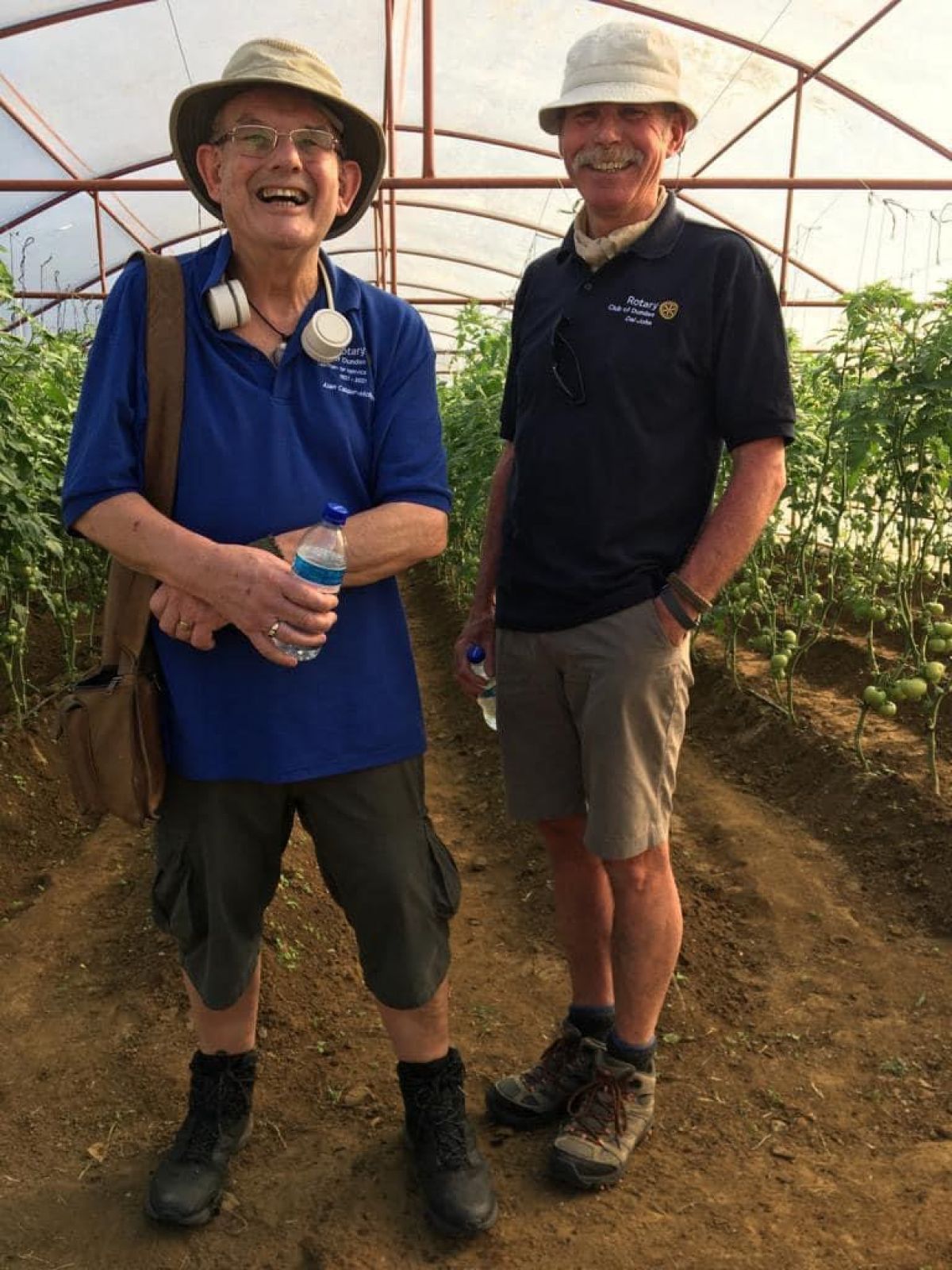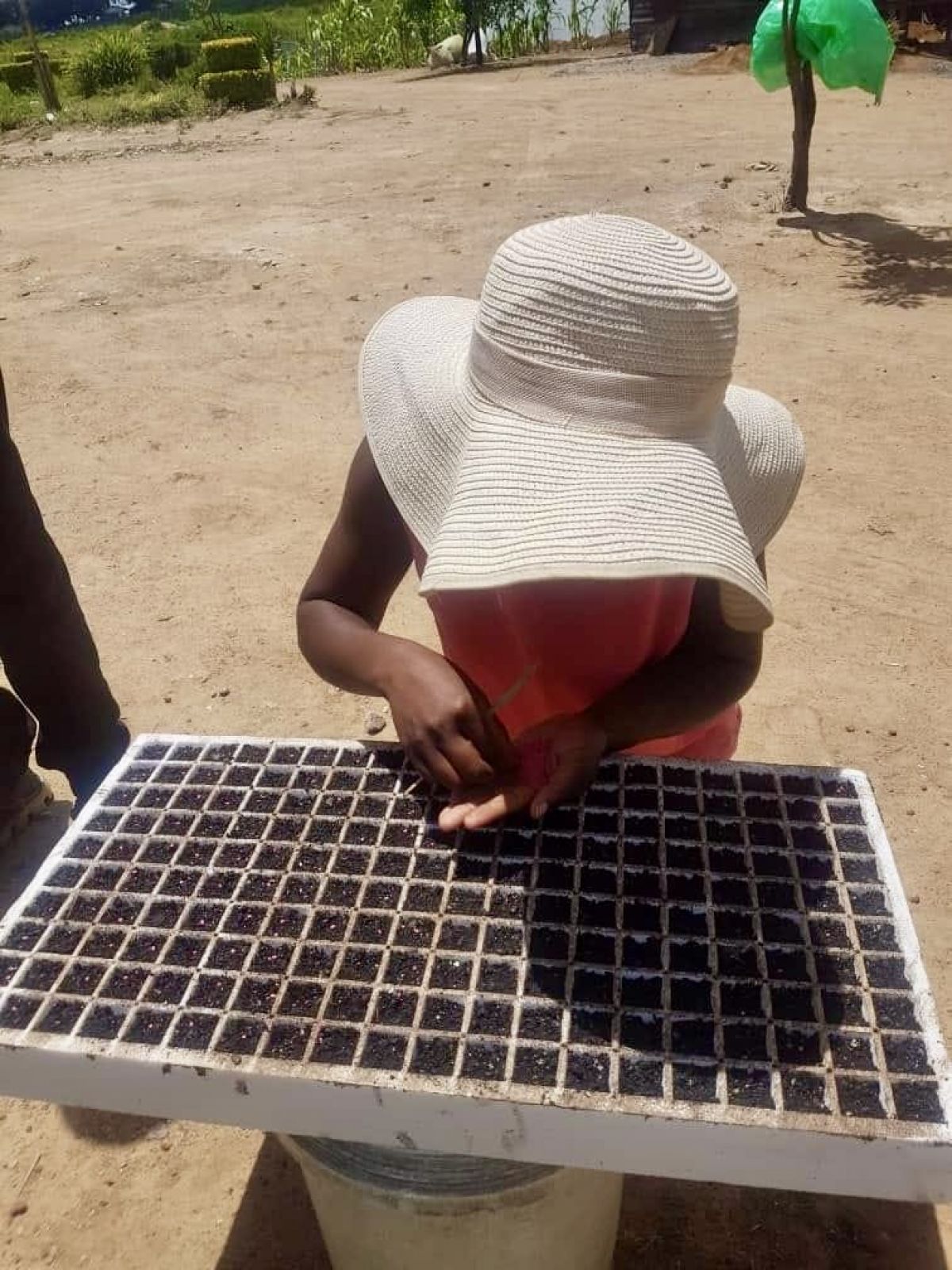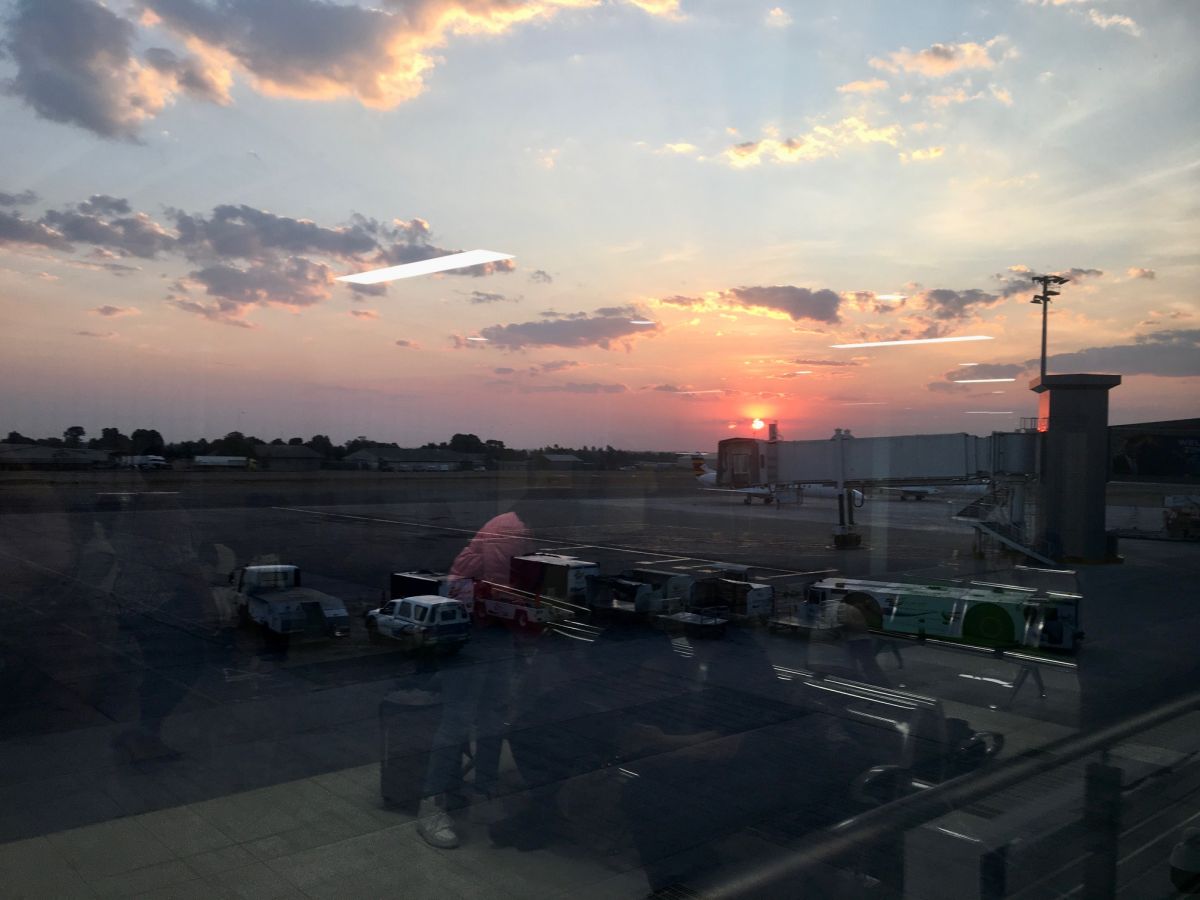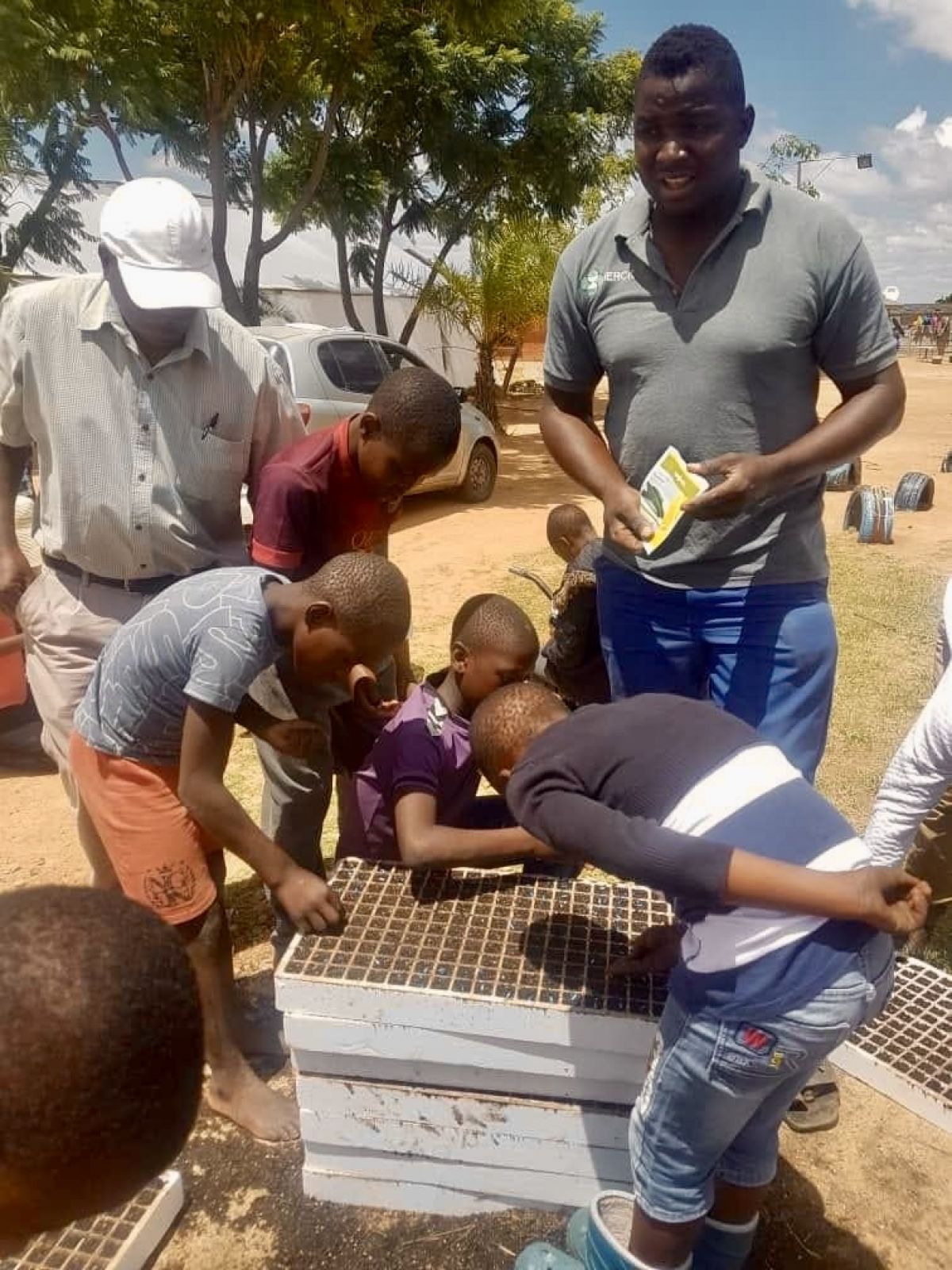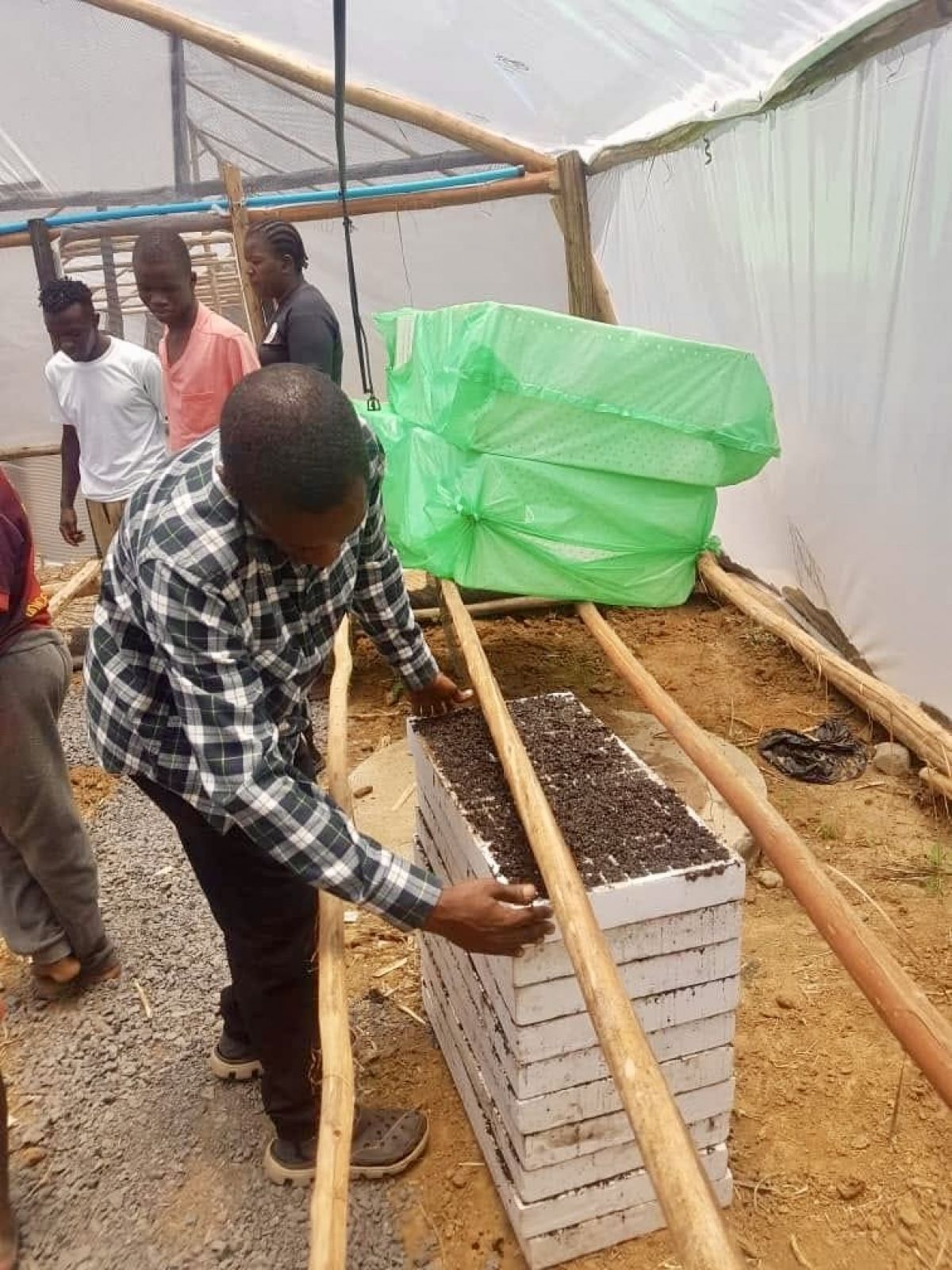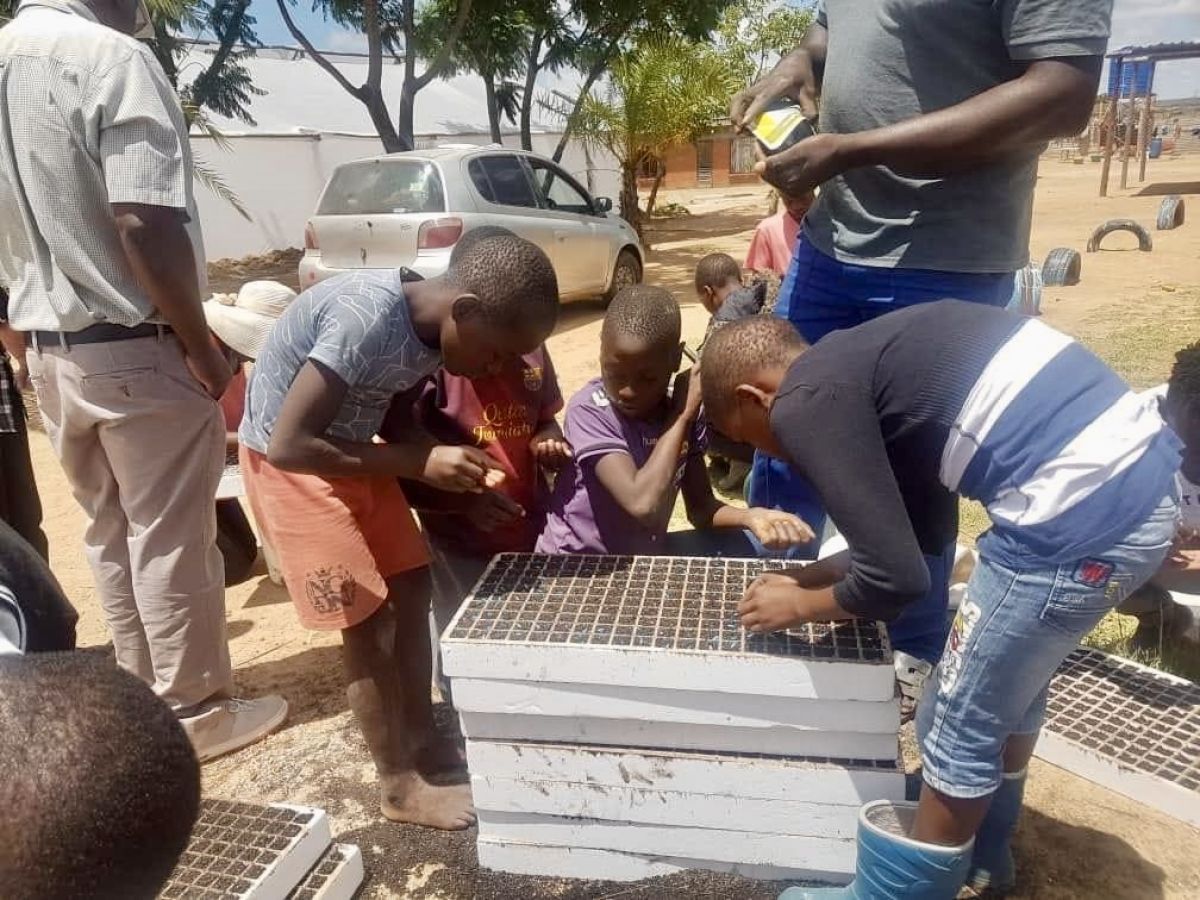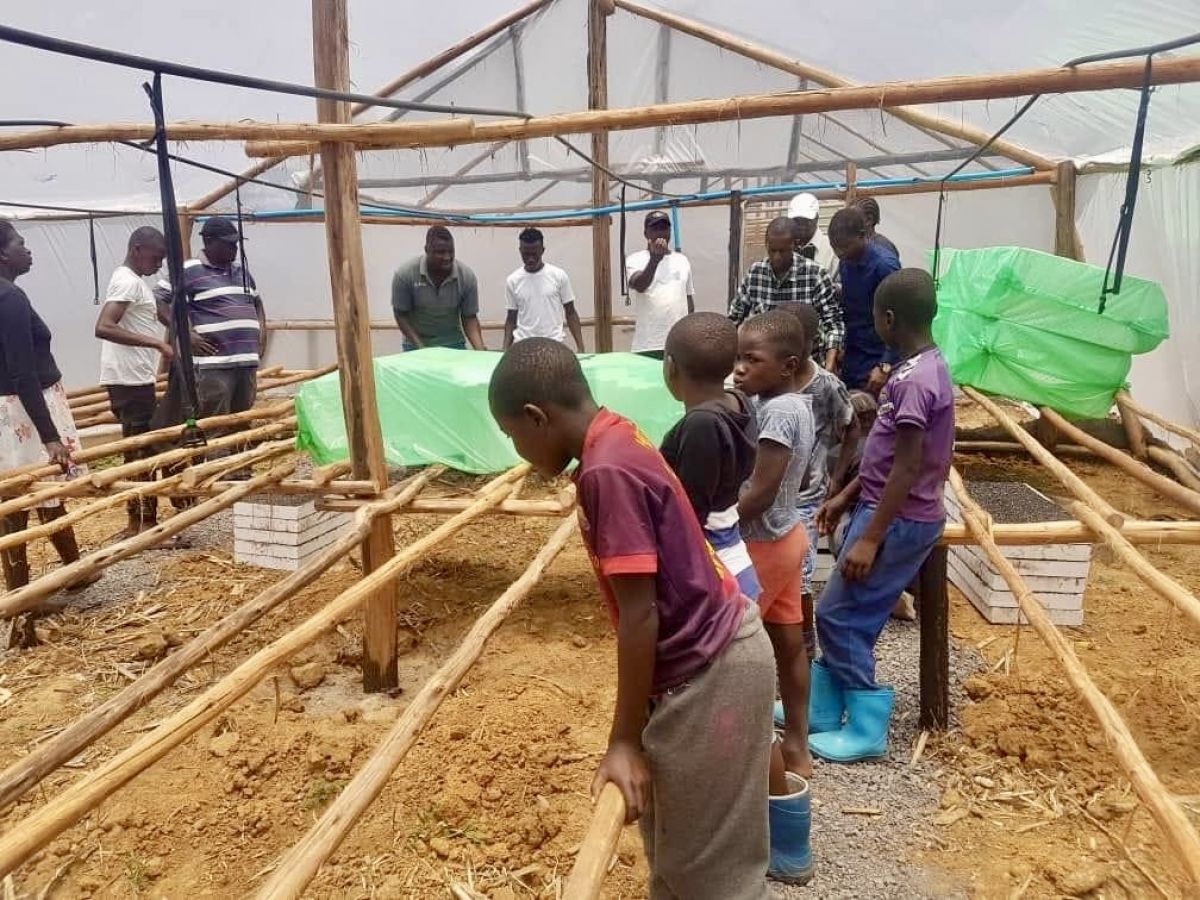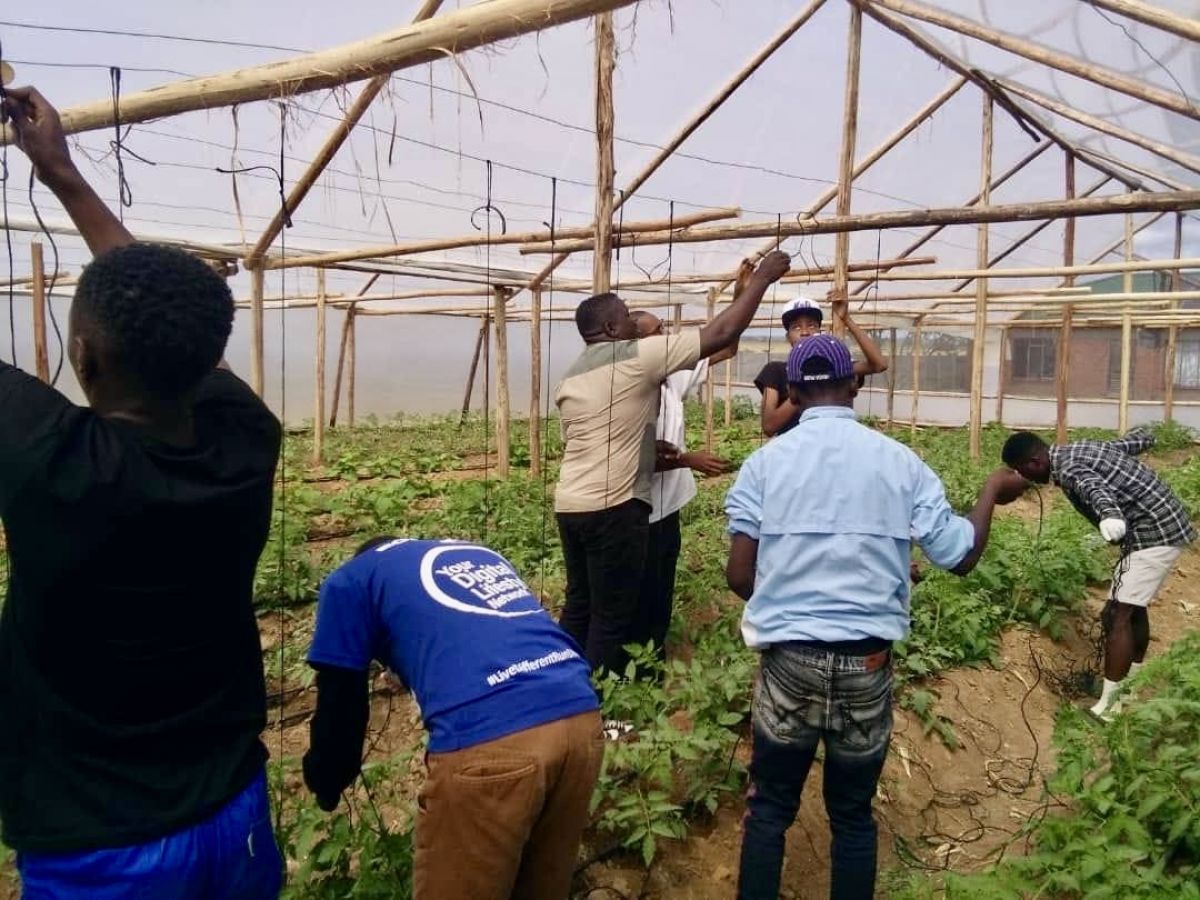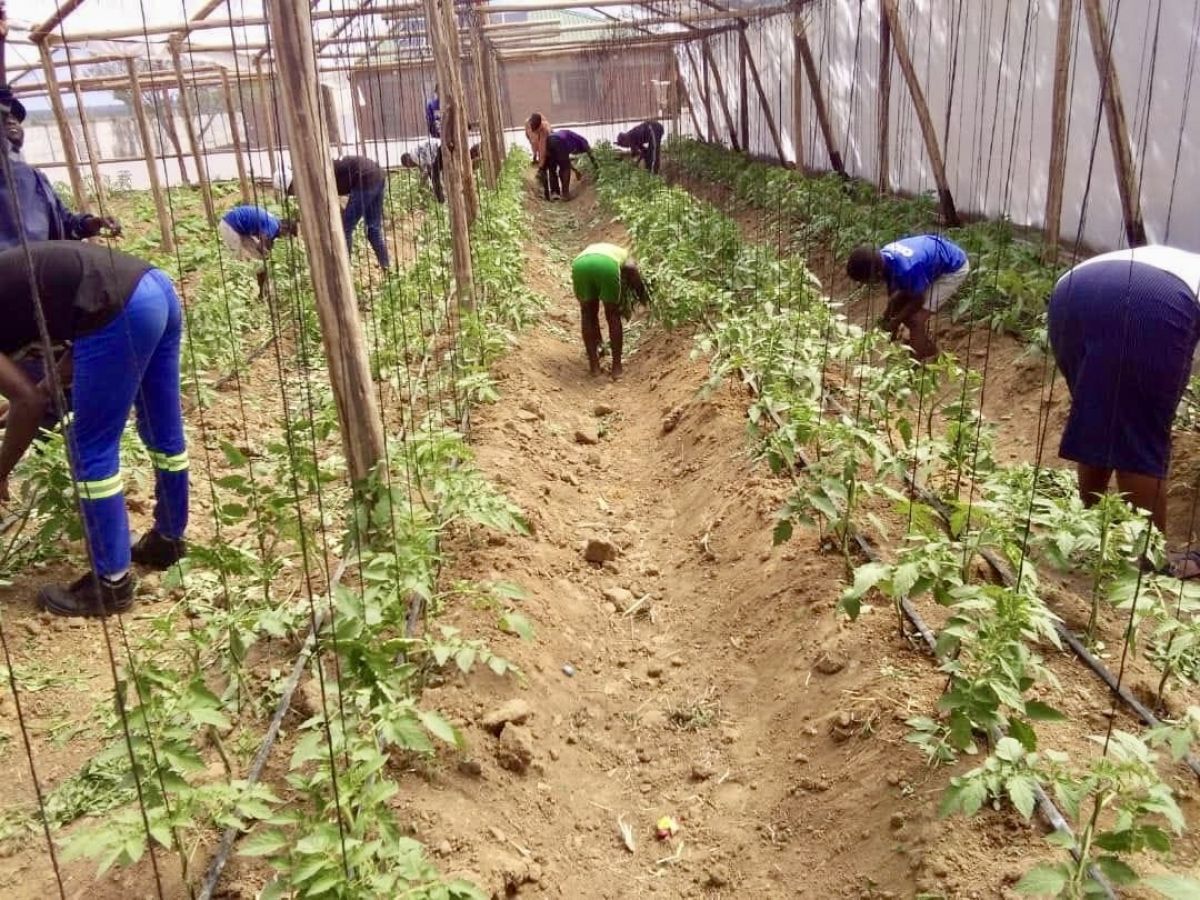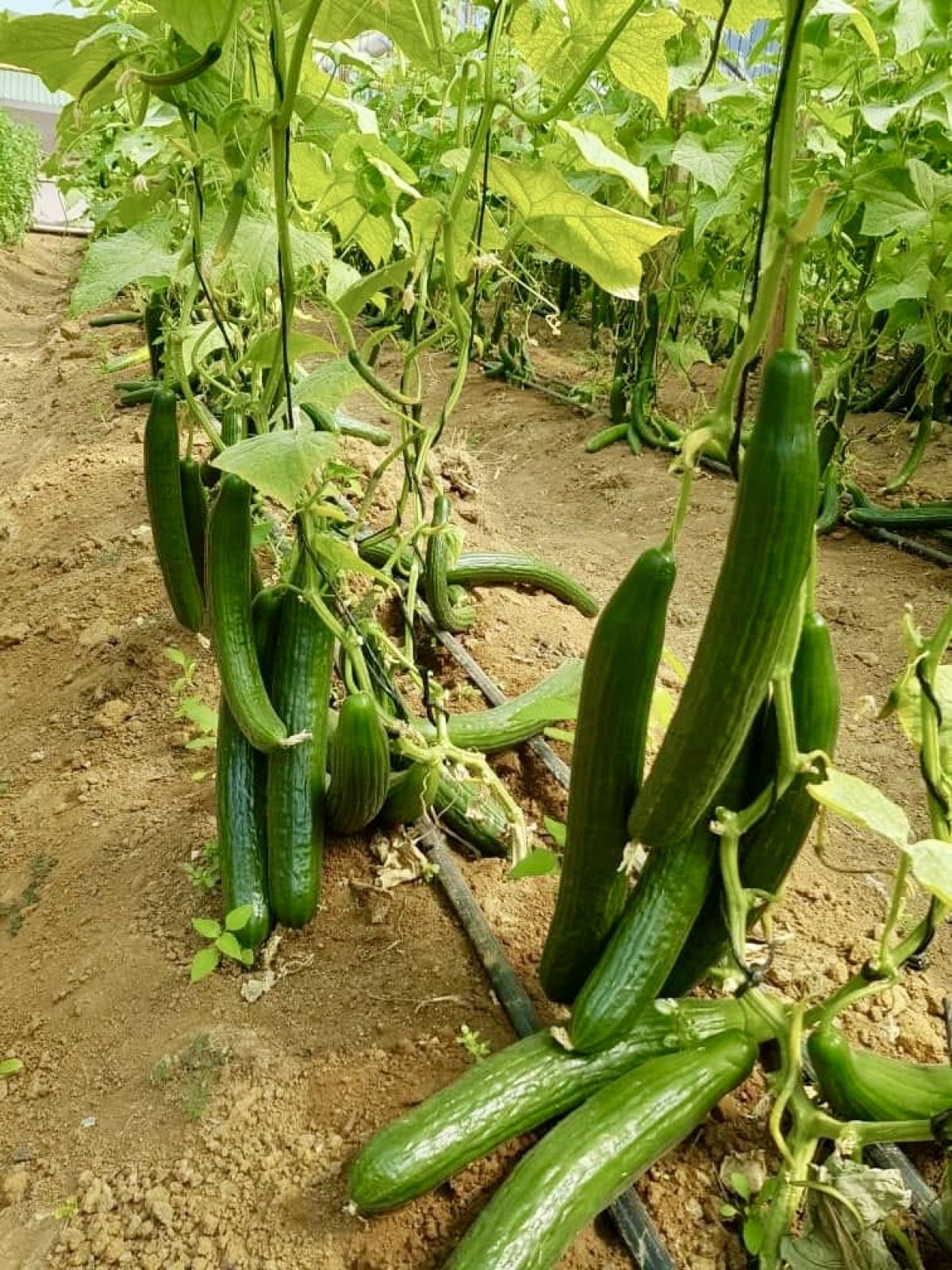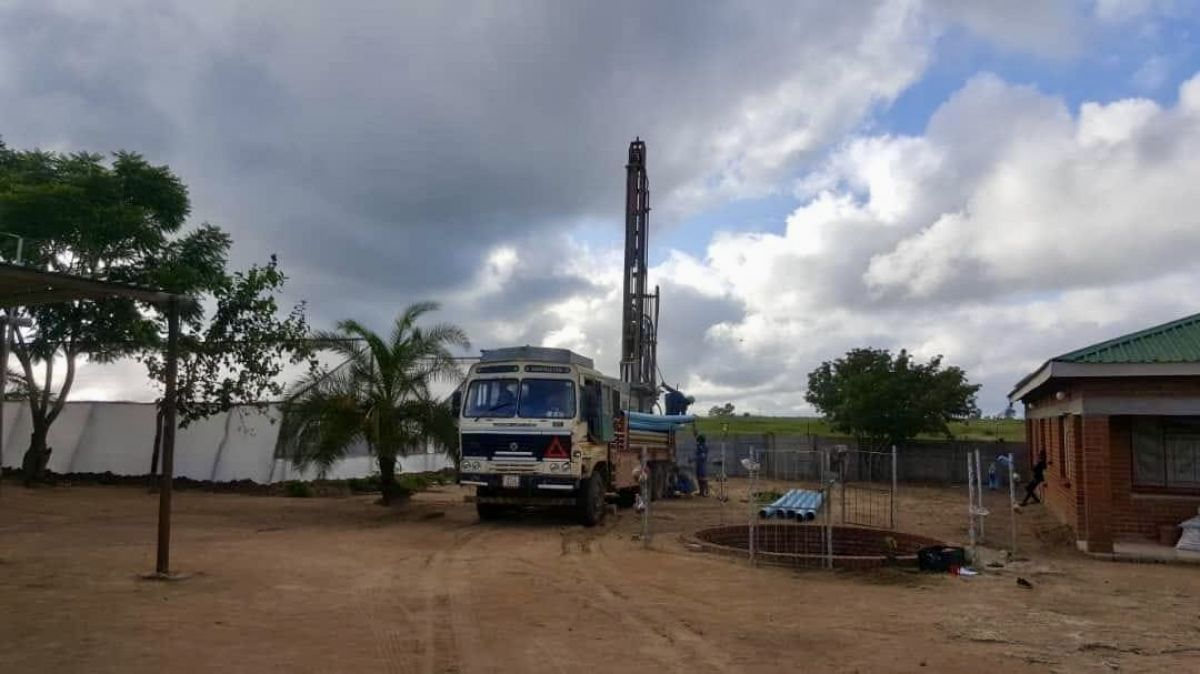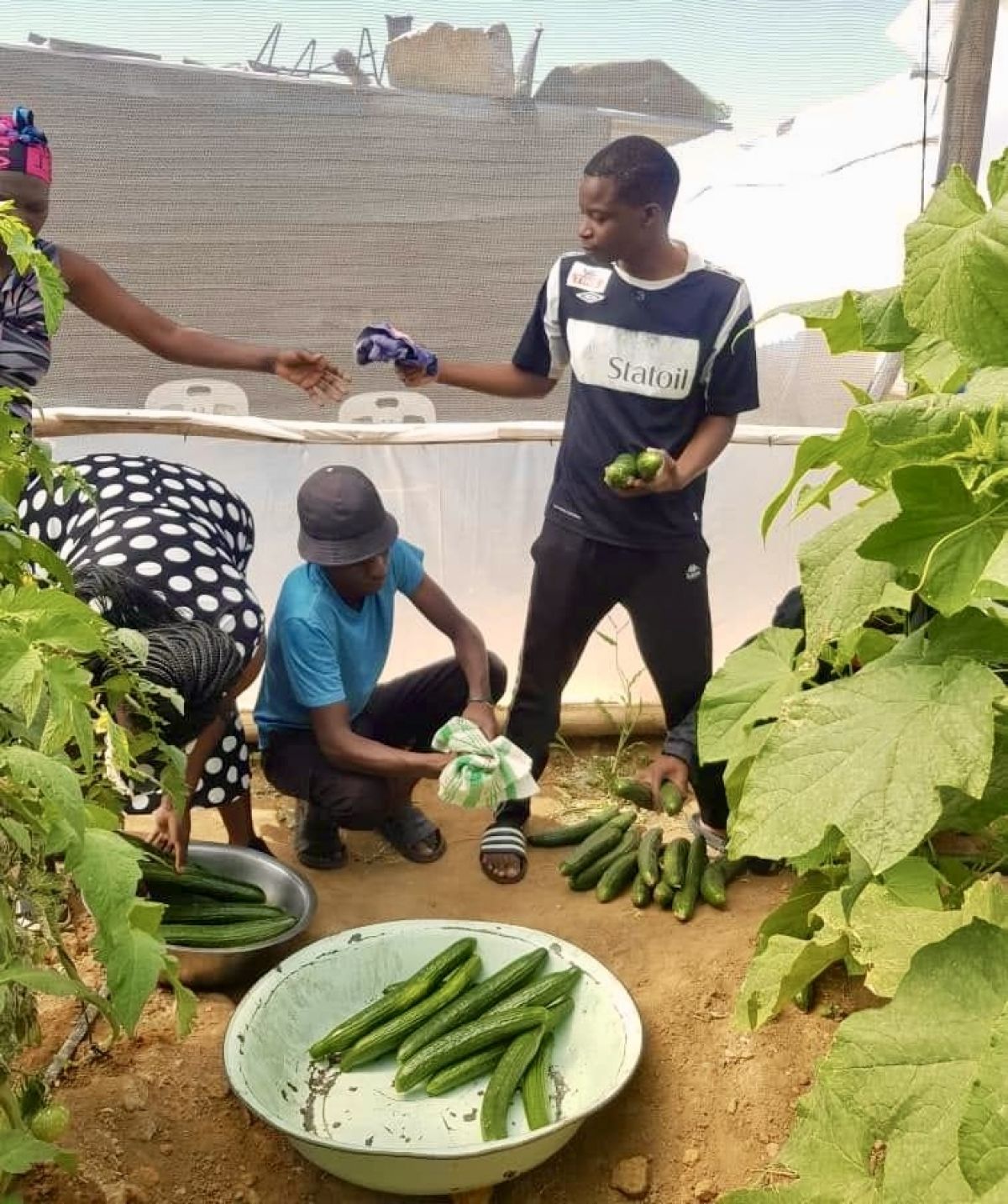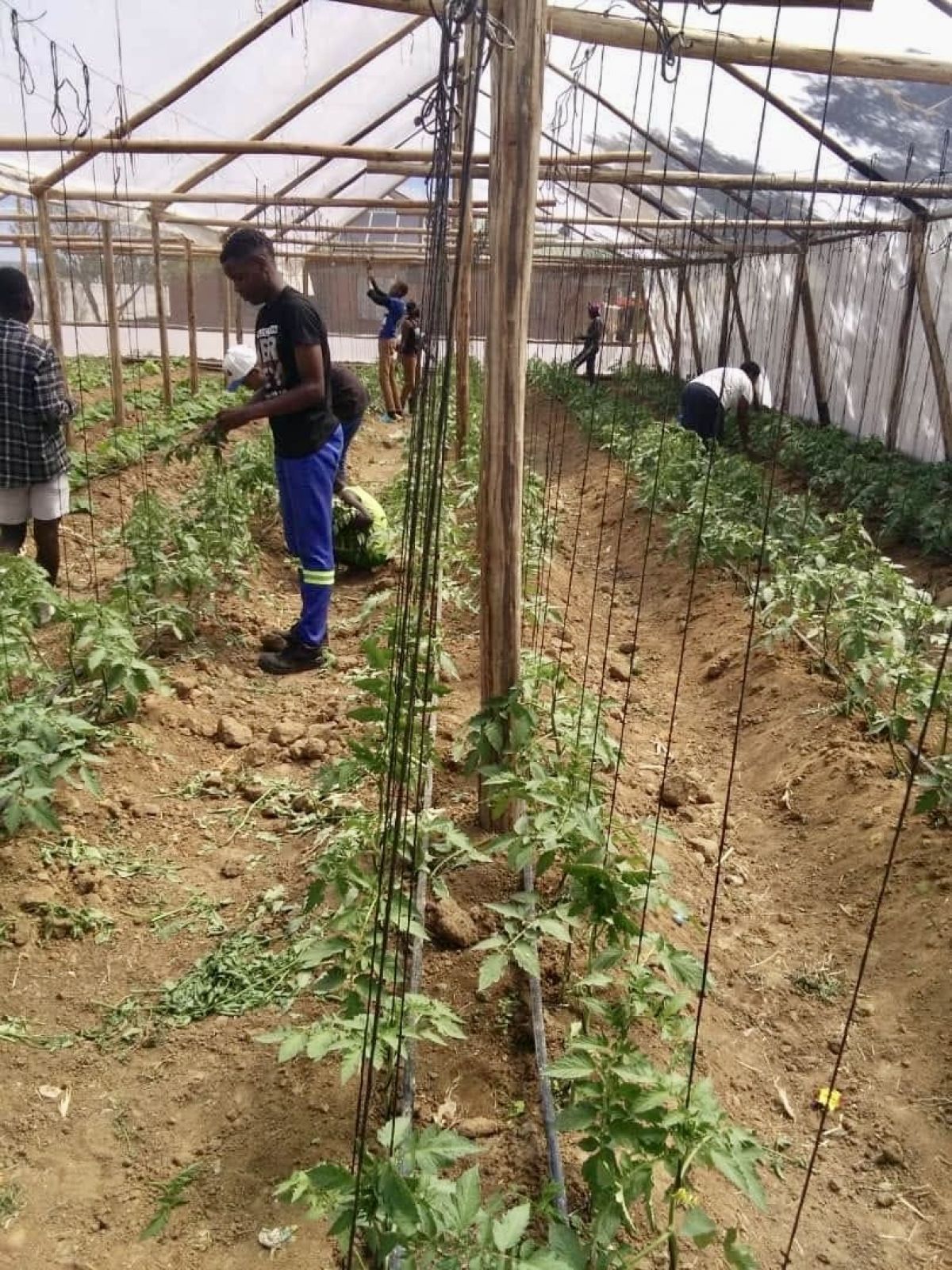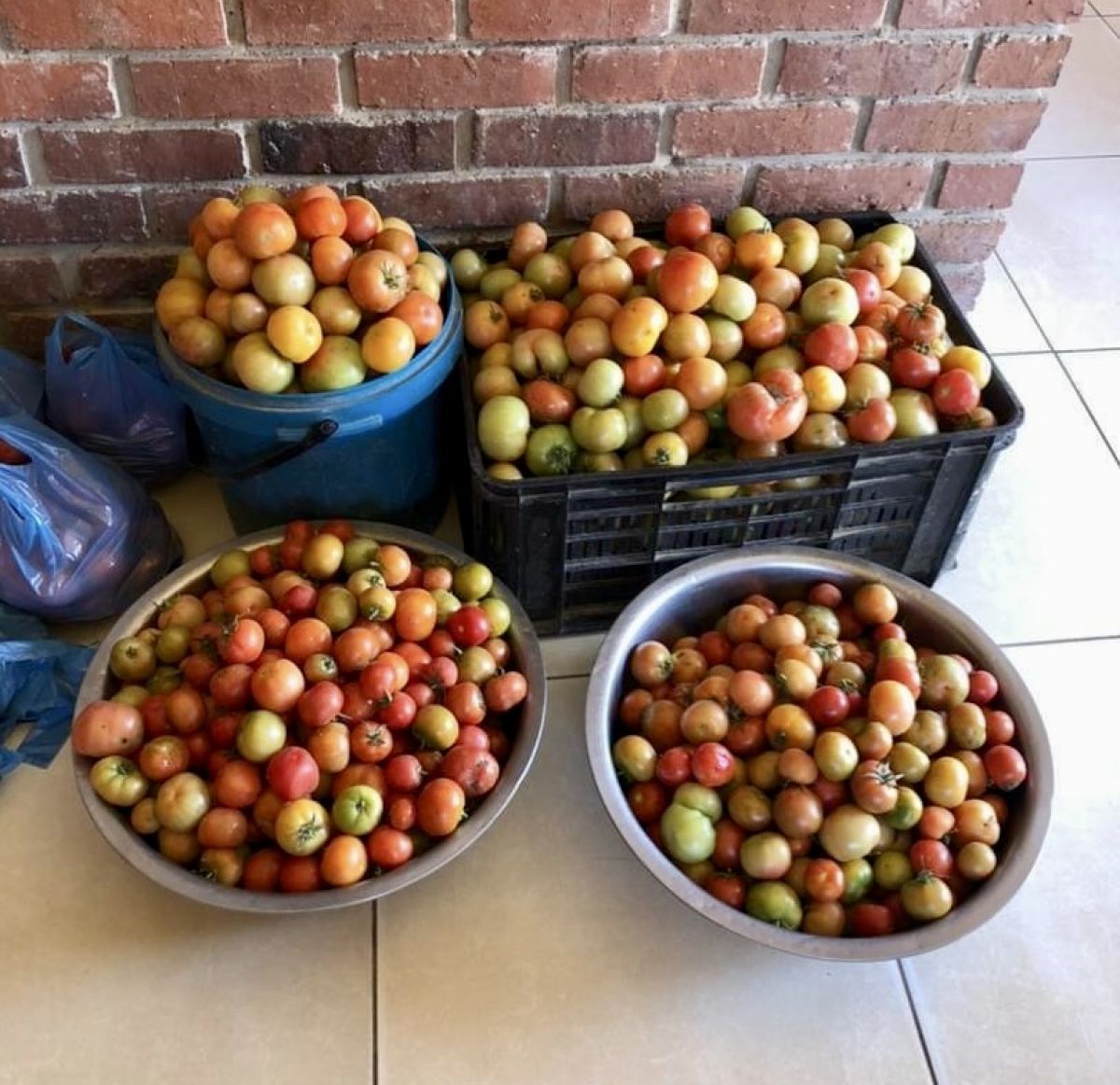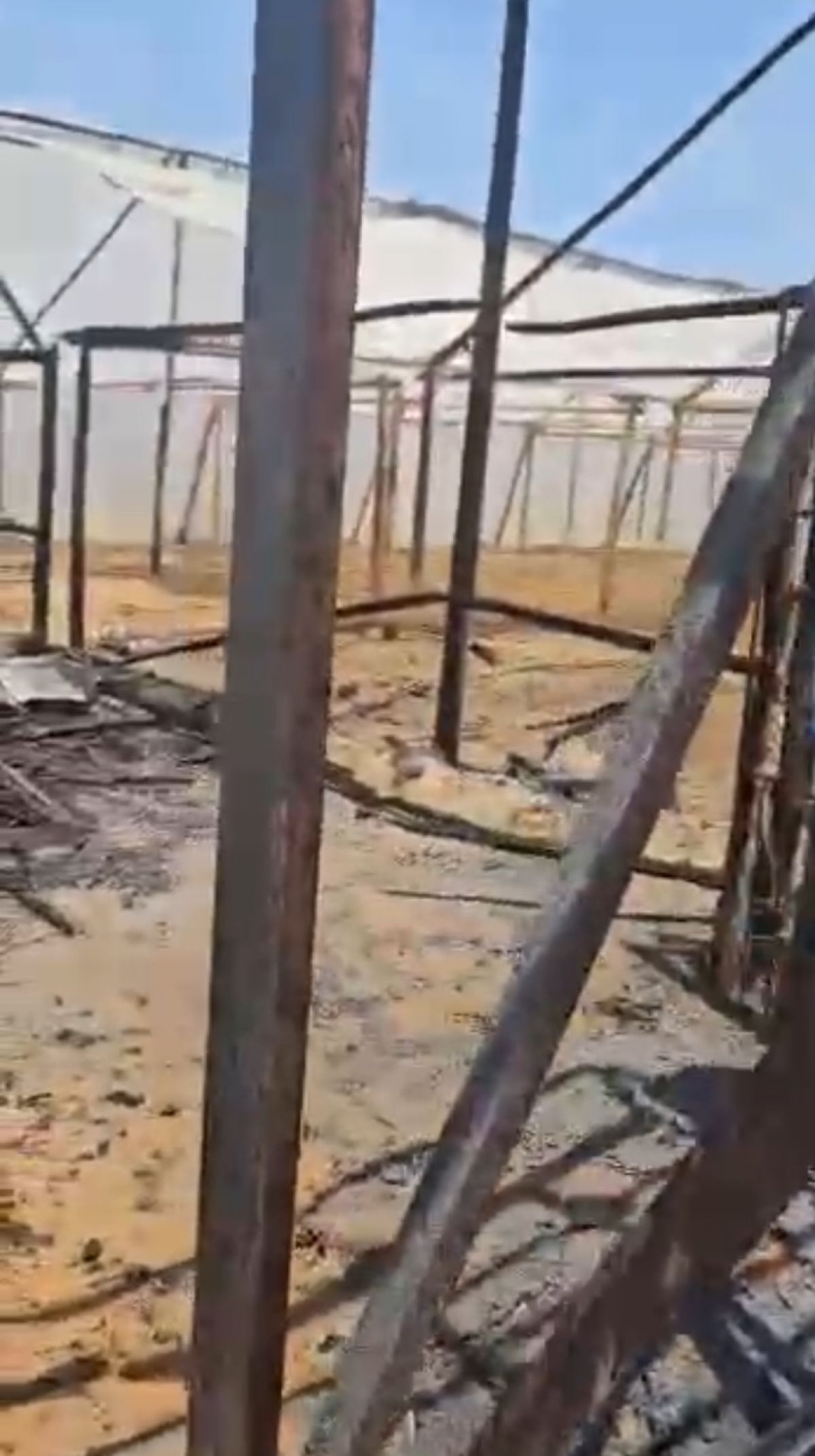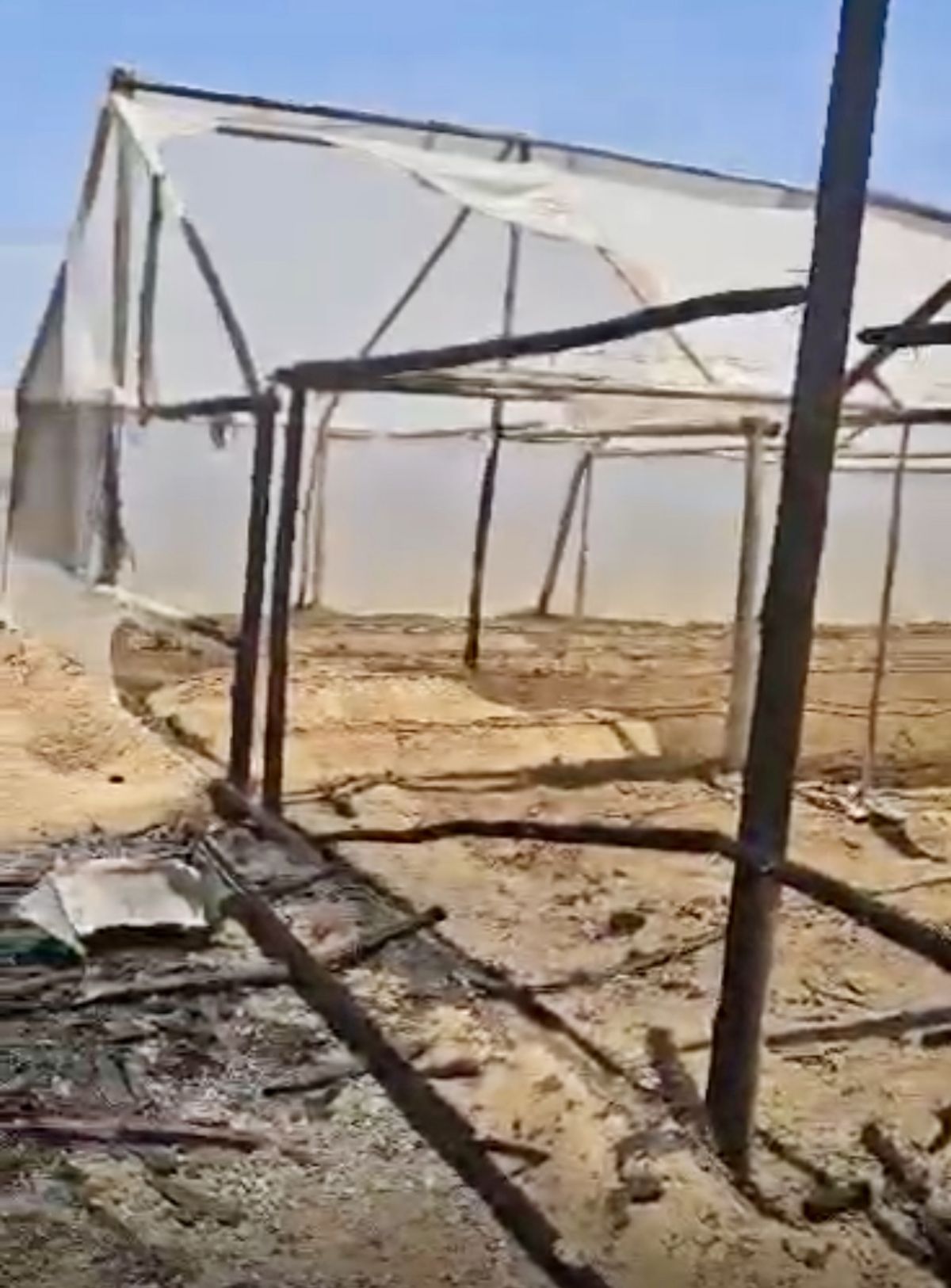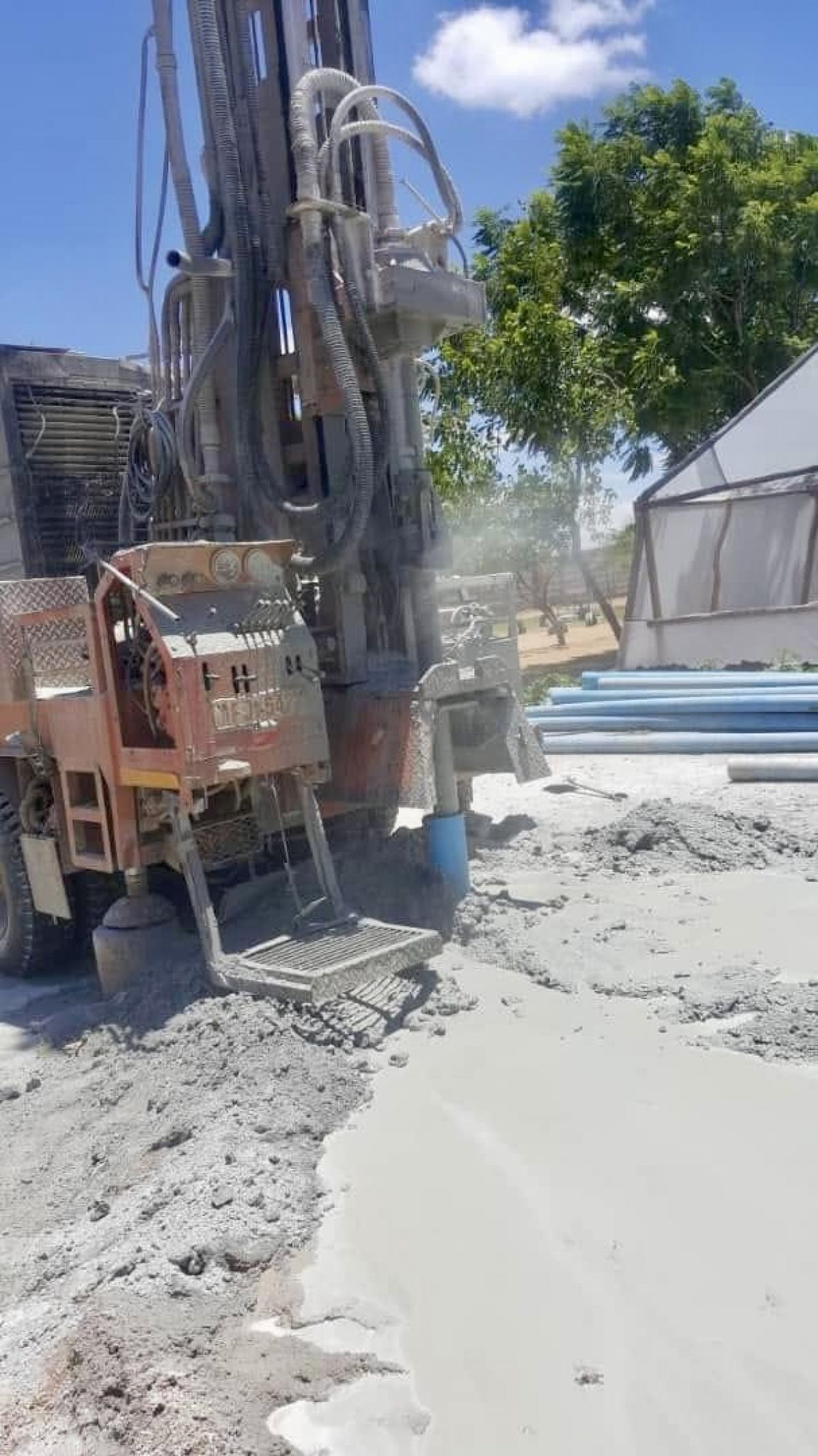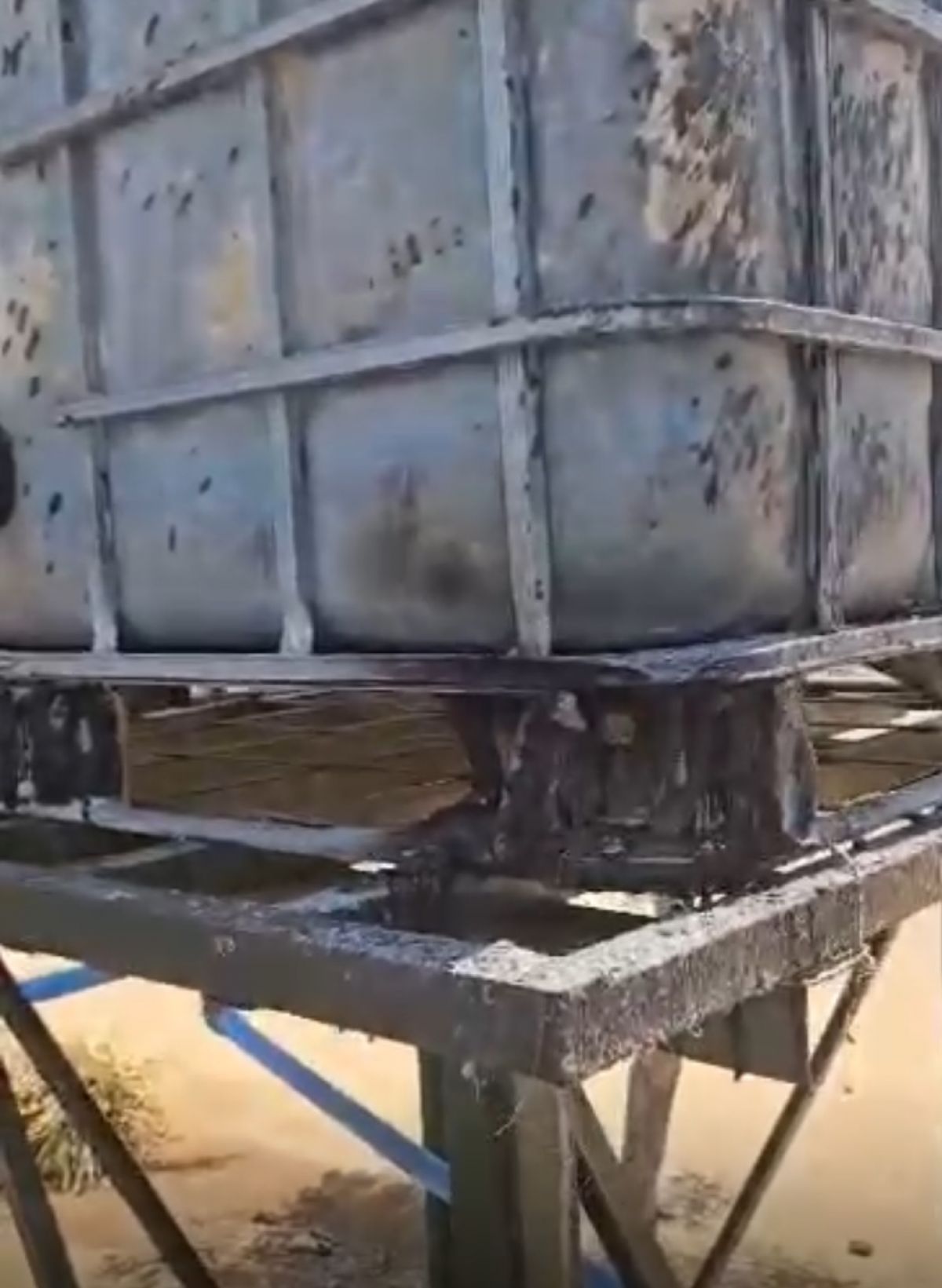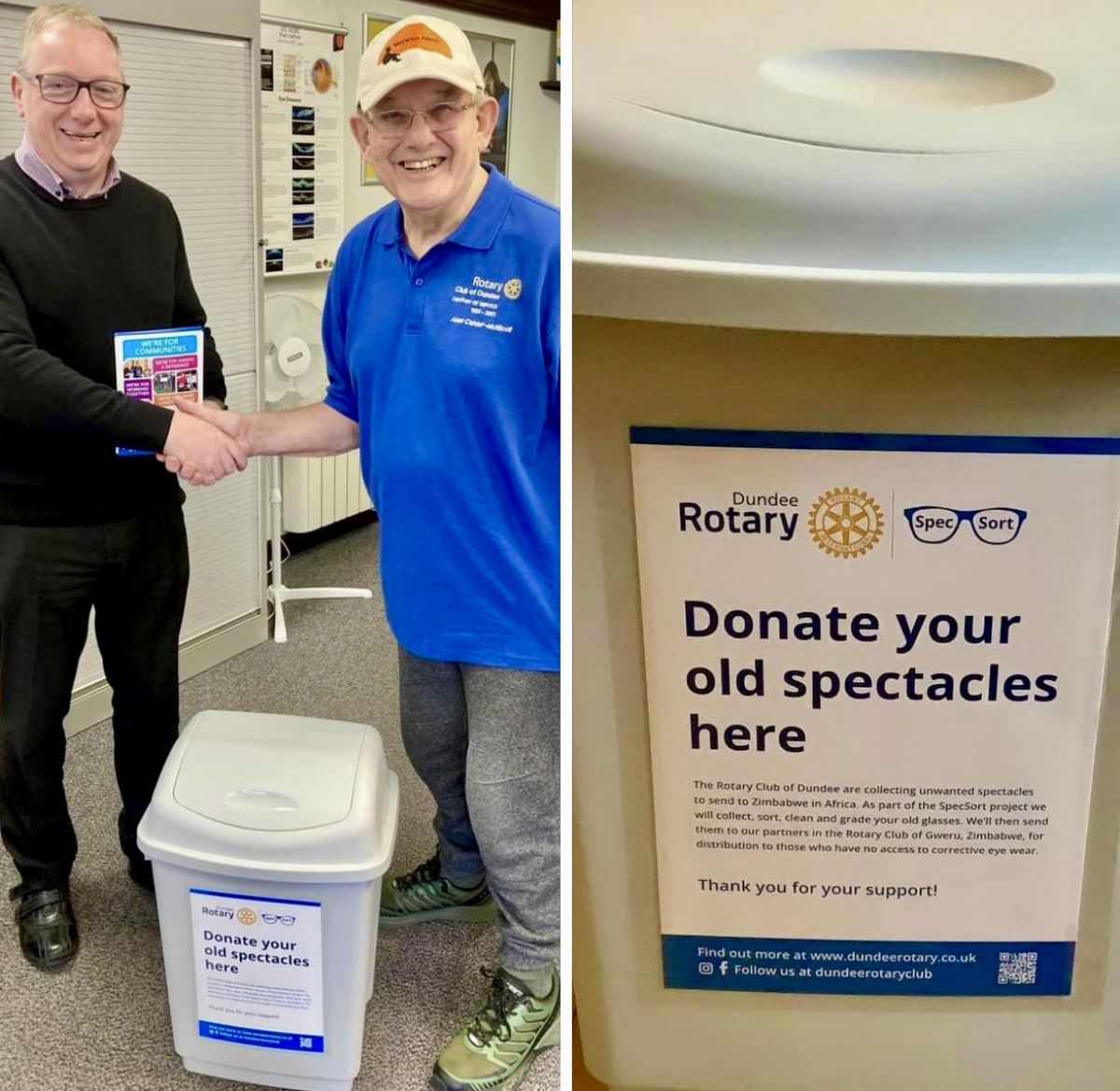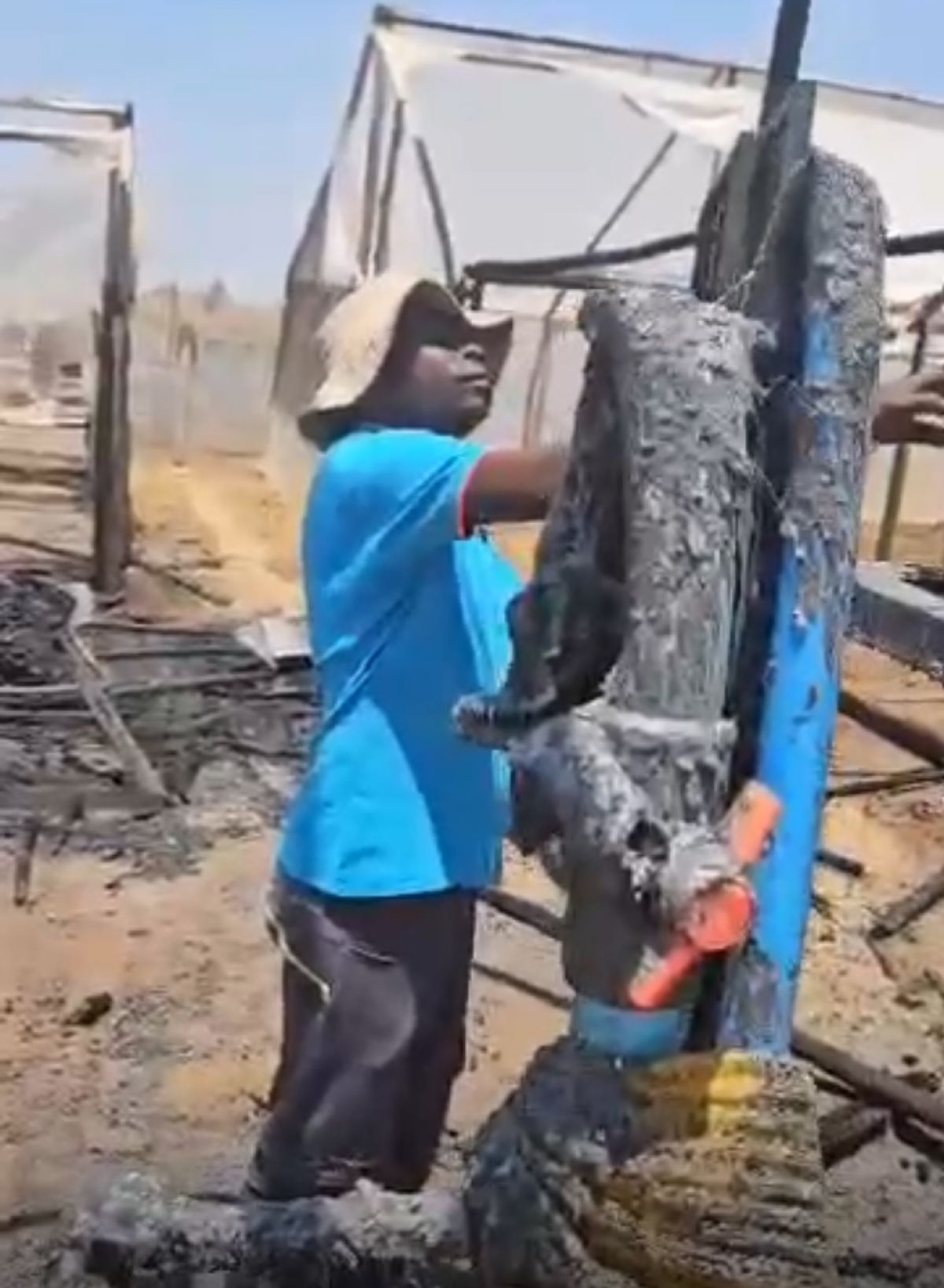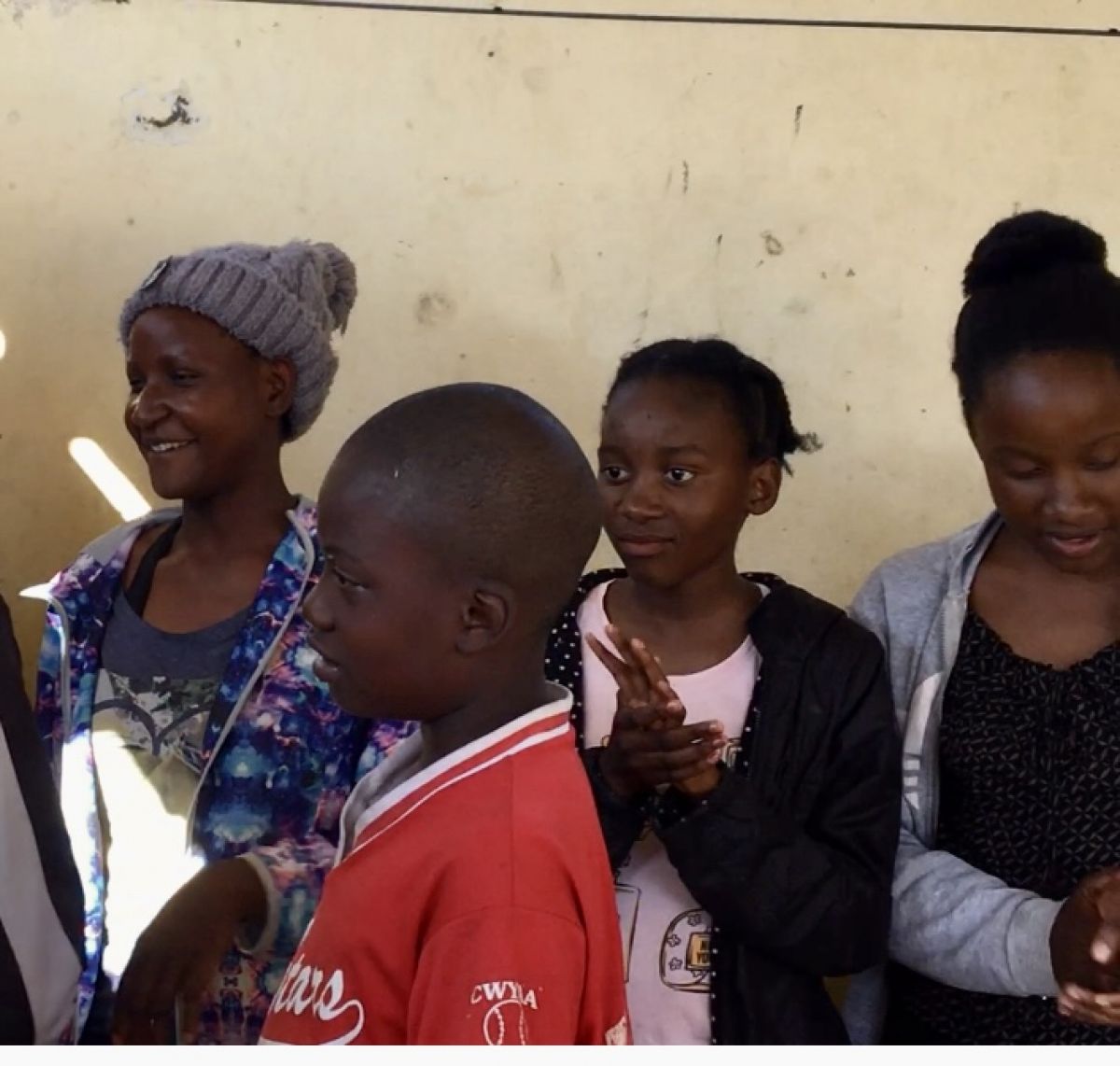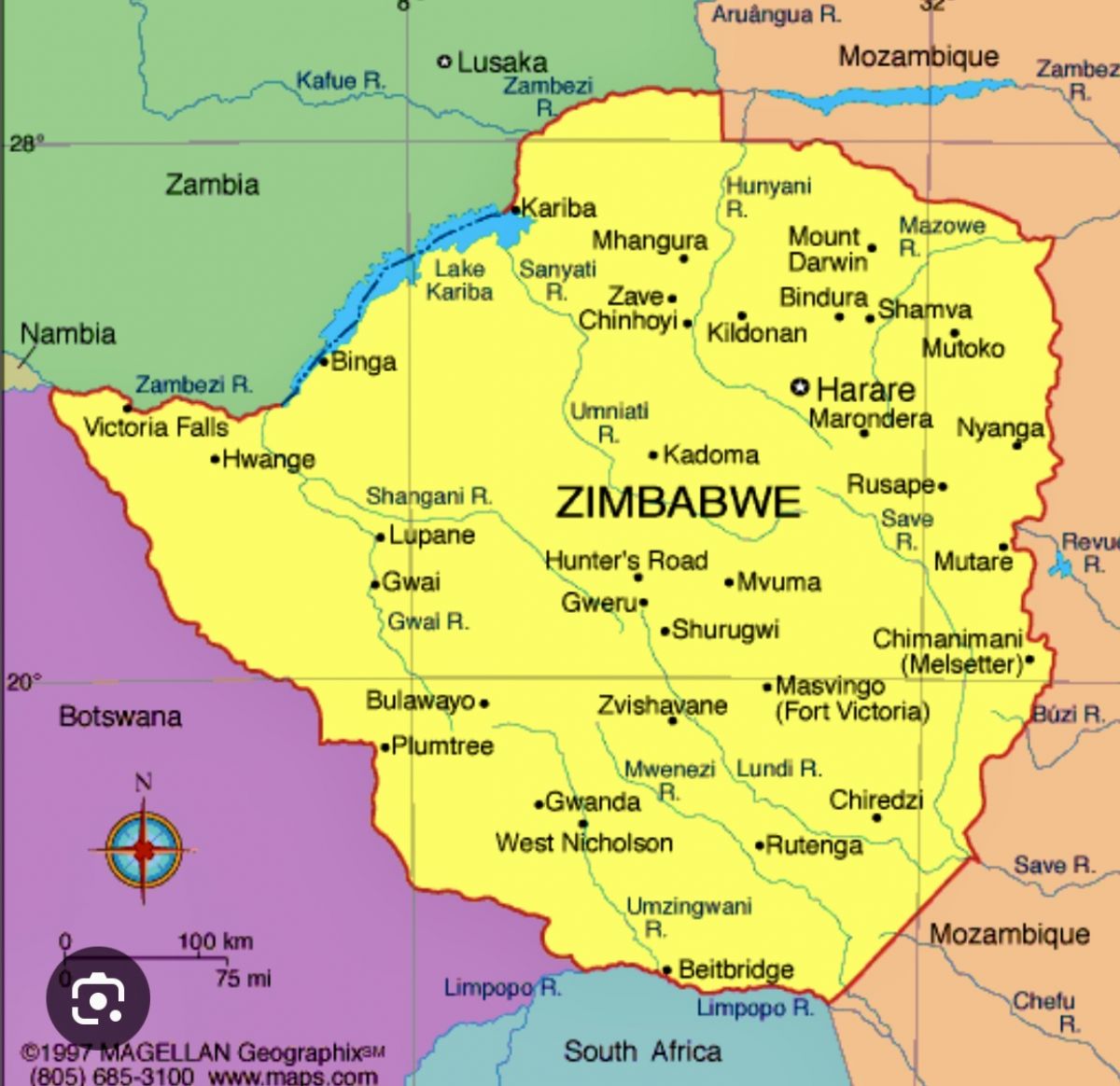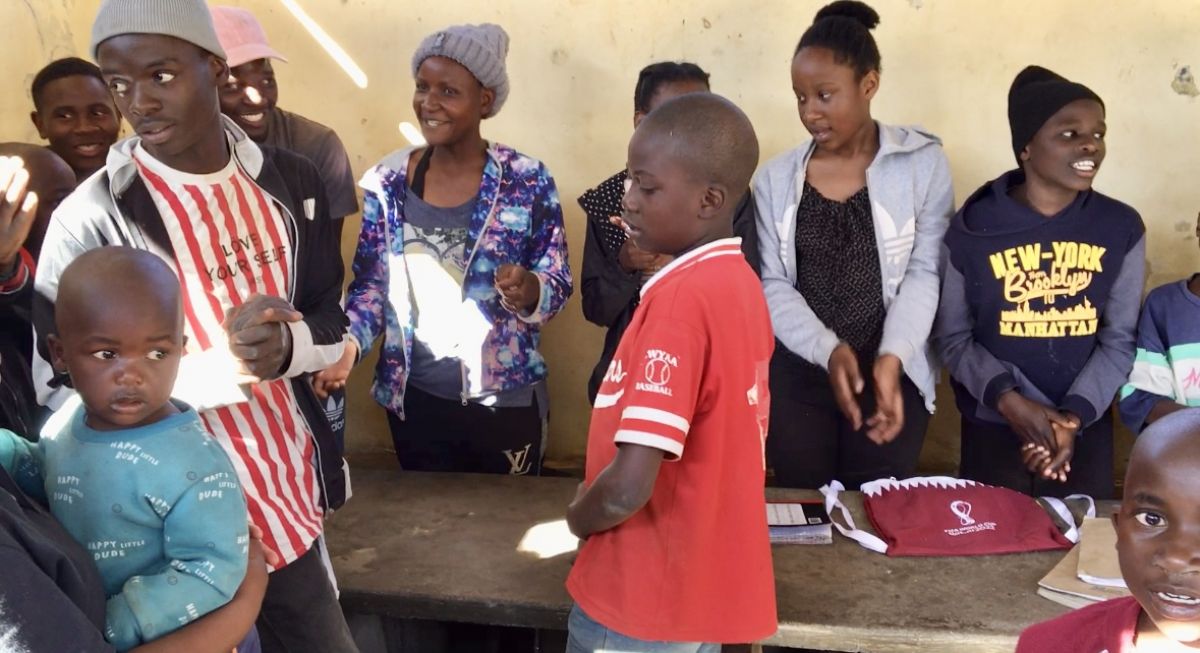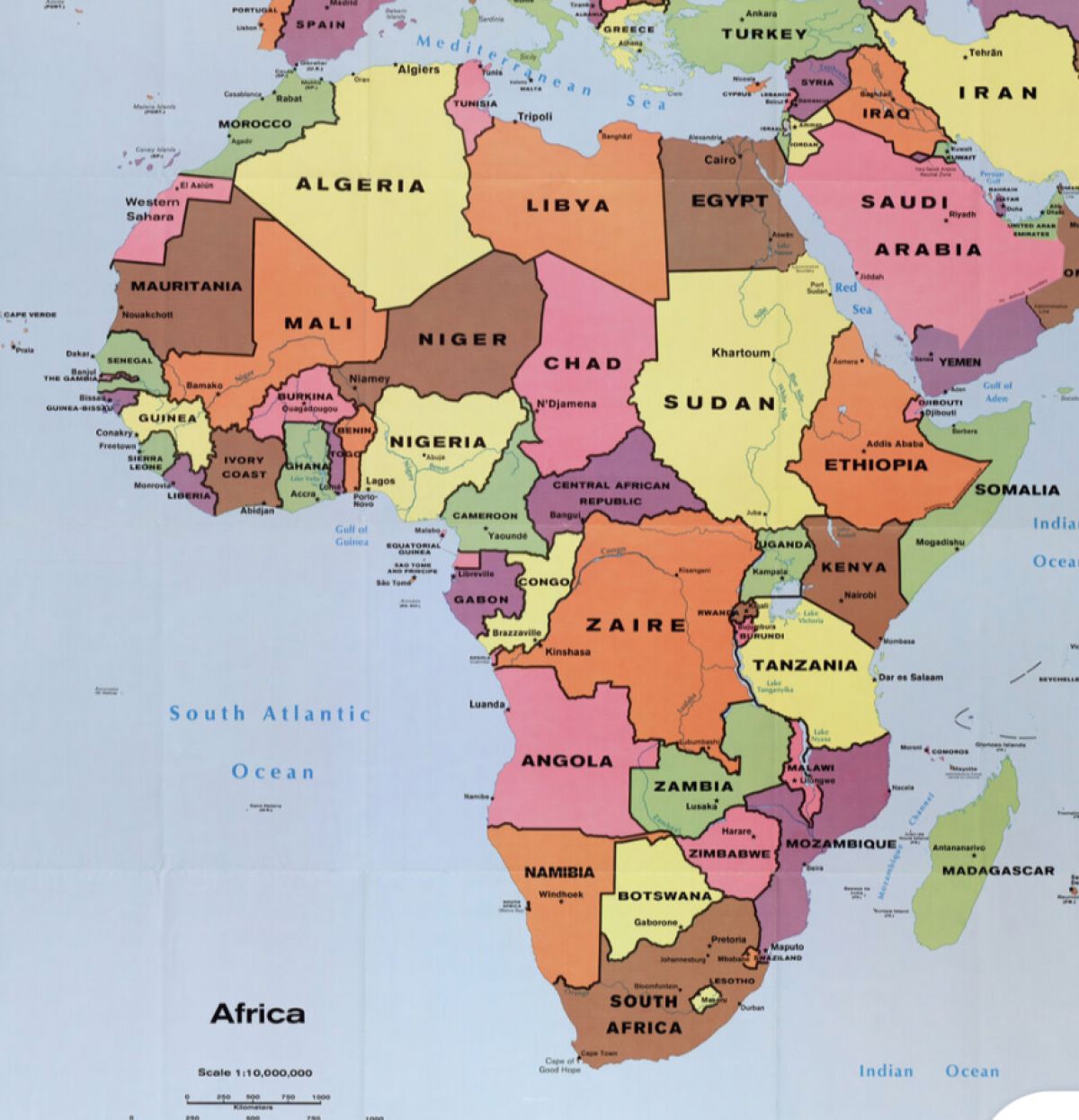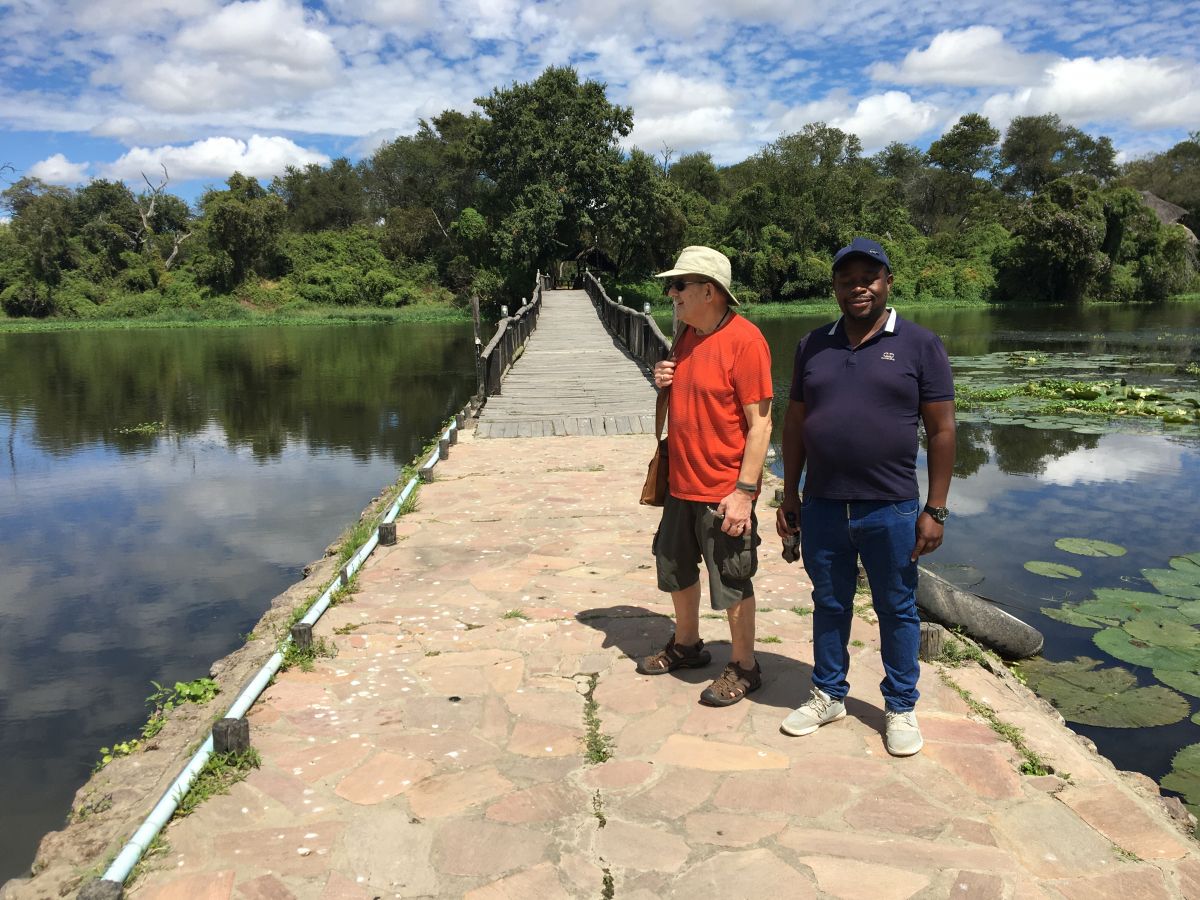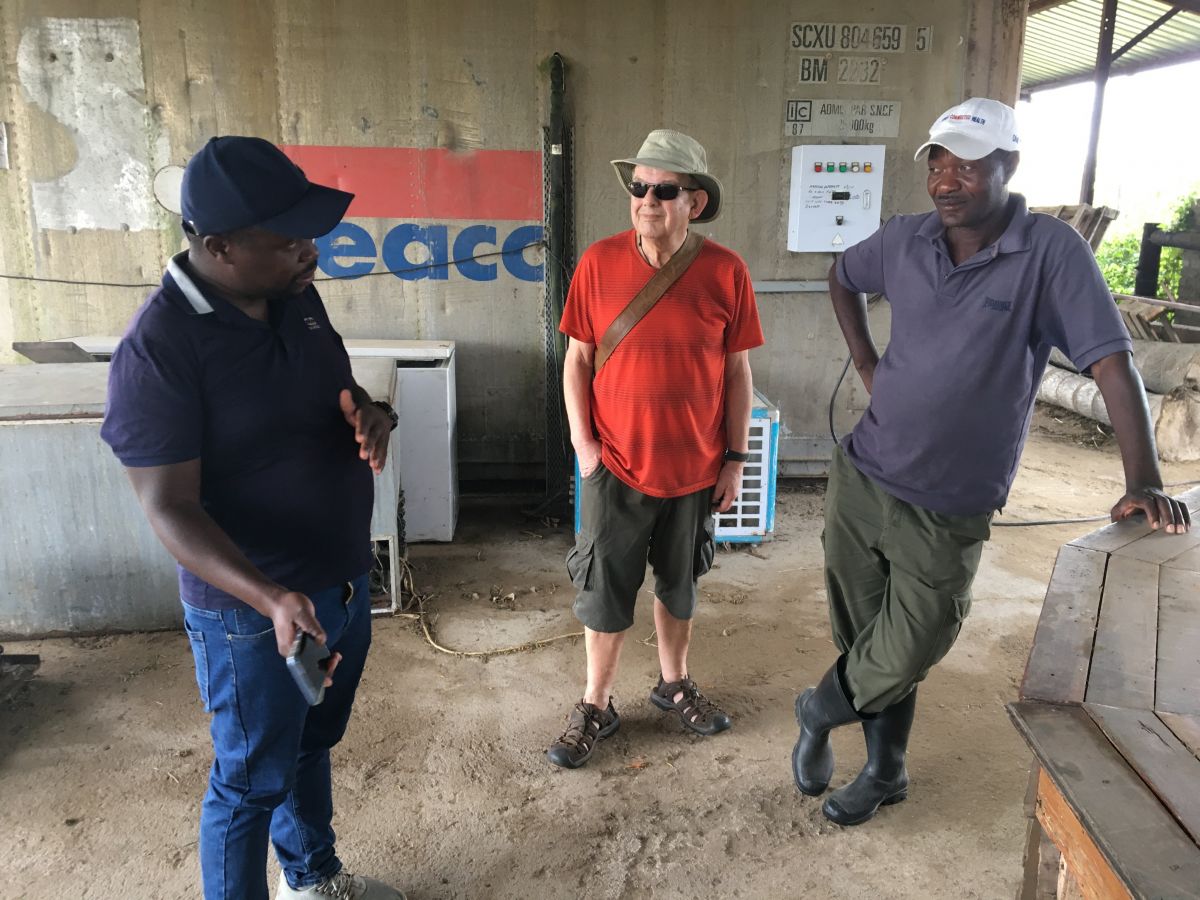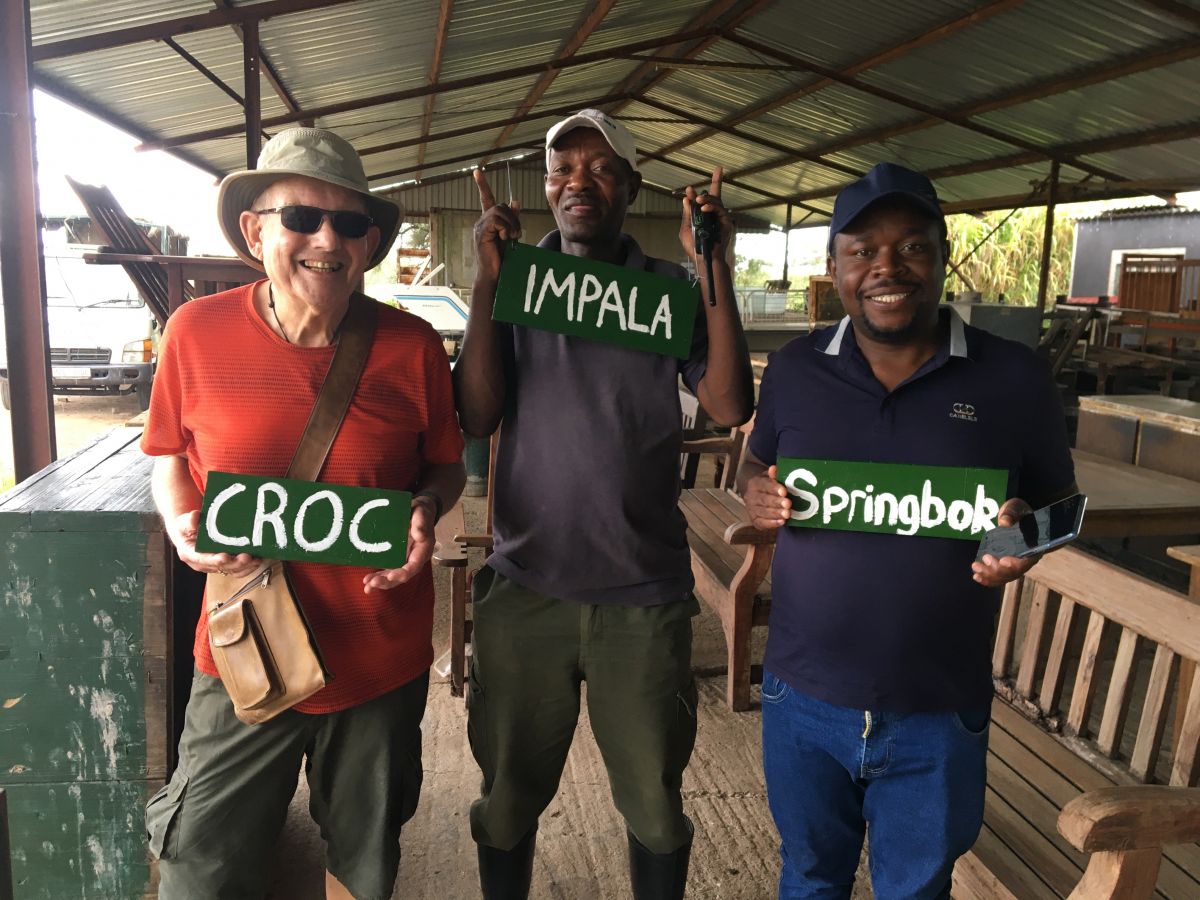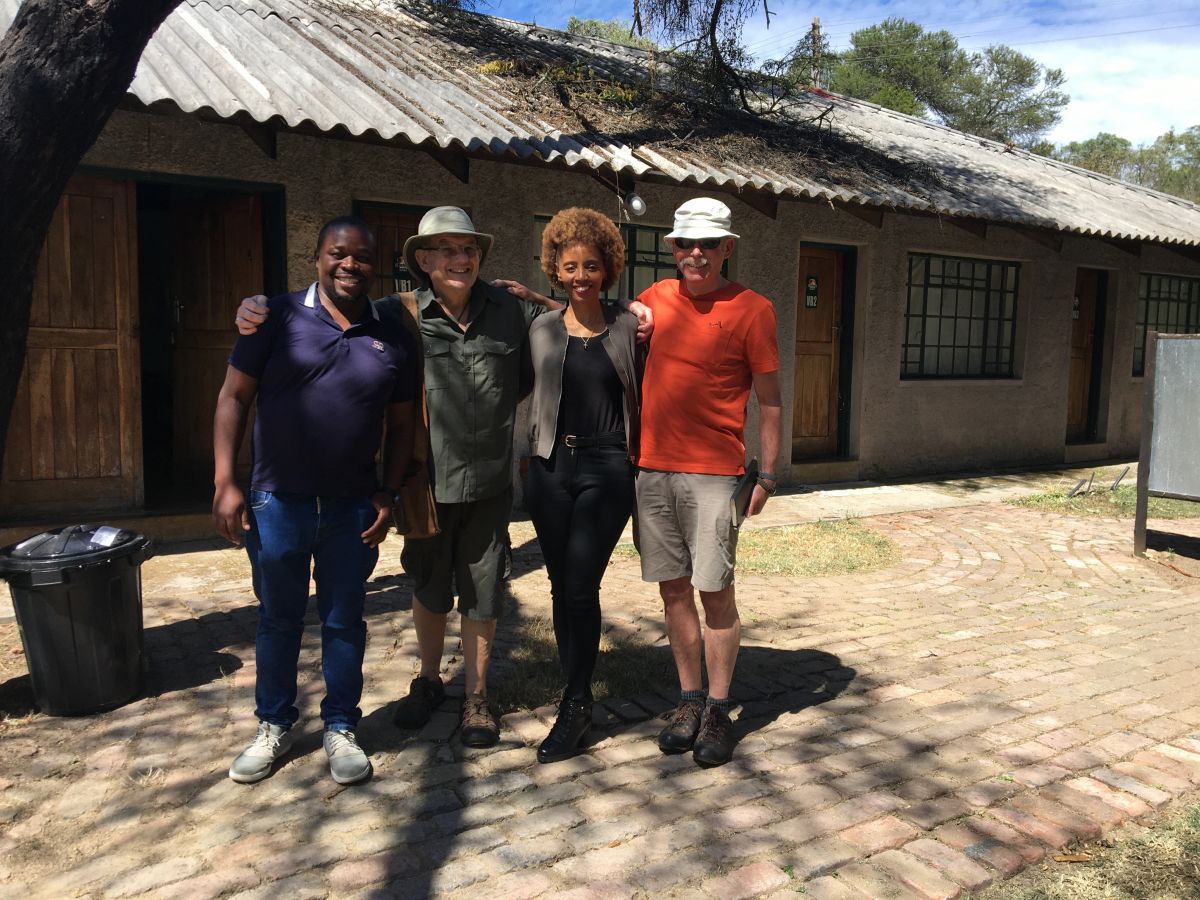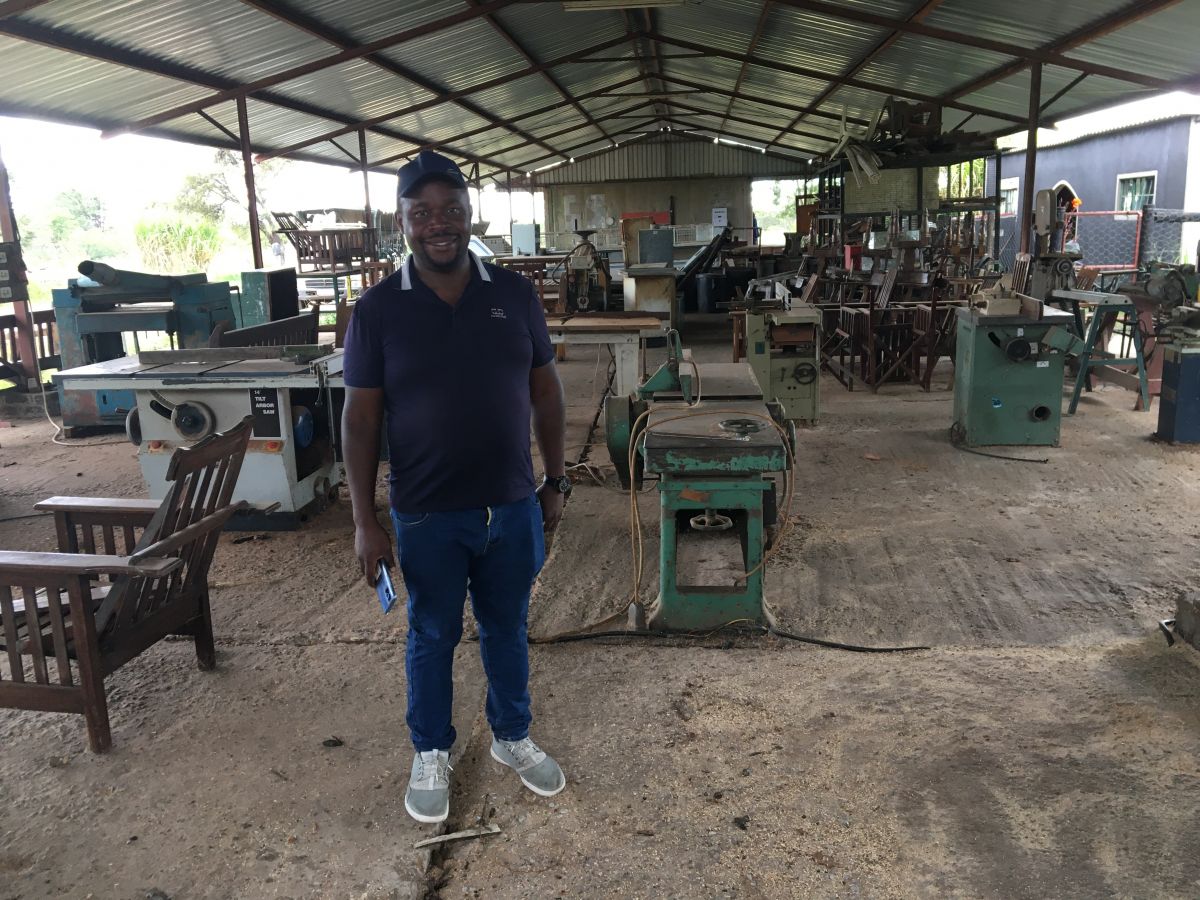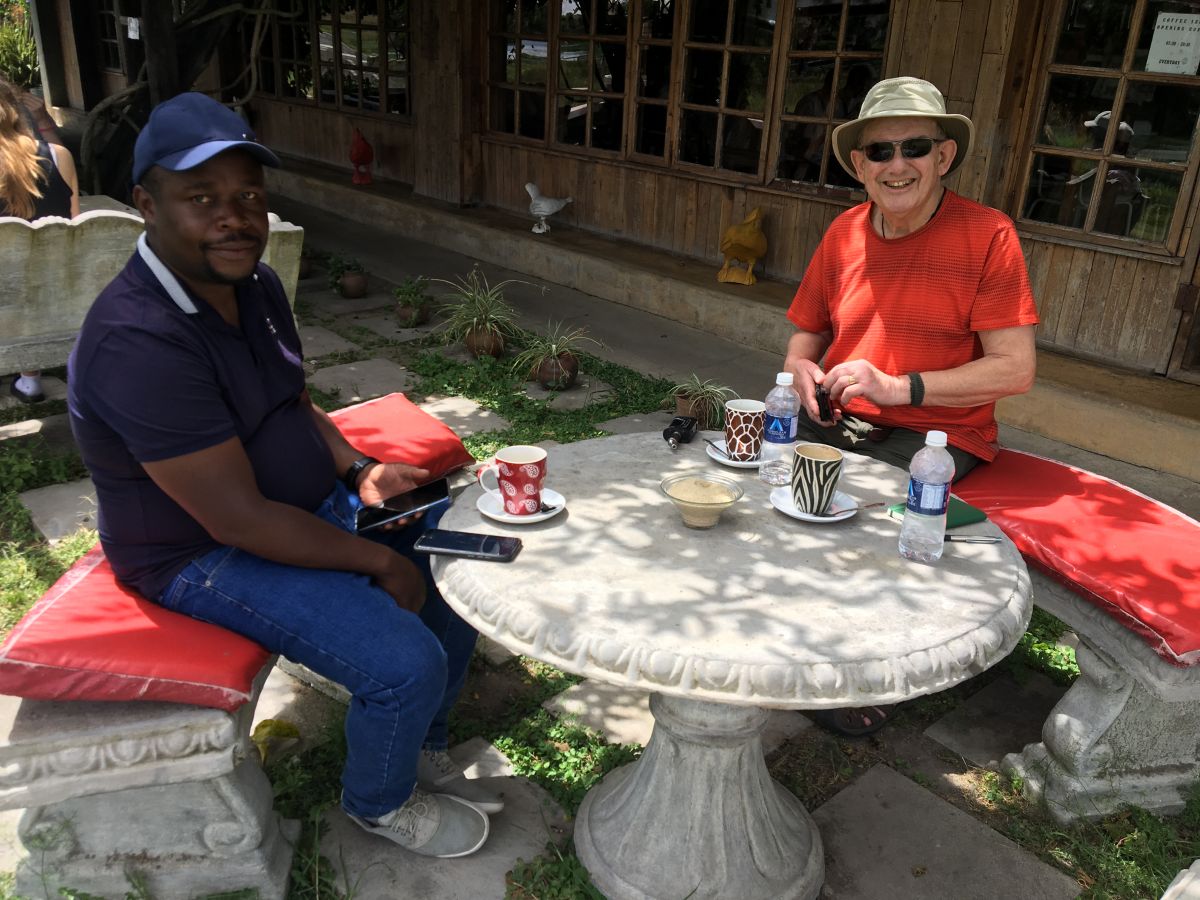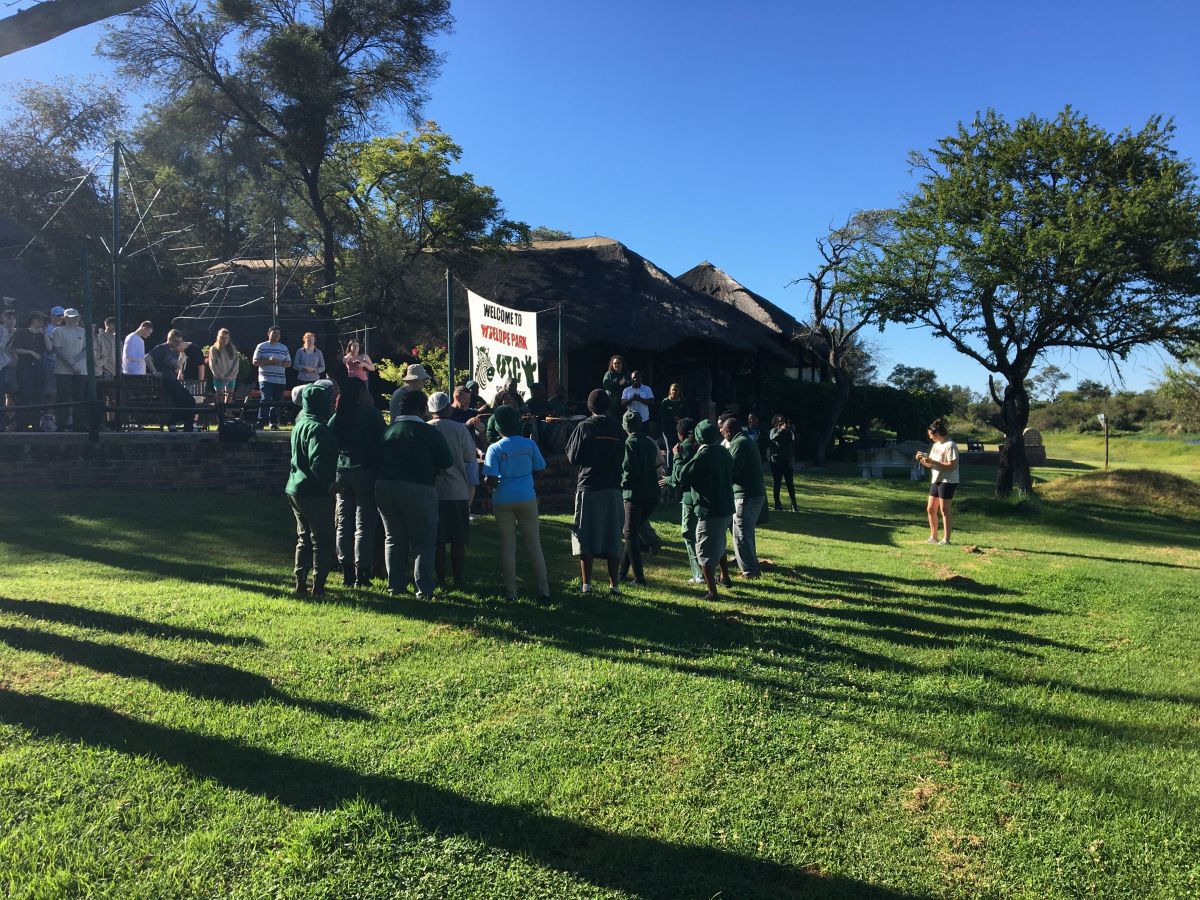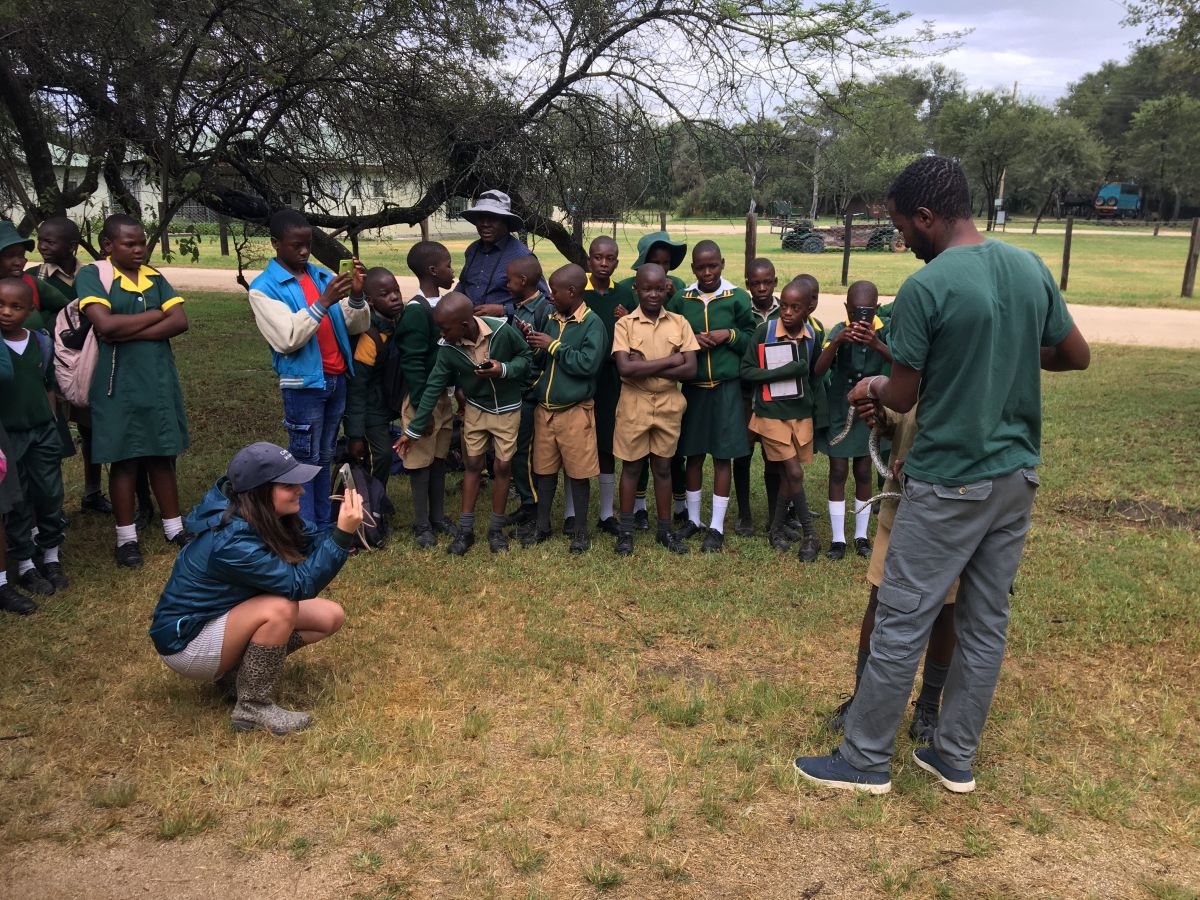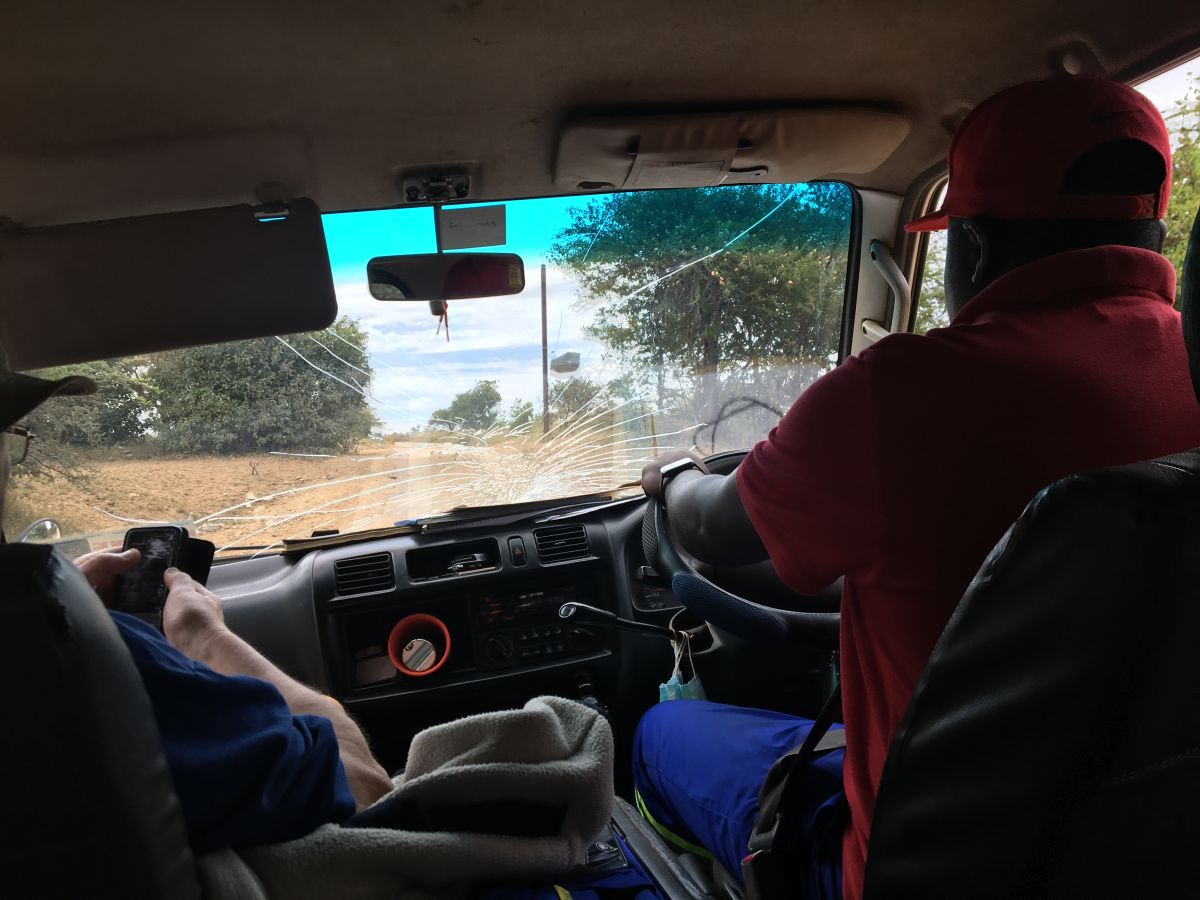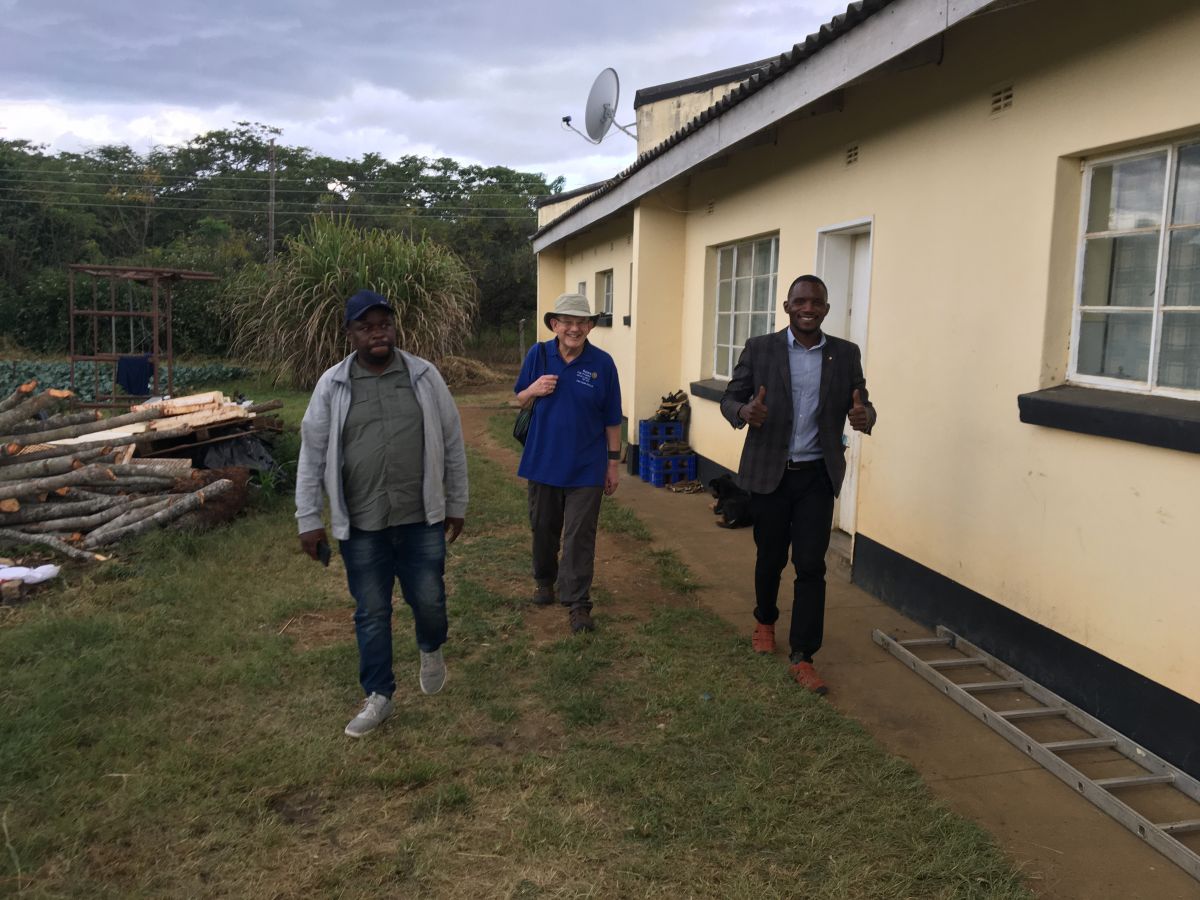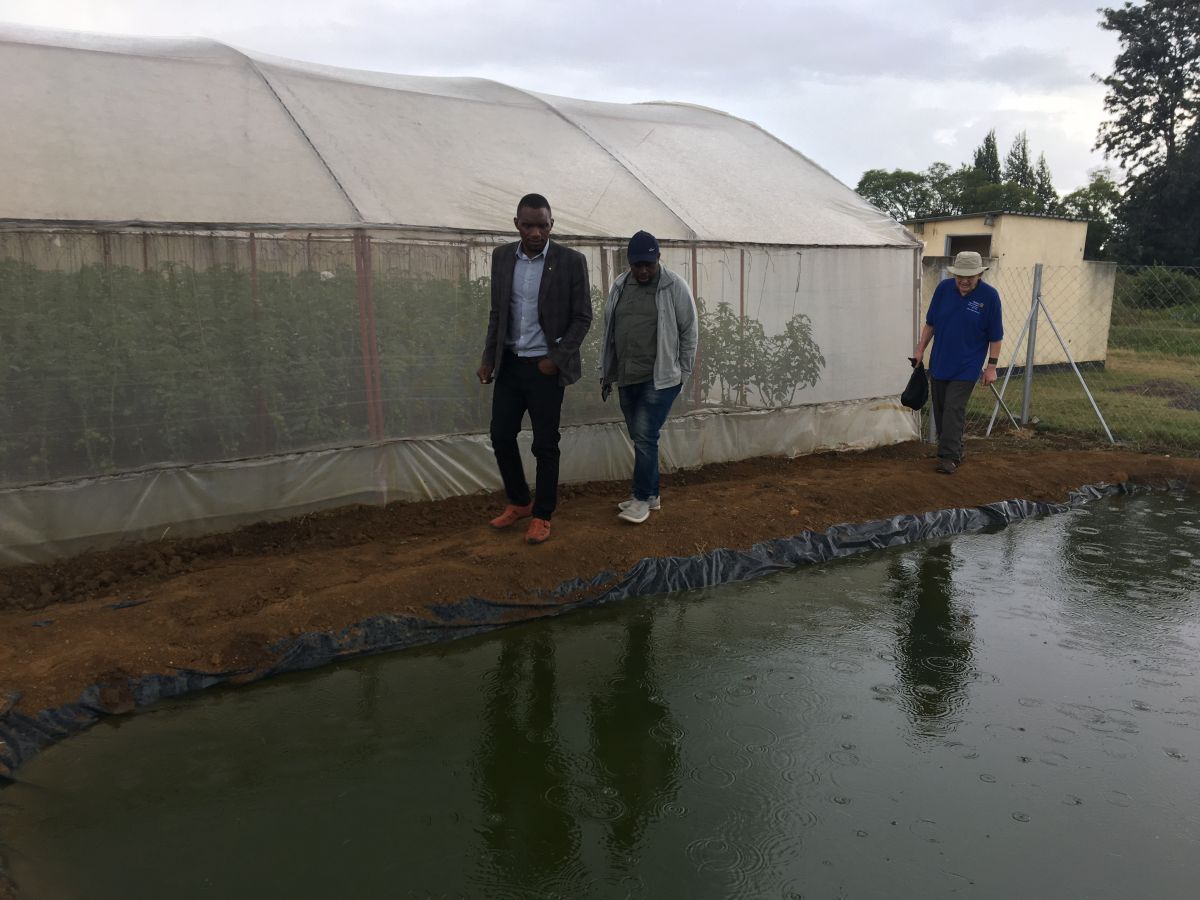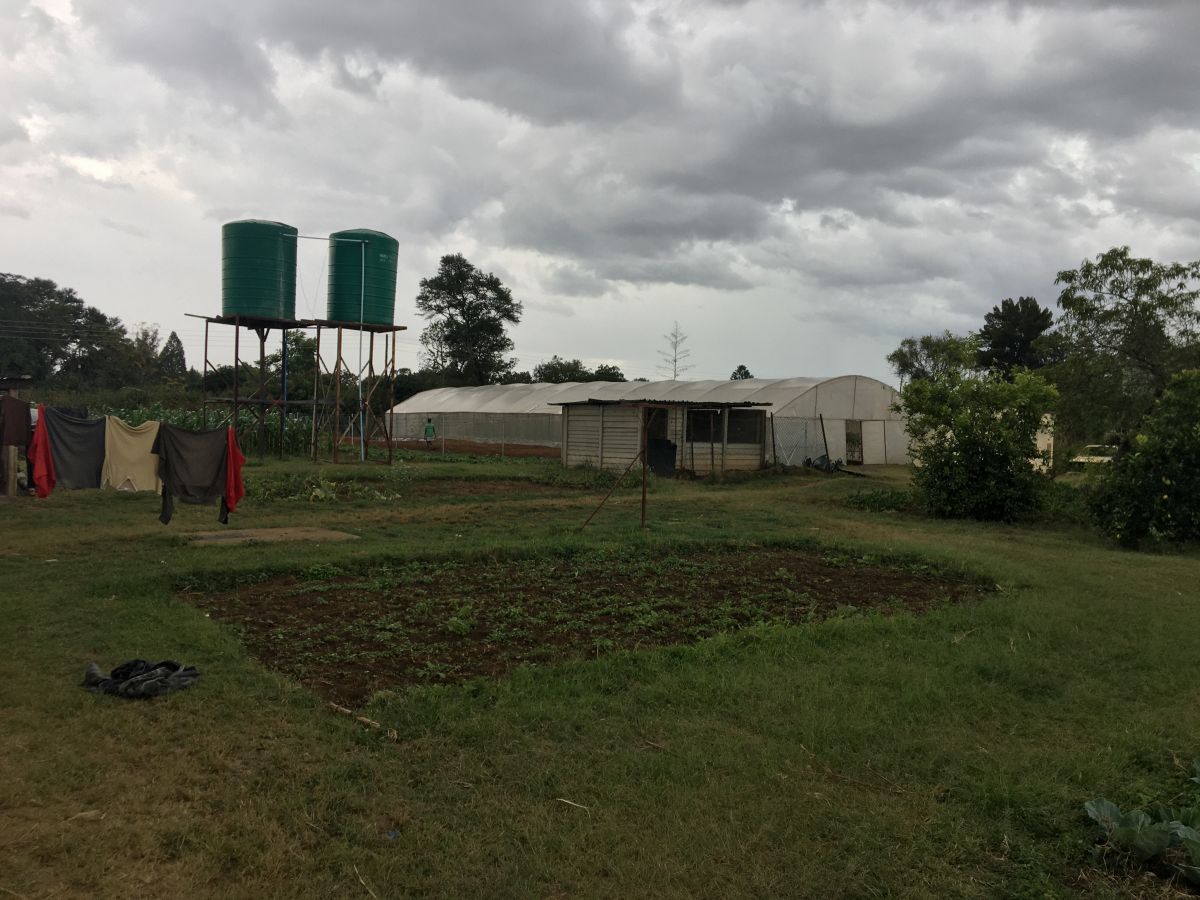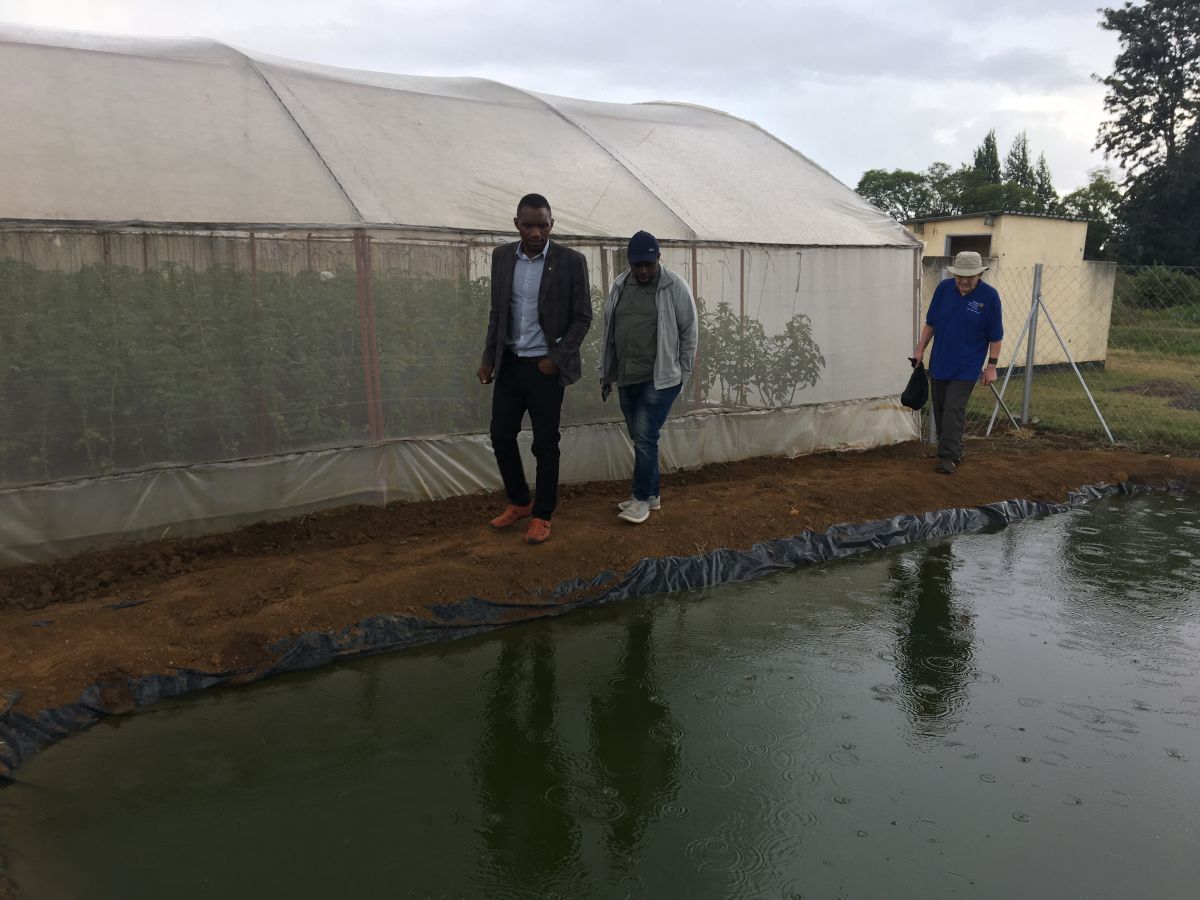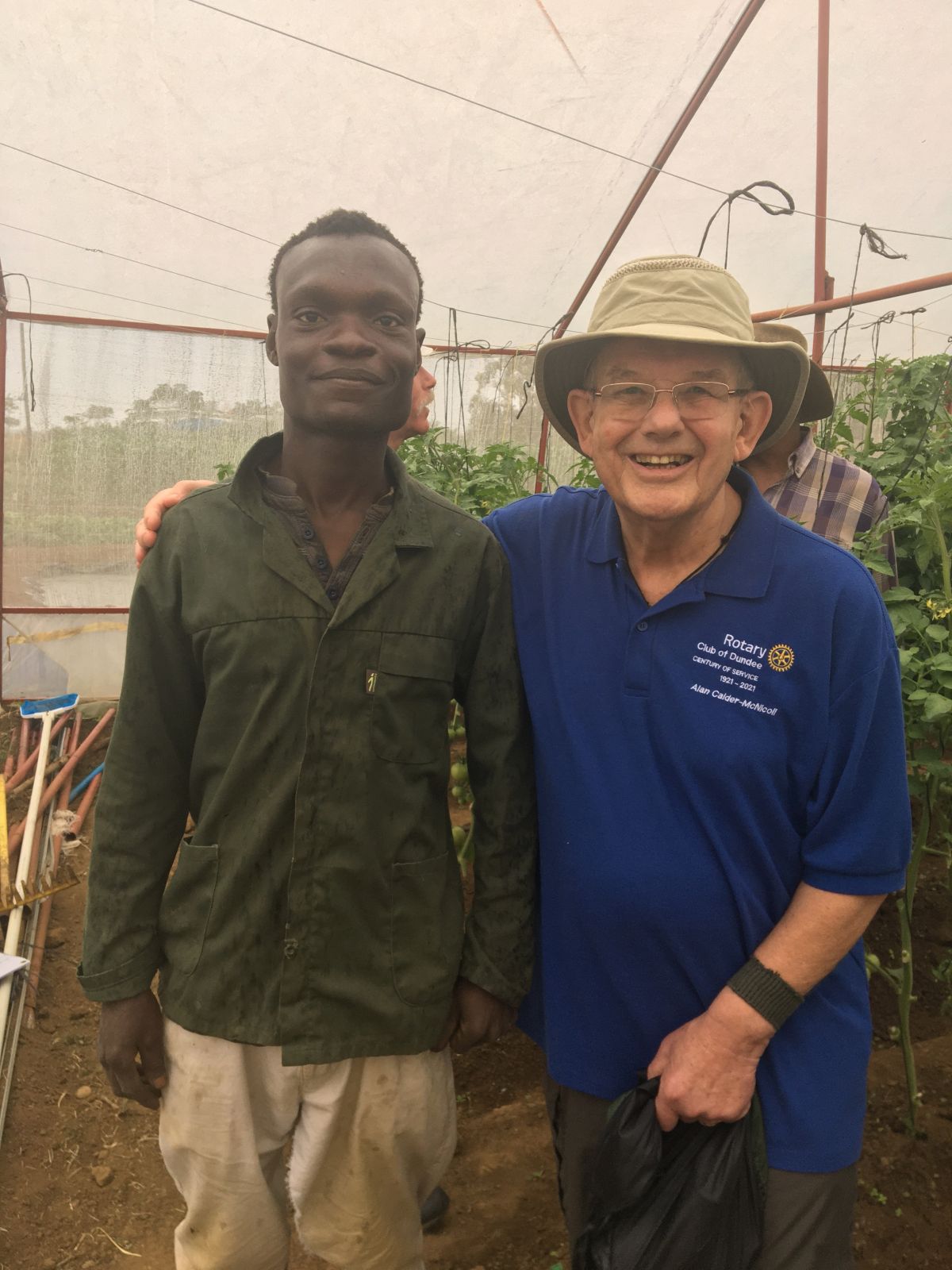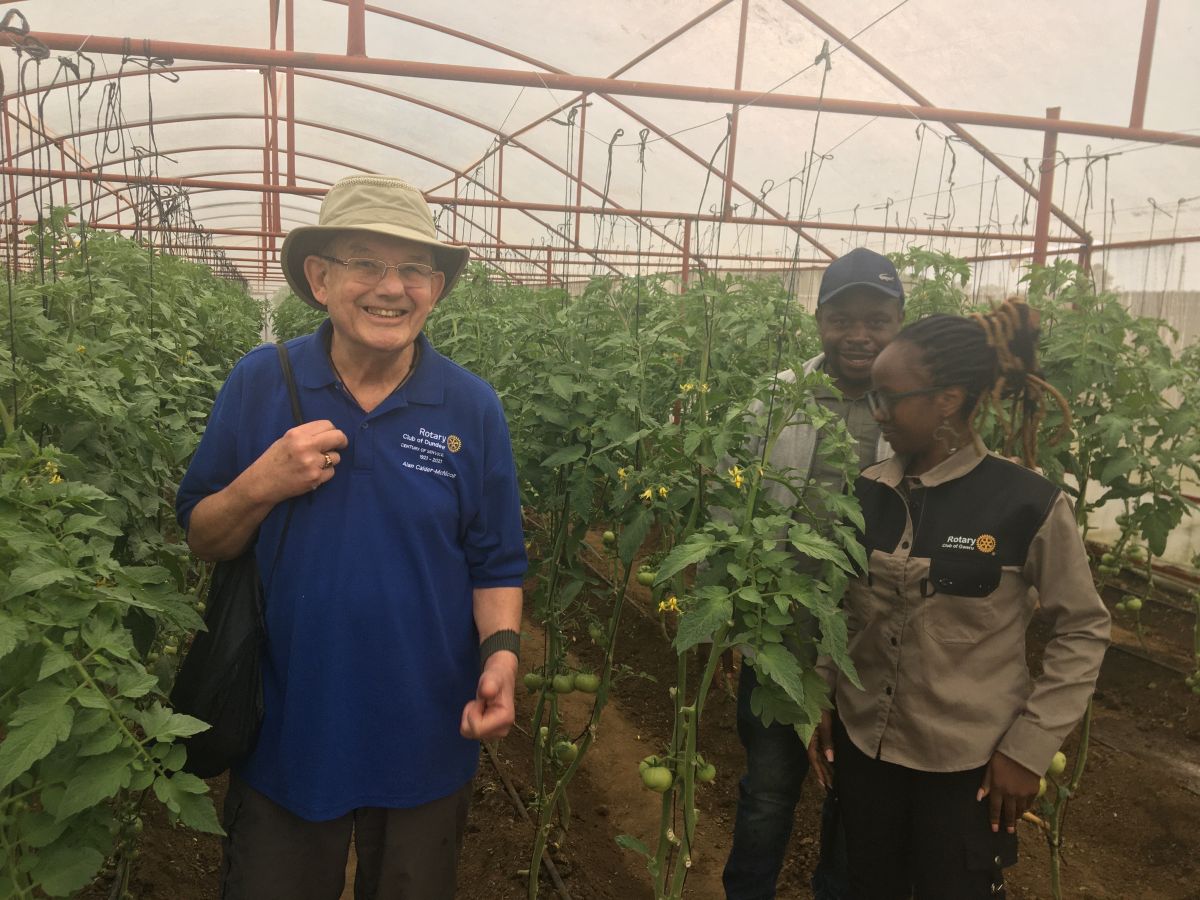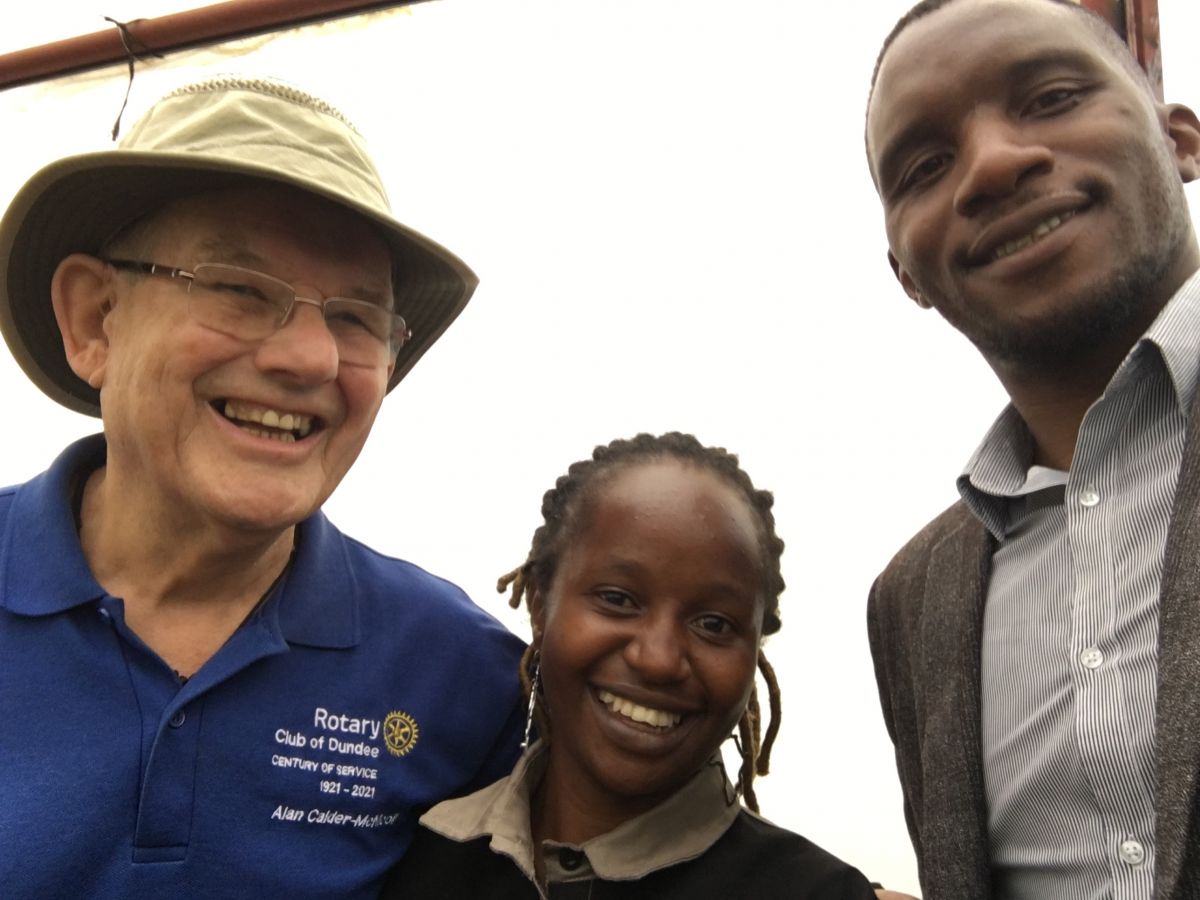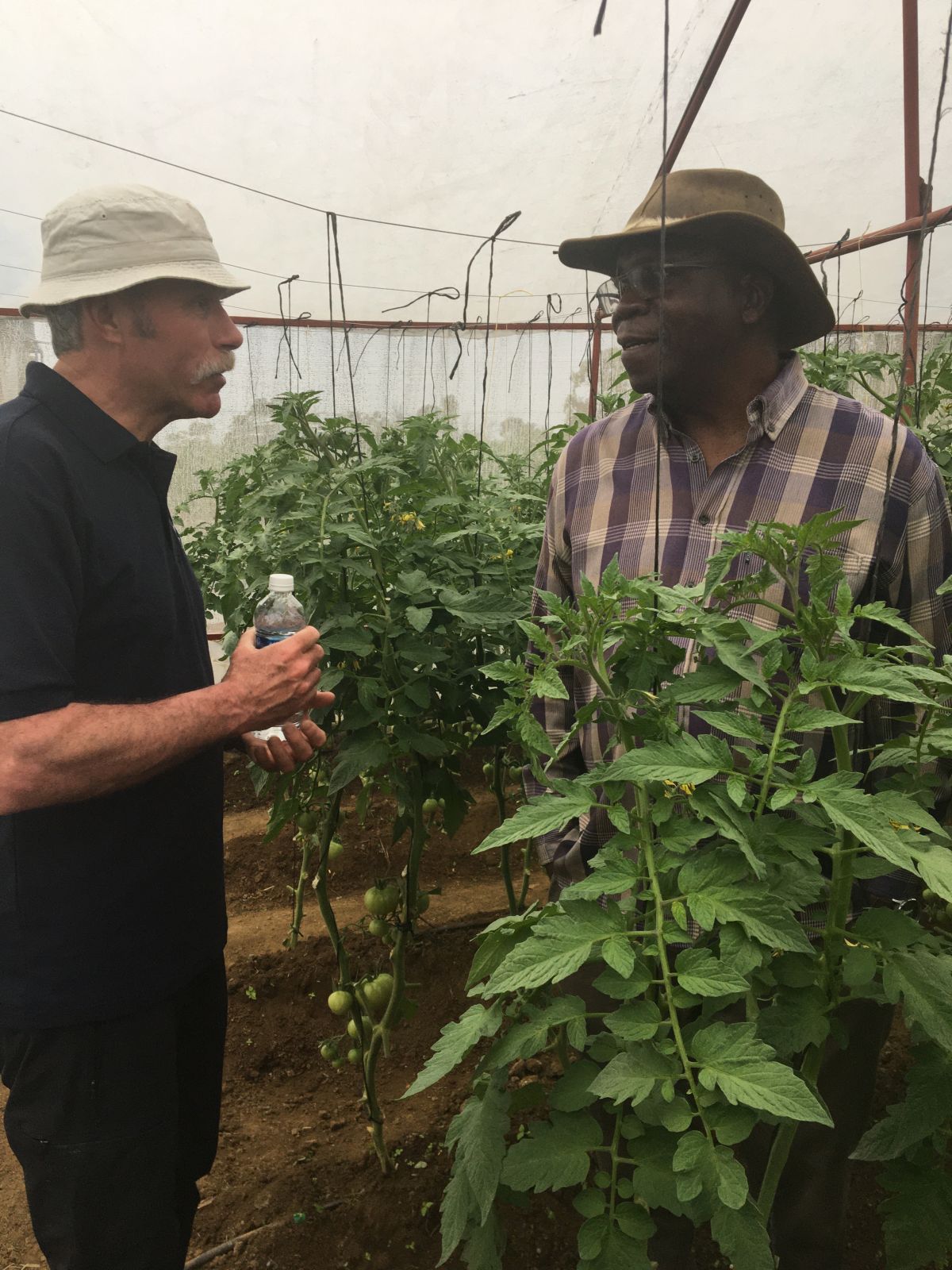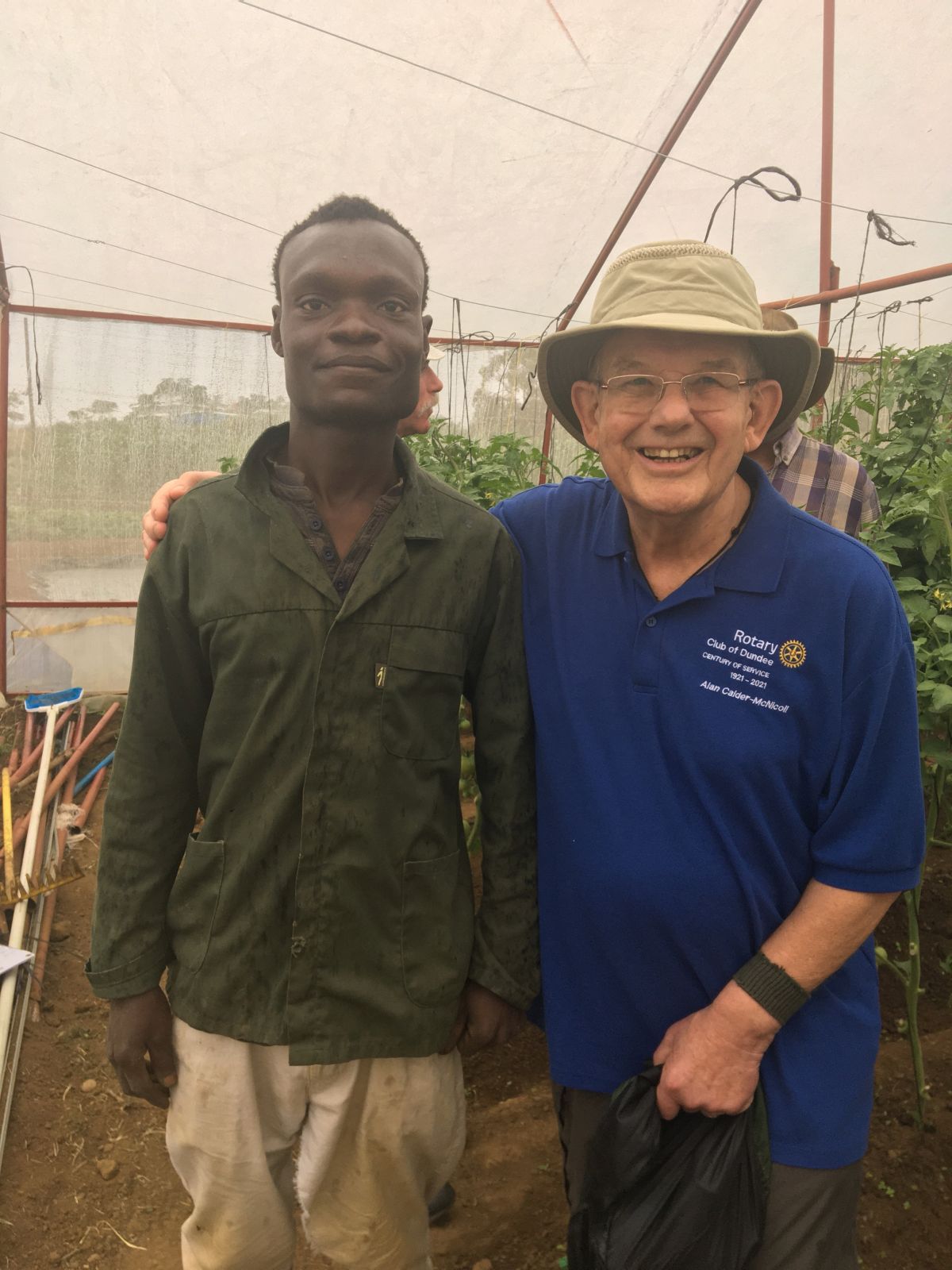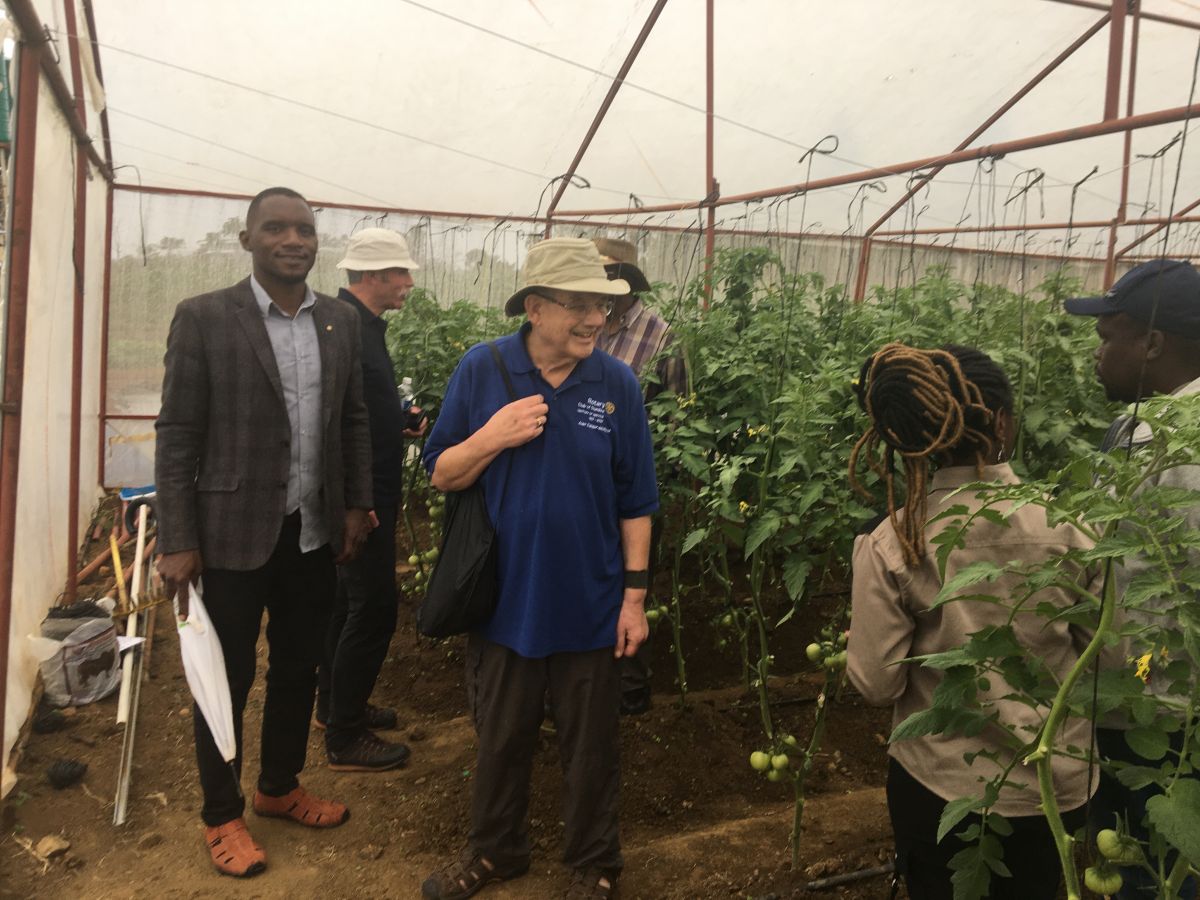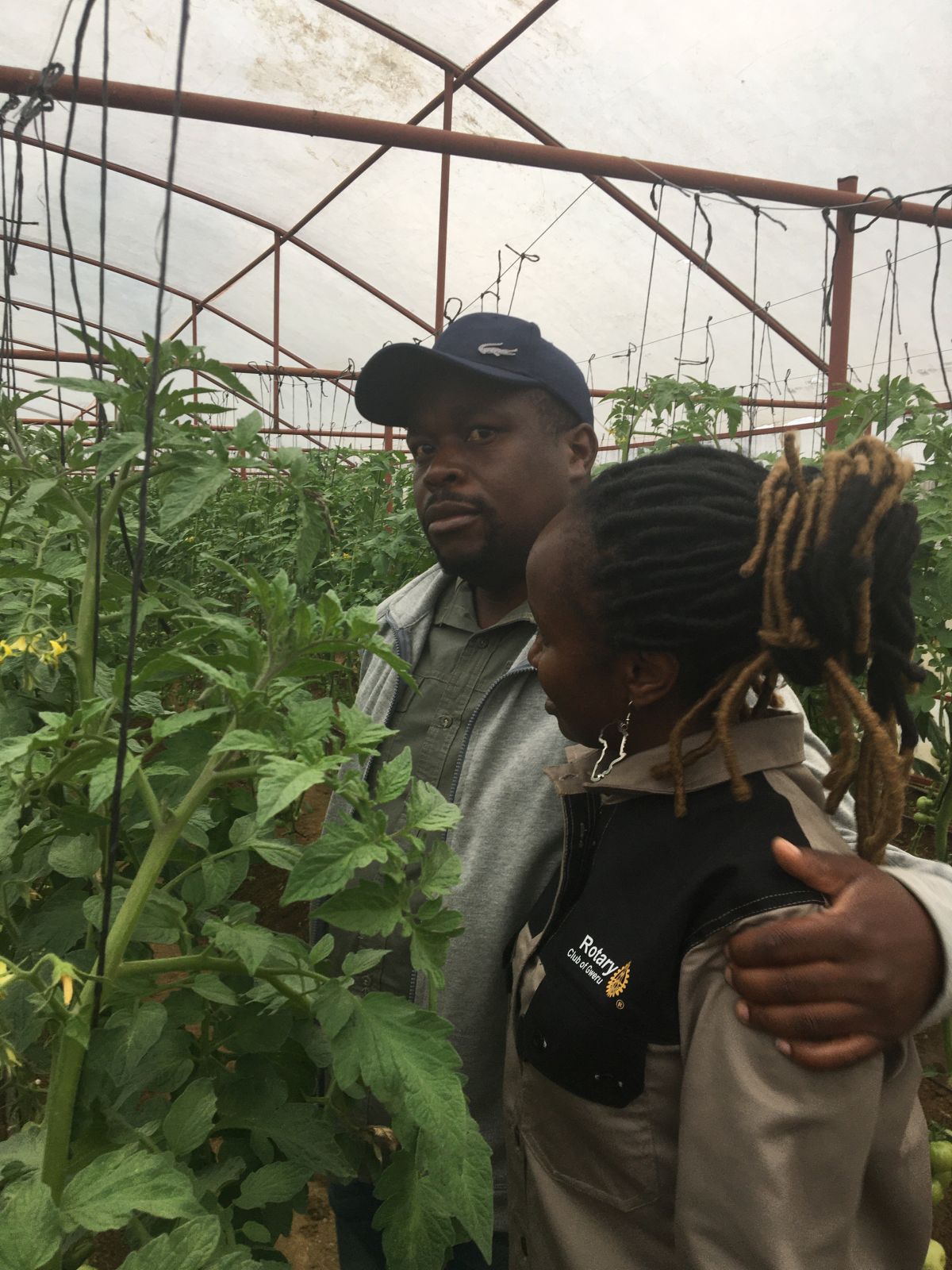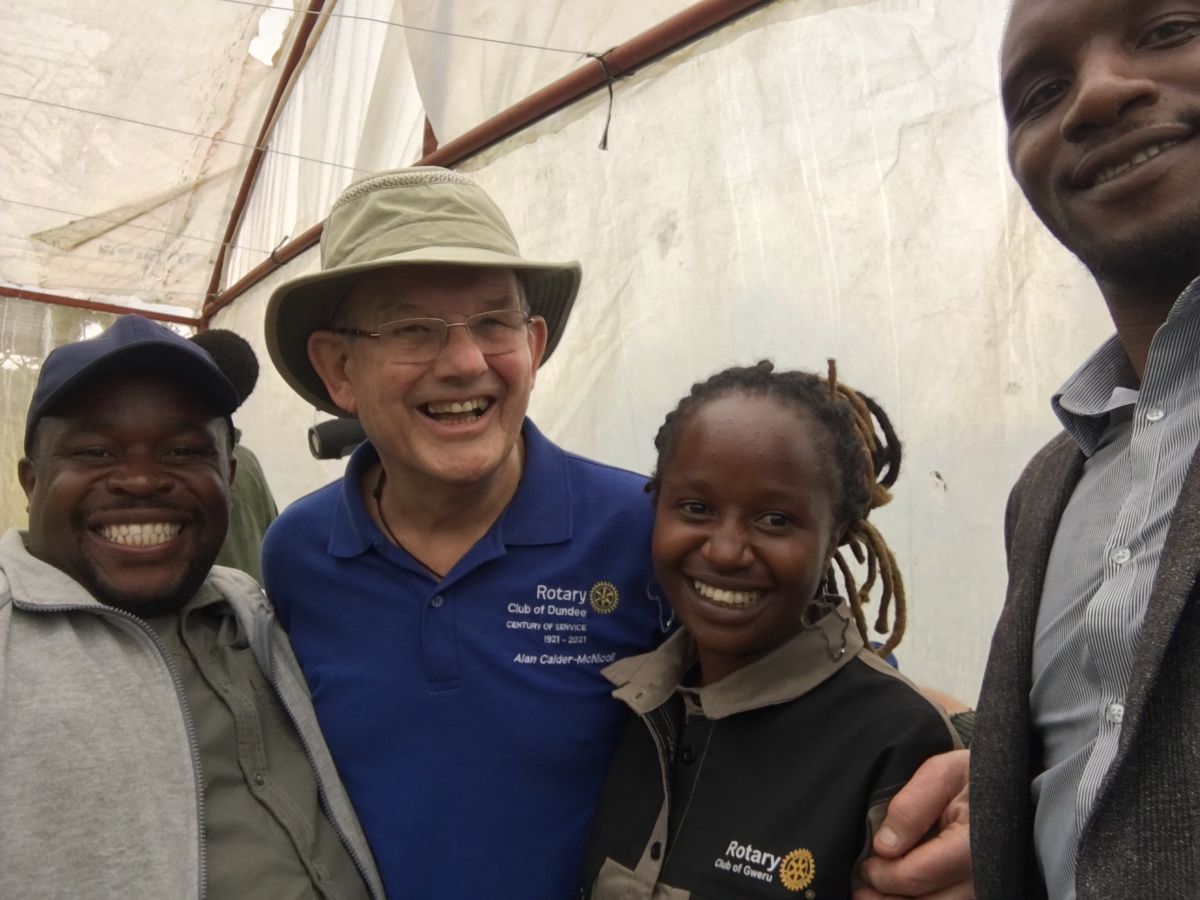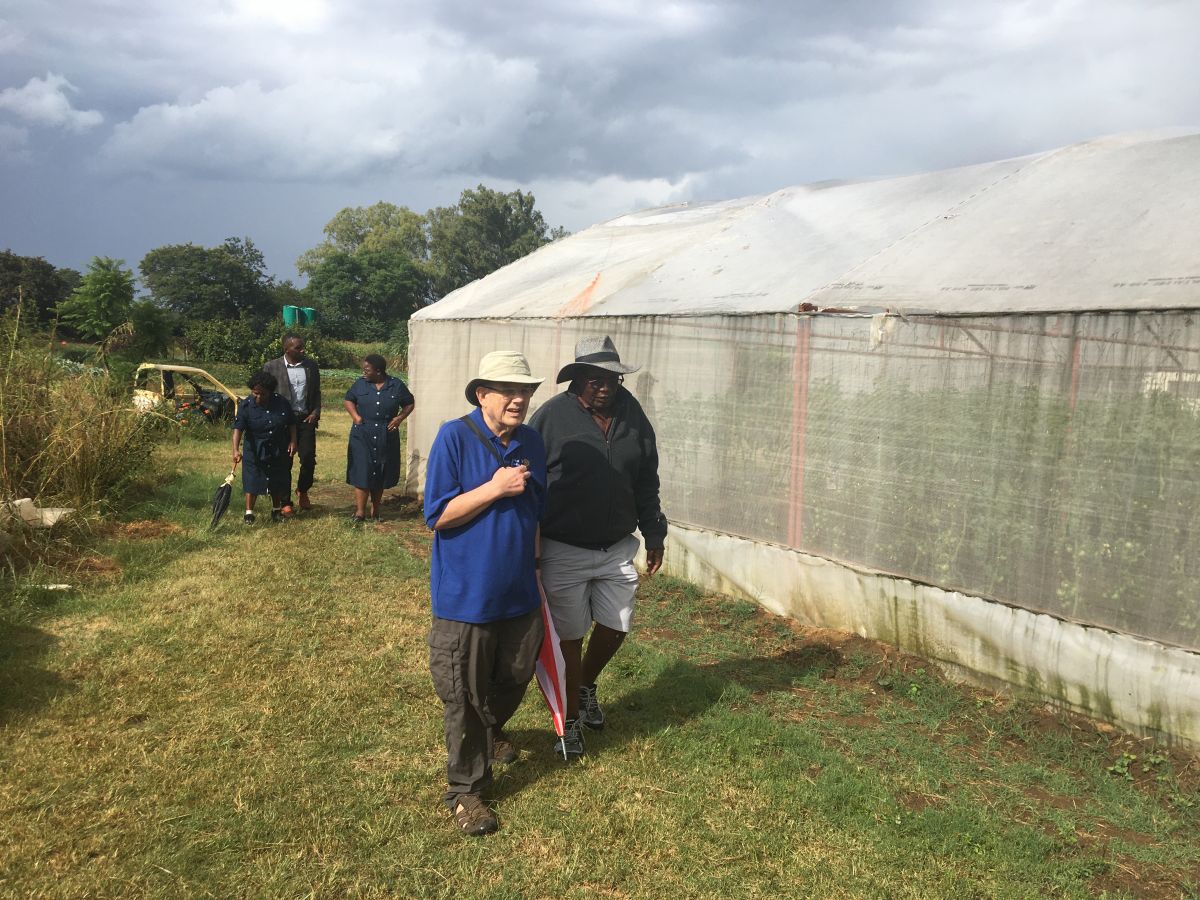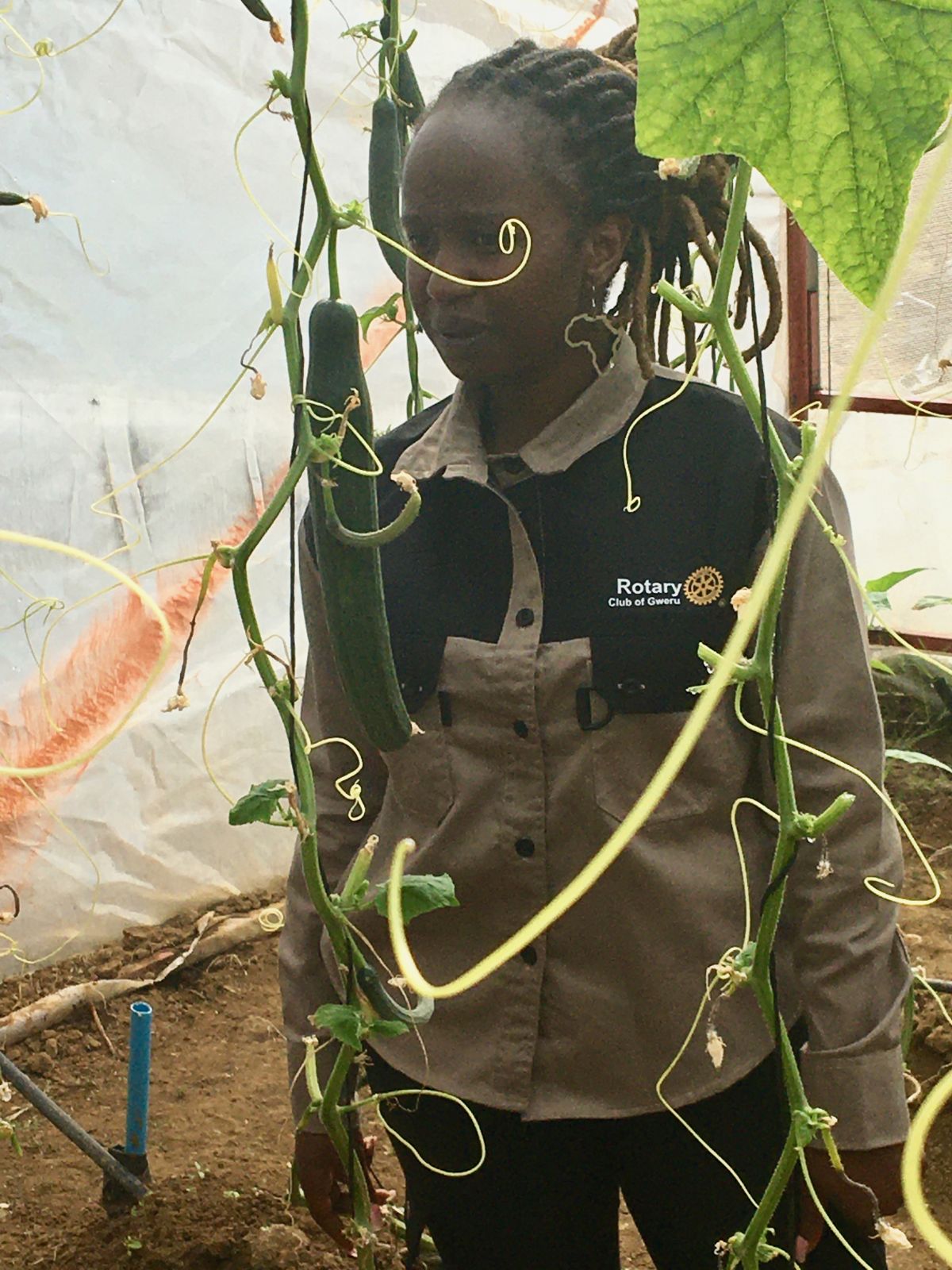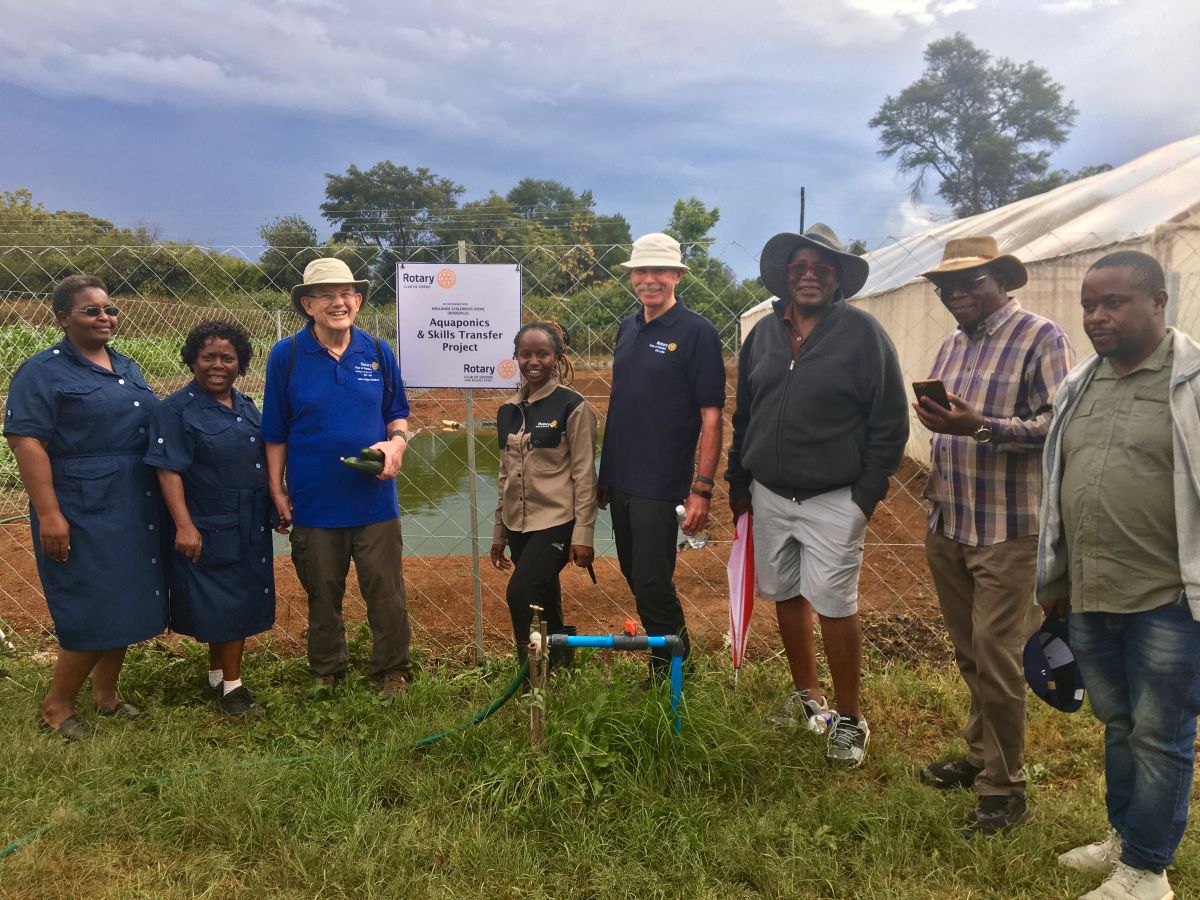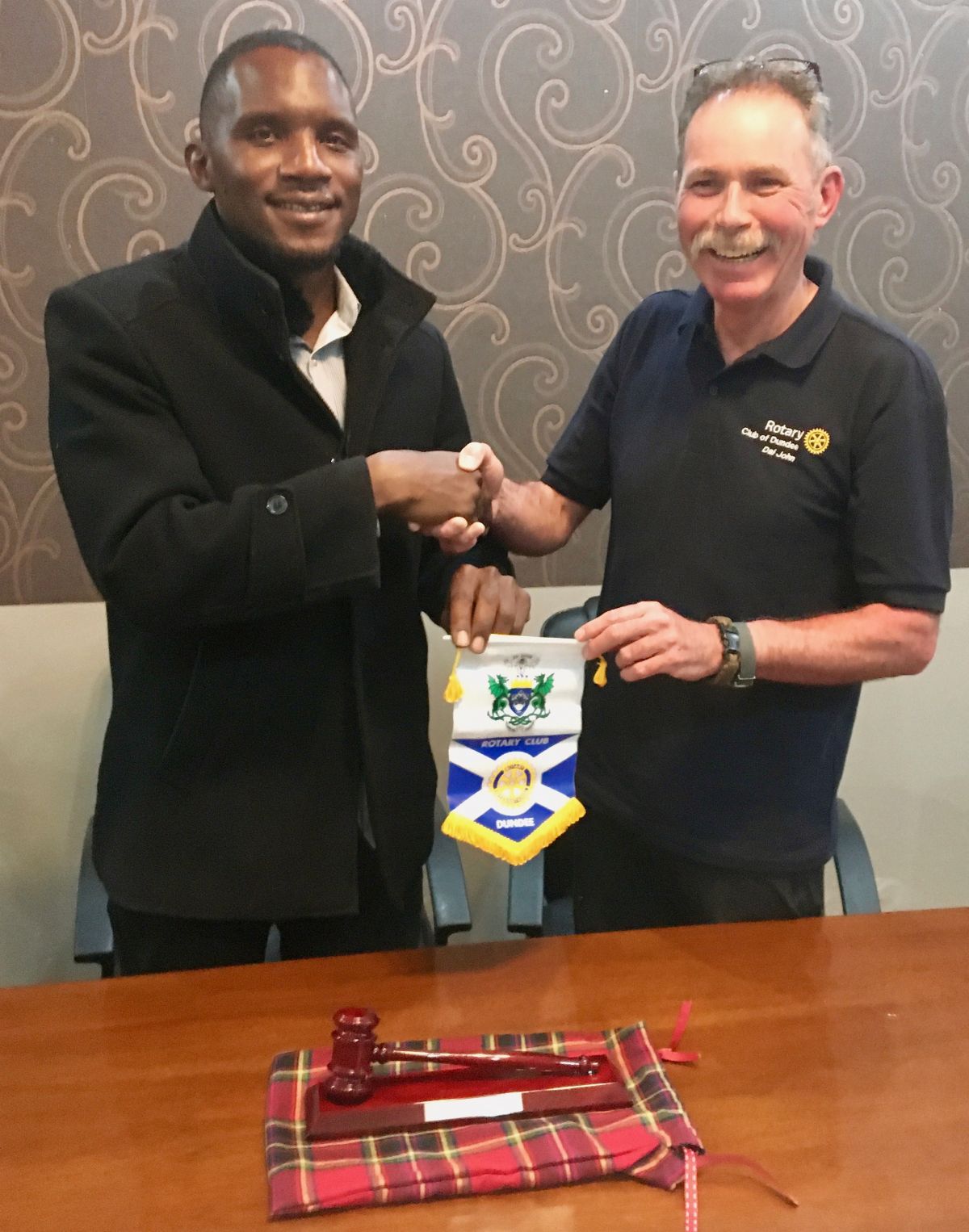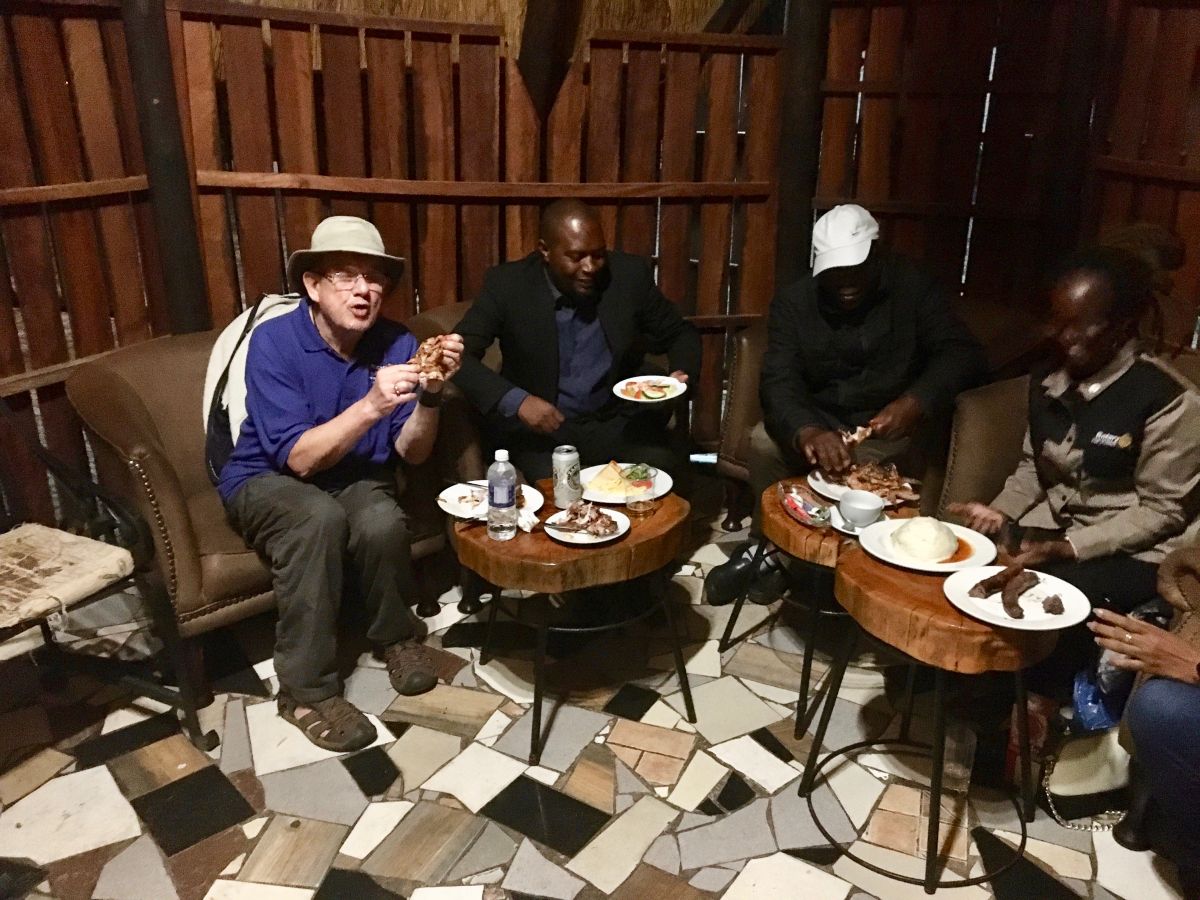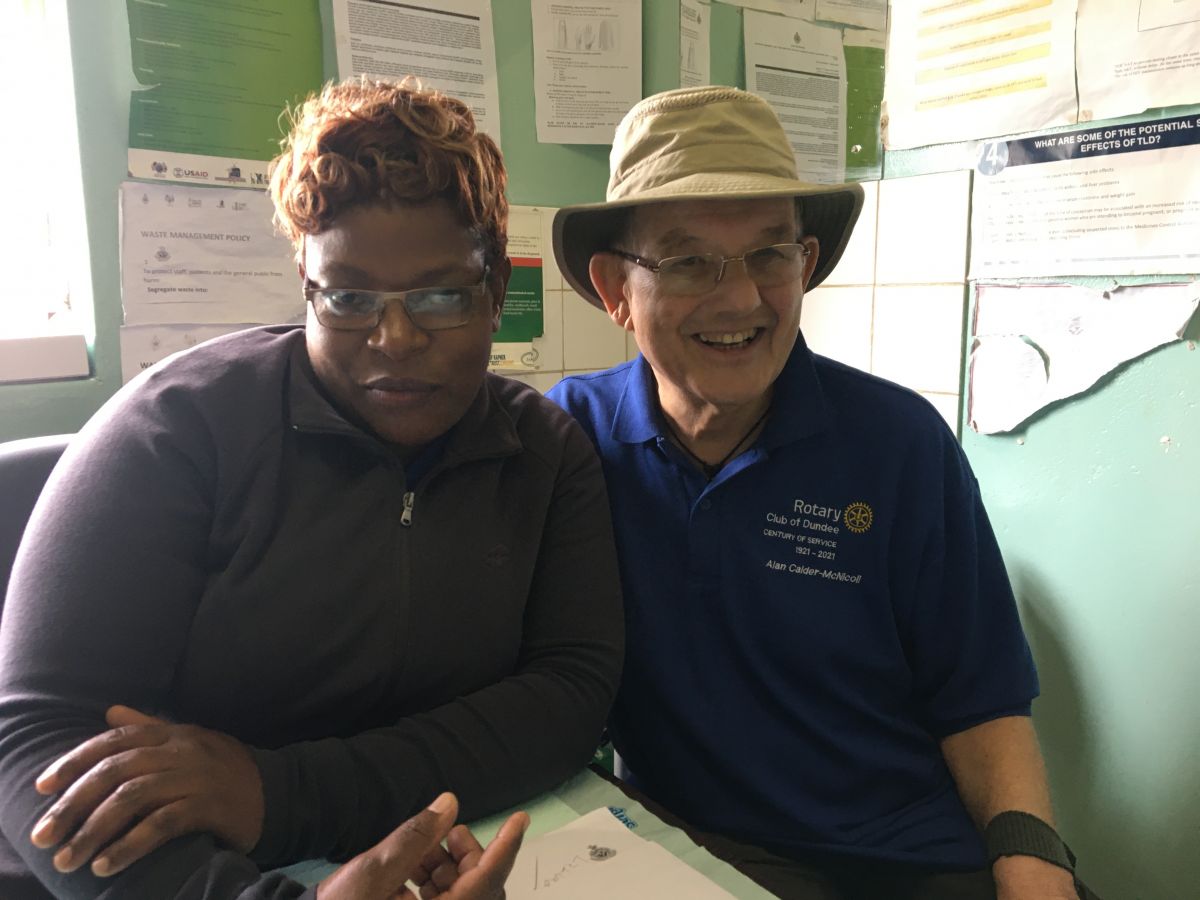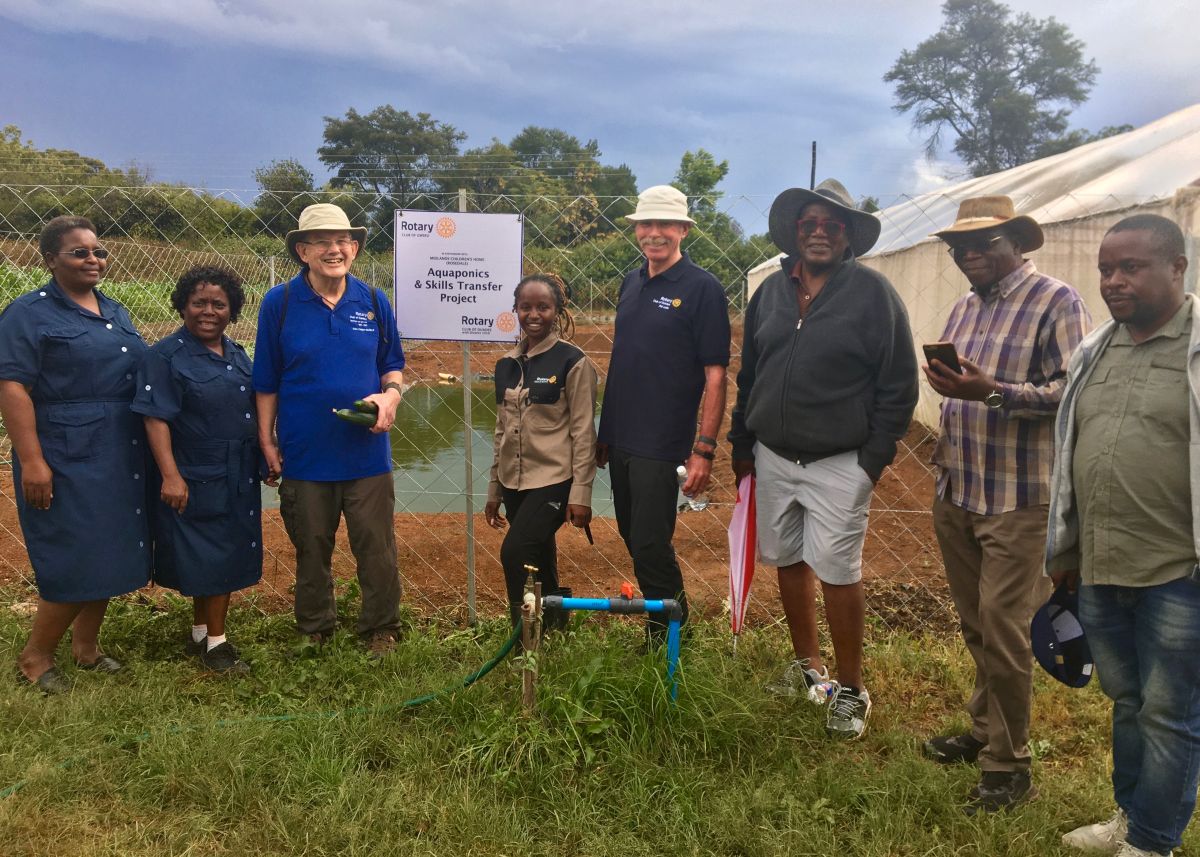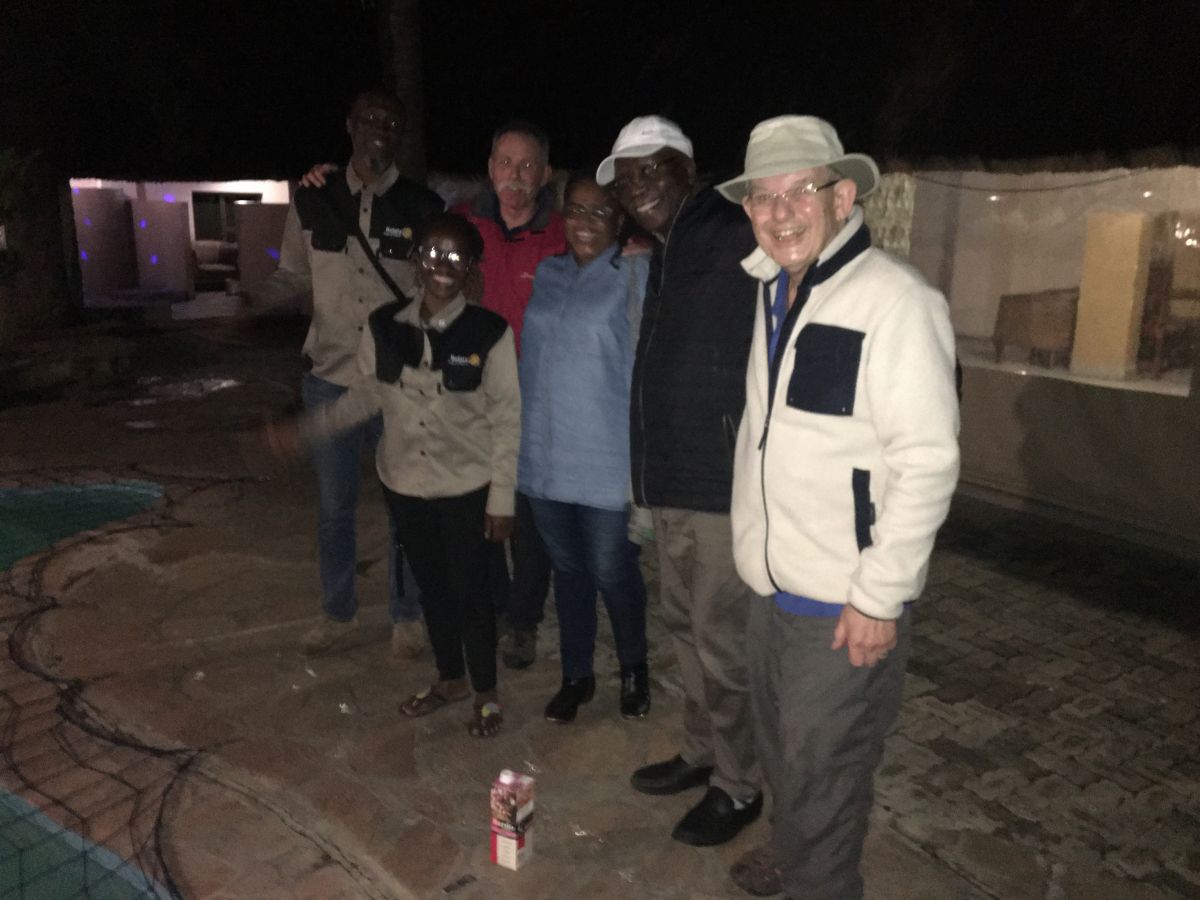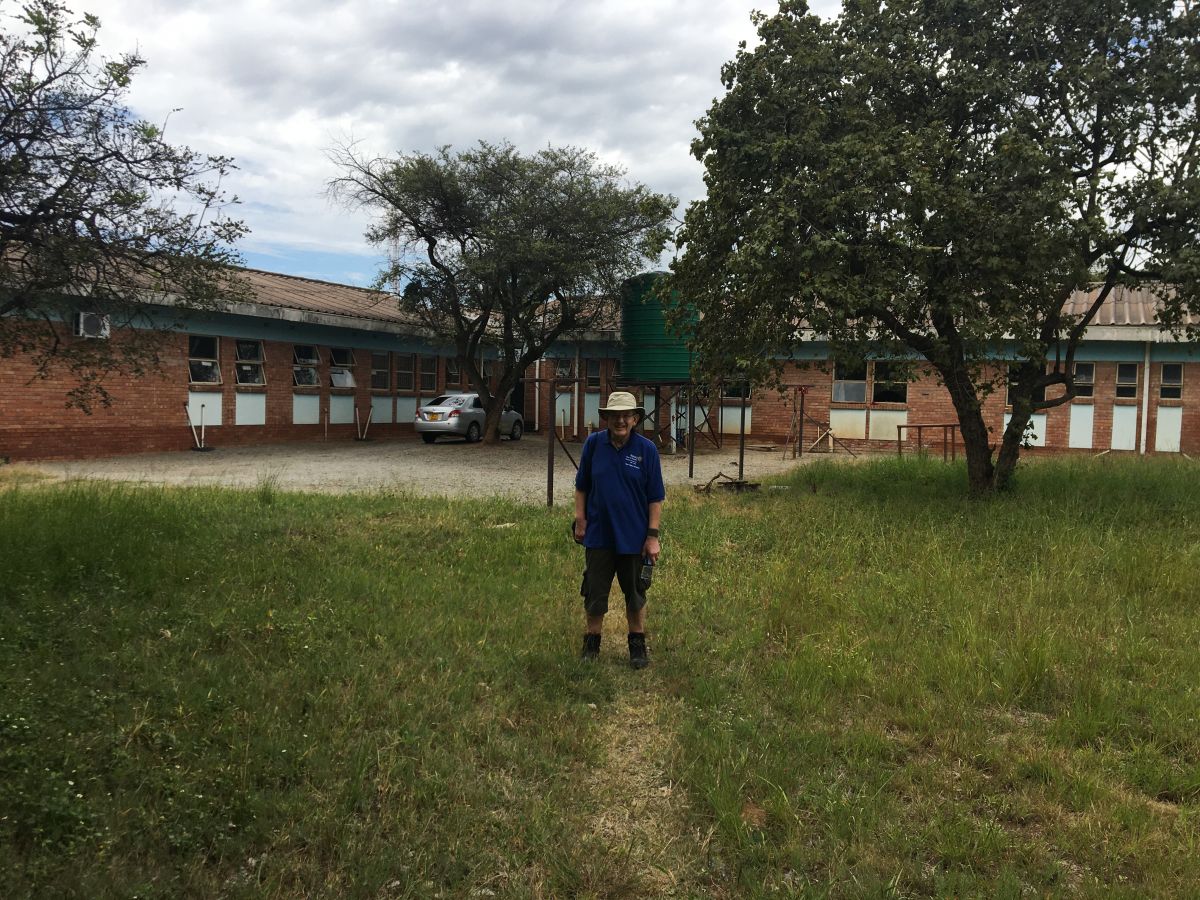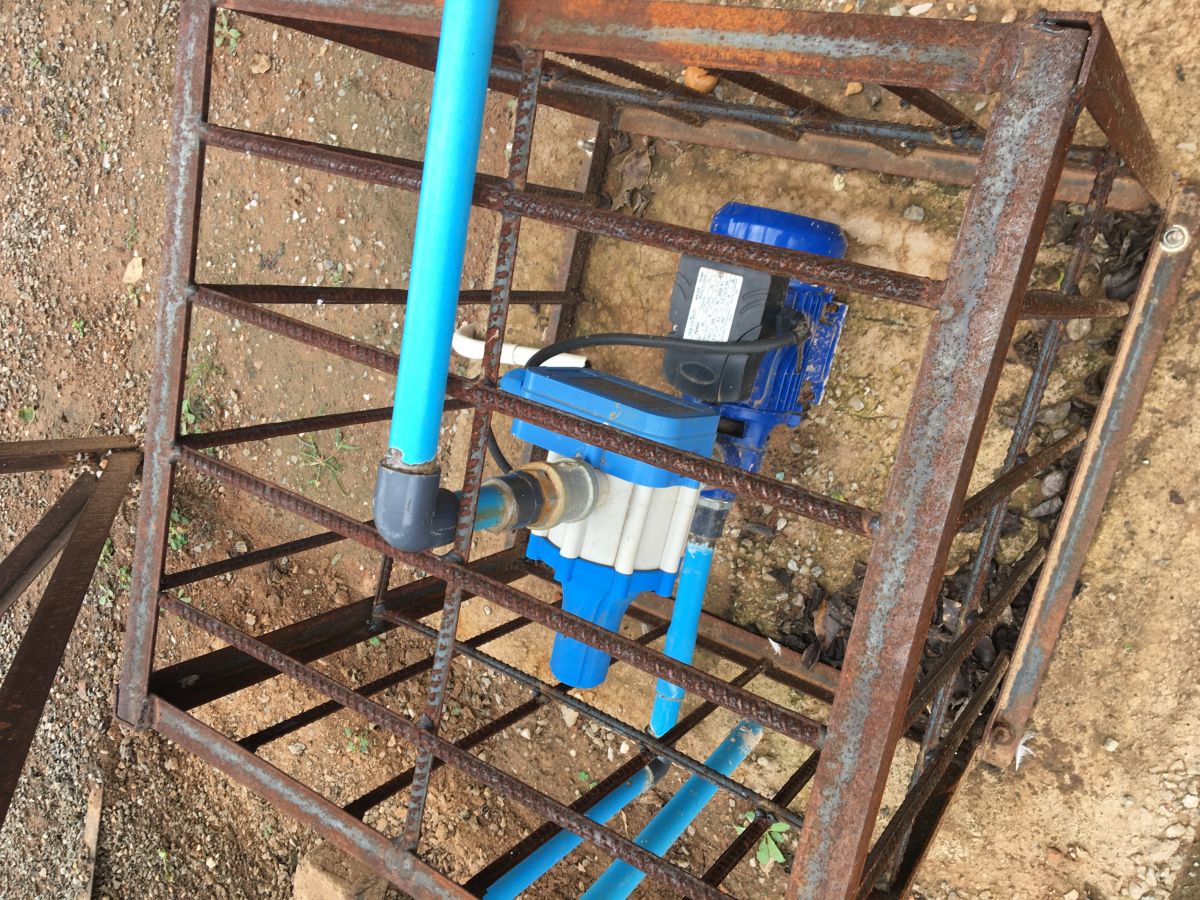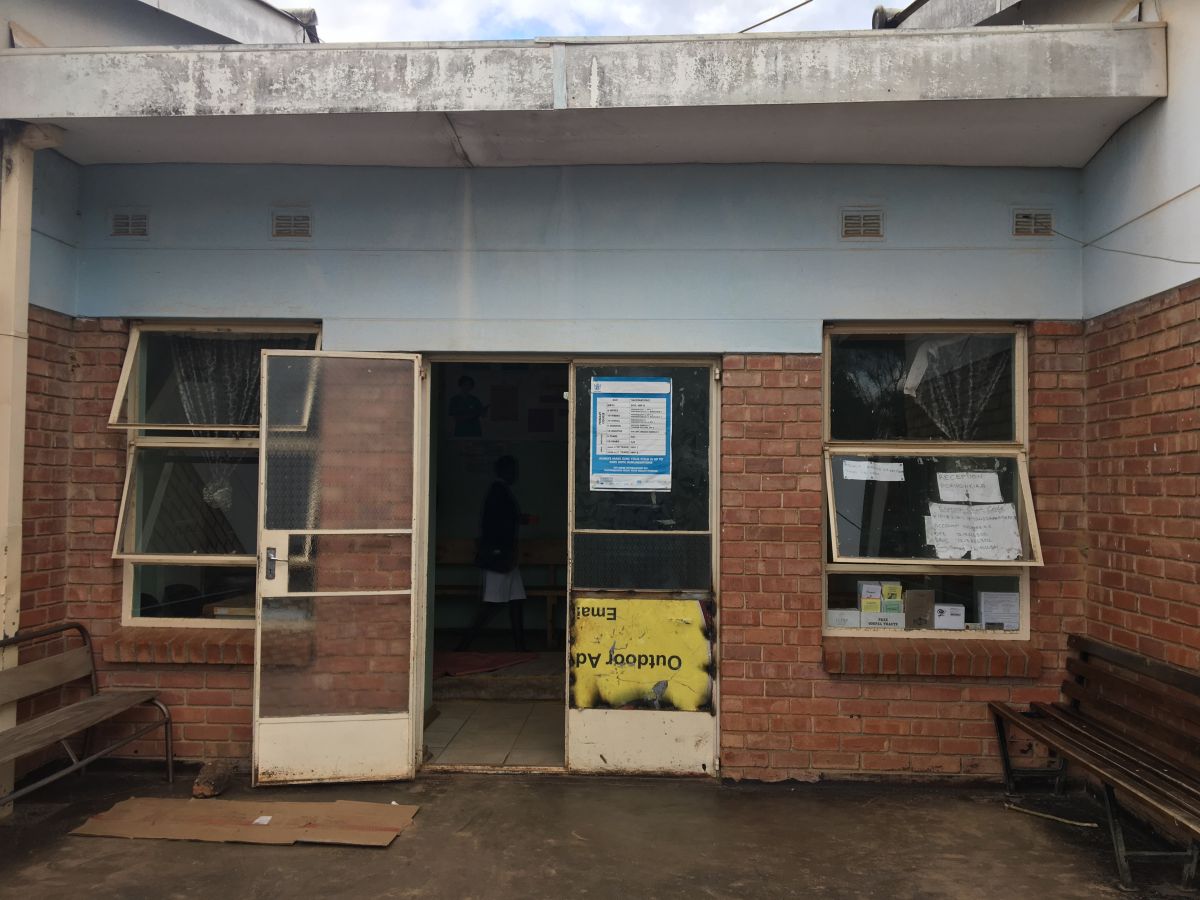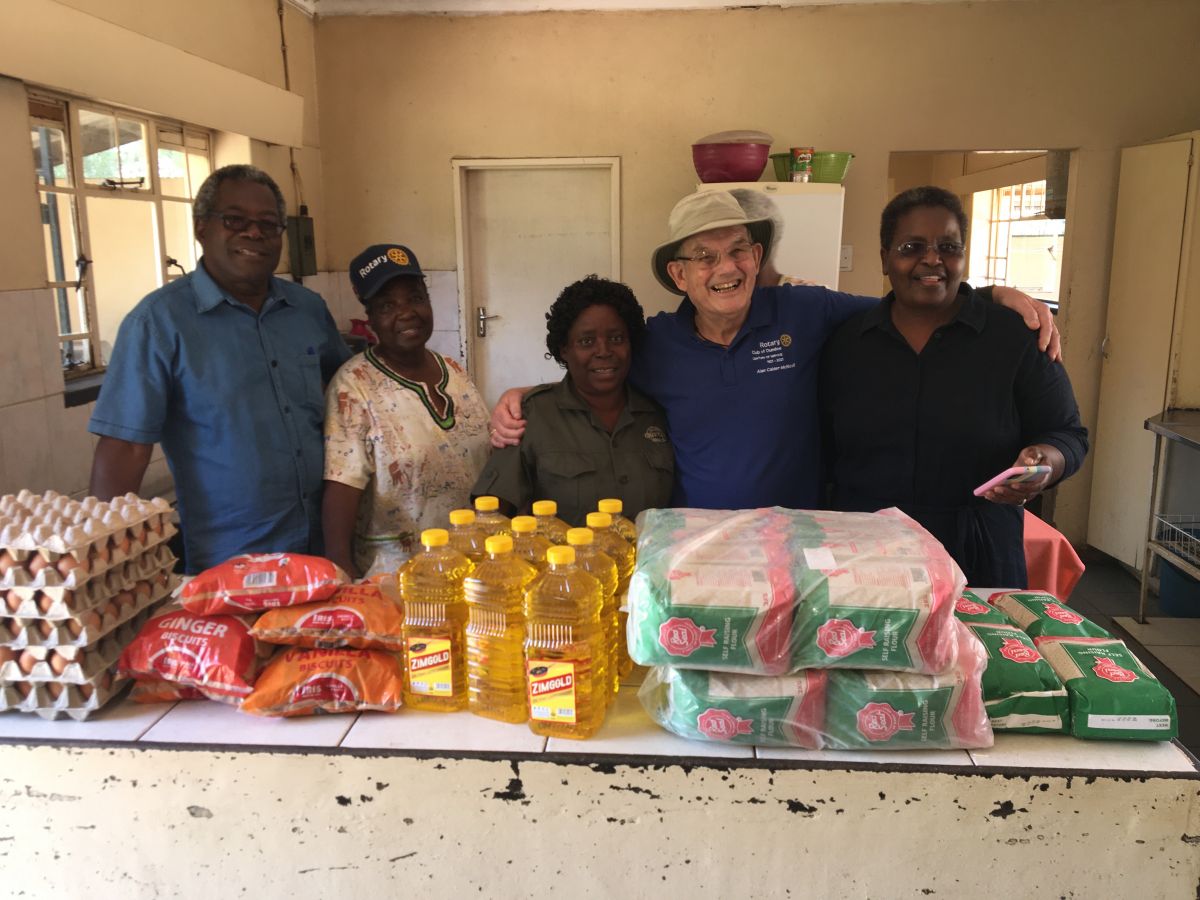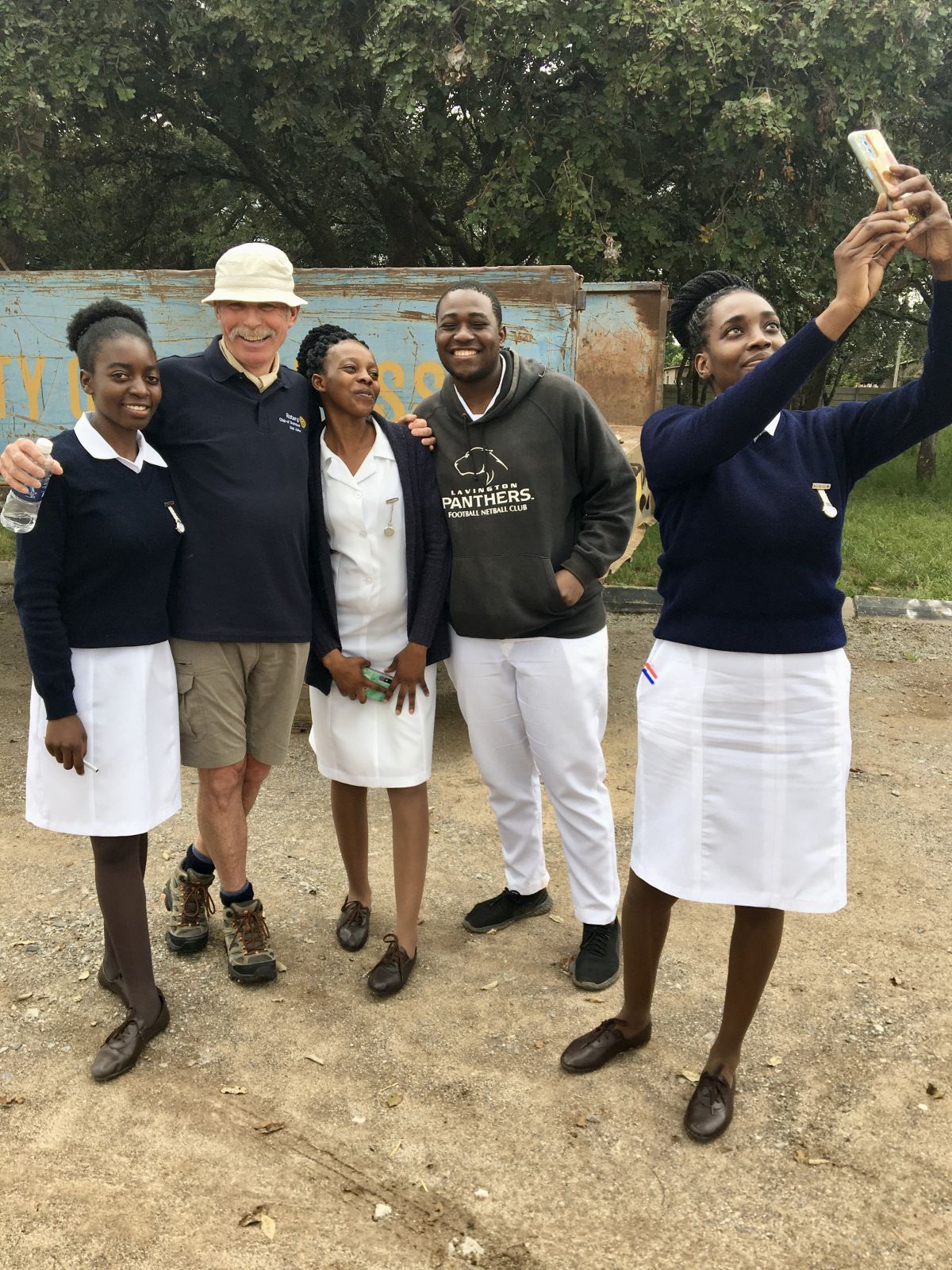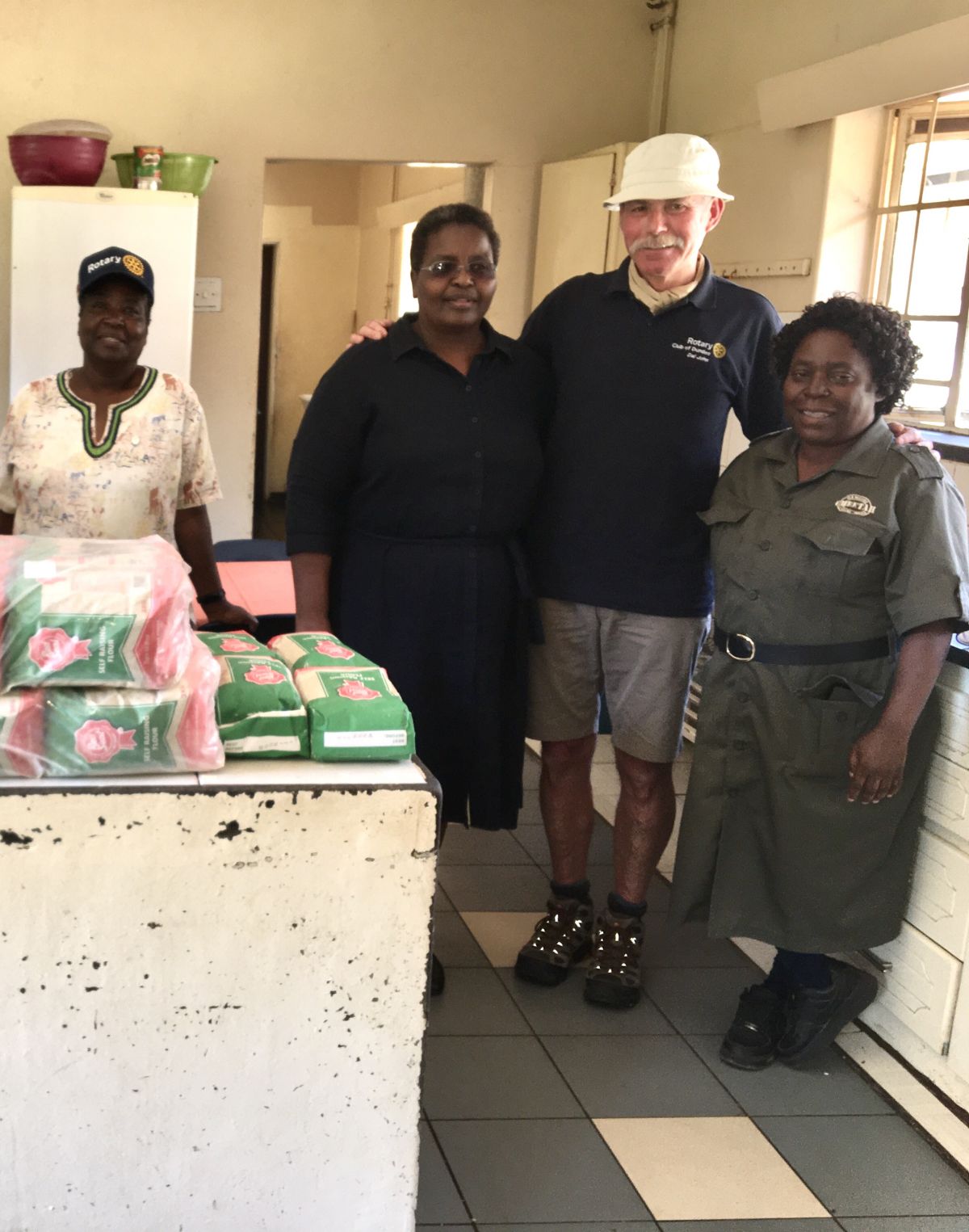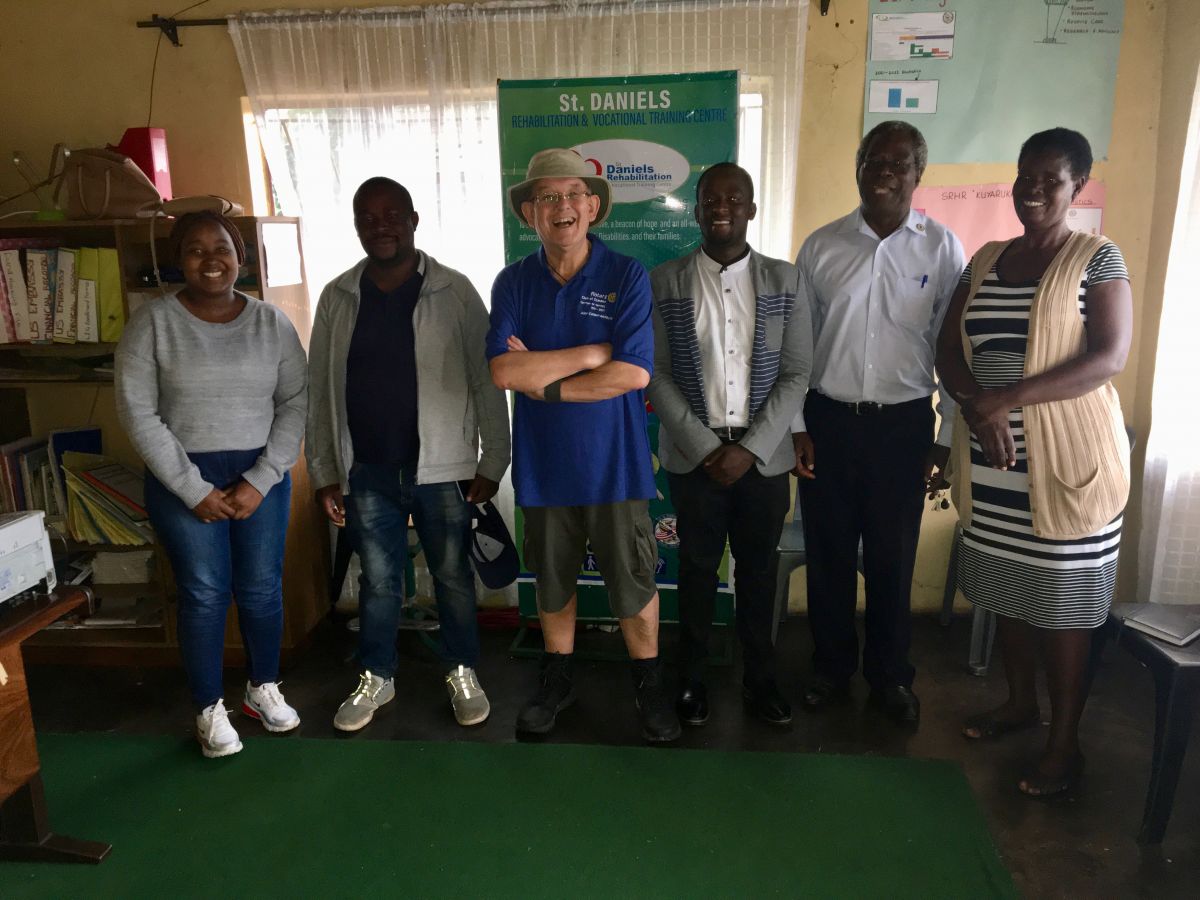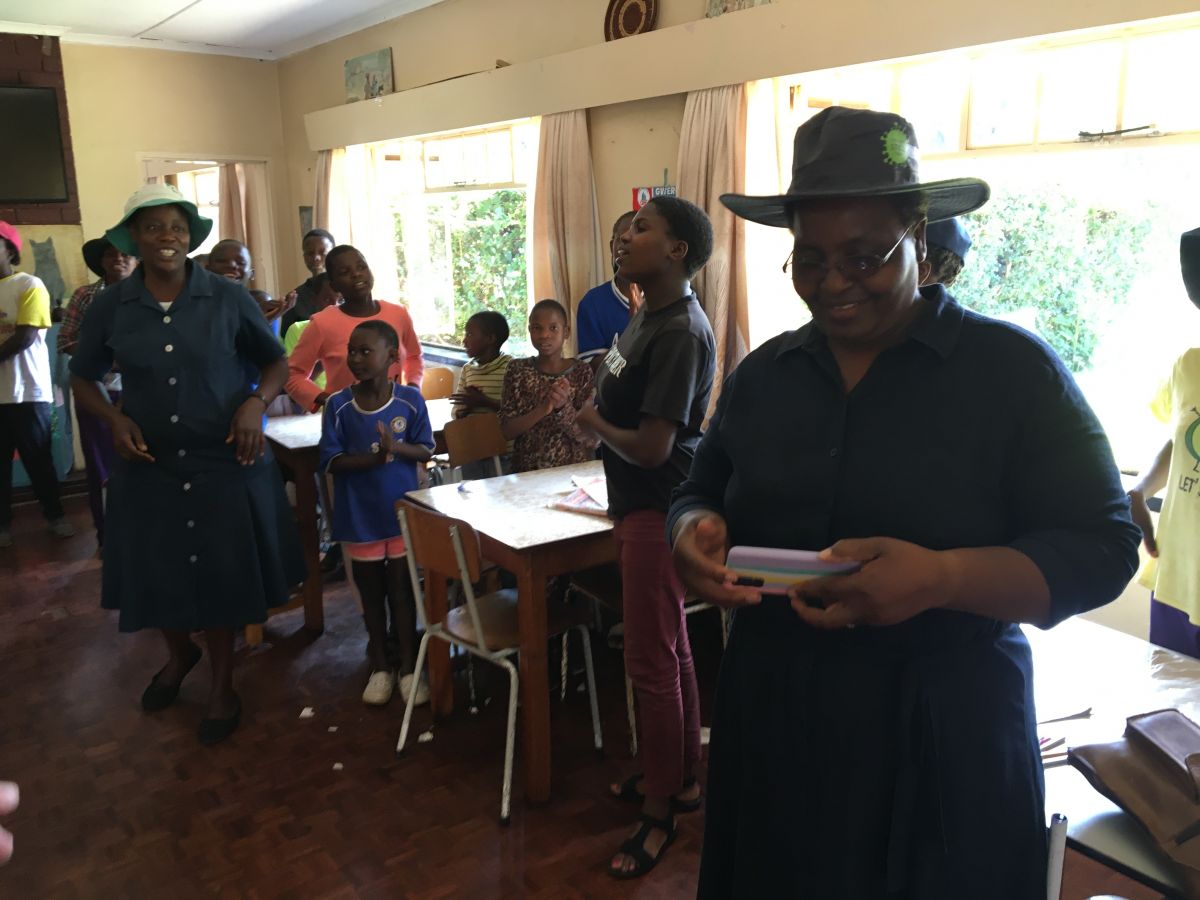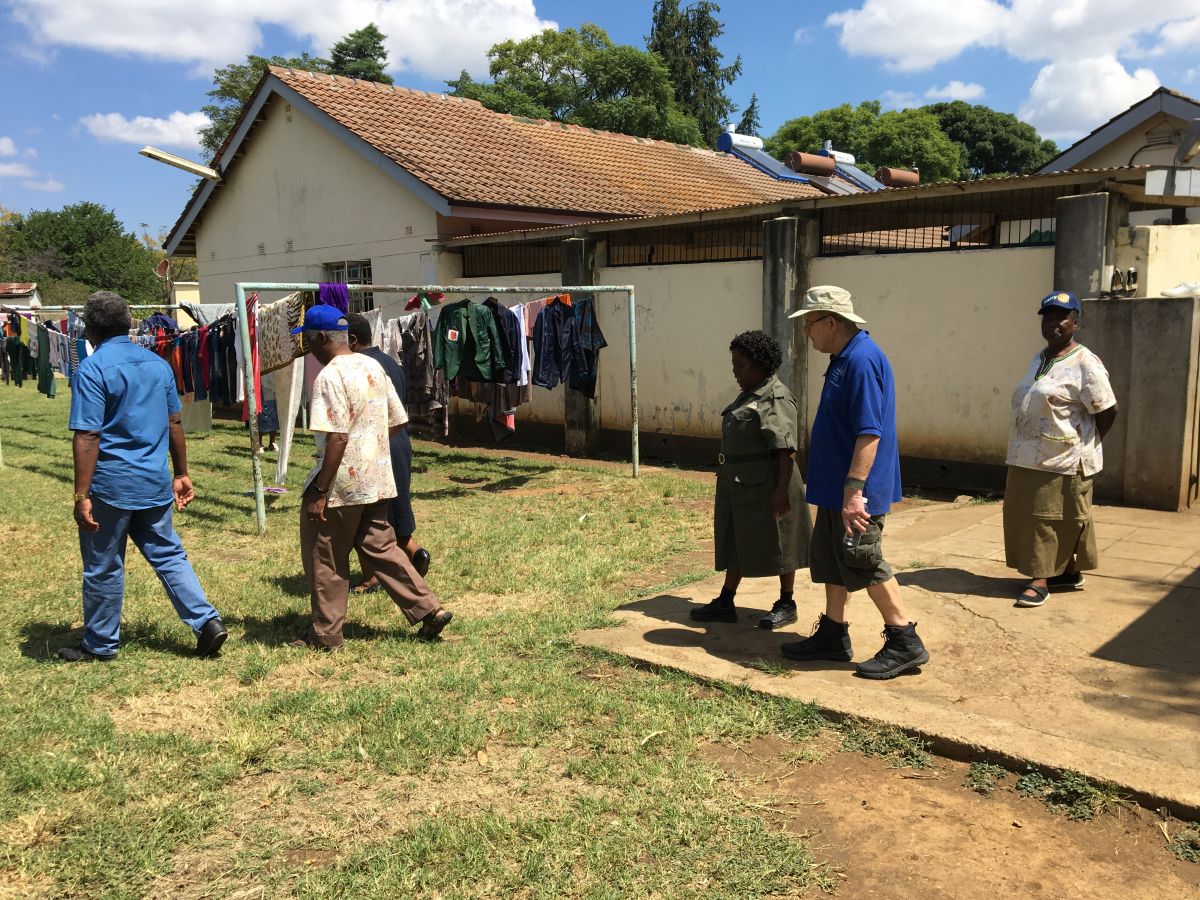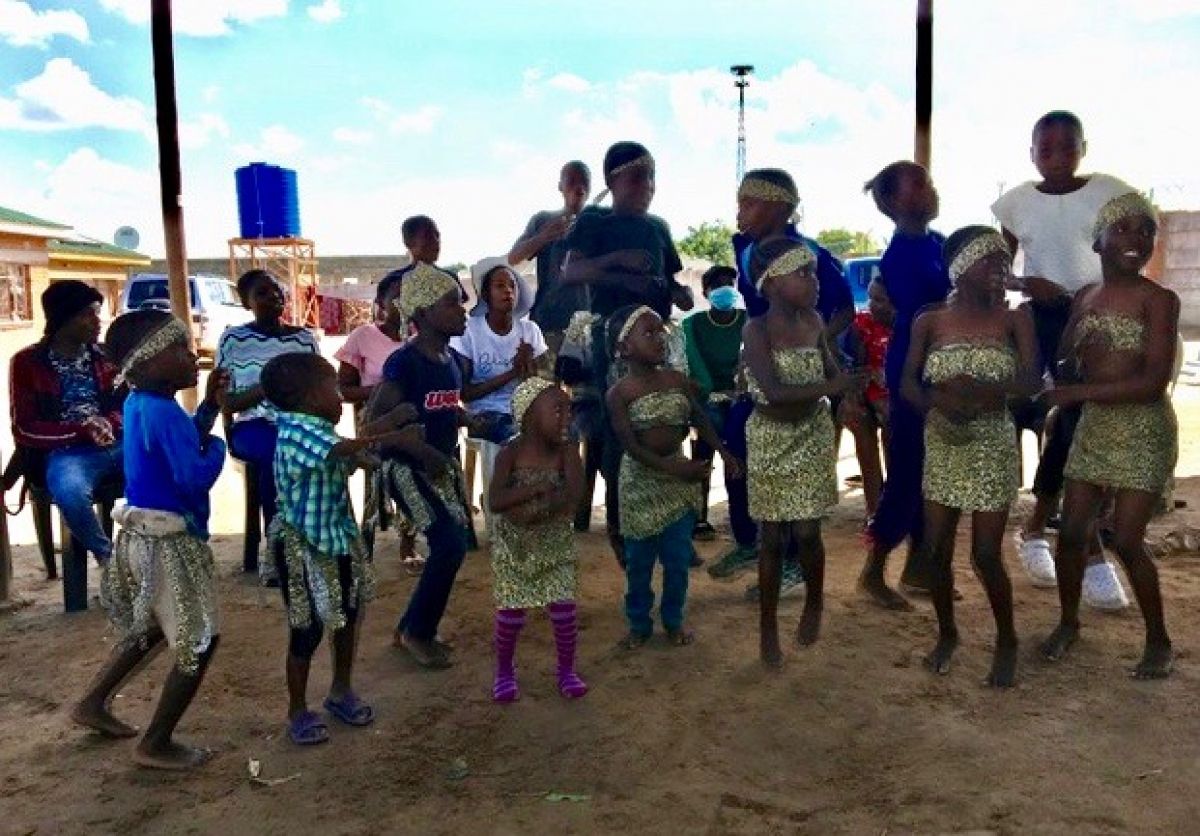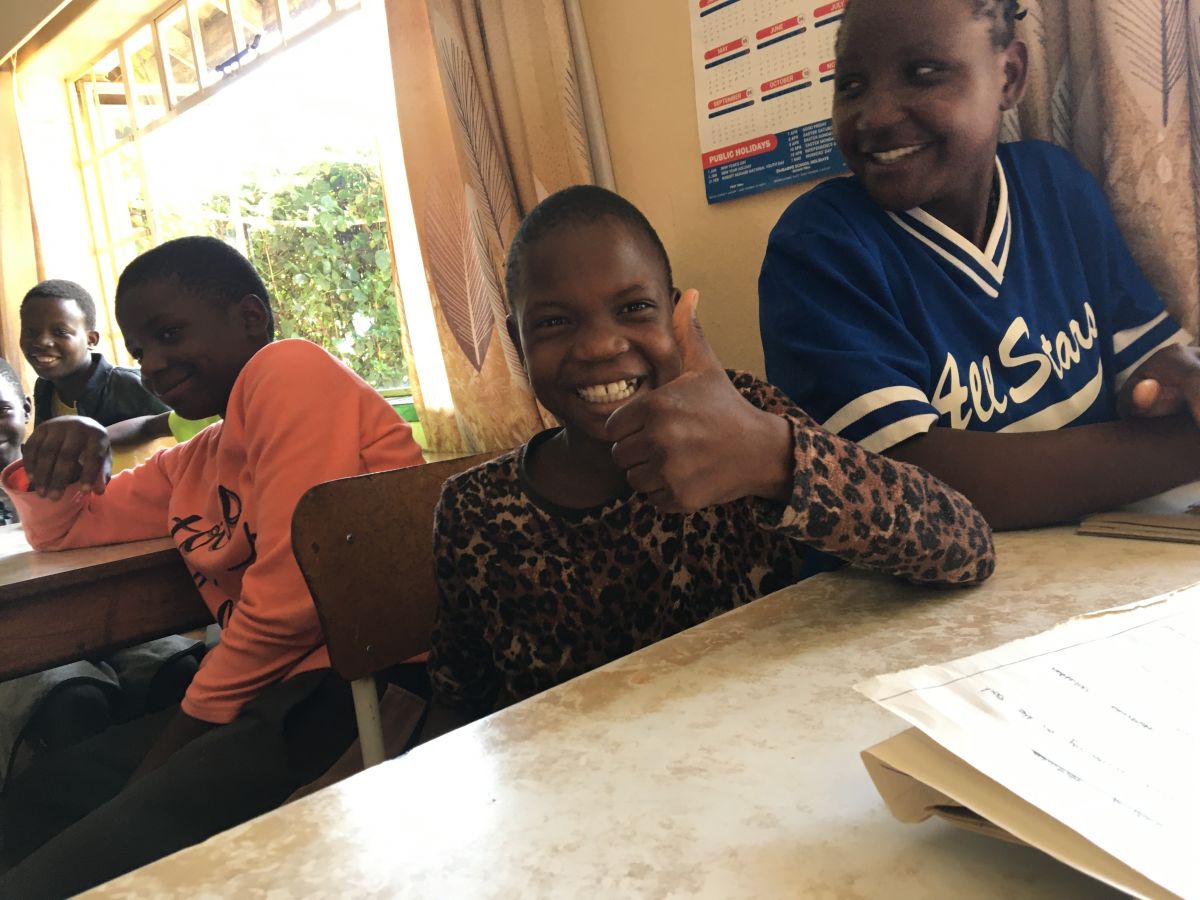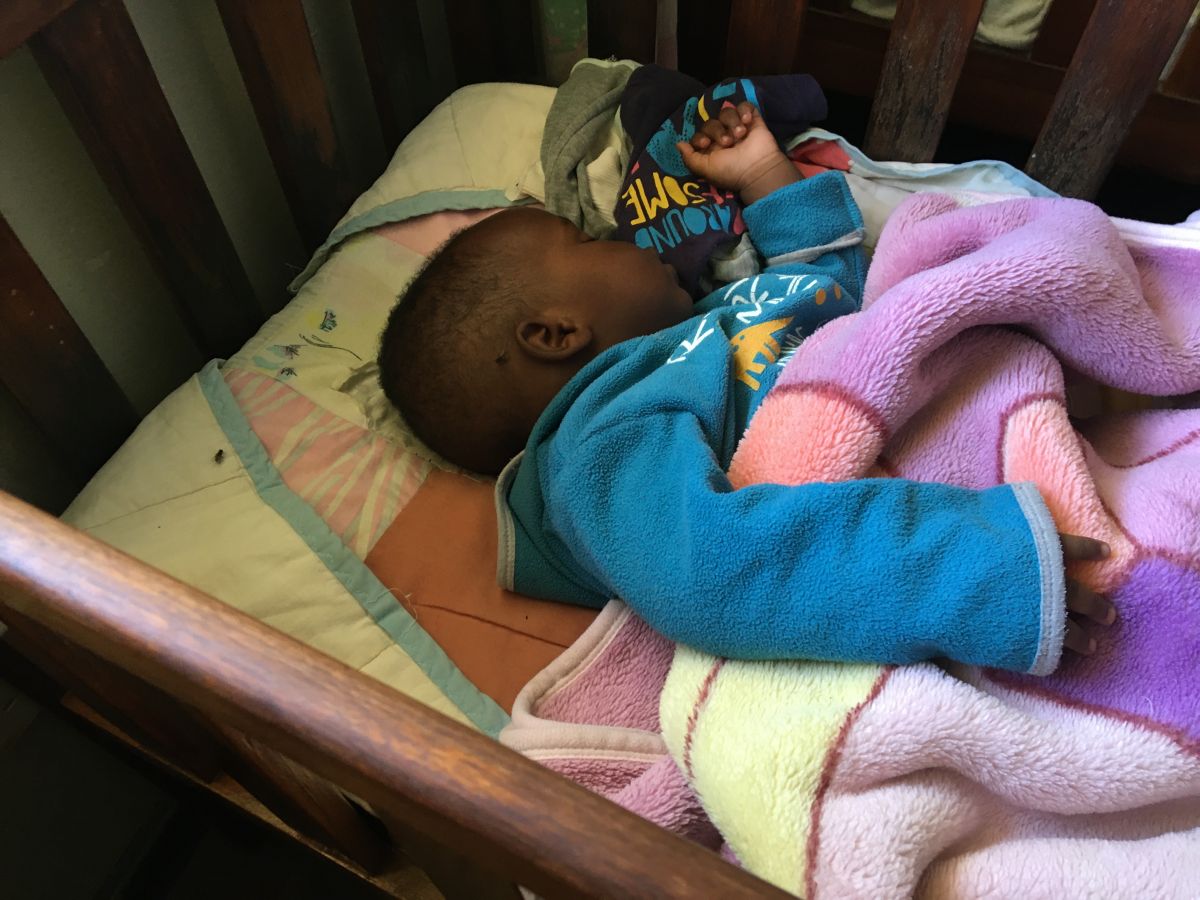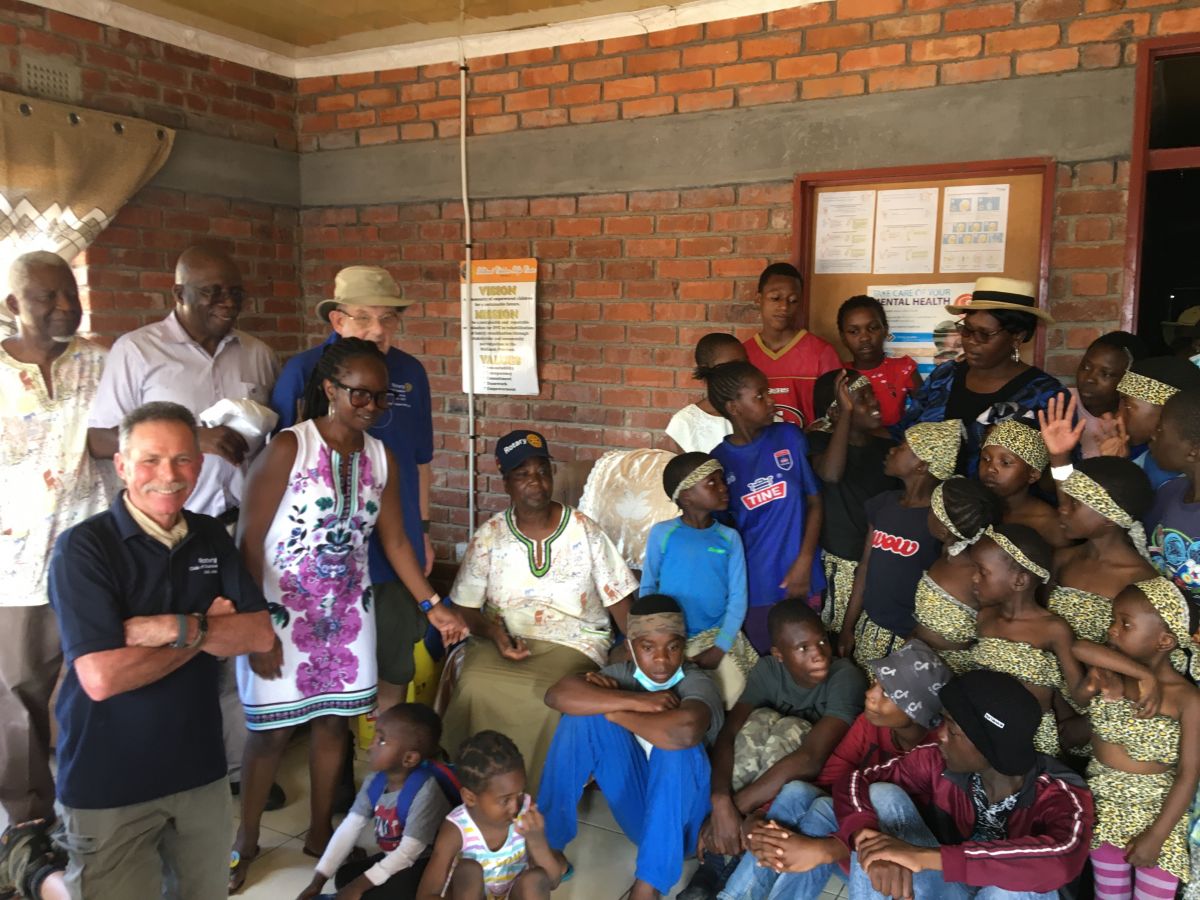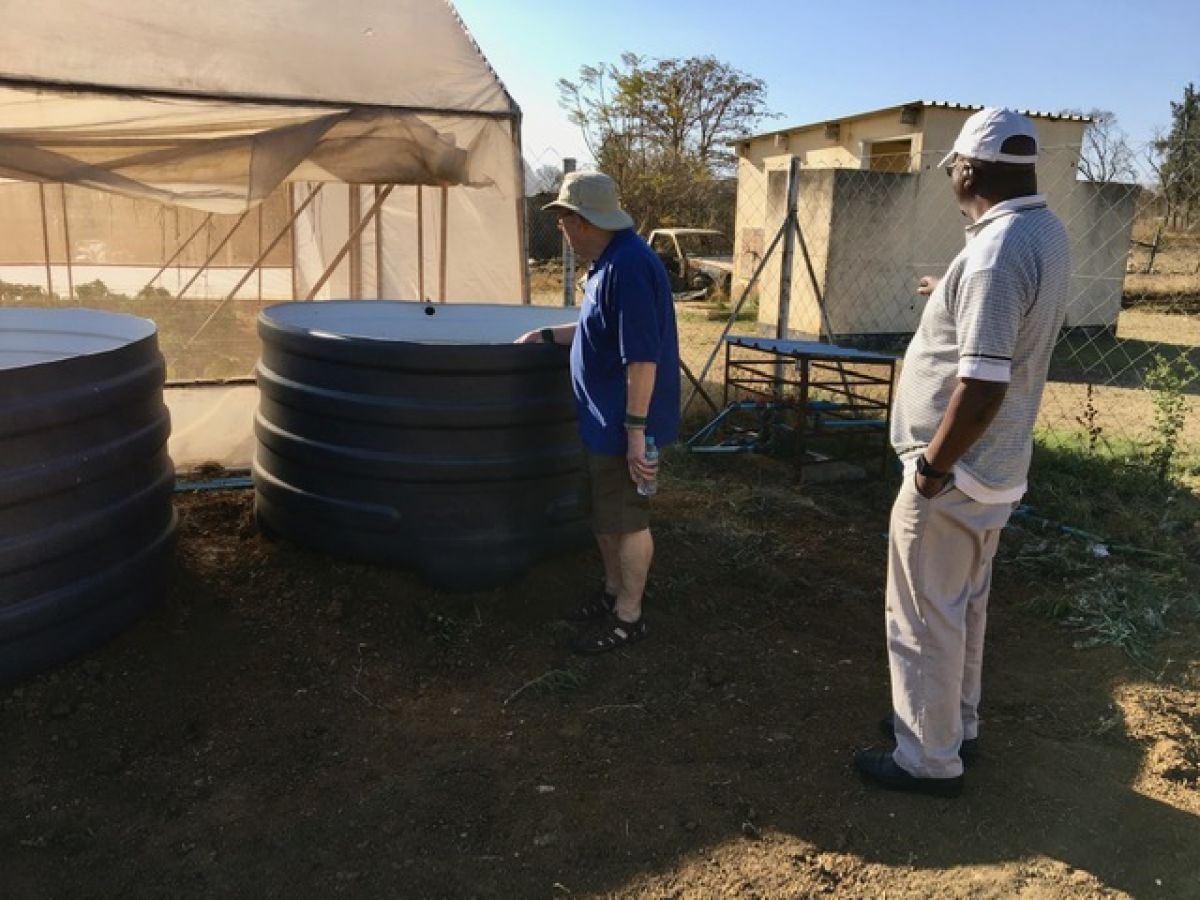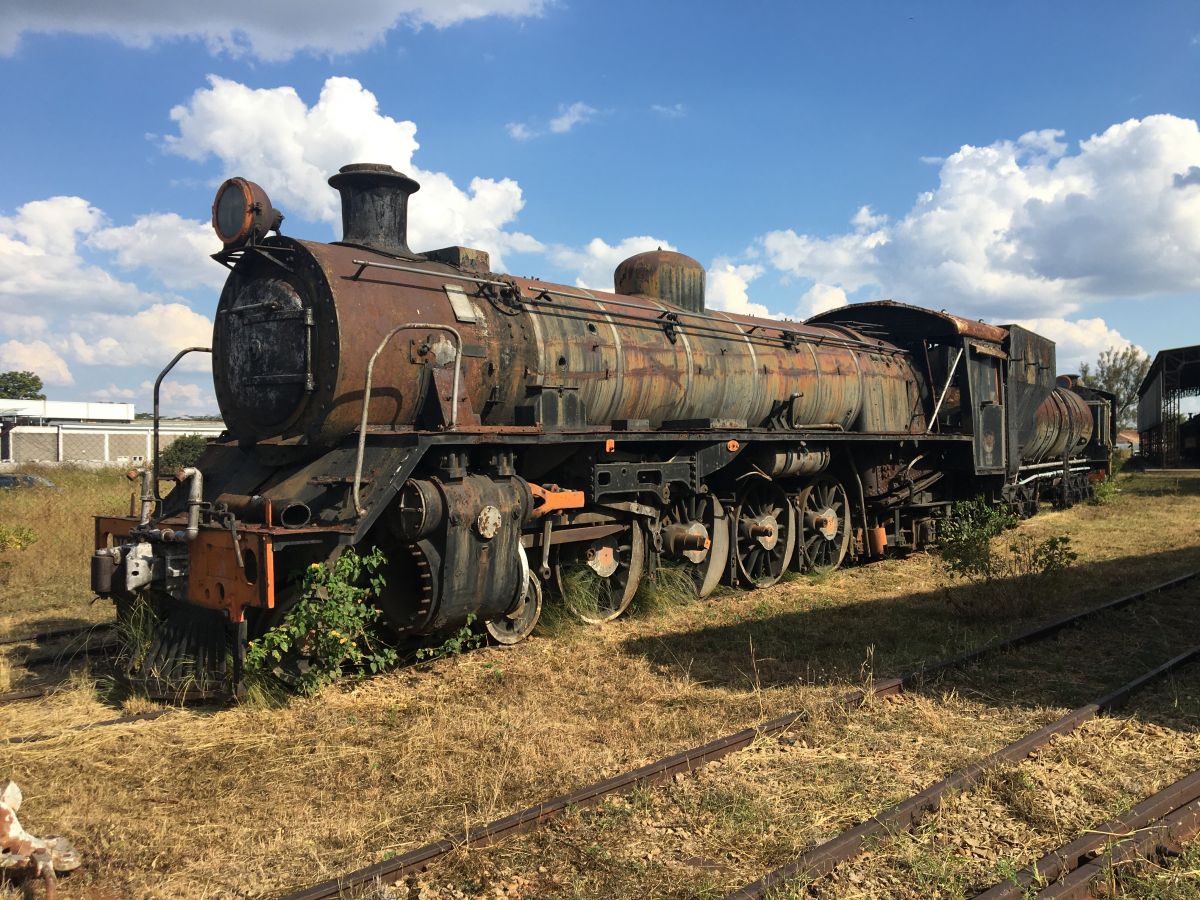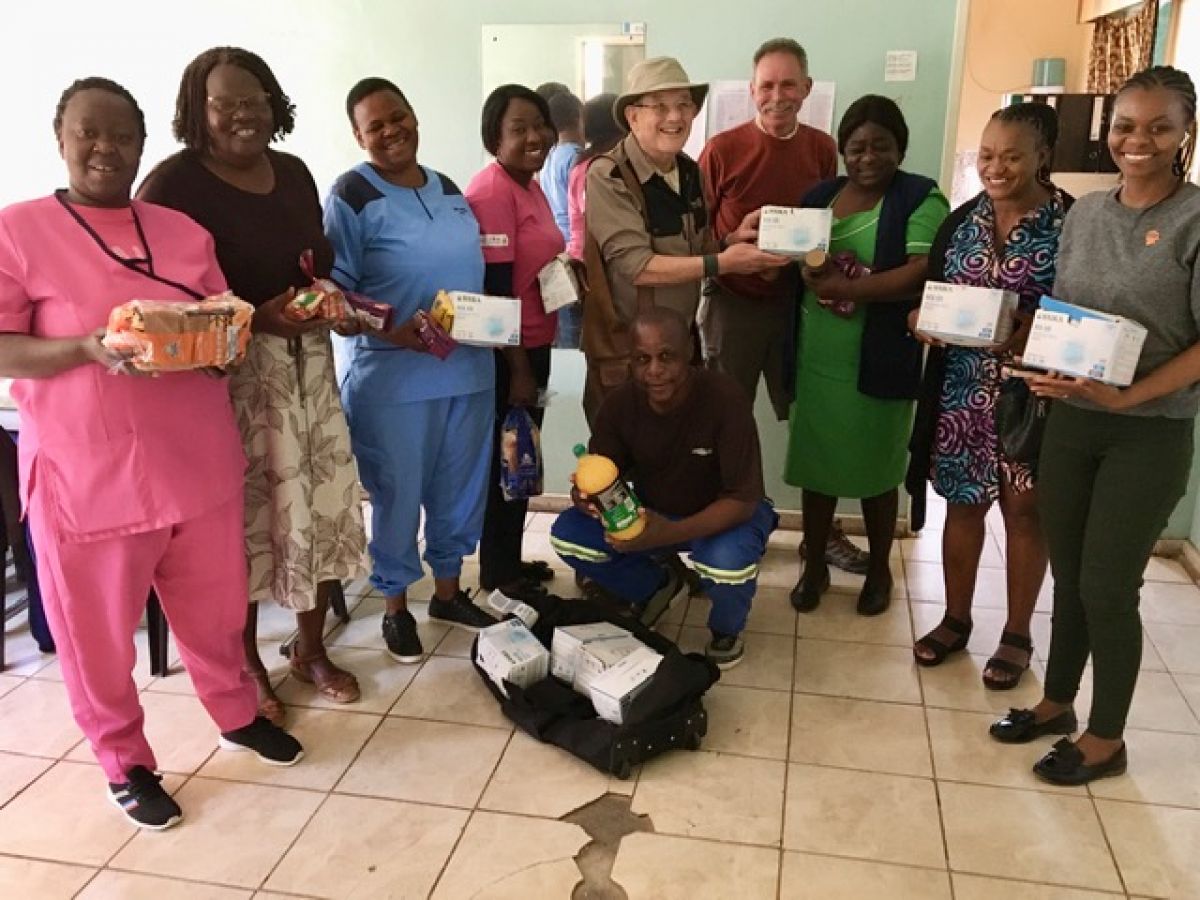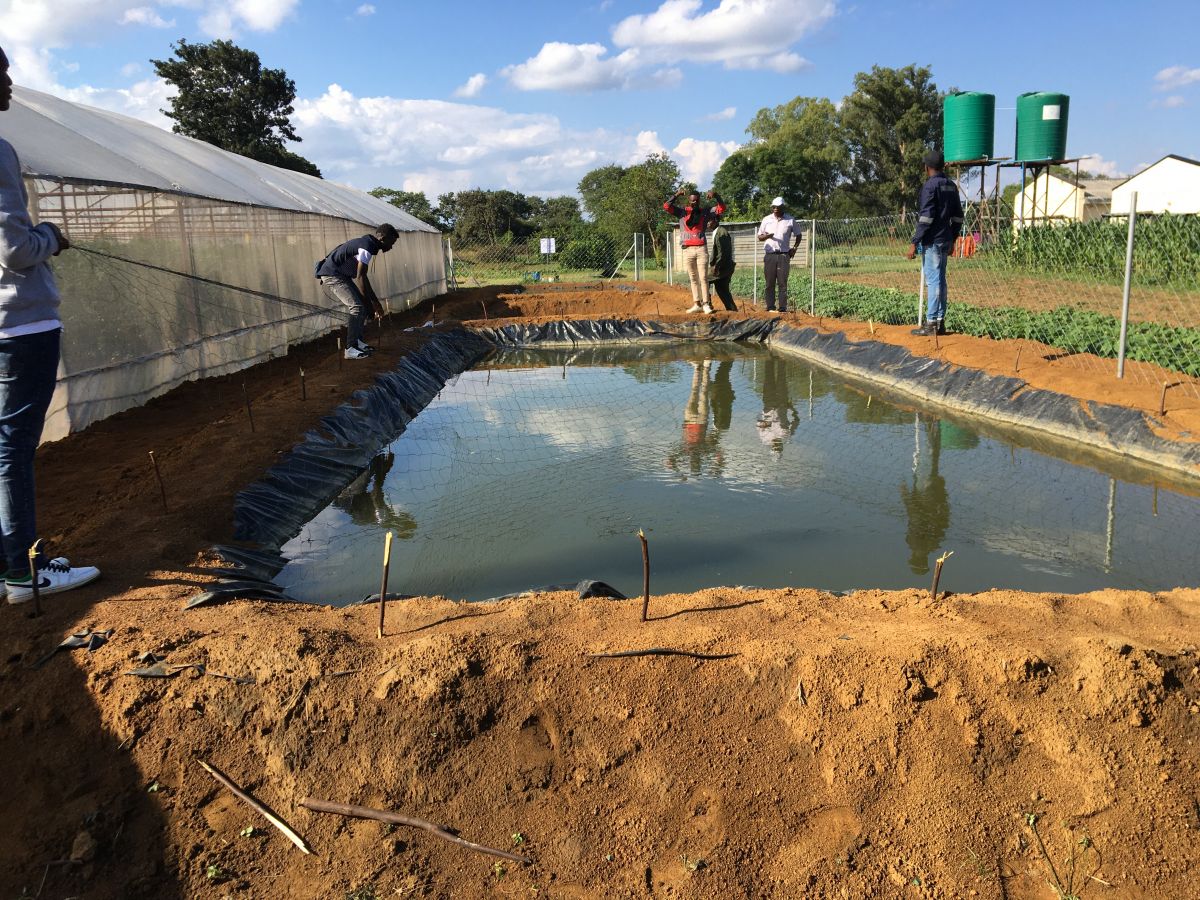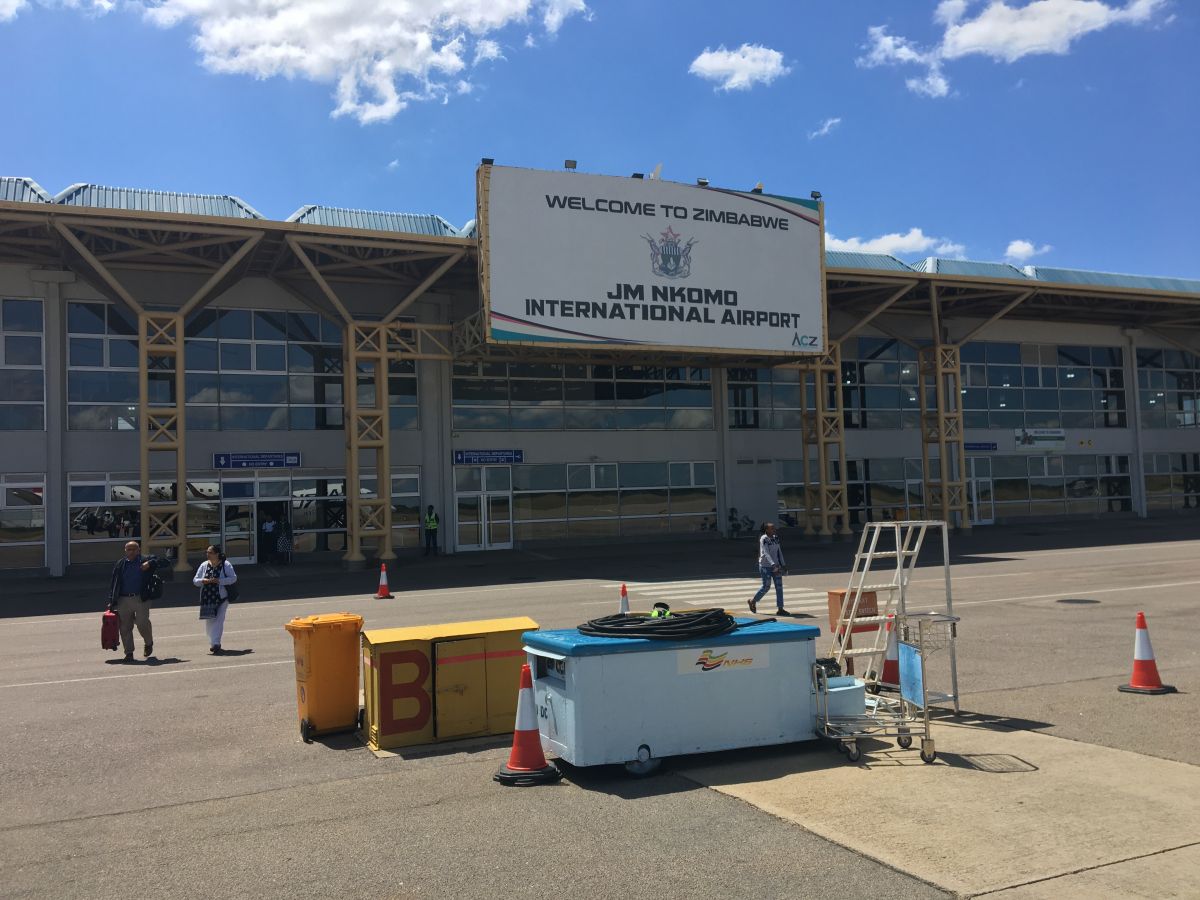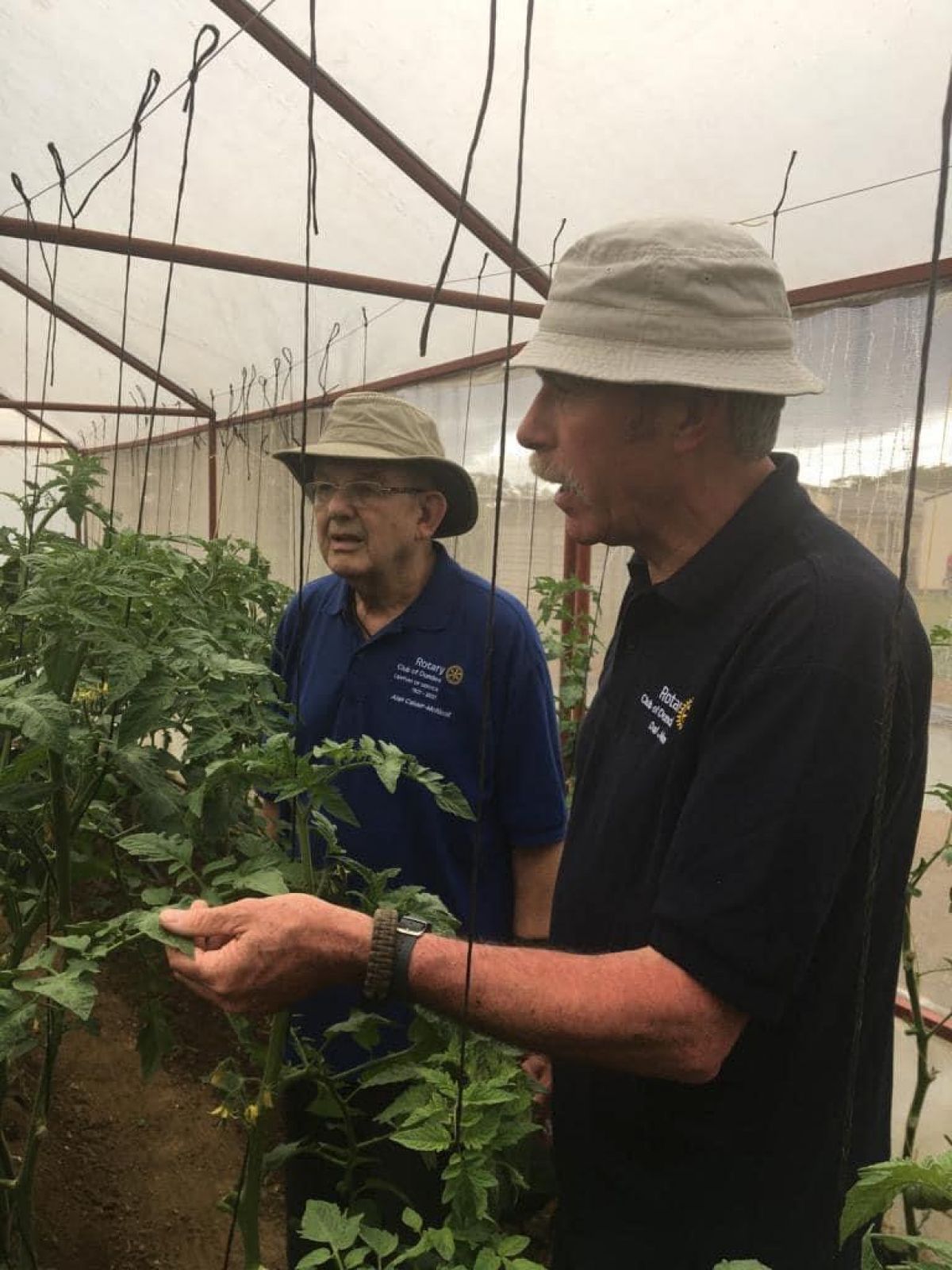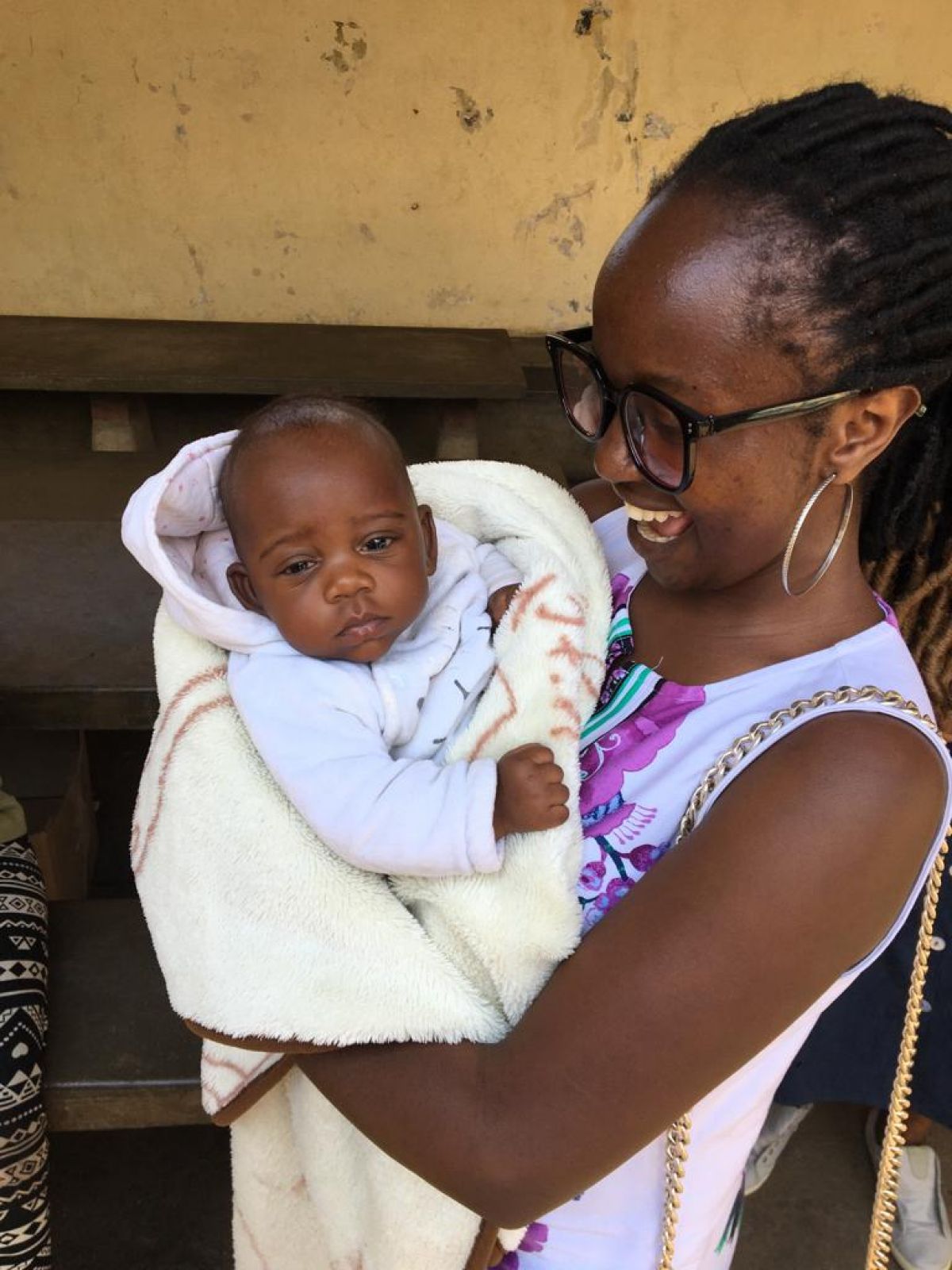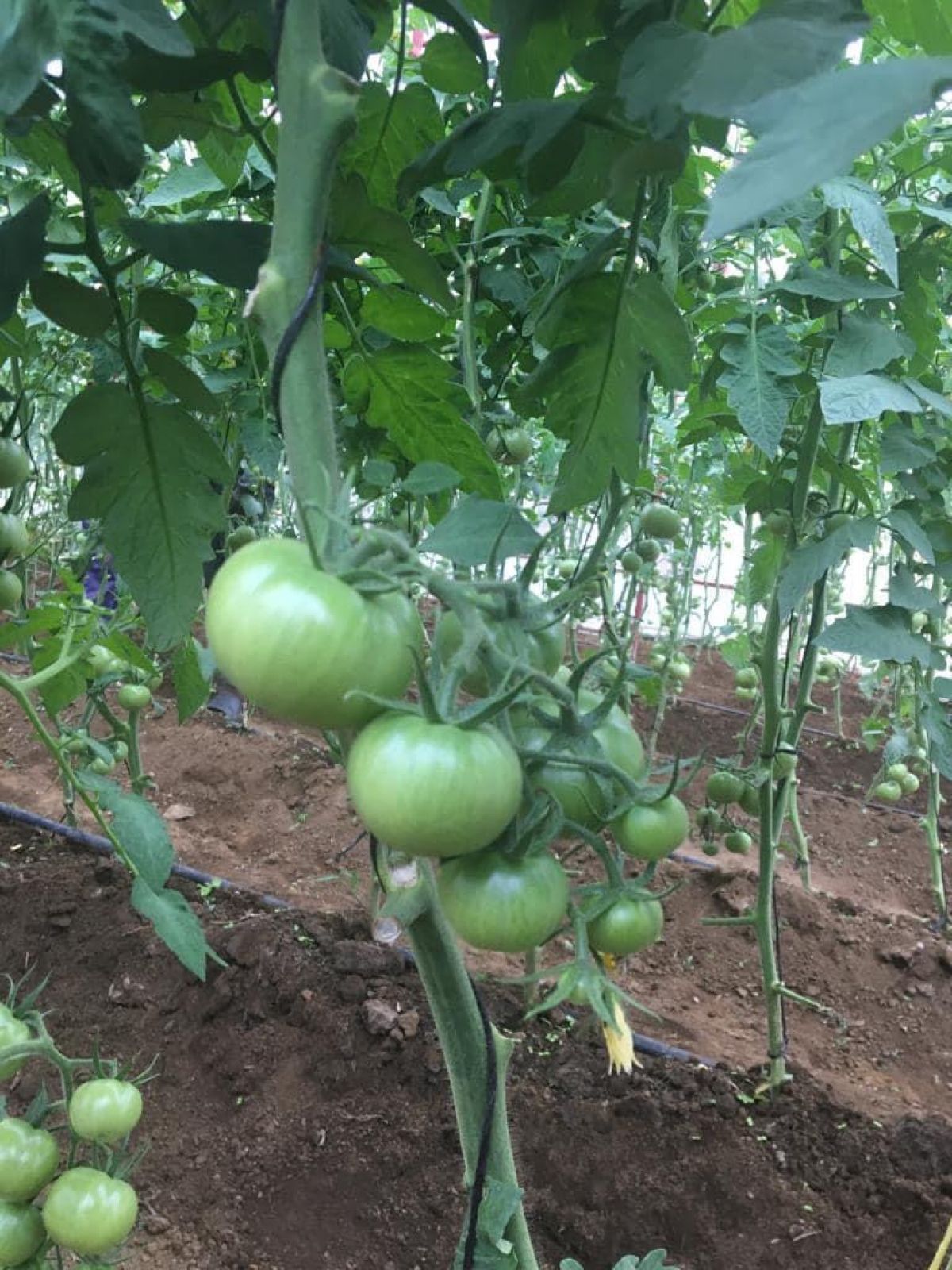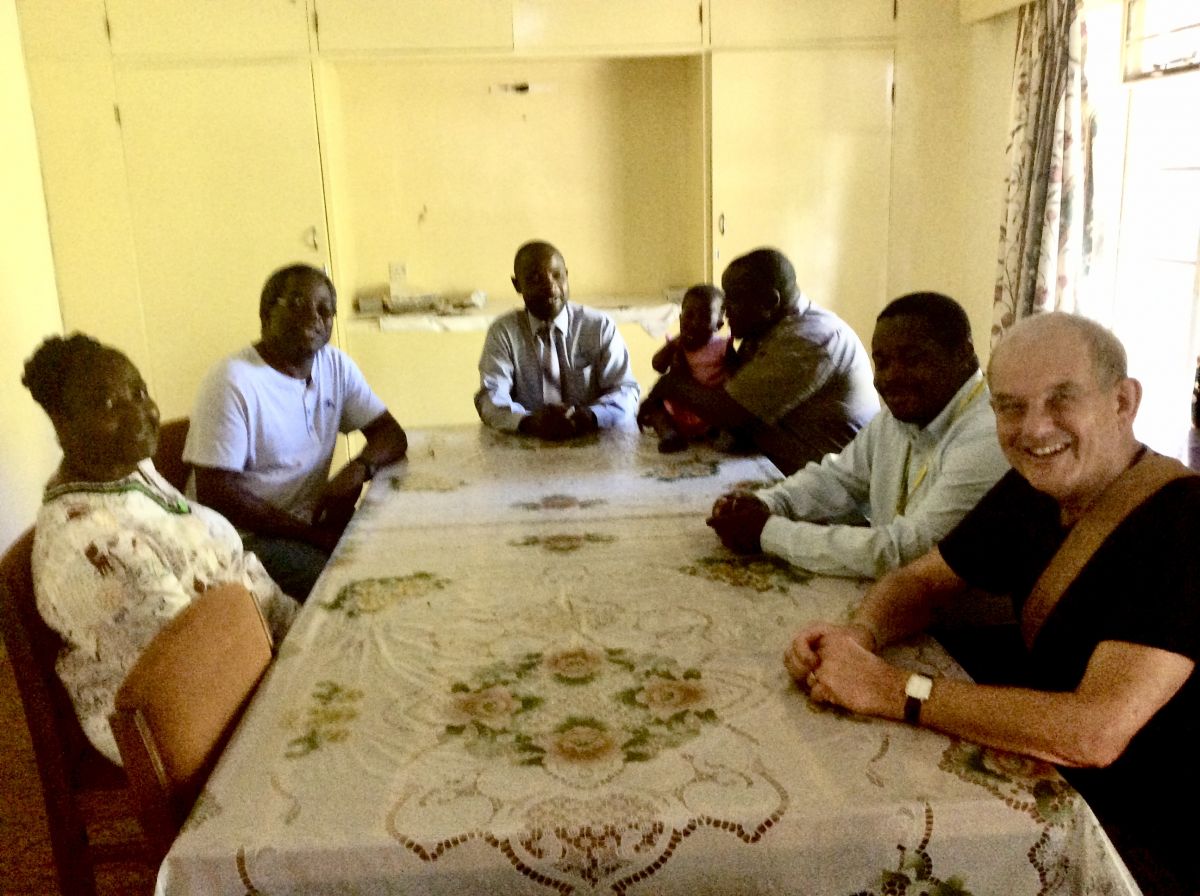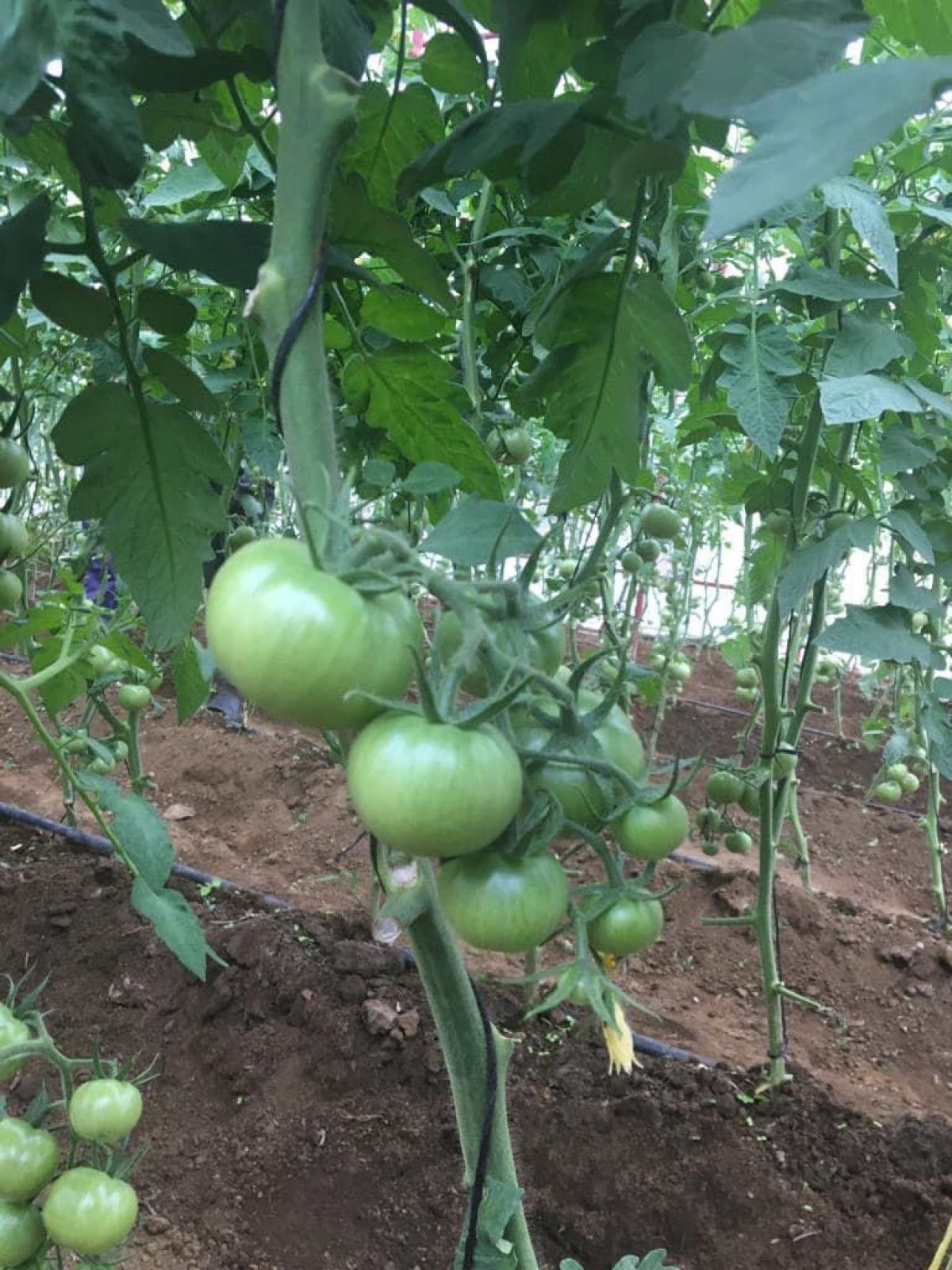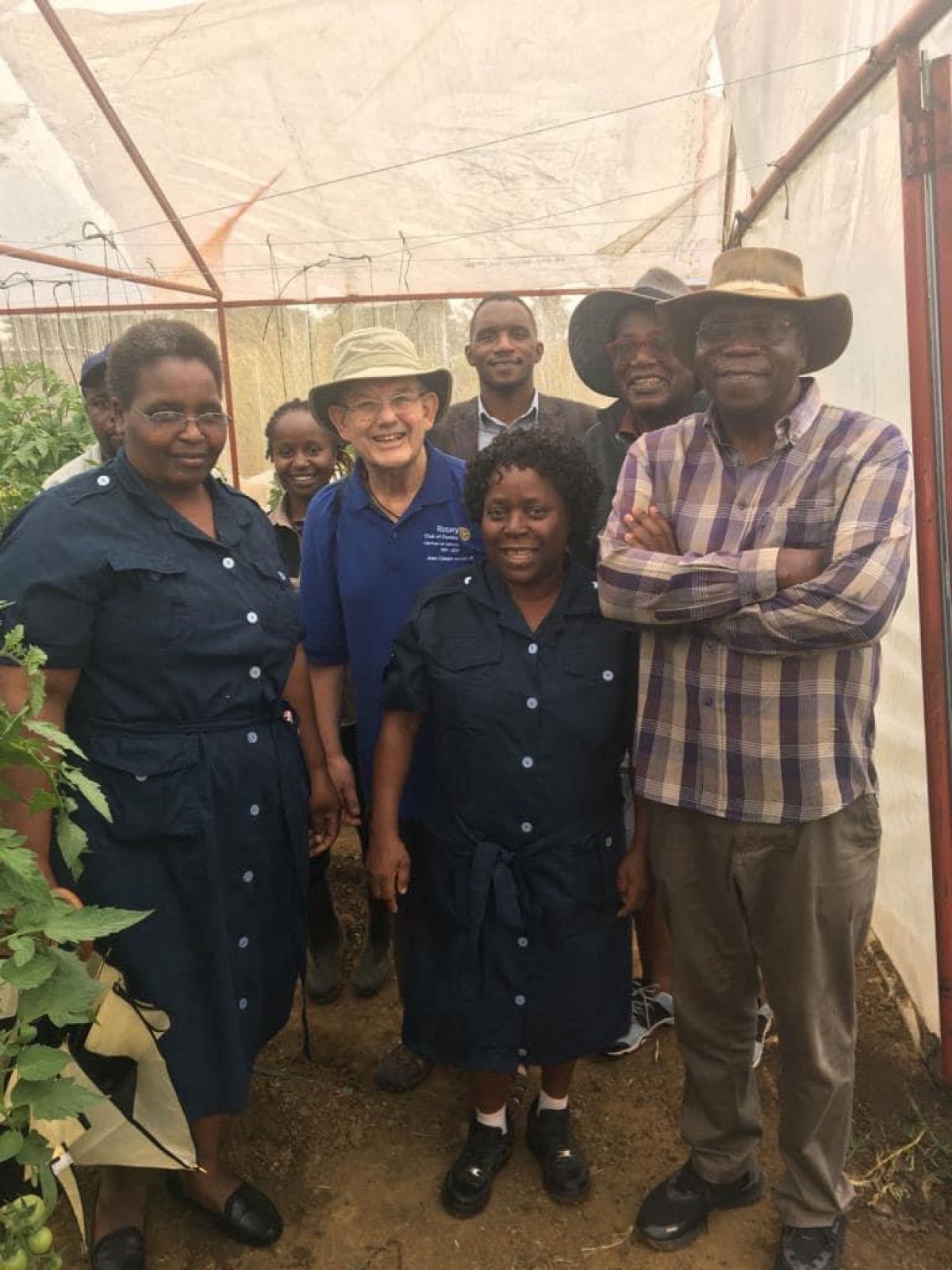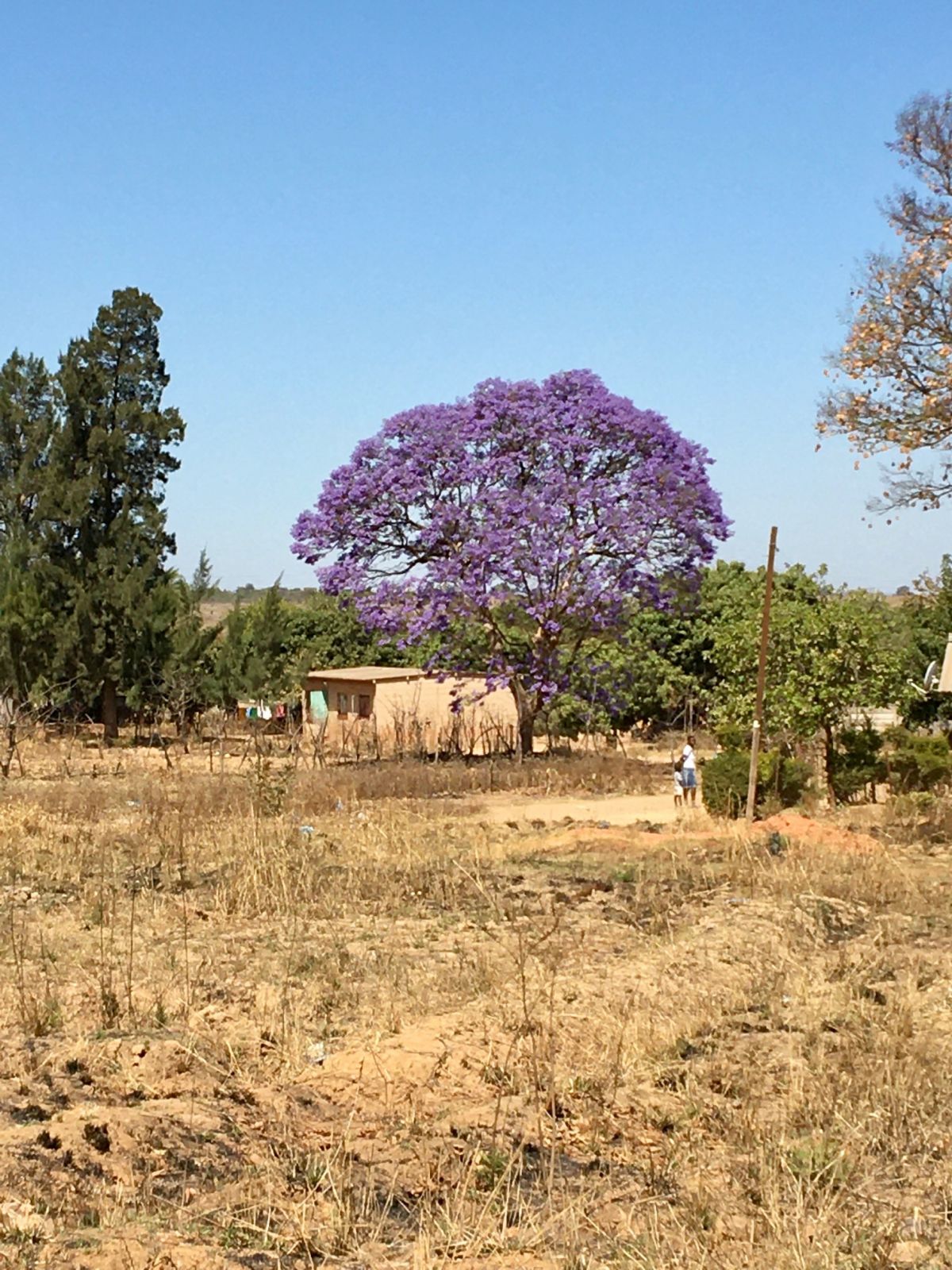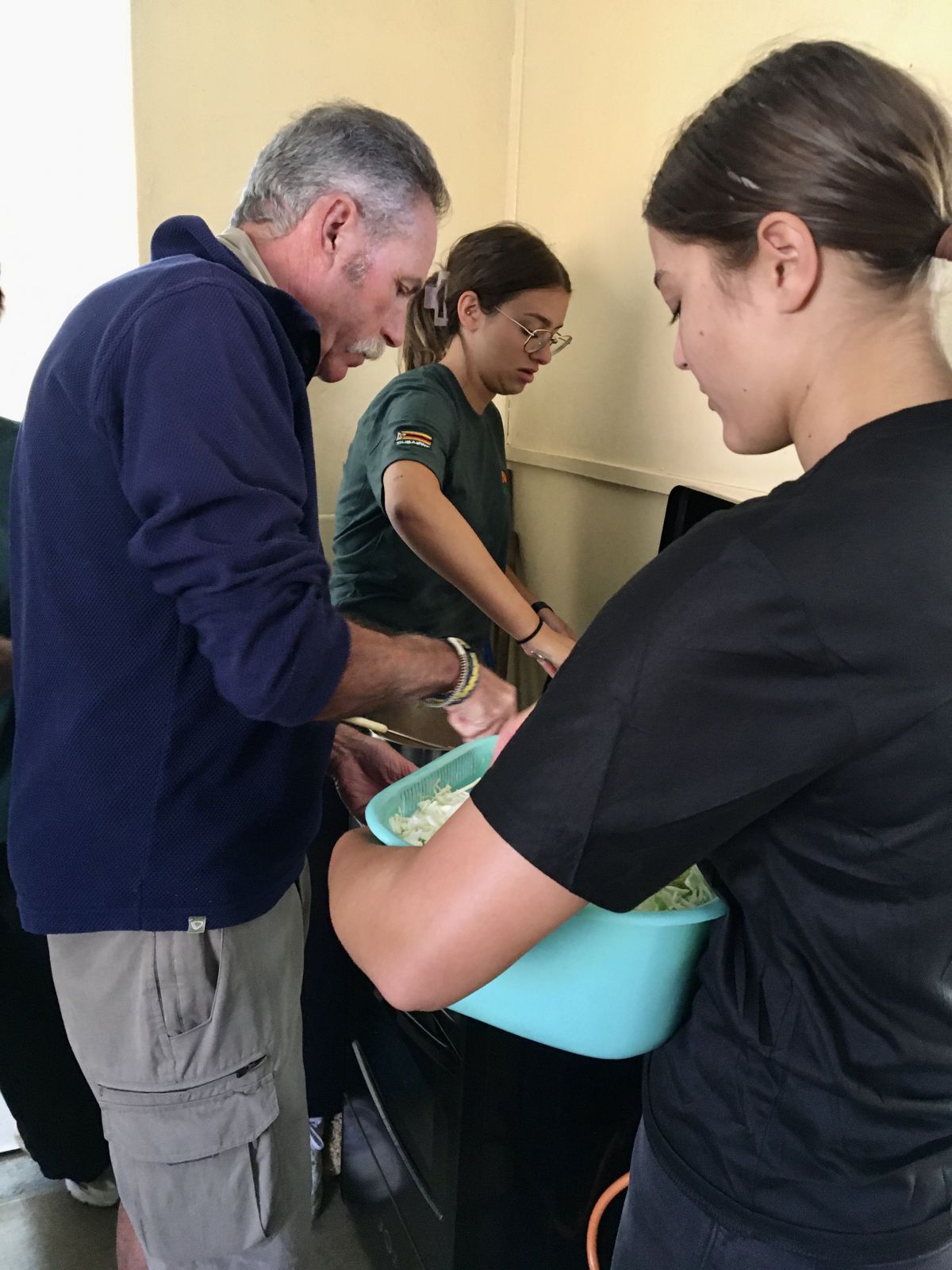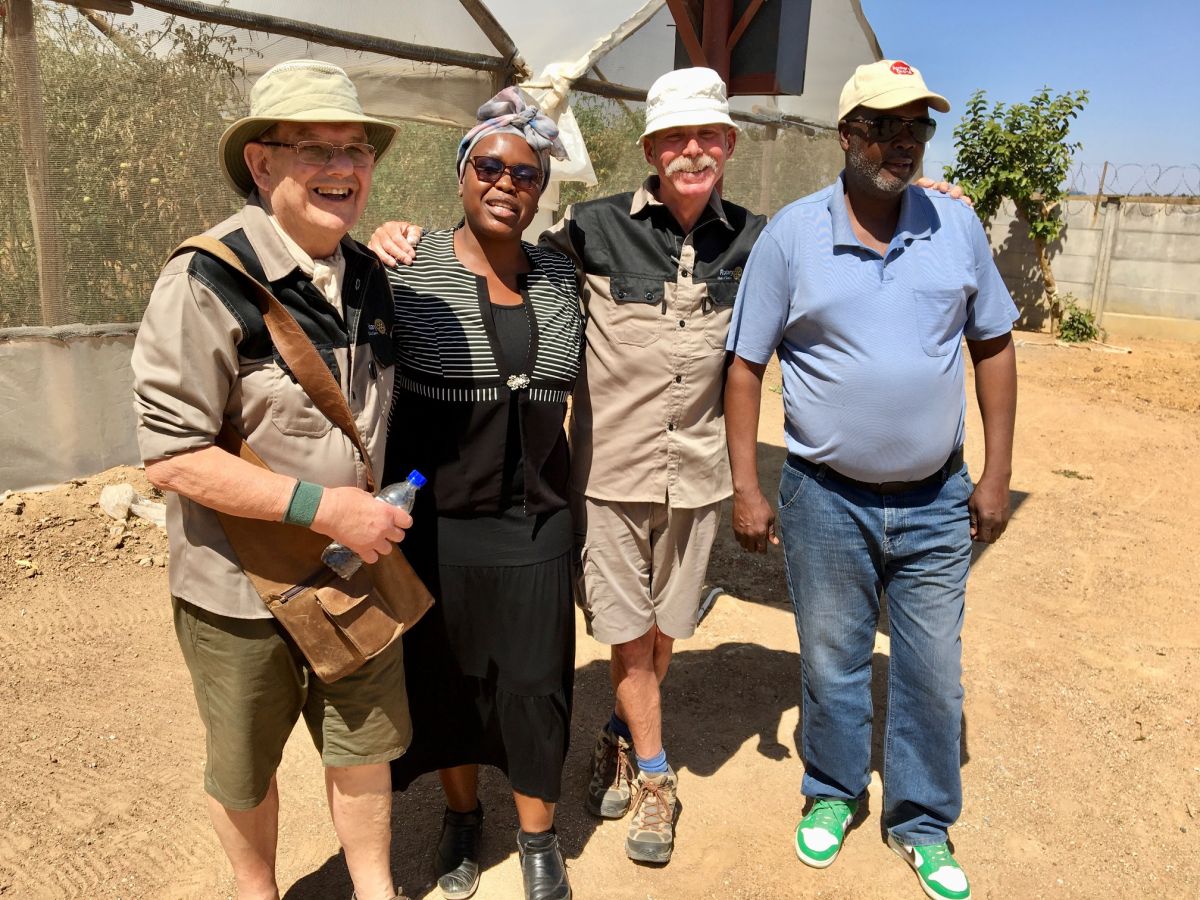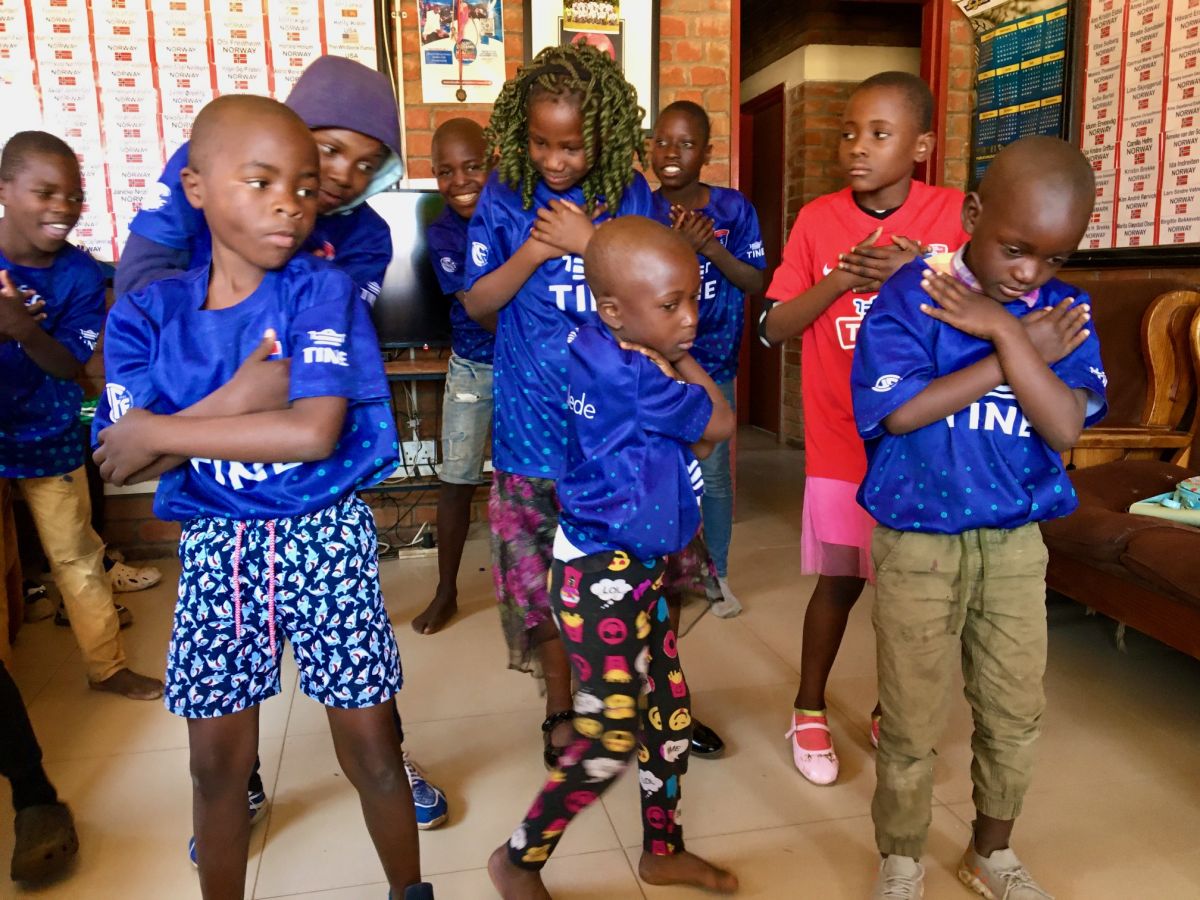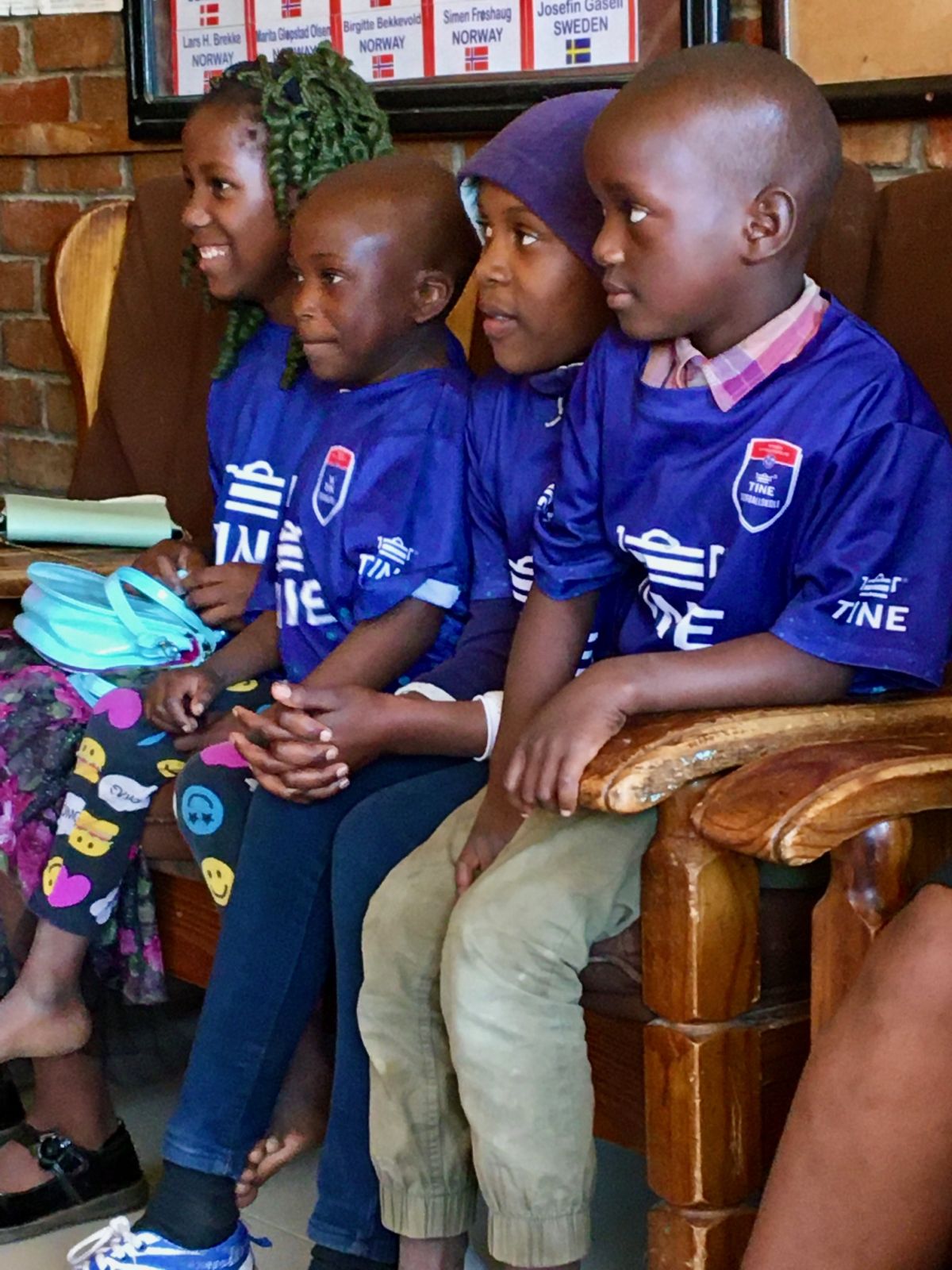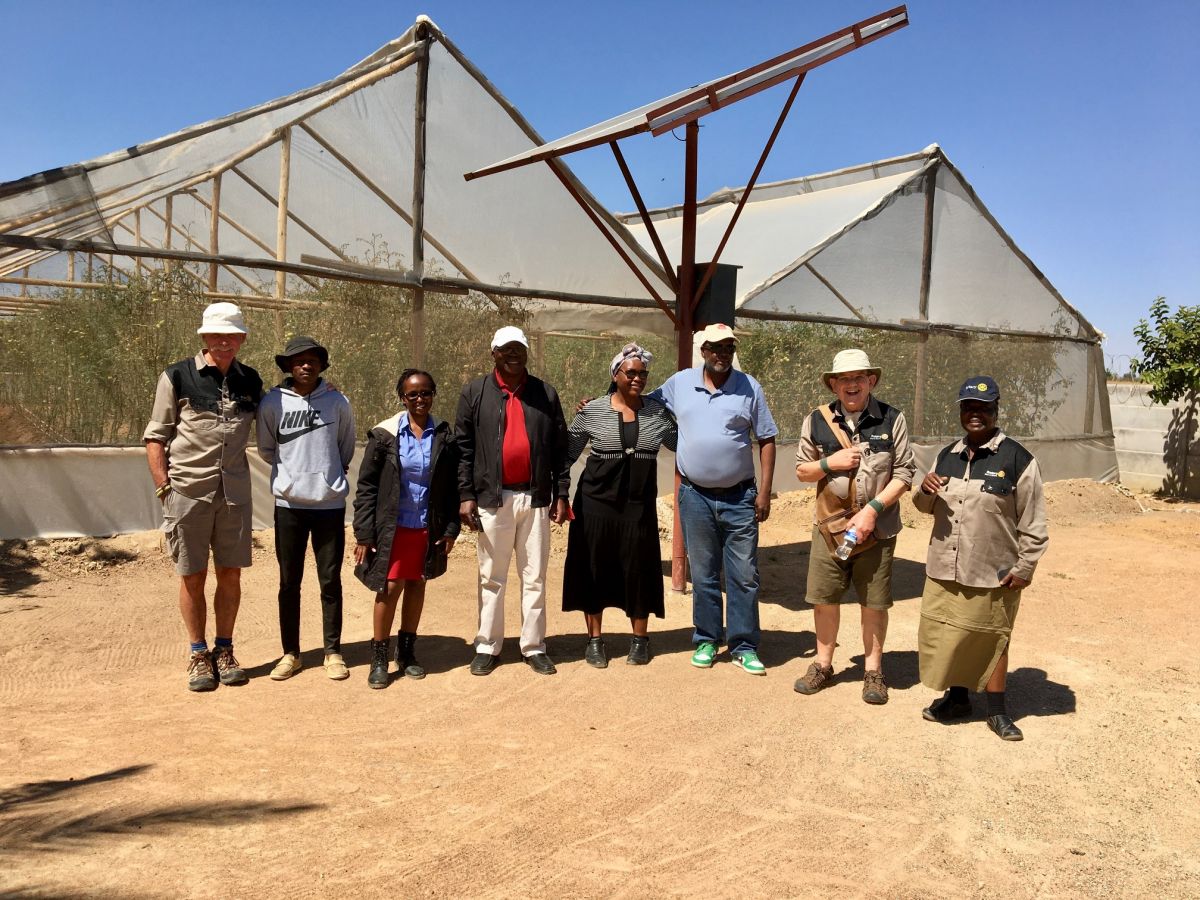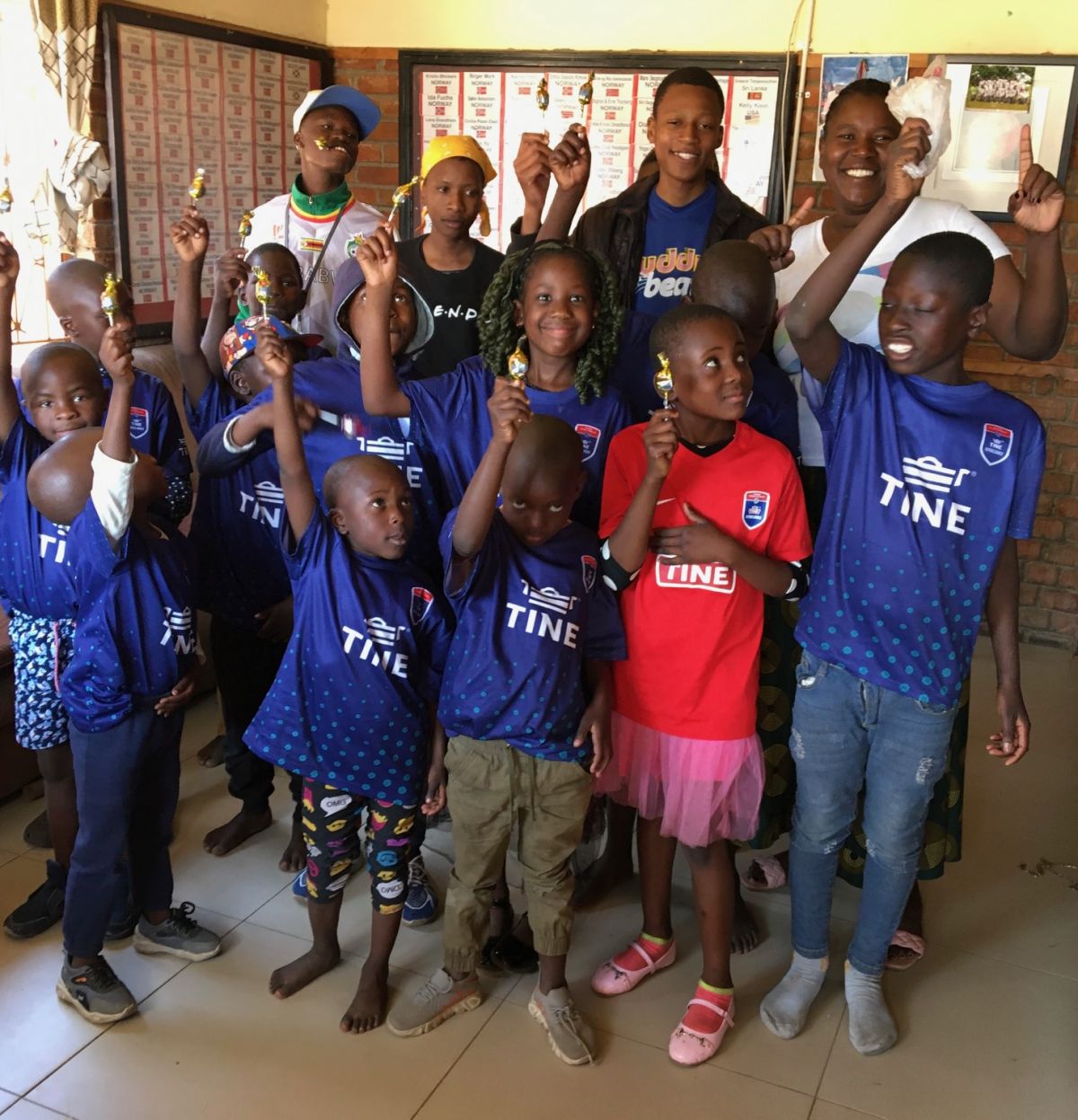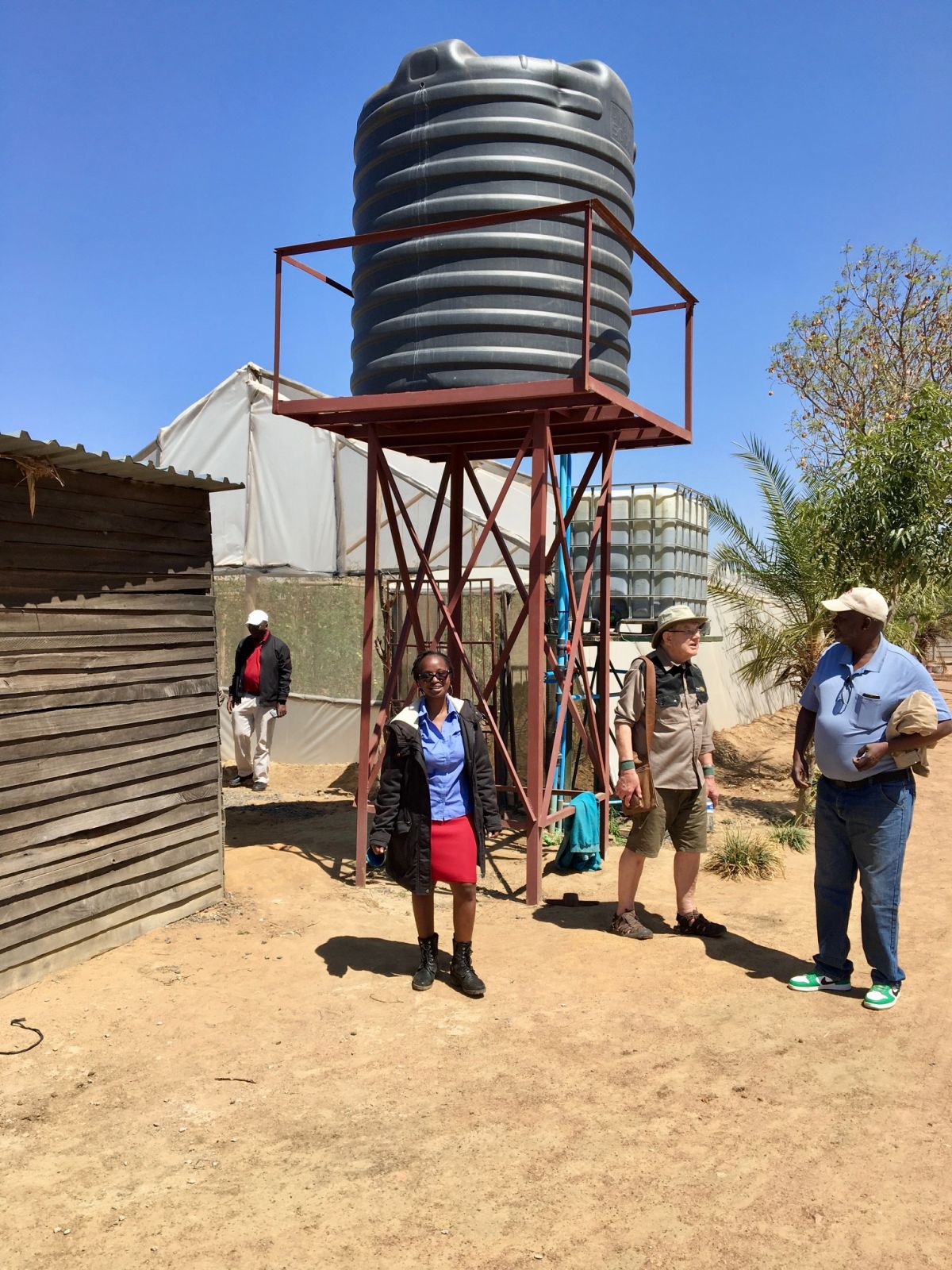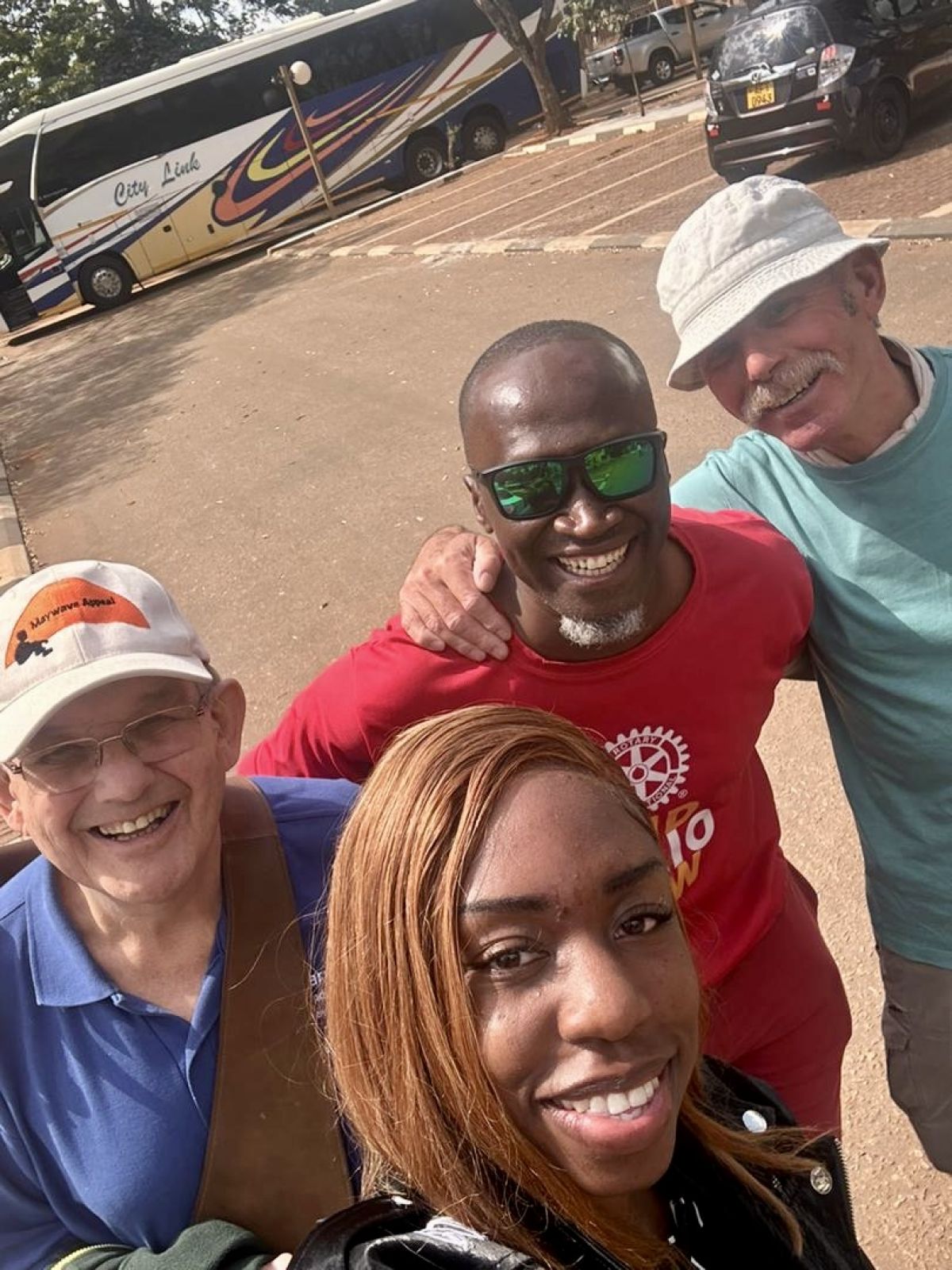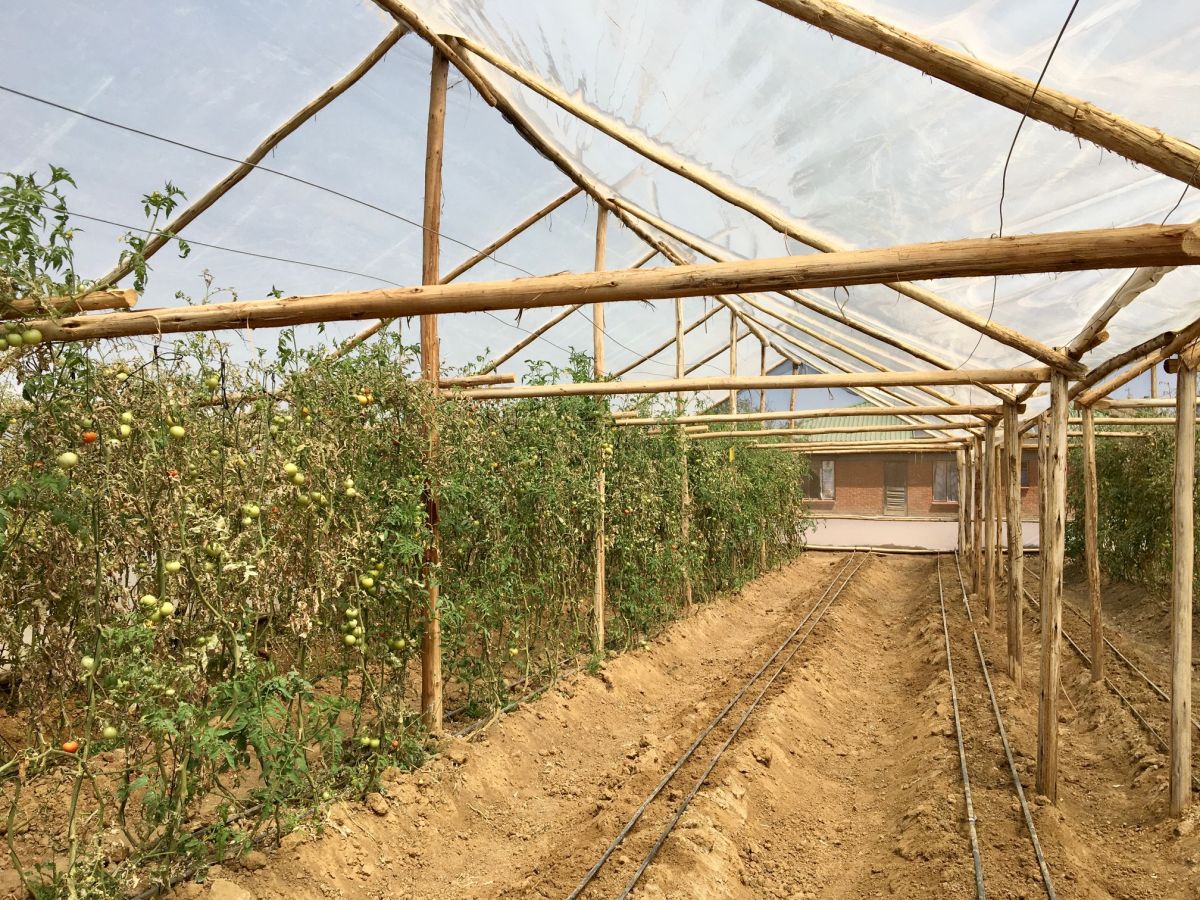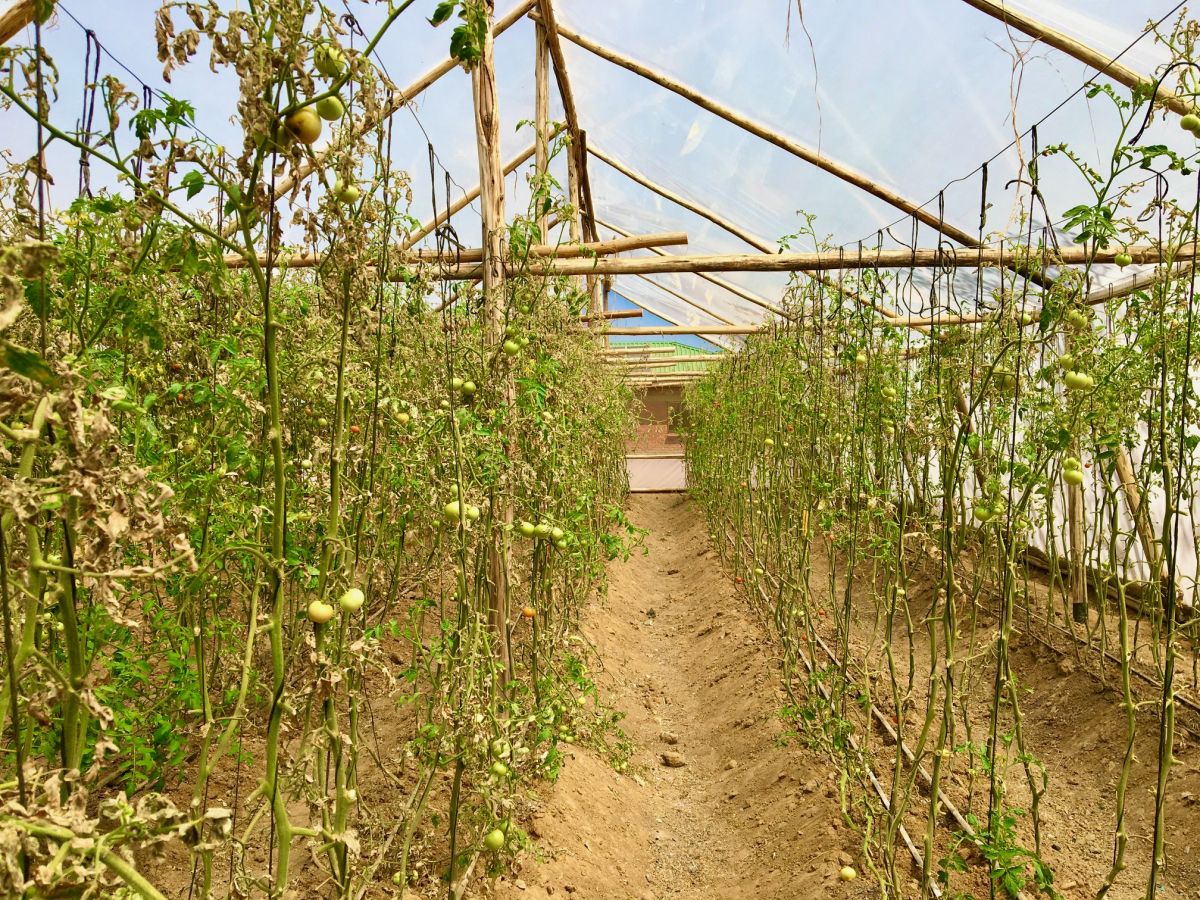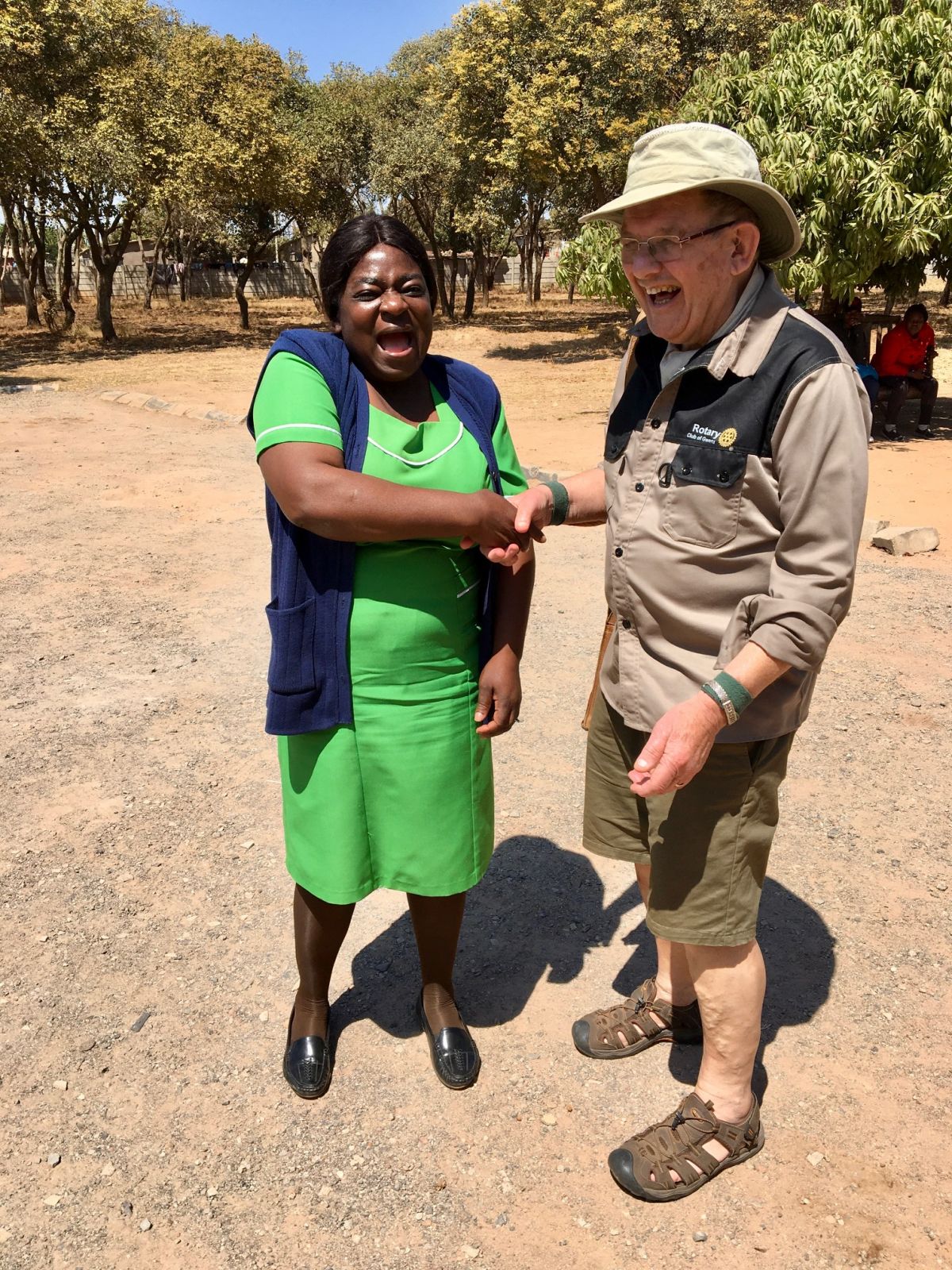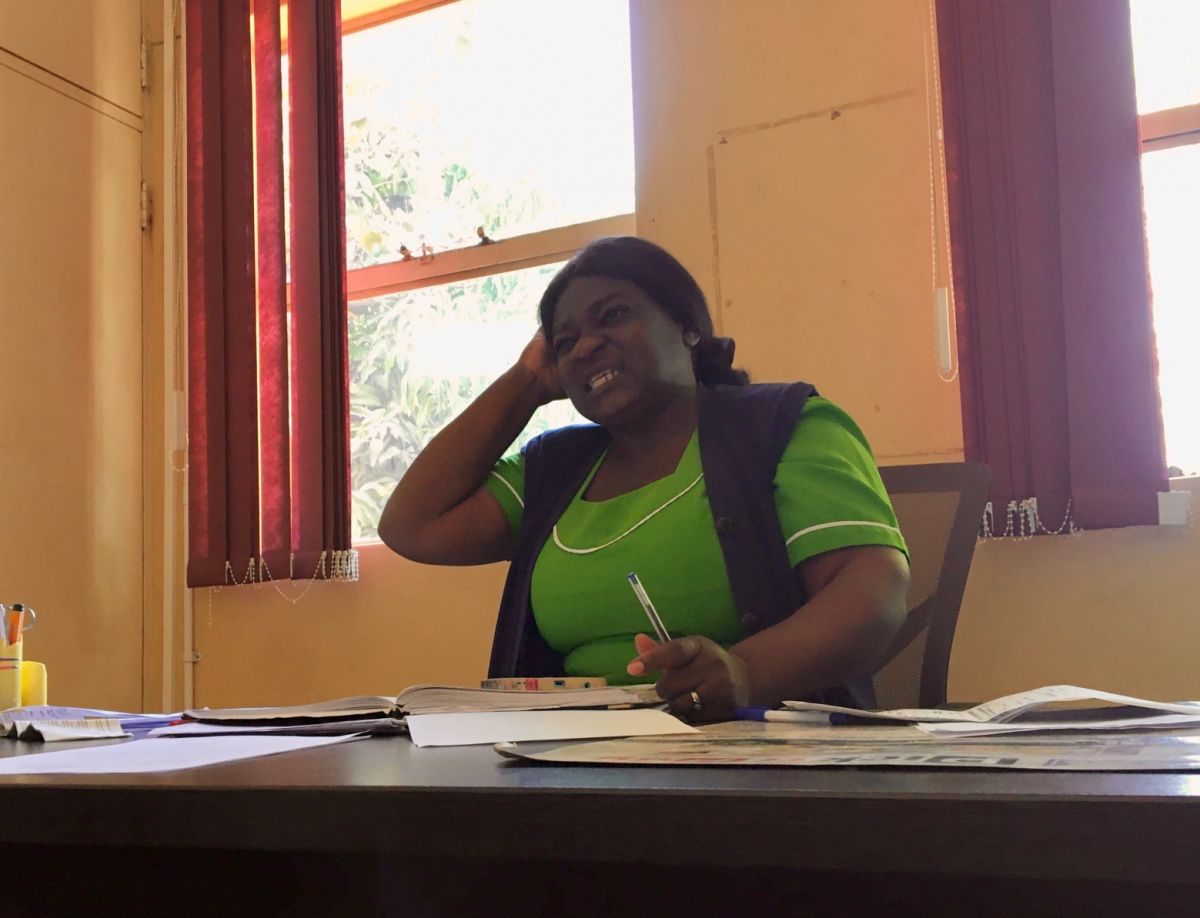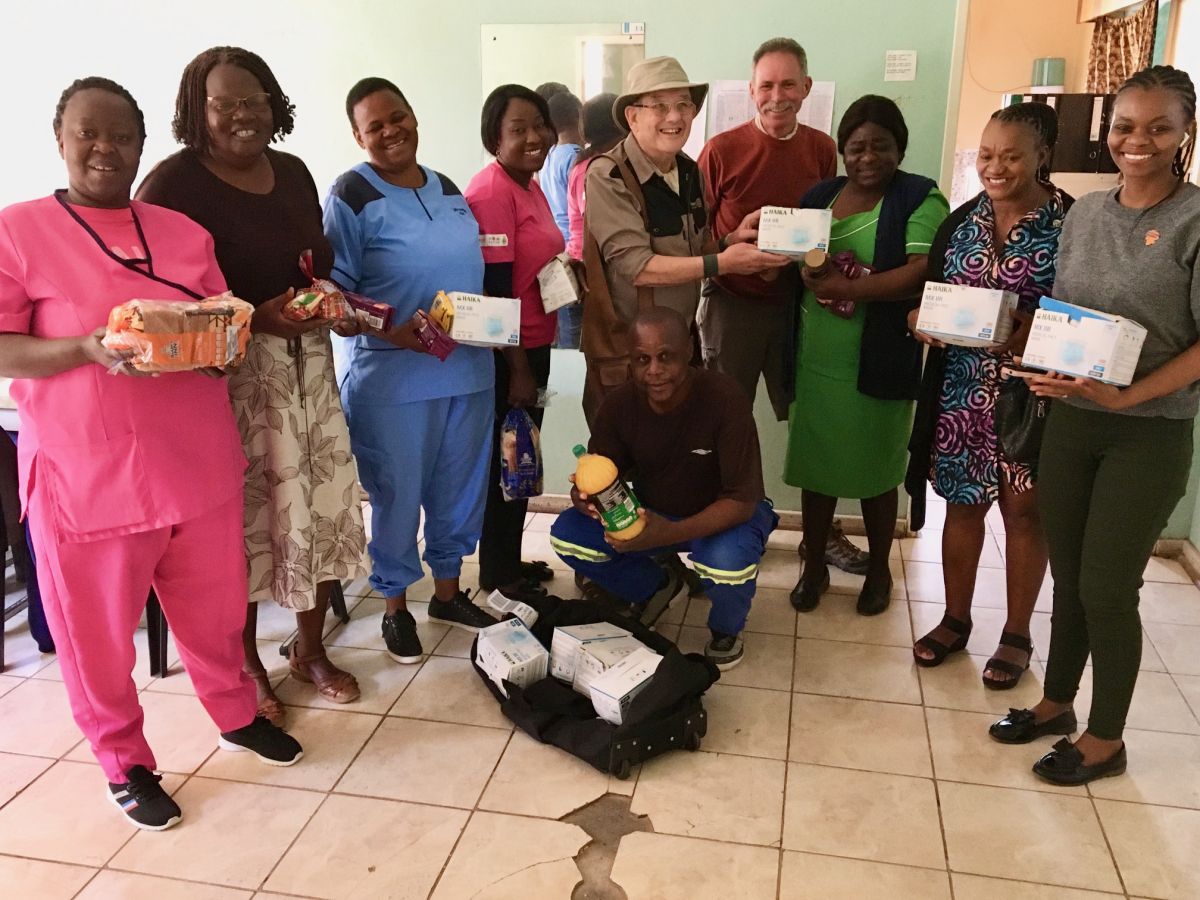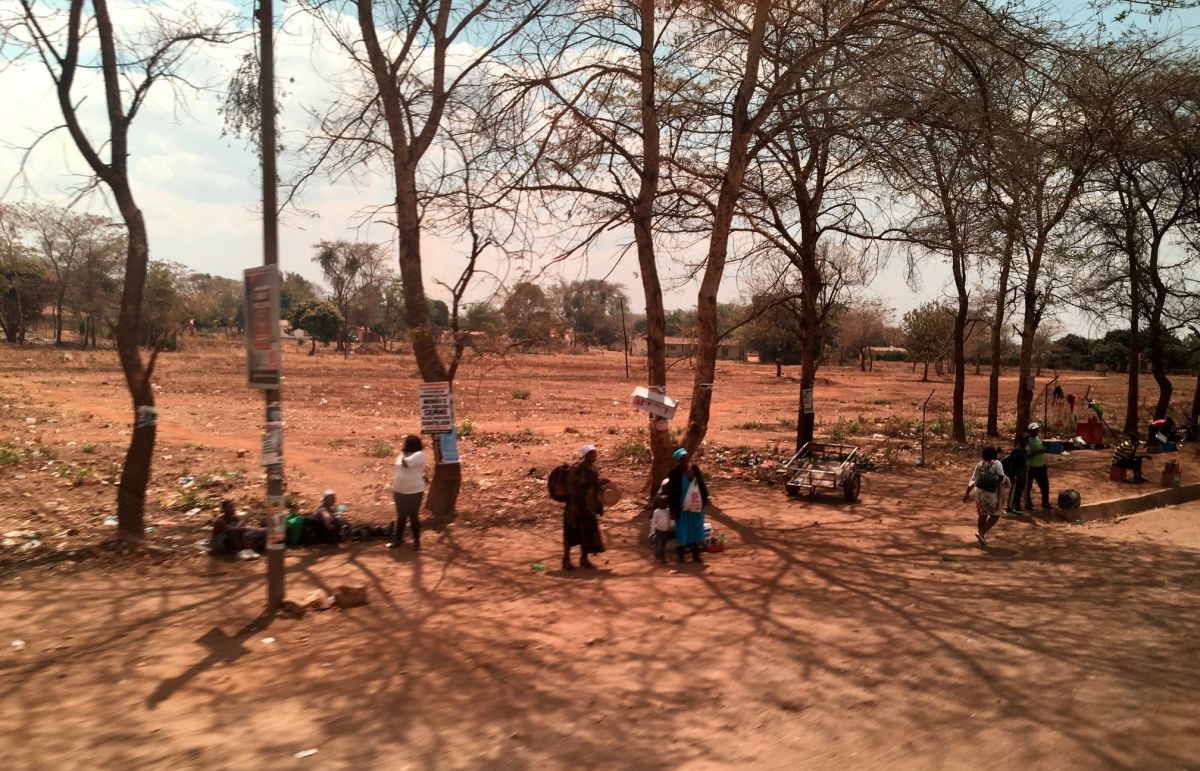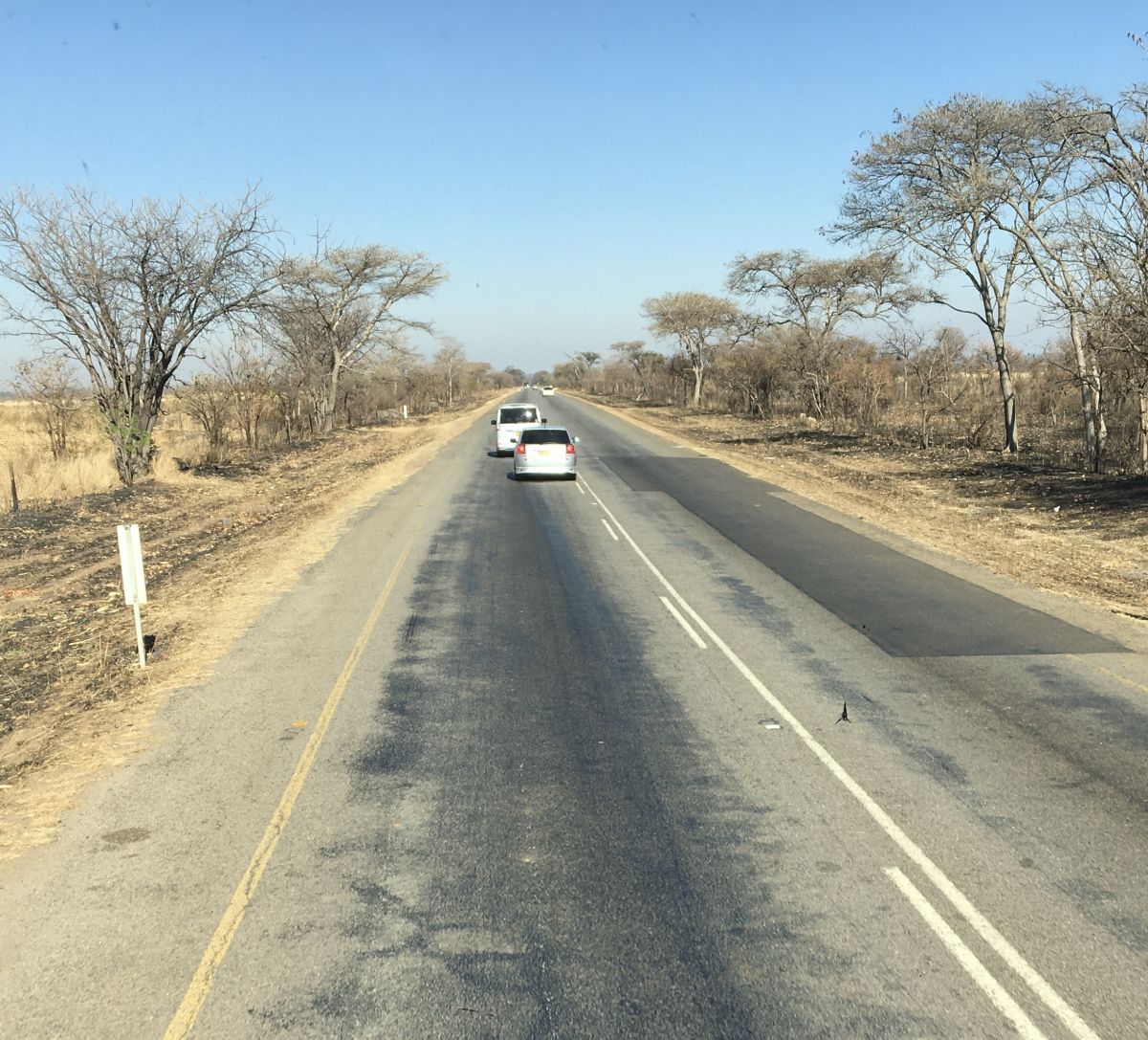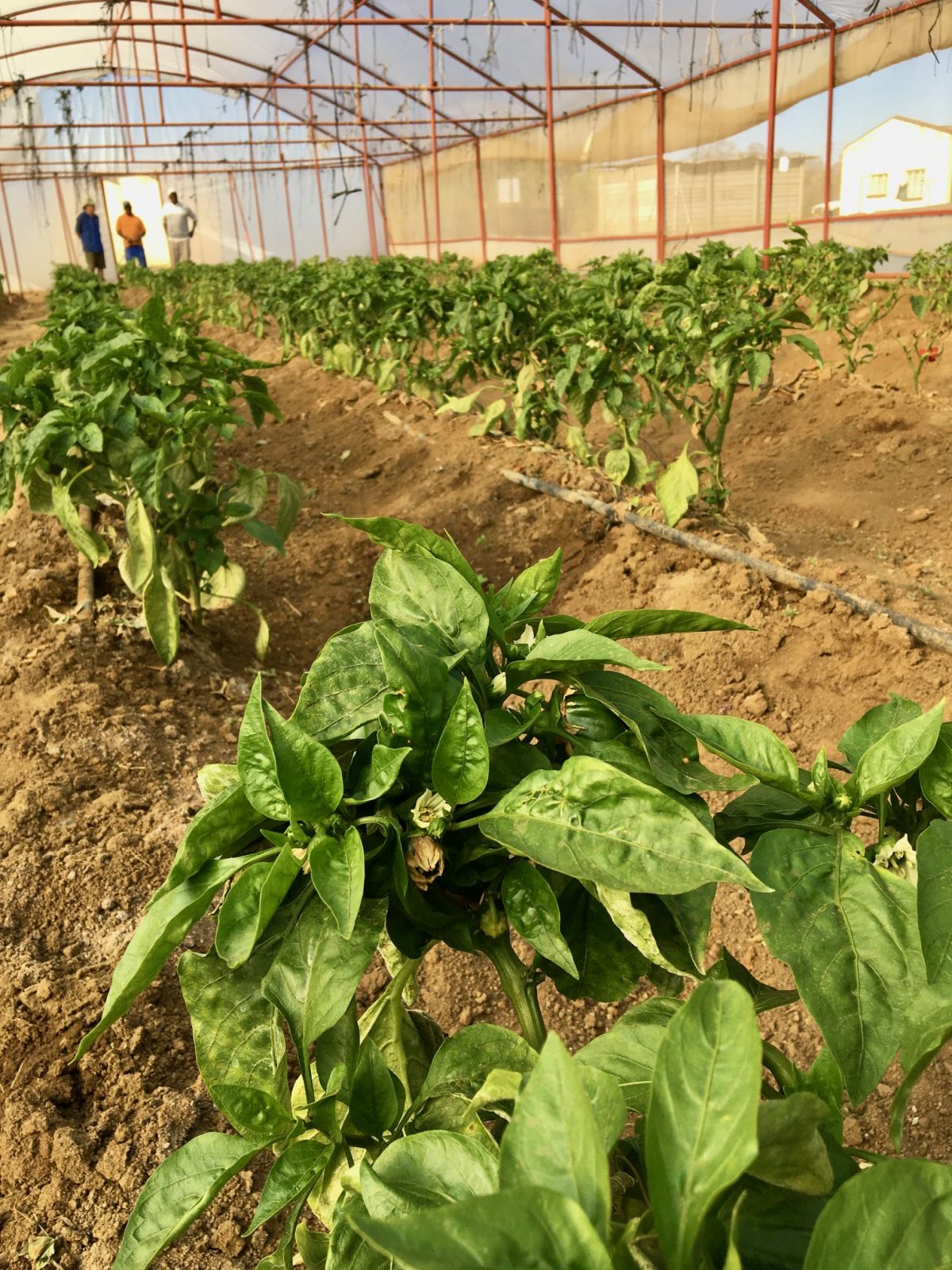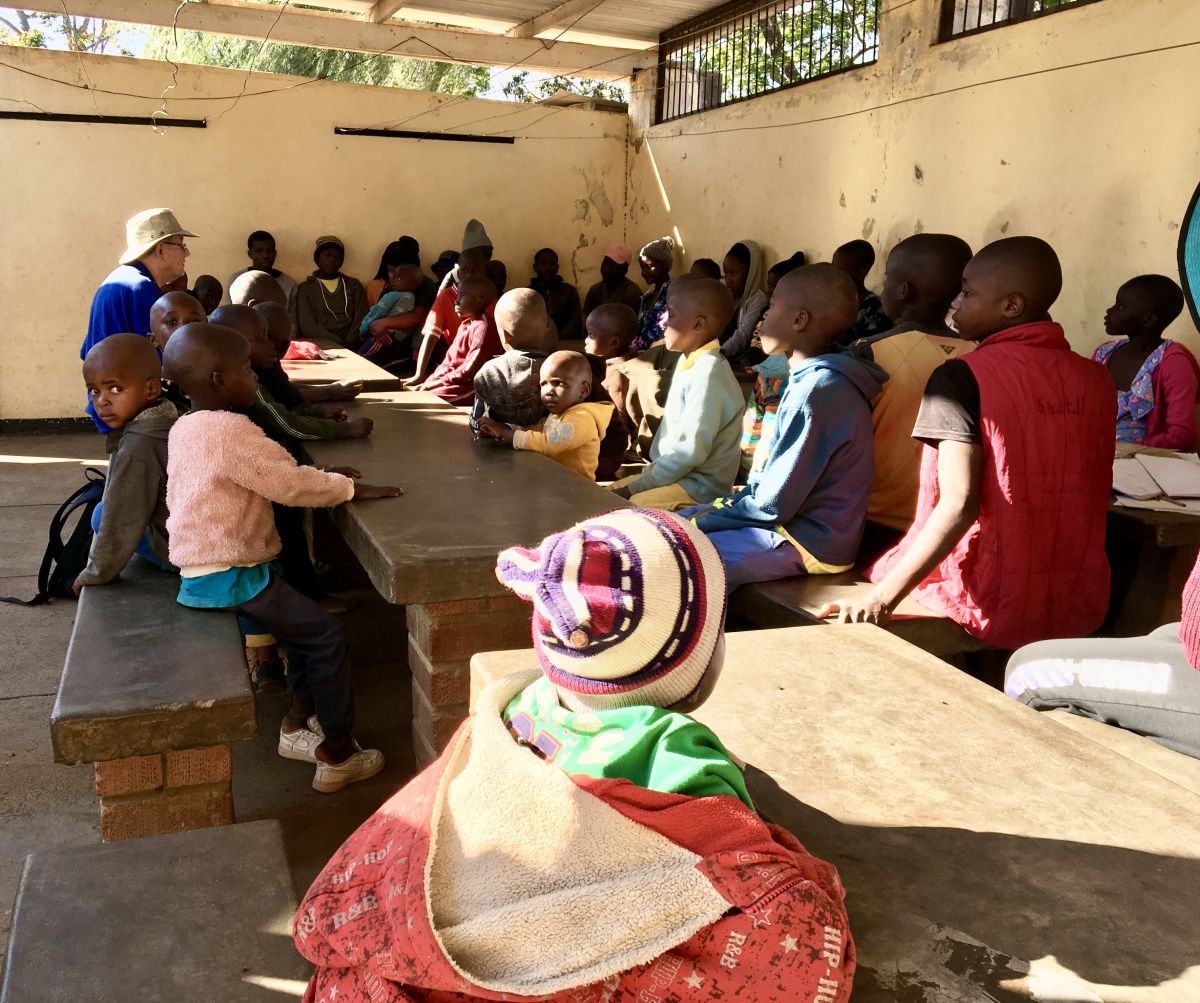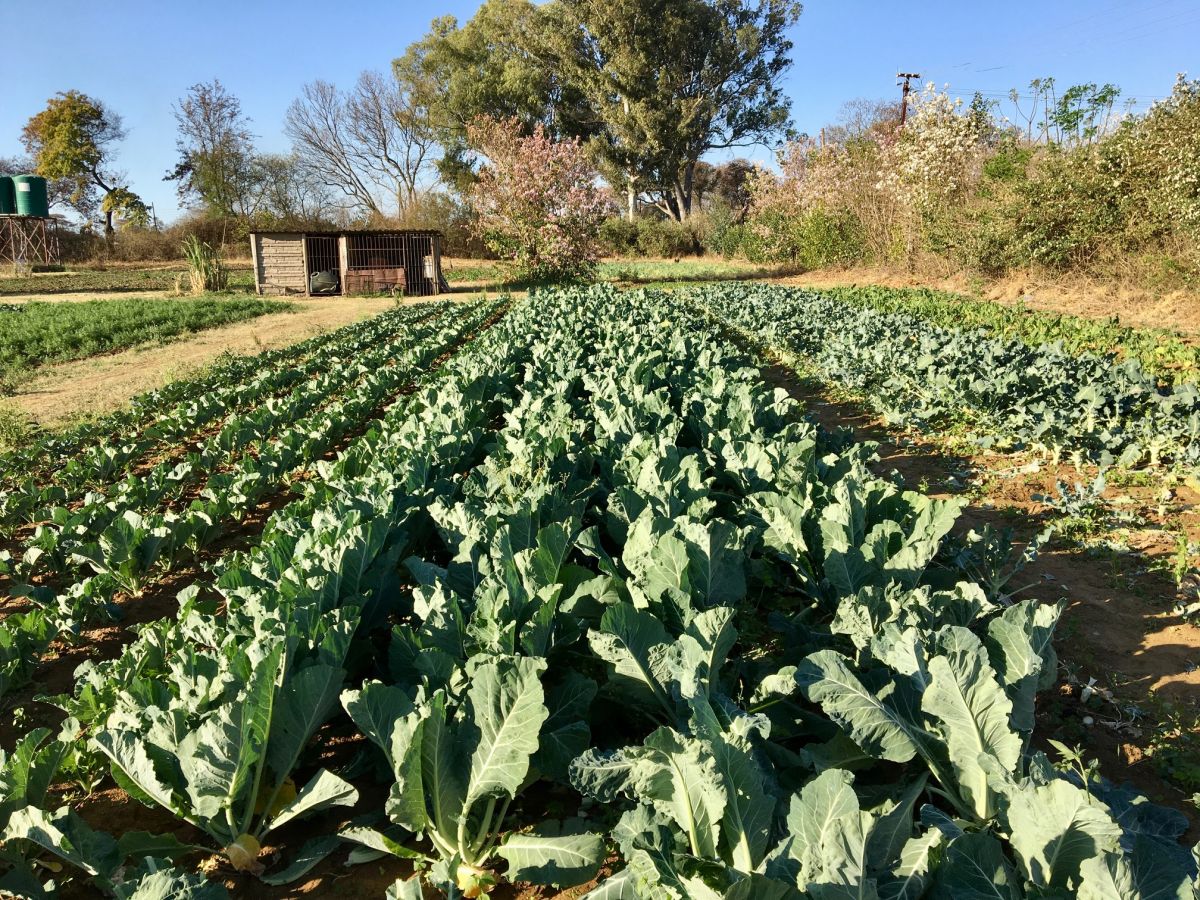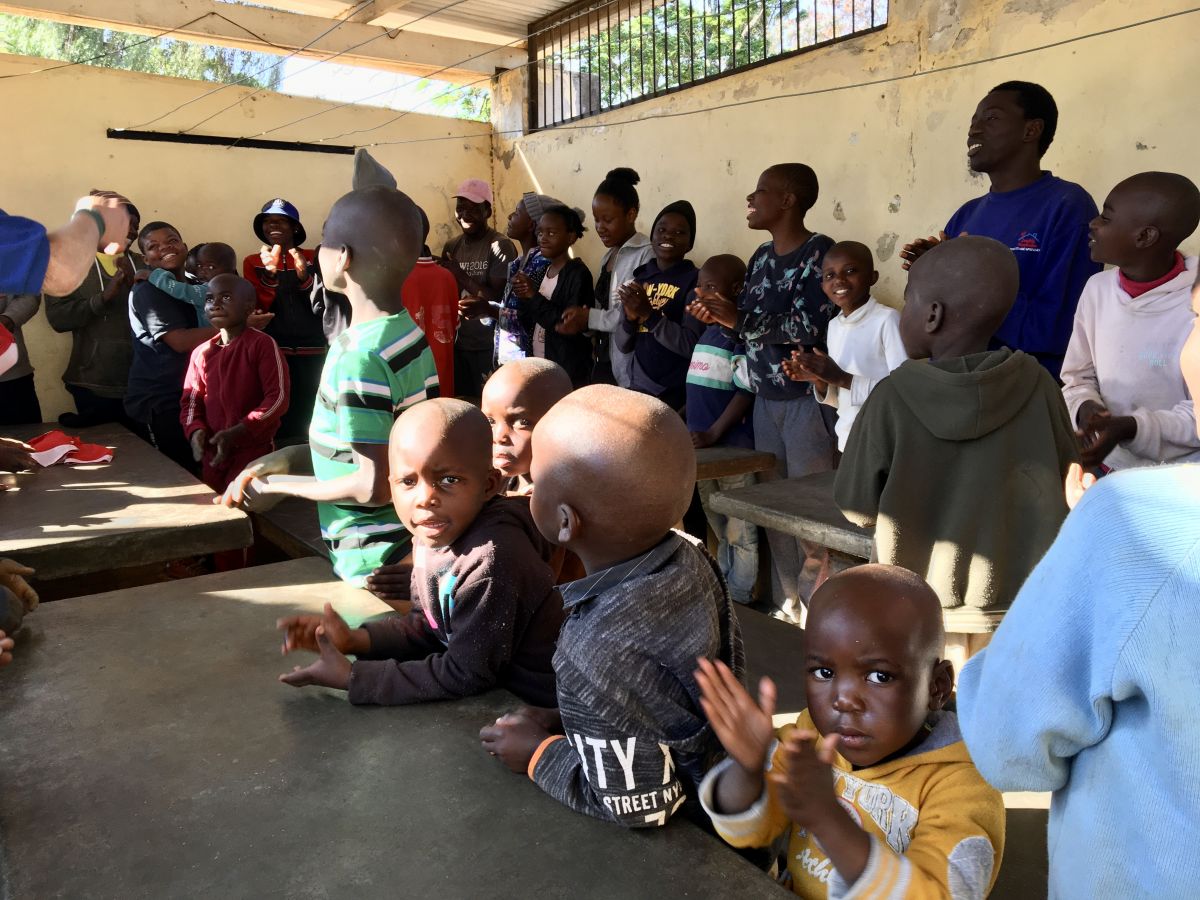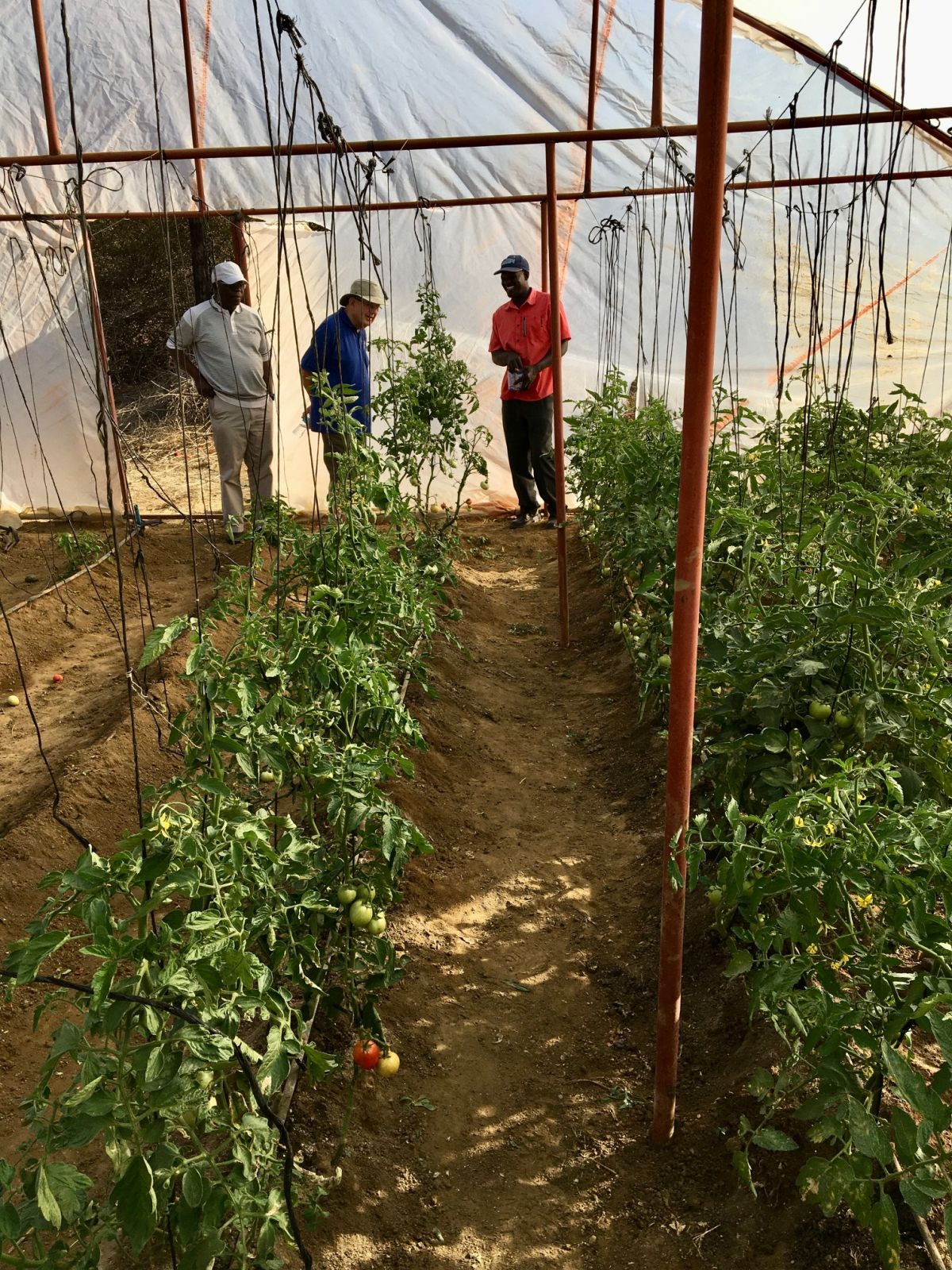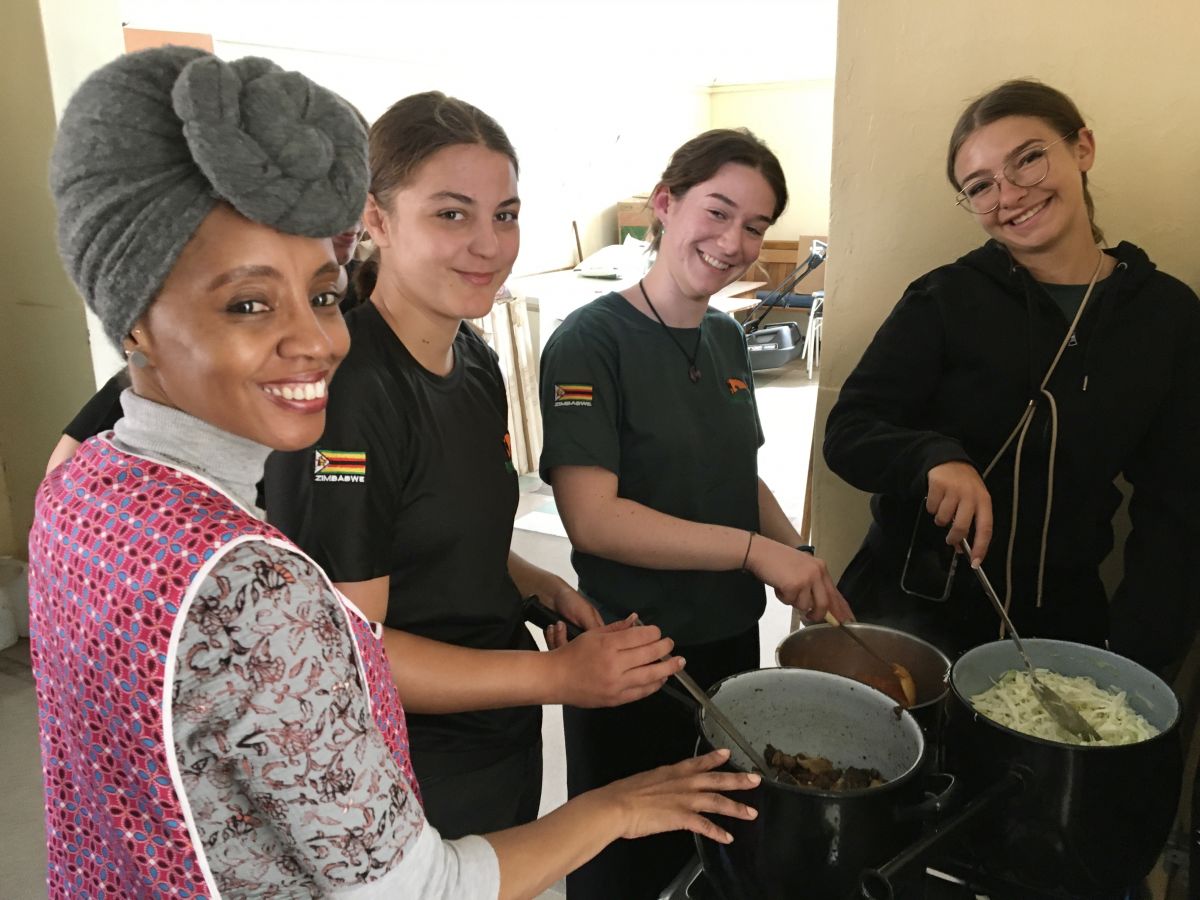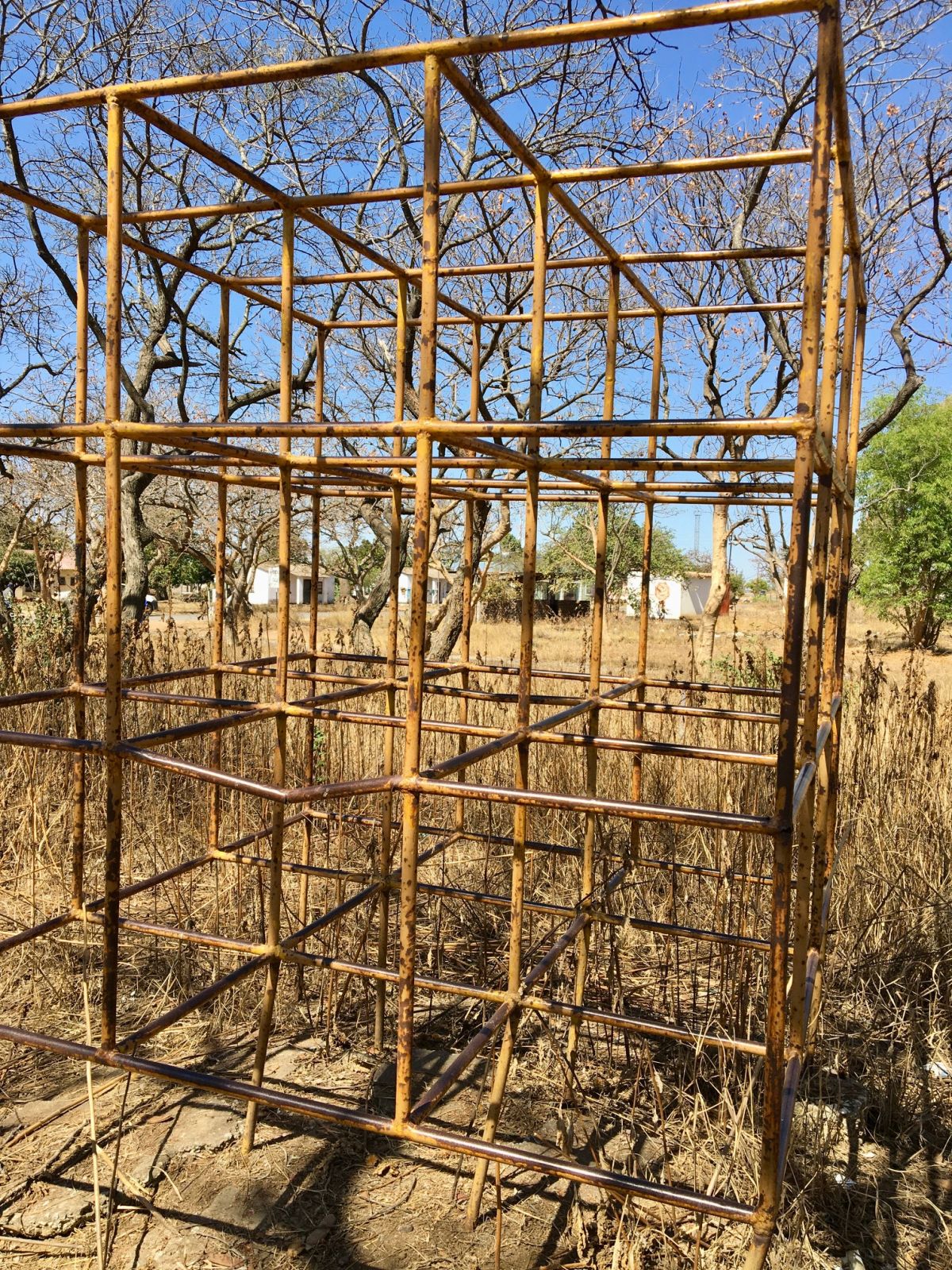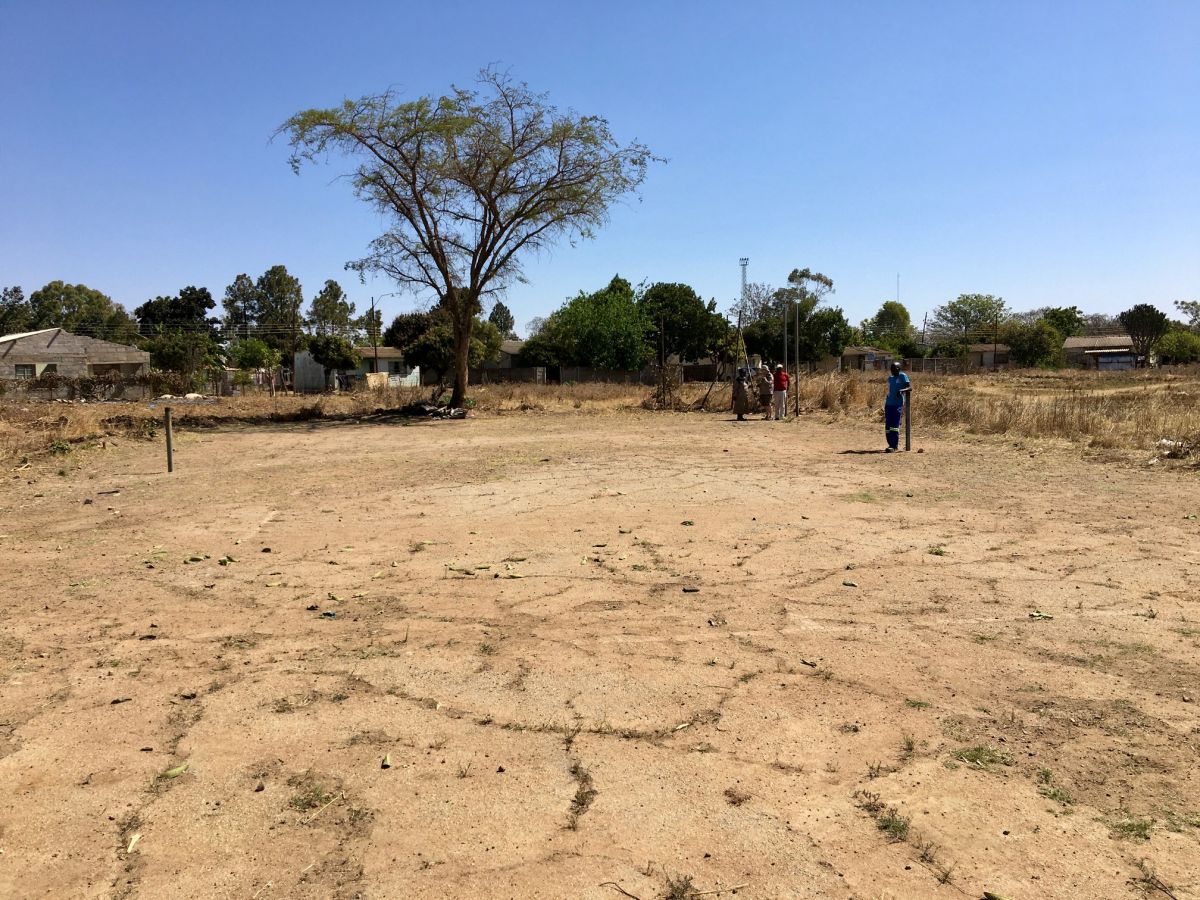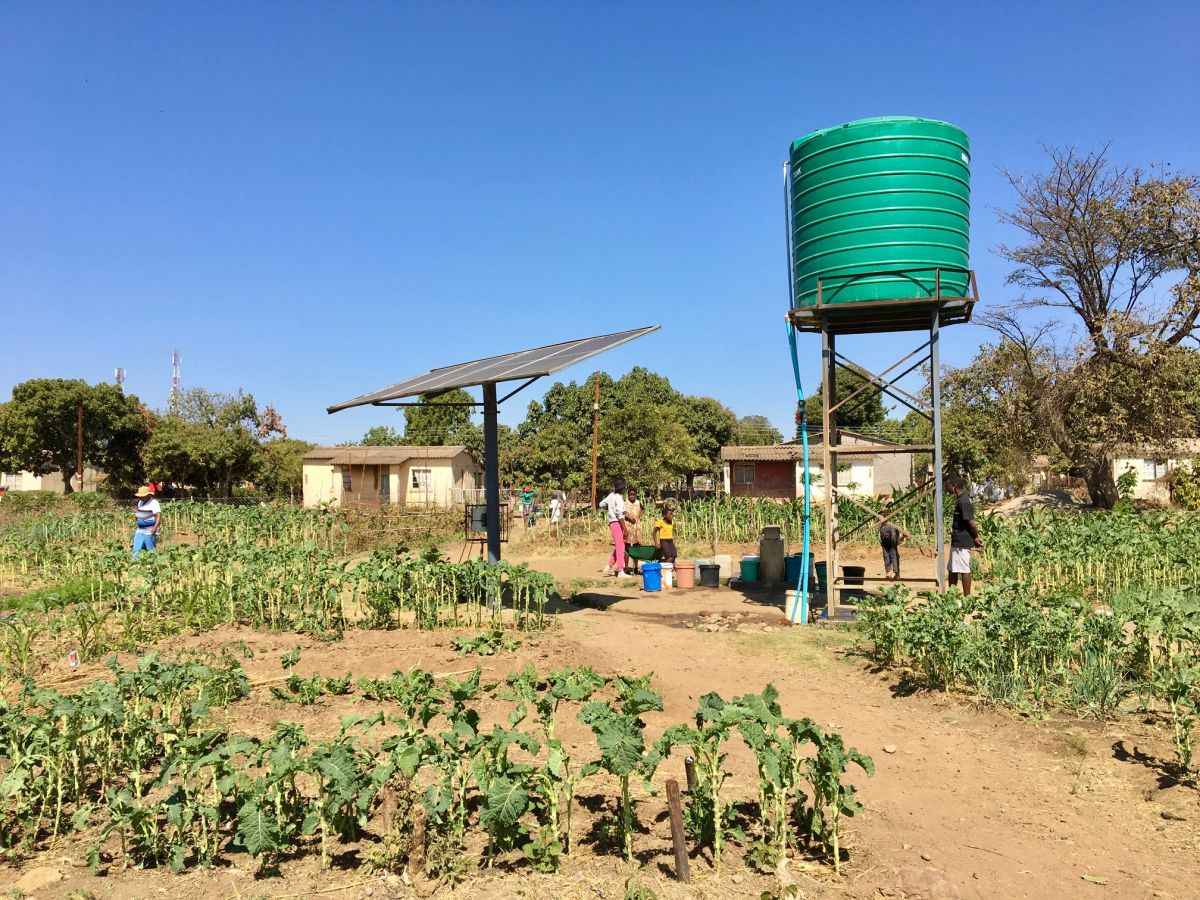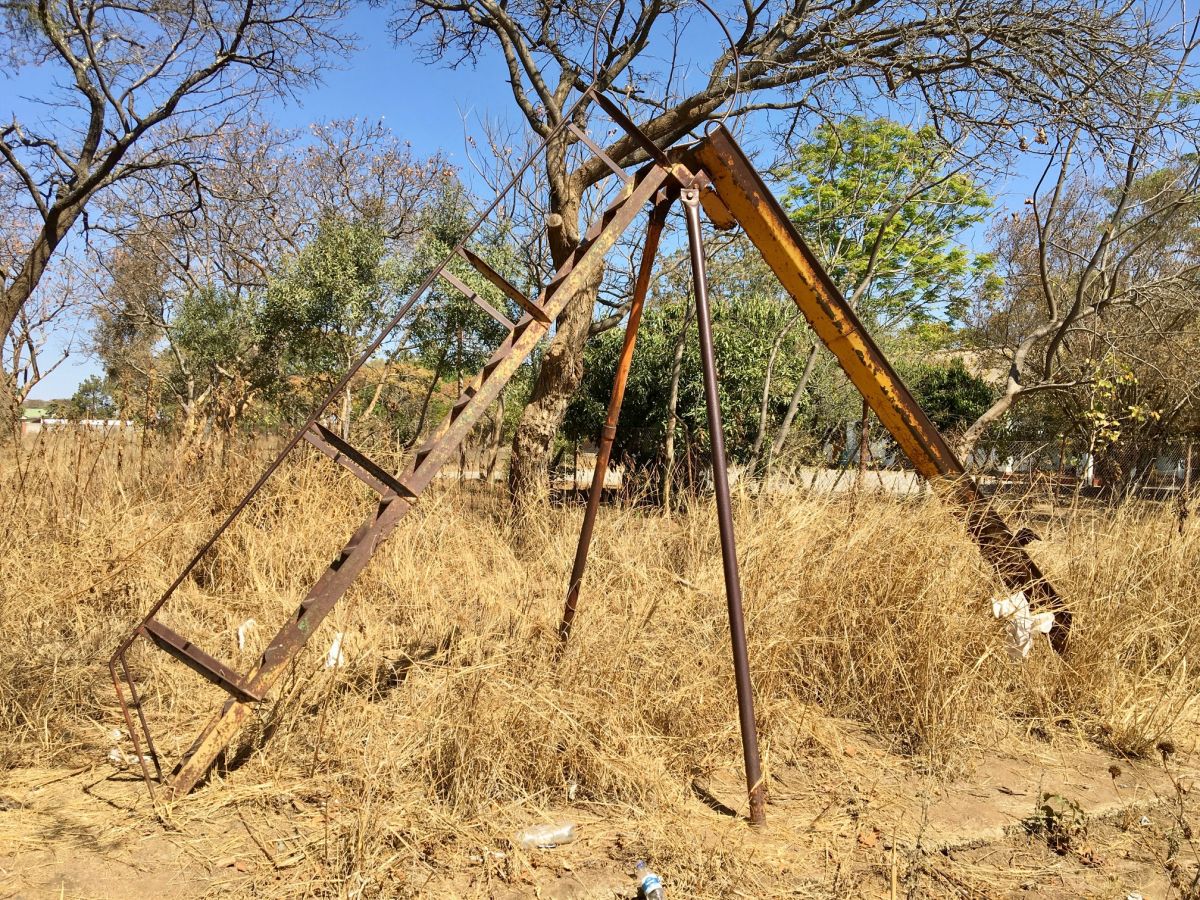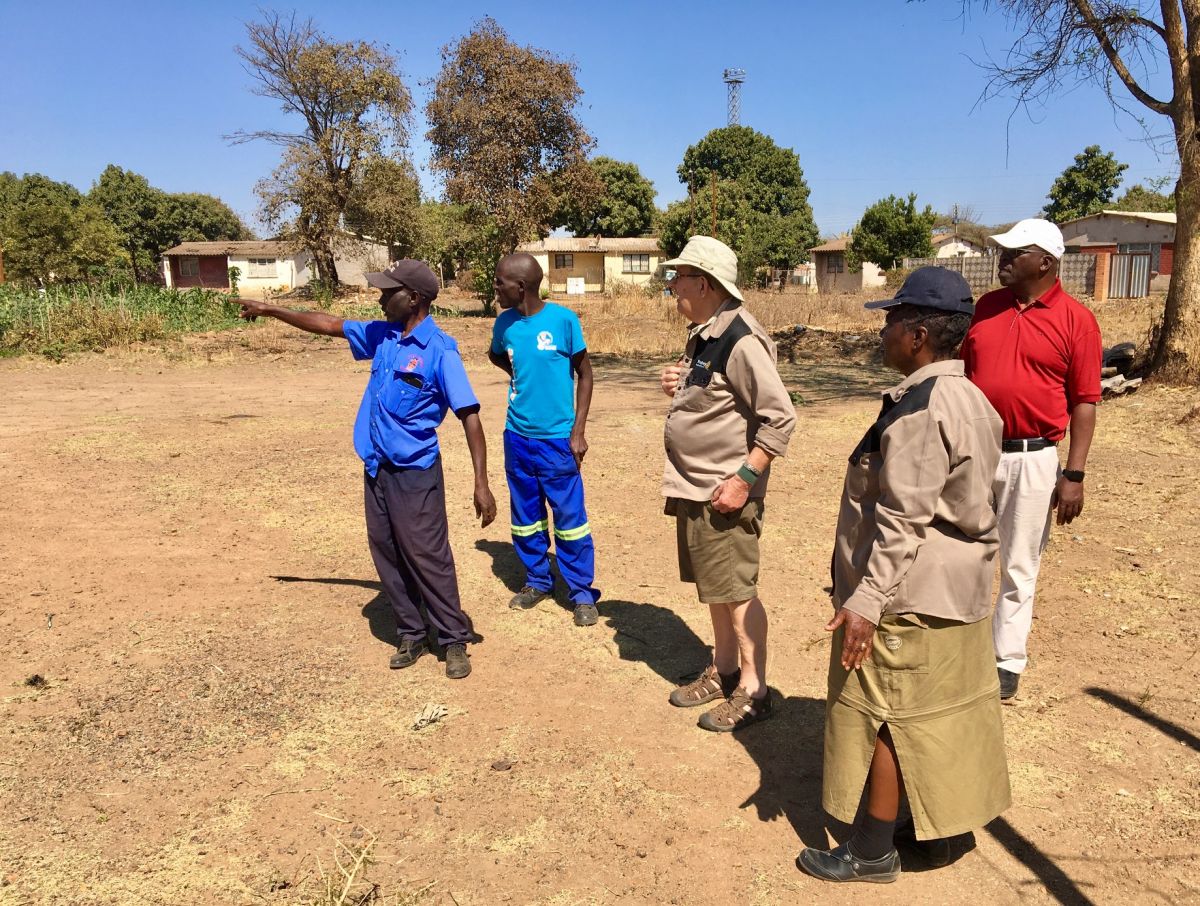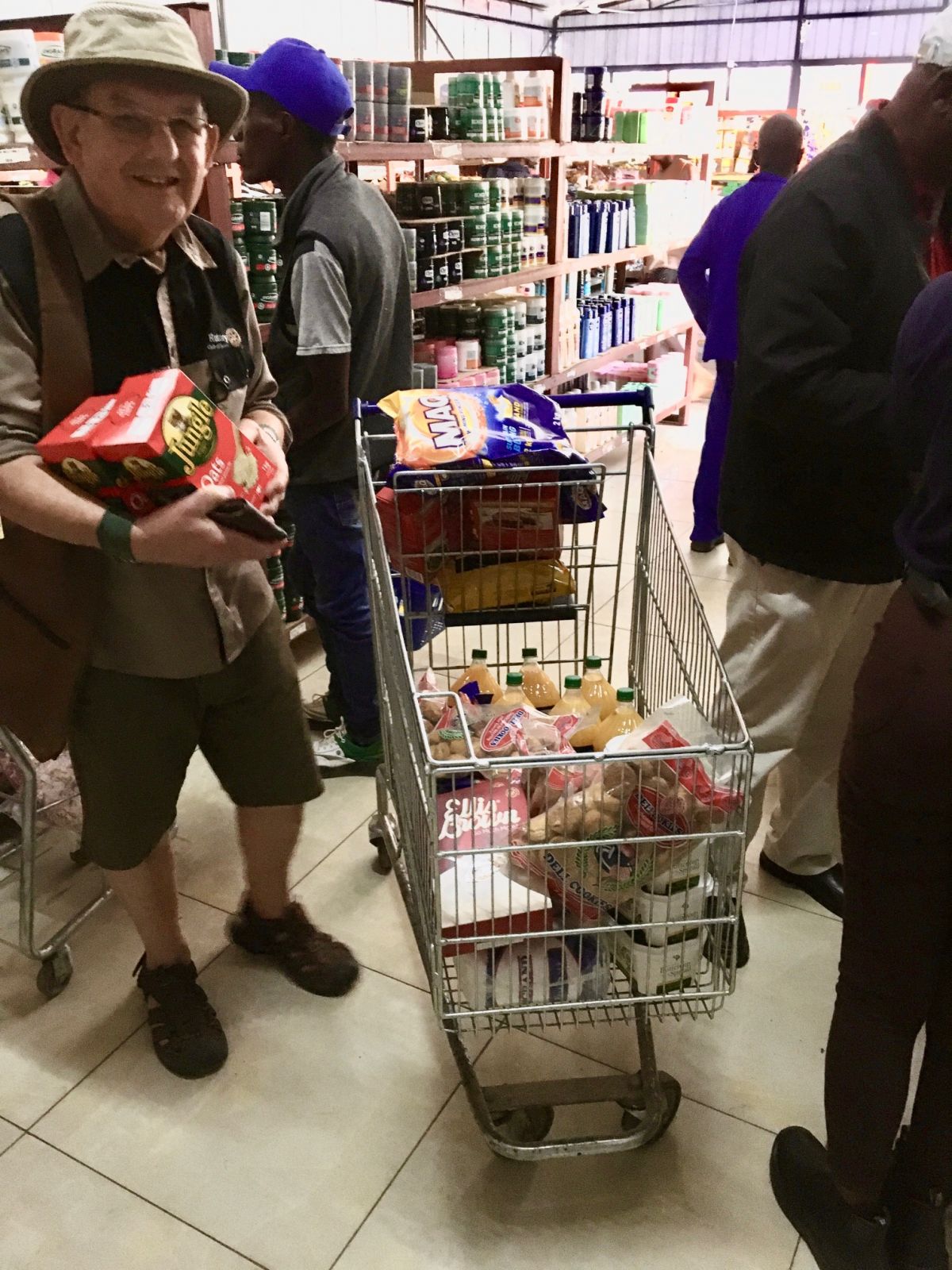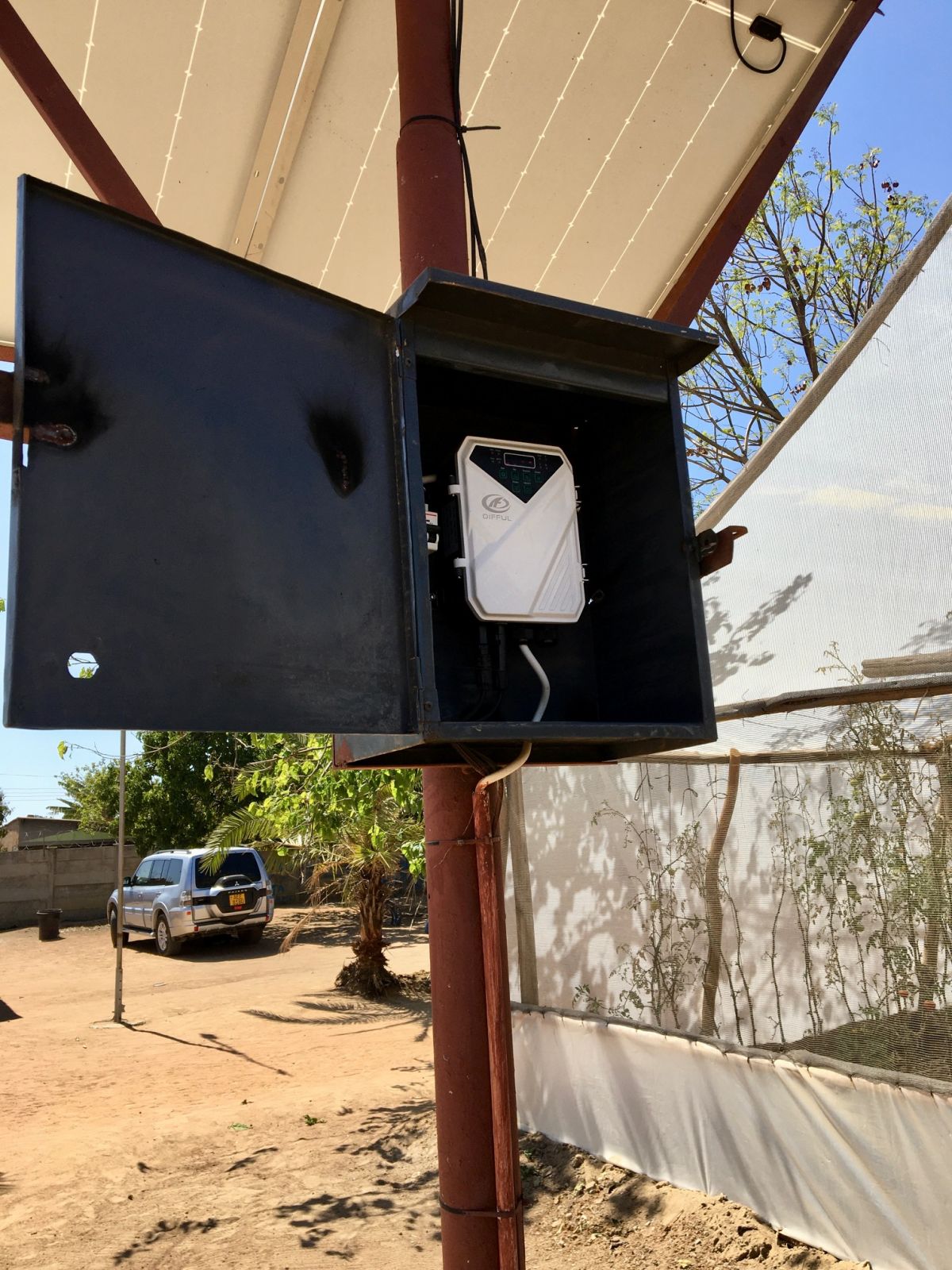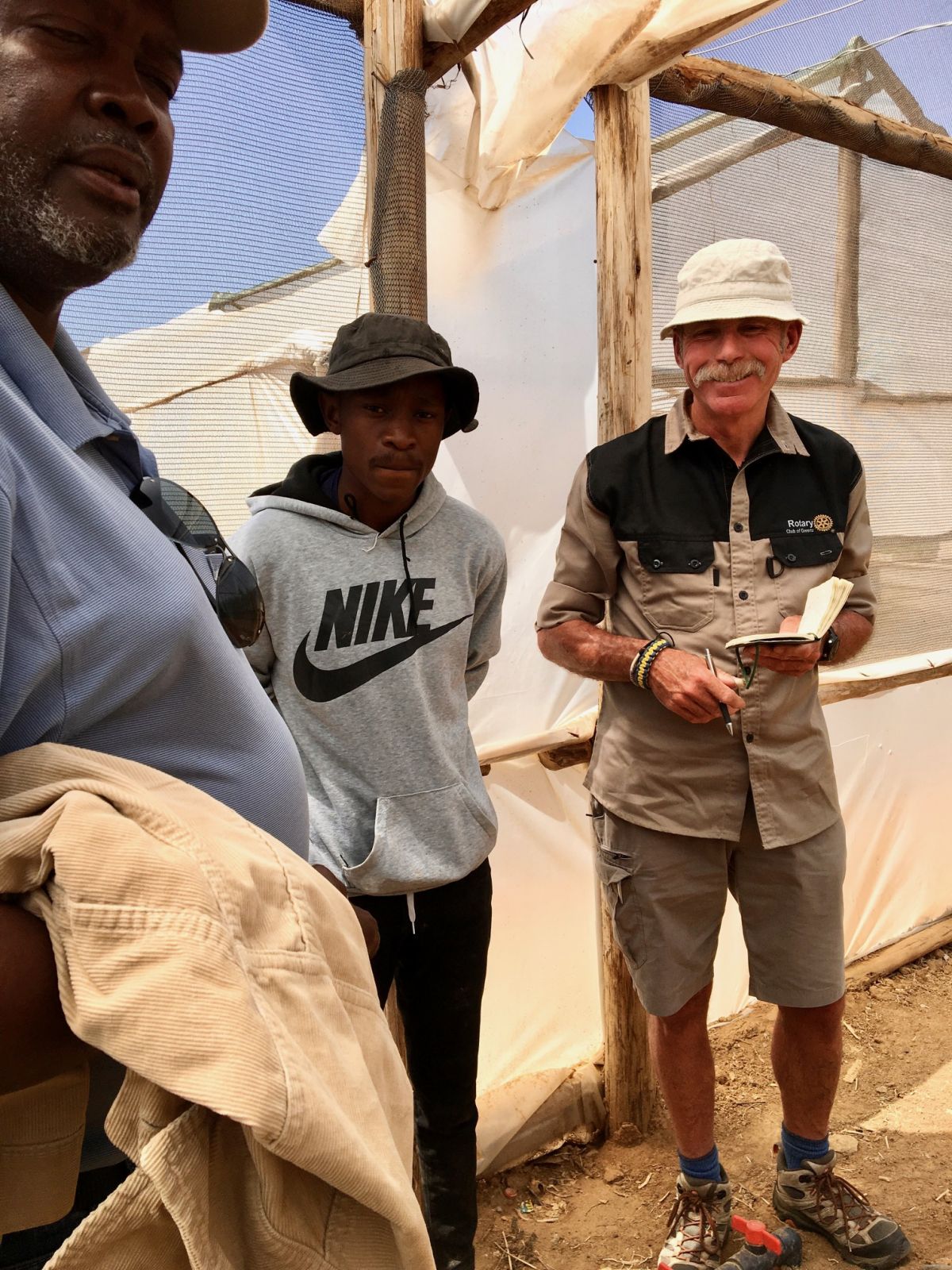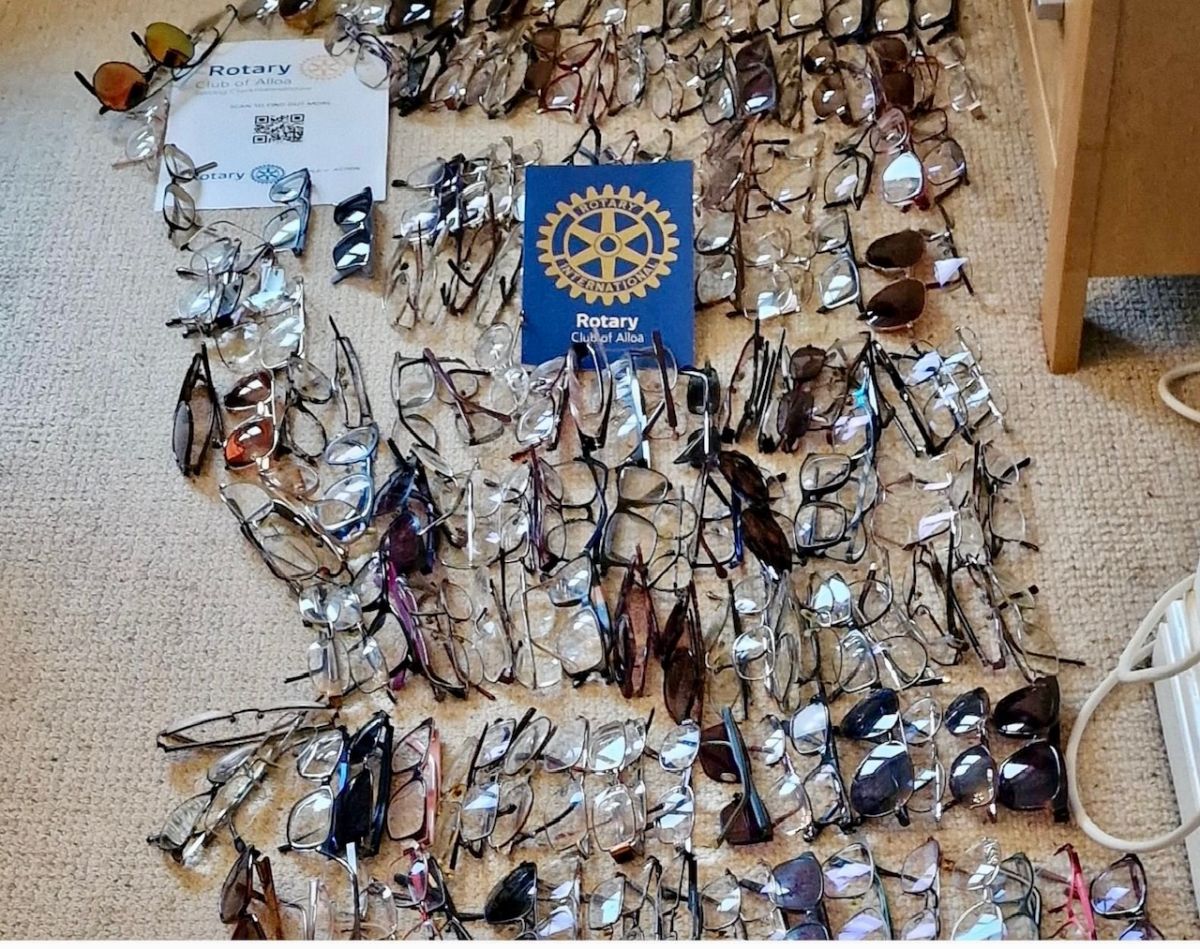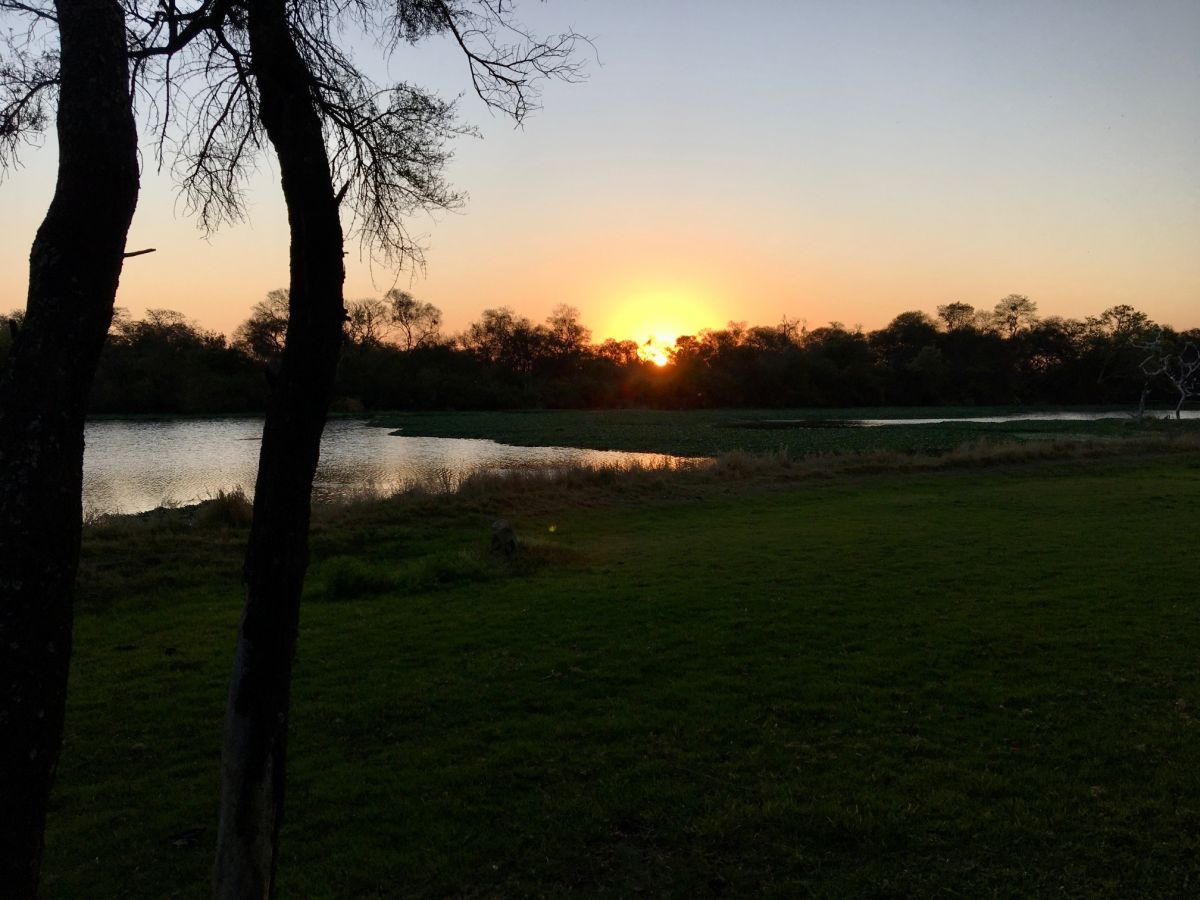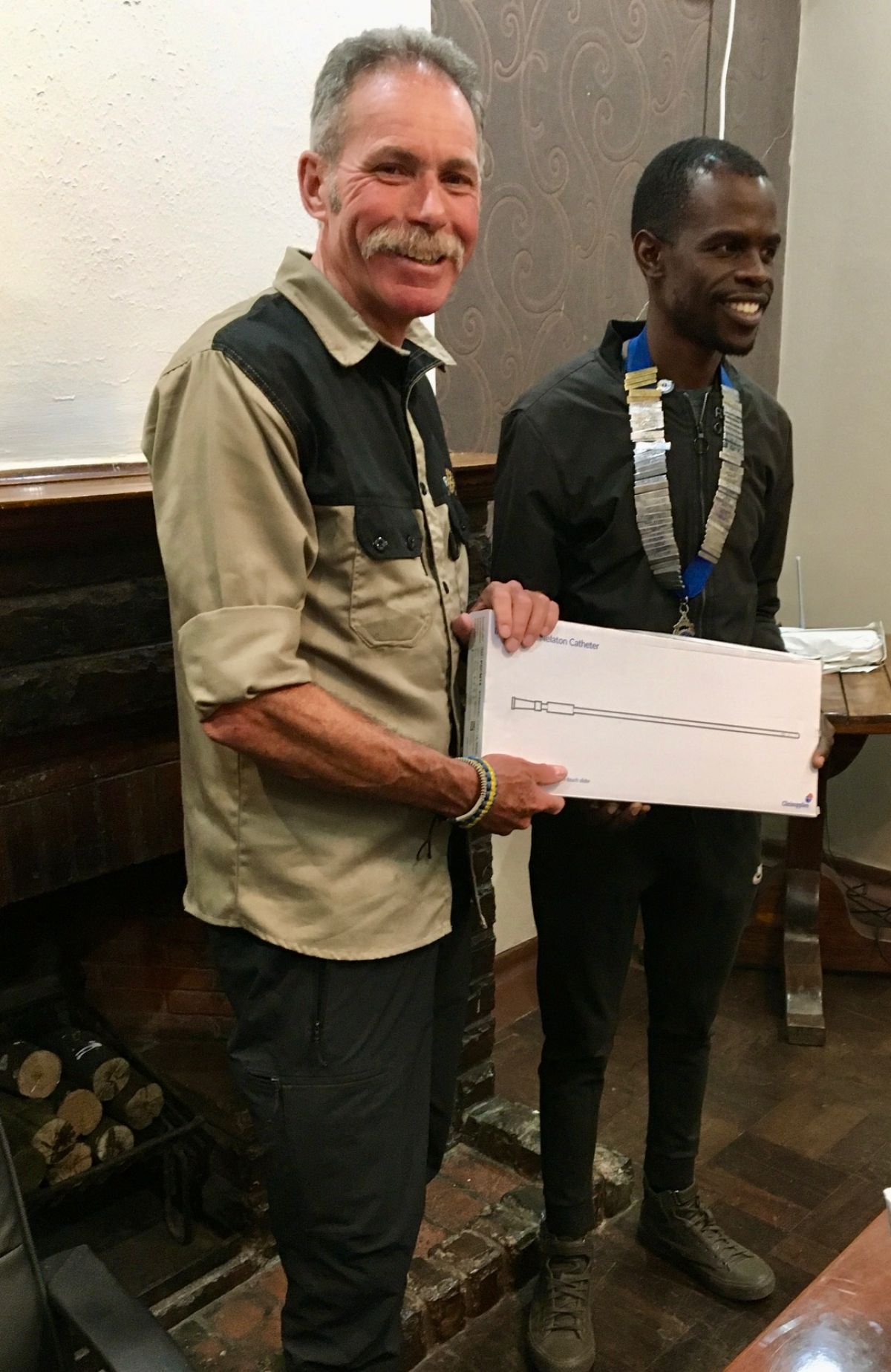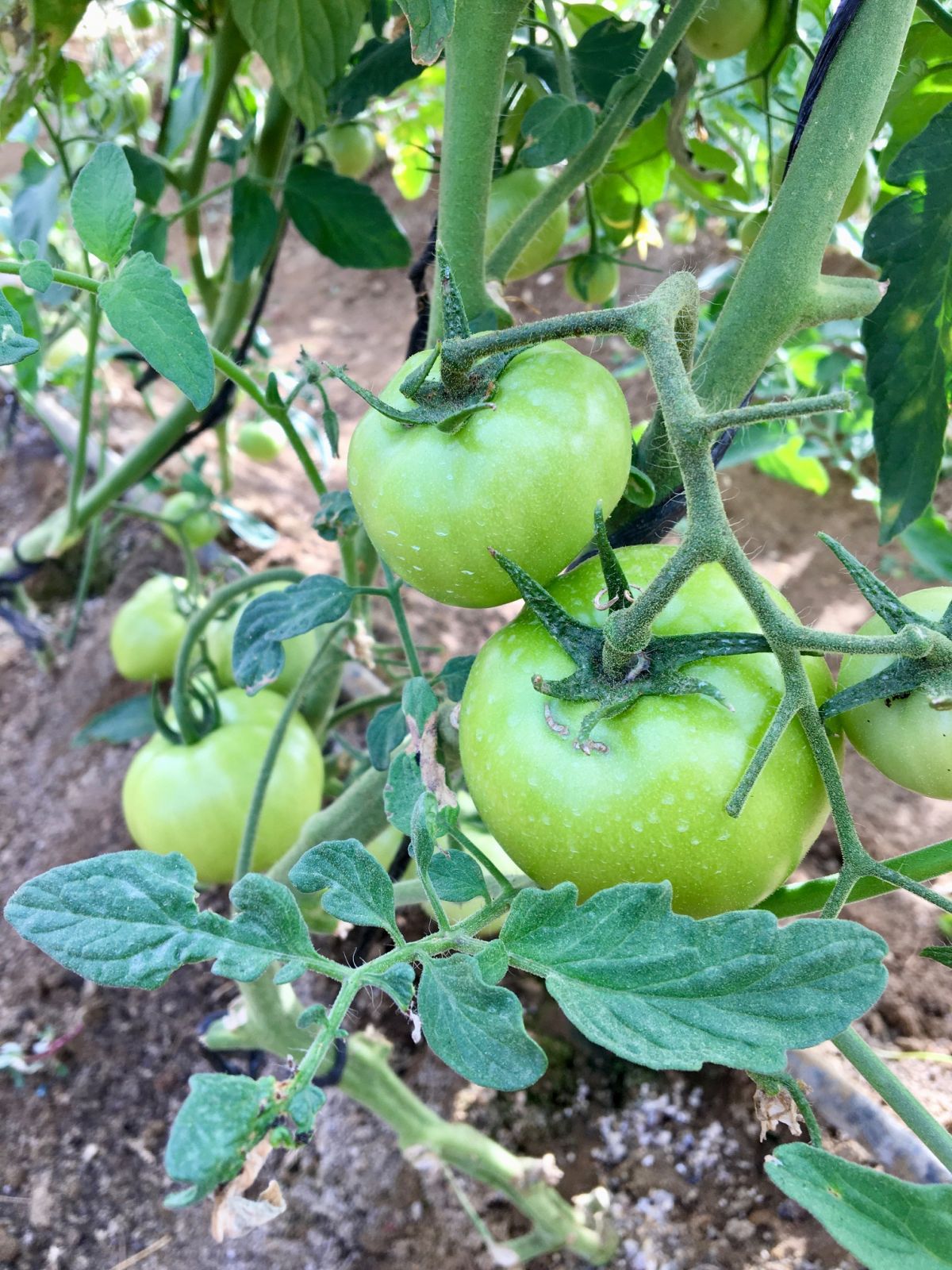Visit to Gweru, September 2024
Visit of Rotary Club of Dundee to Gweru, Midlands Province, Zimbabwe
31 August – 9 September 2024
Introduction
During the period 31 August - 9 September 2024, Rotarian Alan Calder McNicoll and I conducted a visit to Gweru, Midlands Province, Zimbabwe. The purpose of the visit was to gain an update on two collaborative District 1010-supported projects undertaken jointly by the Rotary Club (RC) of Dundee, RC Gweru and other stakeholders, including Midlands State University (MSU) and the management teams at both children’s homes. We also wished to discuss potential future collaboration with RC Gweru. This report briefly: summarises the visit itself; sets out our findings and issues identified in respect of both current projects; offers overall assessments on both projects; and, finally, considers possible engagement with future projects, together with suggested next steps where appropriate. The visit followed on from an earlier trip undertaken in March-April 2023.
Visit arrangements
Outbound travel was from Dundee by bus to Edinburgh Airport, then via London Stansted to Dubai and Harare Airports with a stop-over in Lusaka, Zambia, and finally by bus from Harare to Gweru, a total distance of approximately 8500 miles; the return trip was in reverse by the same route. With travel in each direction taking approximately 30 hours, the period on the ground in Gweru was limited to 5 days (3-7 September), though by maximising the time available we were able to achieve our intended aims, meeting all key stakeholders involved with both current projects and potential future collaborative projects, as well as enjoying fellowship with Rotarians in both Gweru and Harare. A visit itinerary had been prepared in advance, and while all serials were achieved, a degree of flexibility was necessary in order to accommodate factors such as individuals’ availability and vehicle serviceability. Our accommodation was arranged in advance, and we stayed in five separate locations during the trip, with one exception (an Airbnb in Harare) sharing basic facilities.
Excellent support was provided throughout by RC Gweru, including transportation between locations and hosting. We would like to record formally our sincere thanks to all the local Rotarians who assisted us, in particular President Victor, IPP Tendai, PAG Philippa, PP Michael, AG Thandi and PE Derrick. With the exception of an RC Dundee grant to cover the cost of hold baggage to transport donated medical equipment (£29.98), the visit was self-funded.
Project 1 - Rosedale Children’s Home
Background
The polytunnel greenhouse, located in the Home’s garden a short distance from the main site, was completed in 2022, with the combined aims of: offering skills training to young people, including former ‘street kids’, in growing, tending and marketing produce from the polytunnel greenhouse; generating a revenue stream for the Home; and supplementing the children’s diet with fresh vegetables, especially outwith the normal growing season. The project design also included an aquaponics dimension, providing nutrient-rich water from two fish ponds, delivered to the greenhouse via a solar powered pump and drip irrigation system, reducing water loss and the requirement for additional fertiliser. Originally initiated in 2018, as a result of a range of challenges the project, funded by a District 1010 grant and donations from RCs Dundee and Gweru, took over four years to complete. Our previous visit to the project had been in March last year, when the first crops of tomatoes and cucumbers were about to be harvested. A final project report was submitted to District following that visit, and the project subsequently received awards from both District 1010 (Scotland North) and District 9210 (Malawi, Mozambique, Zambia and Zimbabwe).
Discussions
On 3 September we visited Rosedale Children’s Home, accompanied by Rotarian Derick. We met with general manager Paradsai, Lenzini the Home’s administrator, and matron Judith, in order to obtain their views on the management of the project and the extent to which anticipated outcomes had been realised. The management team confirmed that the joint Rotary/Children’s Home project management board, chaired by Rotarian Assam, continues to provide oversight though, as anticipated, RC Gweru is progressively stepping back and allowing the Children’s Home to look after day-to-day activities itself. They also confirmed that the greenhouse continues to generate both income and additional nutrition for their children, as well as giving the older children an opportunity to gain an understanding of growing, tending and replanting crops and maintaining water levels. They described the relationship and cooperation with RC Gweru as ‘good’, and were pleased with the latest crop of tomatoes, harvesting some 1.5 metric tonnes, as well as approximately 8,000 cucumbers. It transpired that Paradsai is a trained agronomist and well versed in matters such as crop rotation; consequently, the tomato and cucumber crops are being rotated with red peppers, the latter producing a lighter crop than tomatoes but generating similar income. We were told that the next planting will be of tomatoes for harvesting at Christmas, when demand increases. We reiterated the importance of setting aside a small amount of the income generated from the sale of produce in order to fund maintenance and repair of the polytunnel. Given other demands on the very limited funding available to the Home, it was not clear that this was currently the case.
Visit to Greenhouse
Following the discussions we visited the greenhouse itself, a short distance from the Home. Apart from a small number of tears in the polythene roof at one end of the tunnel, the structure appears to be lasting well, and the ground inside the polytunnel was well-tilled, free from weeds and with drip irrigation lines installed along each furrow. The red pepper crop grown in the larger portion of the greenhouse had just been harvested, as had most of the tomato crop in the smaller part, the former to be replanted with tomatoes and the latter with cucumber plants. The vegetable garden within which the tunnel sits is also maintained to a high standard, with resident gardener Jeki overseeing operations.
Aquaponics System
We noted that one of the two aquaponics fish ponds had been infilled and replaced with vegetable cultivation, while the other remained in situ. Two above-ground tanks to replace the ponds have been obtained and await installation. These will be restocked with fingerlings when warmer weather assures survival of the fish. Although we were advised that the fish stocked as fingerlings in 2023 had been harvested and sold in February this year, in fact a large number of smaller fish continued to occupy the pond and appeared to be thriving. The solar powered water pump and pipework required for the aquaponics system is currently configured and operating to aerate the pond and, when installed, the tanks, though final completion and commissioning of the full system awaits clarification and resolution of an issue we understand to relate to ‘a chemical imbalance’. Currently, therefore, the fish pond/tanks are not physically linked to the greenhouse, though both continue to be productive. We were also advised that profits from the sale of produce had been used to purchase a drip irrigation system for an acre of productive land sitting outside the greenhouse.
Summary
In summary, we assessed the Rosedale Children’s Home project as continuing to deliver all its intended benefits in terms of income, additional nutrition for the children and an element of practical training for the older children. We learned that while the joint management board will continue to provide oversight, RC Gweru will reduce its direct involvement with the routine management of the greenhouse, though will continue to encourage the Home’s management team to put money aside for repair and maintenance. We were also advised that RC Gweru will work to resolve outstanding issues in order to fully commission the closed loop aquaponics system, realising the additional benefit of reduced reliance on fertiliser and improved water conservancy. Both RCs Gweru and Dundee will continue to monitor, advise and where necessary assist Rosedale in managing the greenhouse, primarily via its management board. At the conclusion of the visit we delivered locally-procured provisions – salt, biscuits, juice, washing powder, salt, spread, tea and sweets - and were welcomed and thanked by the children with singing and dancing. The children are being very well cared for and provided with basic numeracy and literacy skills. Among the youngsters were the most recent arrival, Nyami (above left), given up by his mother who is suffering from mental health issues, and former resident Handrick (above right) who had just graduated from university with a BSs Honours in Chemical Technology and is therefore a source of great pride.
Midlands Children’s Hope Centre (MCHC)
Background
The second collaborative project, construction of which began in autumn 2023, comprises two polytunnel-type greenhouses located at the Midlands Children’s Hope Centre (MCHC), one configured as a nursery for the propagation of seedlings, and the other to produce crops of vegetables for sale and consumption. The project also included the drilling of a borehole to provide a reliable source of water, a 5000 litre storage tank and a 1000 litre fertigation tank. The project plan also envisaged a ’value added’ dimension, whereby harvested crops would be processed to produce paste, preserves and other products, though this aspect has yet to be implemented. The project was again financed by a combination of District 1010 Grant funding and a matching grant provided by RC Dundee, with RC Gweru primarily providing materials in lieu of cash and leading on the practical delivery and ongoing oversight of the project.
Project Visit
On 5 September we visited the project, again accompanied by Rotarian Derrick. MCHC comprises a dusty compound, with the children - currently twenty-one in number - accommodated in a simple brick-built building. The site also includes a large vegetable garden, part of which is now occupied by the two new greenhouses. When we visited MCHC last year this was envisaged as the preferred location should a second market garden project gain stakeholders’ support. We were met by Happiness and Question, the couple who manage MCHC, other members of staff and intern Tawanda (right), who briefed us and led the tour of the greenhouses. He is in the second year of his agronomy degree at MSU and is partly supported by RC Gweru. Tawanda also supervises the Centre’s children when undertaking practical training in the greenhouses, as well as those attending to help from Rosedale Children’s Home. We were told that this now comprises an element of Rosedale’s and MCHC’s syllabus.
Current Project Status
The greenhouses were constructed in the final quarter of 2023, and the first crops of tomatoes, cucumbers and seedlings were subsequently planted and harvested in early summer, with a small quantity (estimated $50-$100 worth of tomatoes) yet to be harvested at the time of our visit. These would be replaced with yellow peppers. The seedlings cultivated in the nursery greenhouse had been harvested and used elsewhere in the MCHC garden, with only a few trays remaining: we were told that replacements would shortly be obtained to be brought on. We were briefed on the borehole and storage tank, primarily intended to provide water for the greenhouse and potentially to also irrigate the rest of the vegetable garden, supplementing tanker-delivered ‘council water’. We were advised that the contracted cost of a borehole included drilling to 40 metres, with each additional metre costing $30. The initial 40 metre borehole did not reach water, so the decision was made by RC Gweru to fund a further 20 metres at an additional cost of $600. This succeeded in reaching water at 60 metres, producing approximately 1000 litres per day, about half the daily extraction originally anticipated. While sufficient to serve the greenhouse or the vegetable garden, but not both, council water is also currently needed. Given that water shortages persist across large areas of Midlands Province, the local team were optimistic that this is likely to improve with the onset of the austral autumn.
Discussions
After touring the greenhouses, PAG Philippa, Rotarians Derrick and Miranda, Alan and I discussed progress on the project with Question and Happiness, seeking to gain their perspective. Both were highly complementary about the support and regular practical assistance provided by Gweru Rotarians, and praised PE Derrick for his dedication and Rotarians Miranda and Celine who, as agronomists, guide Tawanda’s work. While acknowledging the modest income to date - total income from sale of cucumbers, tomatoes and seedlings was $447, with expenses of $307 resulting in a net profit of $140 – this did not include the produce consumed at the Centre itself, Miranda’s view was that the initial crop was a ‘great job’ and a ‘good first effort’. Although not directly relevant to the Rotary-sponsored project, Question shared his concerns about how other supporters of MCHC seek to direct the Centre’s activities from a distance, claiming credit for its achievements. We noted his concern and reiterated that both Rotary clubs would continue to support the greenhouse project.
Summary
In summary, we assessed the project as having been successfully delivered to date, with RC Gweru and its Rotarians providing characteristic rigour and tenacity in pursuit of the outcomes envisaged when the project was planned. The Club also provides assistance in covering the cost of the intern, itself a pragmatic and innovative initiative. We expect that the crop yield in the greenhouses will increase over the next two plantings, and anticipate that the borehole will ultimately deliver its predicted yield. A final report will be produced, as required for District 1010 Grant- aided projects, by September 2025.
Additional activities
In addition to the two polytunnel greenhouse projects, we were keen to discuss other potential future projects and activities. These are set out in the following paragraphs.
Mkoba Polyclinic
On 6 September we visited the community polyclinic in Gweru’s Mkoba suburb. The clinic serves a catchment area of over 50,000 people, specialises in maternity care and support to patients with HIV, and although notionally funded by the local authority in fact relies primarily on financial and other donations. We were accompanied by AG Thandi, PAG Philippa, Elizabeth, spouse of President Victor (and a trained nurse), and PE Derrick. The aim of this visit was to discuss with clinical staff the potential for practical or financial Rotary support. We had visited the clinic last year, at which time there was little provision of power or water. While the water supply situation is still sporadic, power provision has improved through the installation of solar panels and, recently, lithium storage batteries to replace the inferior gel batteries originally provided by the council. Nevertheless, we were told that staff and patients in the delivery room still frequently resort to phone lights for nighttime deliveries. Some improvements had also been made to the fabric of the building, though conditions remain at best rudimentary, with basic consumables including soap, toilet paper, sanitary products and dressings for new mothers, and disinfectant often not available. We handed over a significant quantity of 3-ply face masks donated in Dundee, the limited supplies available locally being of the inferior single-ply variety. Discussions with sister-in-charge Priscilla (above left) drove home the daily challenges faced and overcome by her team, as well as their remarkable resourcefulness and resilience; she expressed genuine gratitude for the chance to share her concerns. Her overriding requirement currently was the provision of a functioning steriliser for instruments and other items of medical equipment. We and RC Gweru undertook to research and price sterilisers with a view to potentially funding the provision of an in-country solution.
Senga Playpark
On Thursday 5 September we visited the suburb of Senga, a former township and site of an abandoned playpark and public sports ground, the restoration of which is the subject of a Global Grant application by RC Gweru. This initiative would address the pressing need for safe children’s play facilities and would provide much-needed sports and wellbeing facilities for the local community. We were shown around the site by council security staff, both of whom had been born and brought up in the area, and were able to confirm the potential benefits of the project. In terms of Next Steps, RC Dundee will seek to support RC Gweru in its Global Grant application in respect of the Senga Playpark project.
Meeting of the Rotary Club of Gweru
On 5 September we were also delighted to attend the weekly meeting of RC Gweru. This was their first meeting since the Club’s highly successful health awareness weekend, held centrally adjacent to the city’s Municipal Buildings, and supported by a significant number of local health practitioners and providers, all giving their time and expertise freely in support of the event. We were advised that no fewer than 3,000 people had taken advantage of the opportunity of receiving health advice, where appropriate being given a diagnosis and, in many cases, free prescriptions. The scale and evident success of this event underlined for us the commitment, energy and effectiveness of the Club and its members, currently numbering fewer than twenty Rotarians. We reiterated our Club’s desire to continue to work with RC Gweru, building on our successful collaboration to date, and President Victor confirmed that he and his team shared this wish. We handed over further medical kit donated in Dundee for distribution by the Club, and were pleased to see the gavel presented to the Club on our last visit in use at the meeting. On conclusion of the formal meeting we enjoyed supper and fellowship with members of the Club and guests.
Further Collaborative Initiatives
Finally, during the visit we were able to discuss two further potential collaborative projects, as follows.
a. SpecSort
The roll out in Gweru of the ‘SpecSort’ project being led by Rotary York Ainsty in the UK has, since the visit, been implemented, with RC Gweru confirming that it has the capacity and local expertise to undertake the distribution of up to 1000 pairs of spectacles locally. The project, which has for the last 25 years been sending spectacles to African countries, had not previously included Zimbabwe, so its organisers are enthusiastic about being able to increase its reach. In terms of Next Steps, arrangements are in hand for the despatch to RC Gweru of the initial consignment of 1000 pairs of spectacles from existing stock, with collection facilities currently being established in and around Dundee to replenish the project’s stock.
b. Champions for Skills
The need to provide young people in Gweru with practical skills remains a key component in their escaping poverty and destitution. On 7 September we met with IPP Tendai and PE Derrick to discuss the possibility of developing, under the banner of Champions for Skills, vocational training courses on a range of rural skills, potentially including cultivation, tending and marketing of agricultural produce, basic carpentry, welding, maintenance and repair of machinery, and plumbing. In broad terms, the process of developing and delivering such courses would involve: the conduct of a training needs analysis; external review and validation of the training needs identified; the development of courses, including training objectives; further validation and accreditation of these courses (potentially by MSU, with whom RC Gweru already has a Memorandum of Understanding covering mutual support and roles and responsibilities in respect of existing project work); and delivery of courses via an appropriate service provider, again potentially involving MSU. The Next Steps will be for RCs Dundee and Gweru to continue to develop the Champions for Skills initiative with a view ultimately to seeking funding via a Rotary Foundation grant application.
Conclusion
We agreed that the visit had achieved its stated aims and served to sustain and deepen the long-standing relationship between Rotarians in Gweru and Dundee; the prospect of future collaboration was one enthusiastically endorsed by all those with whom we spoke. The visit also demonstrated both the value of face-to-face engagement with international partners, providing personal contacts which complement regular virtual meetings, and opportunities to view at first hand the physical and practical issues under consideration. It also underlined again the utility of working internationally with other Rotarians in pursuit of Rotary’s Objectives, sharing the same commitment to the Four-way Test and the stewardship of funds.
back to page above this...
International & Foundation
back International Projects together with supporting our own charity Rotary Foundation
